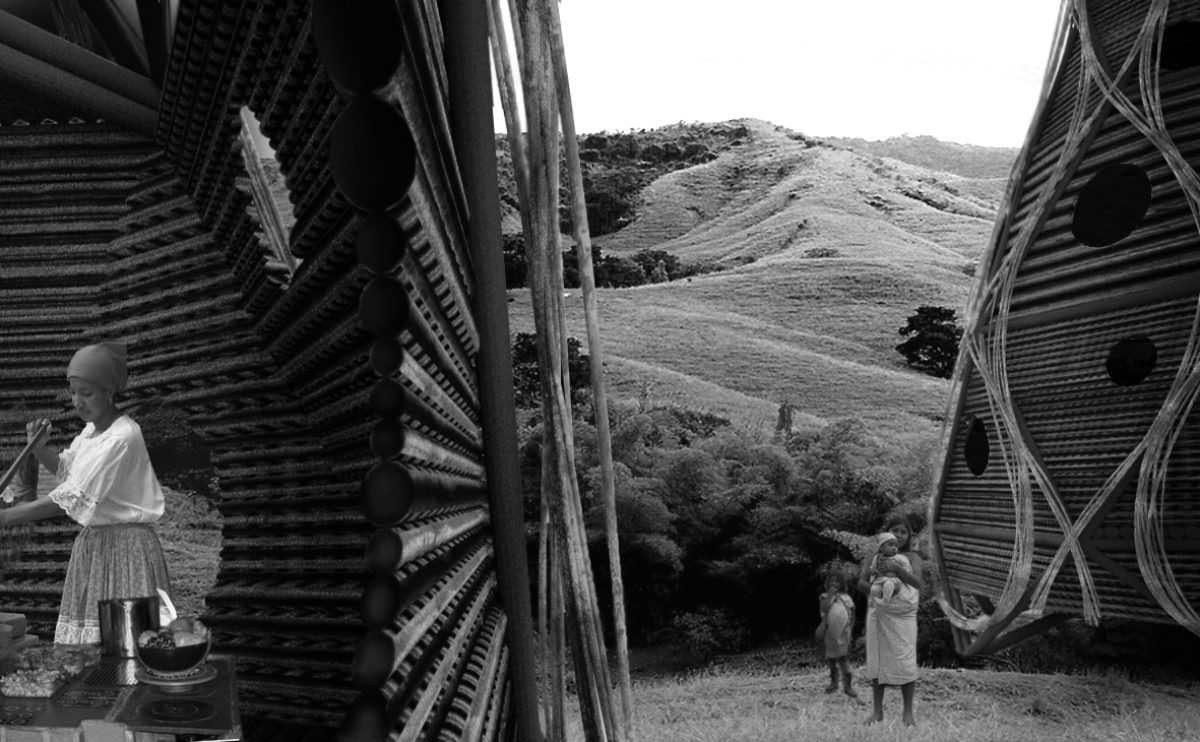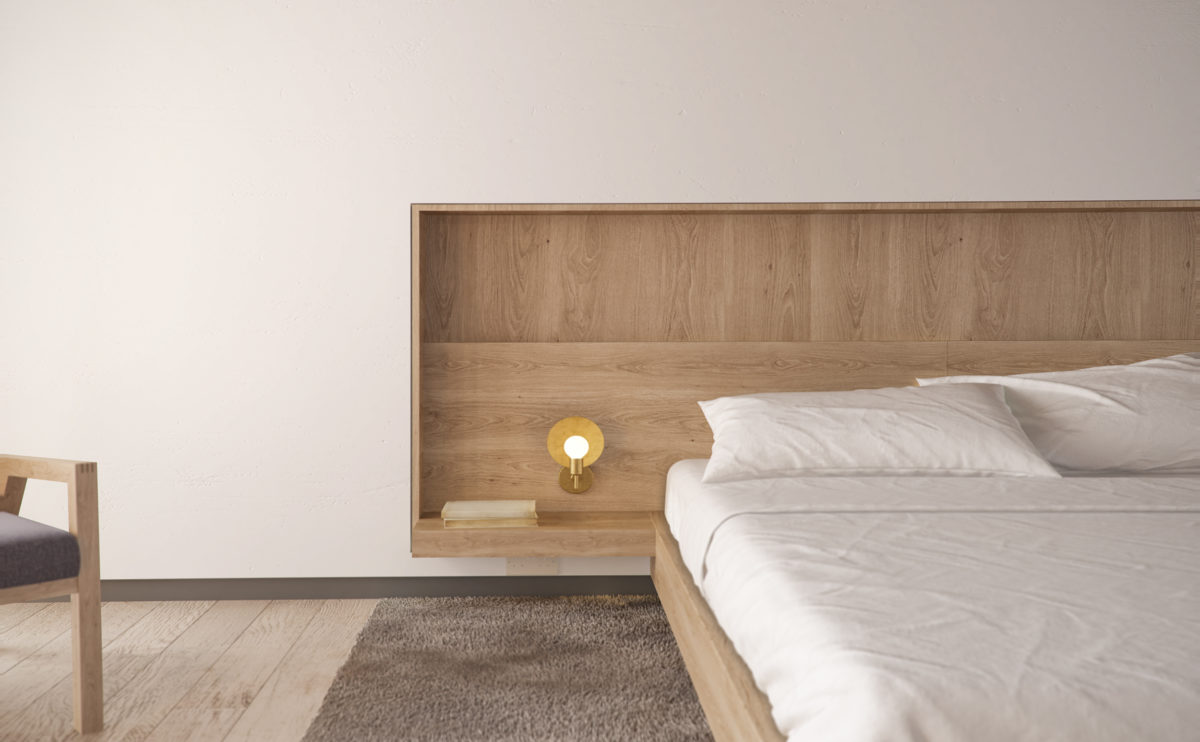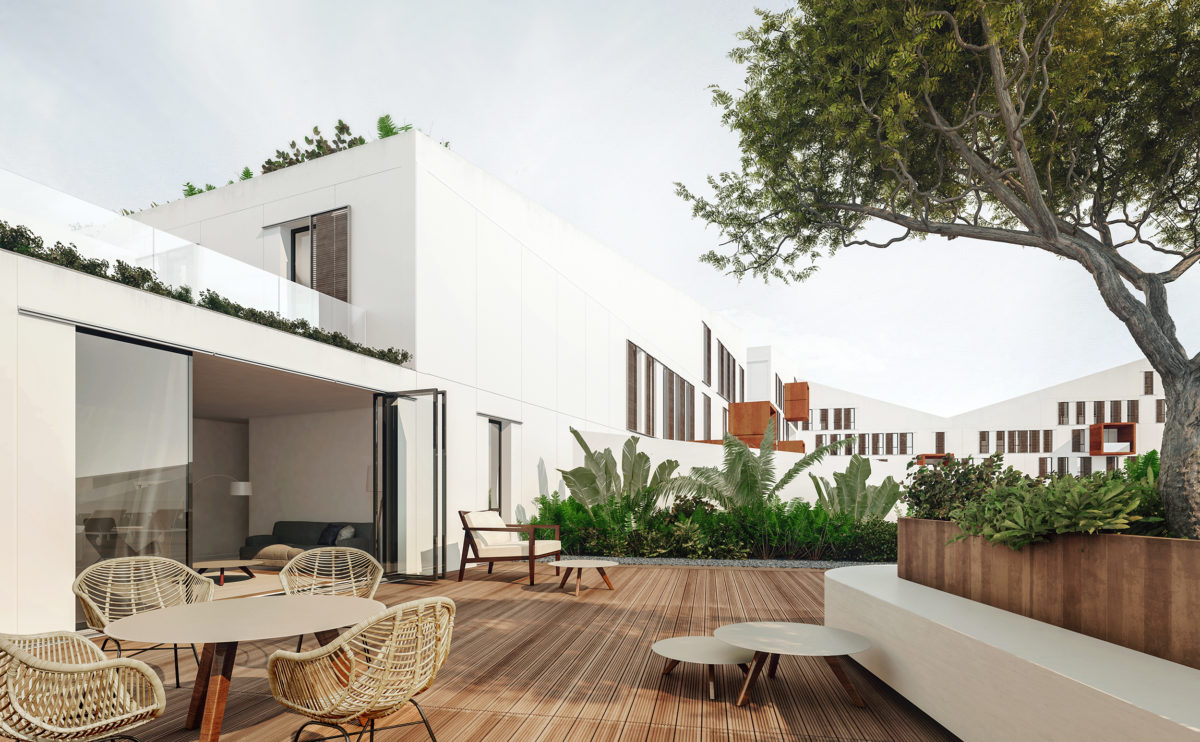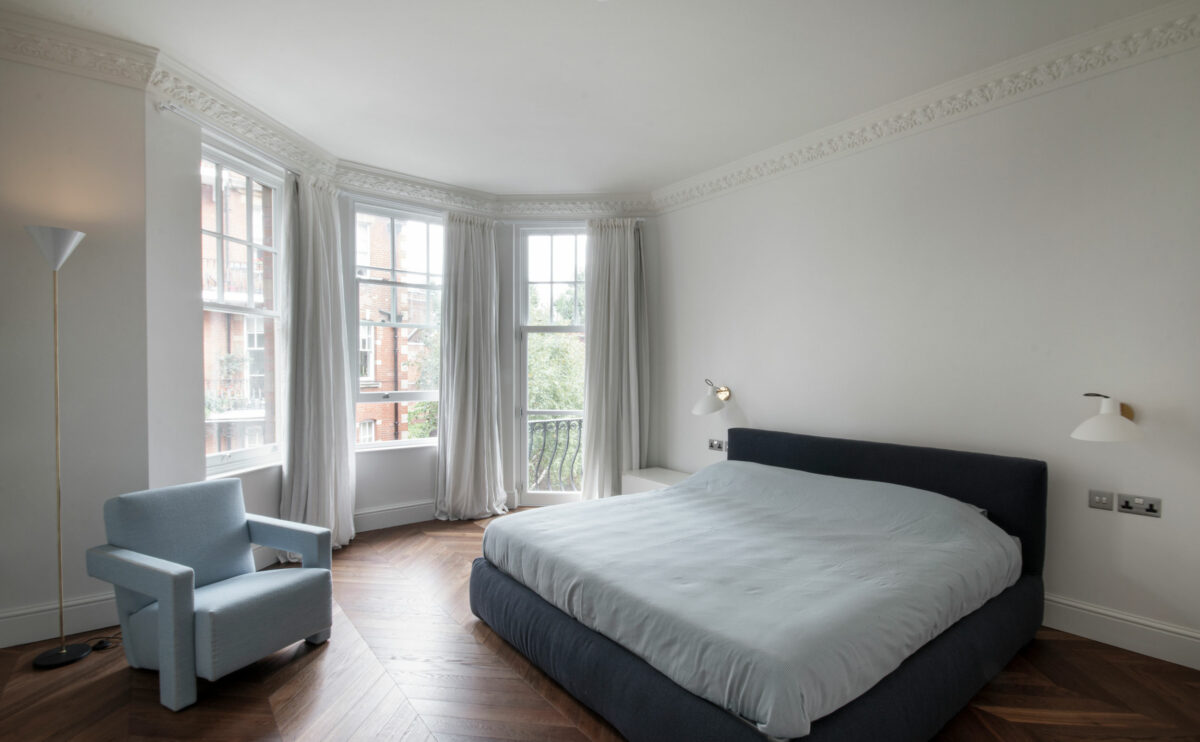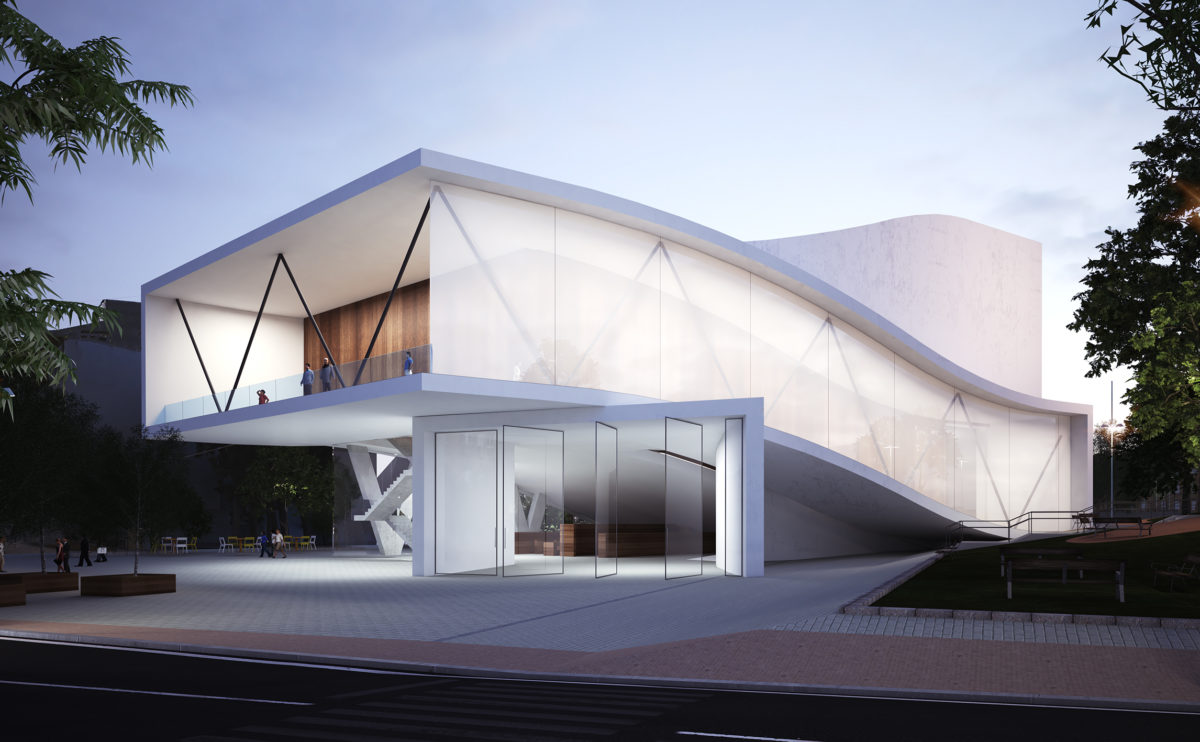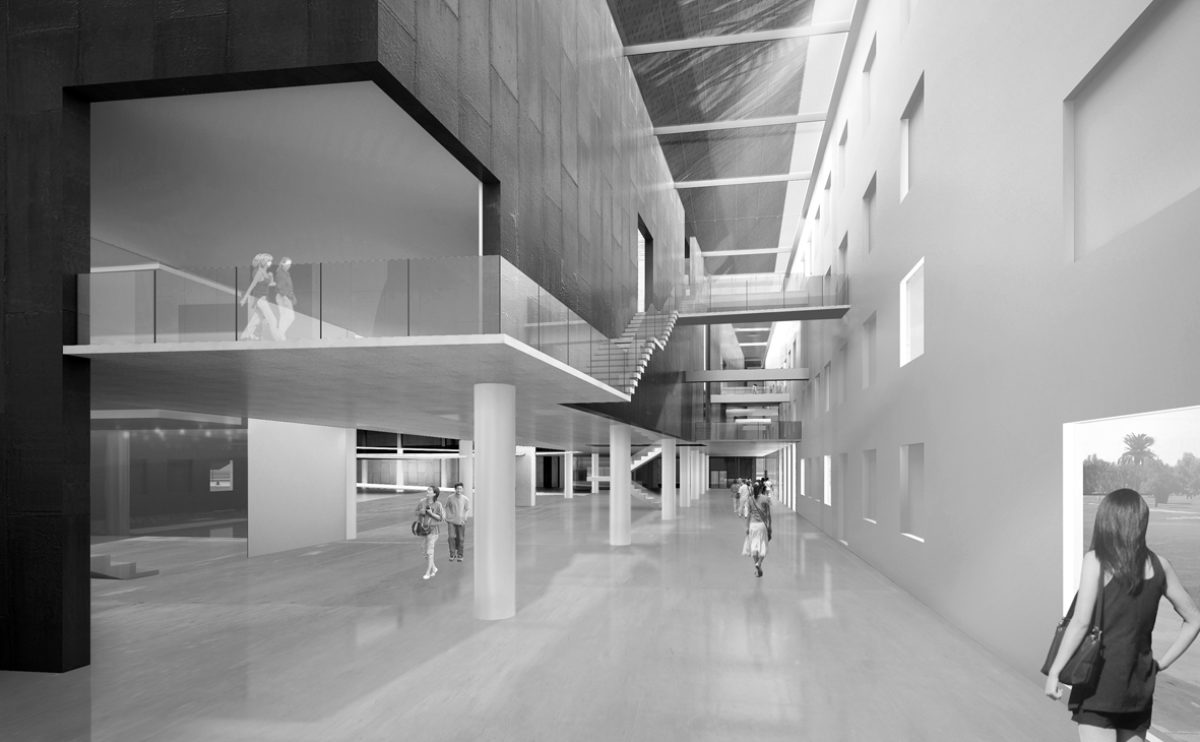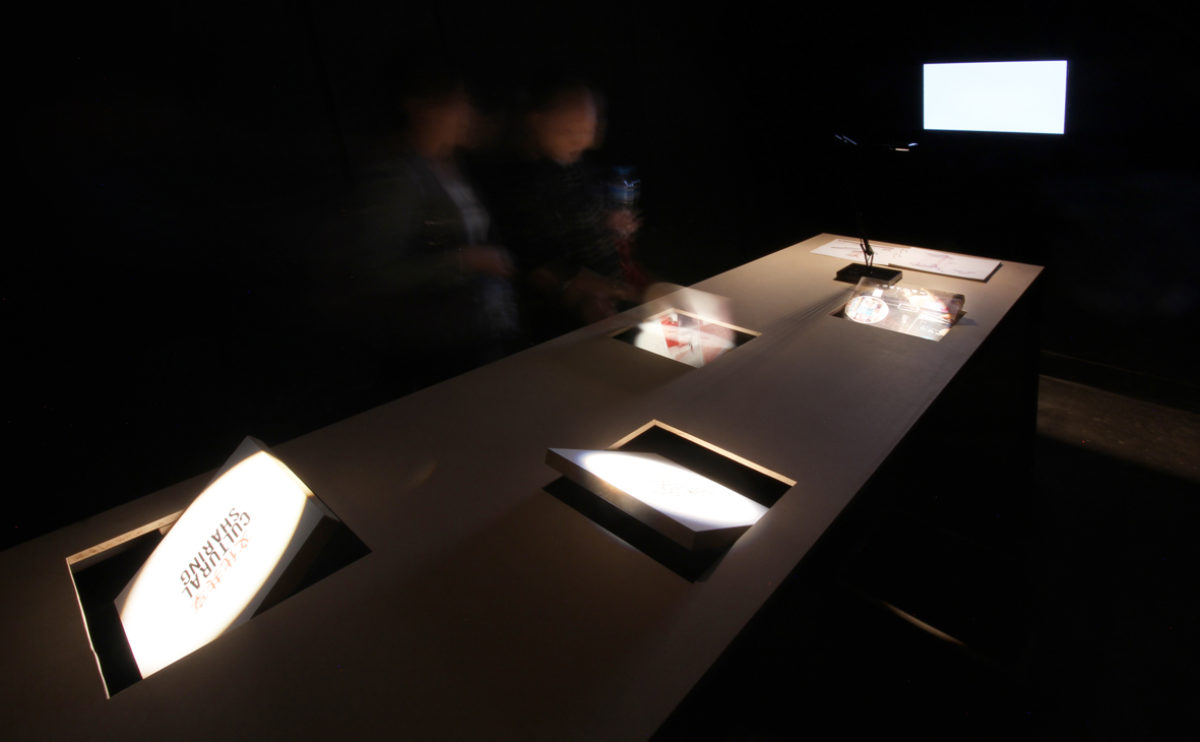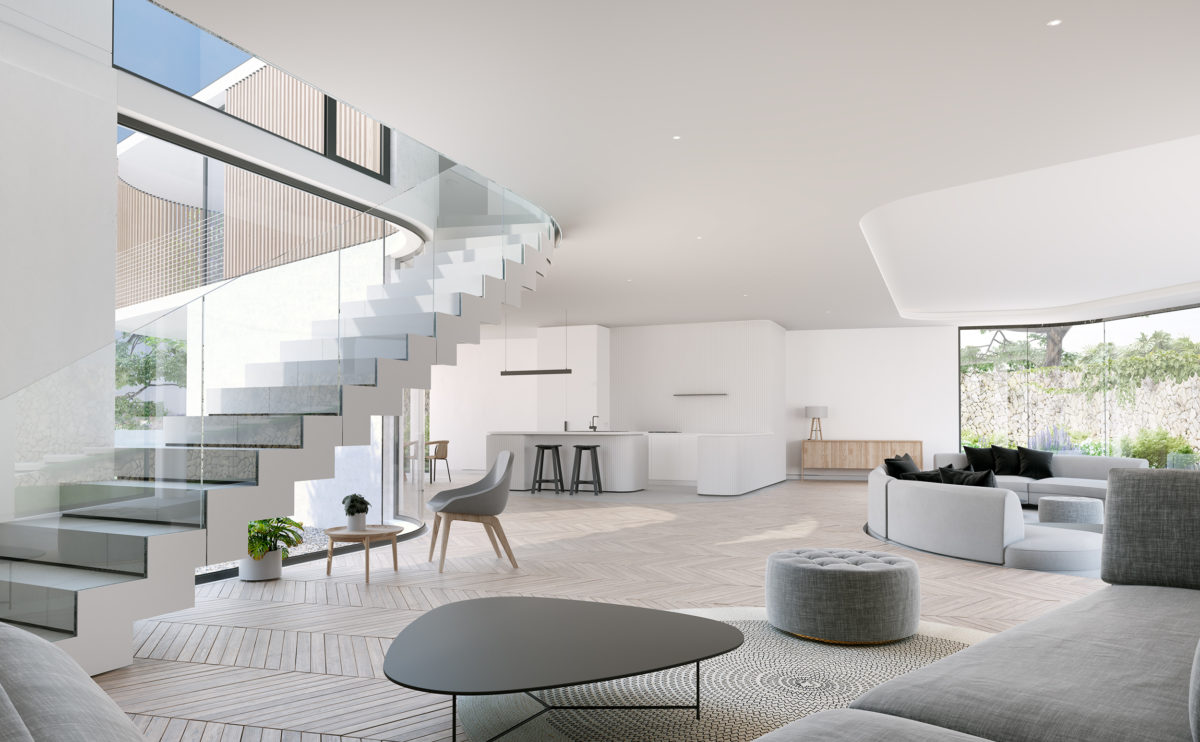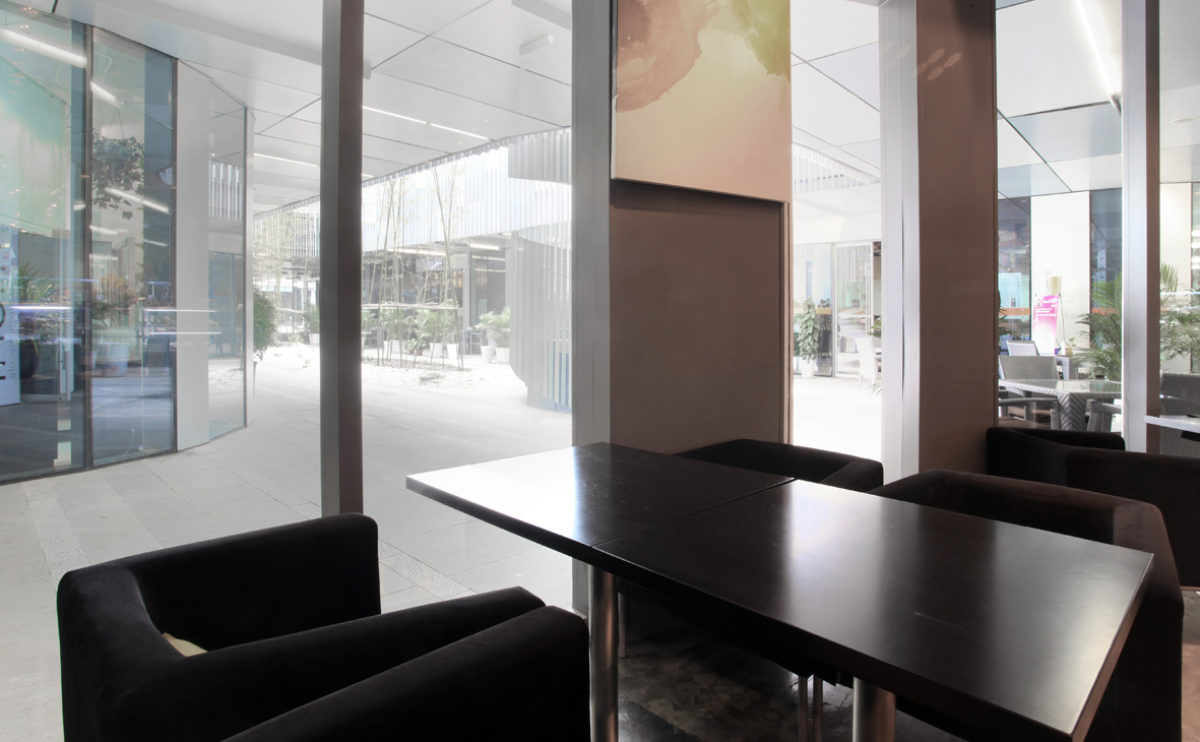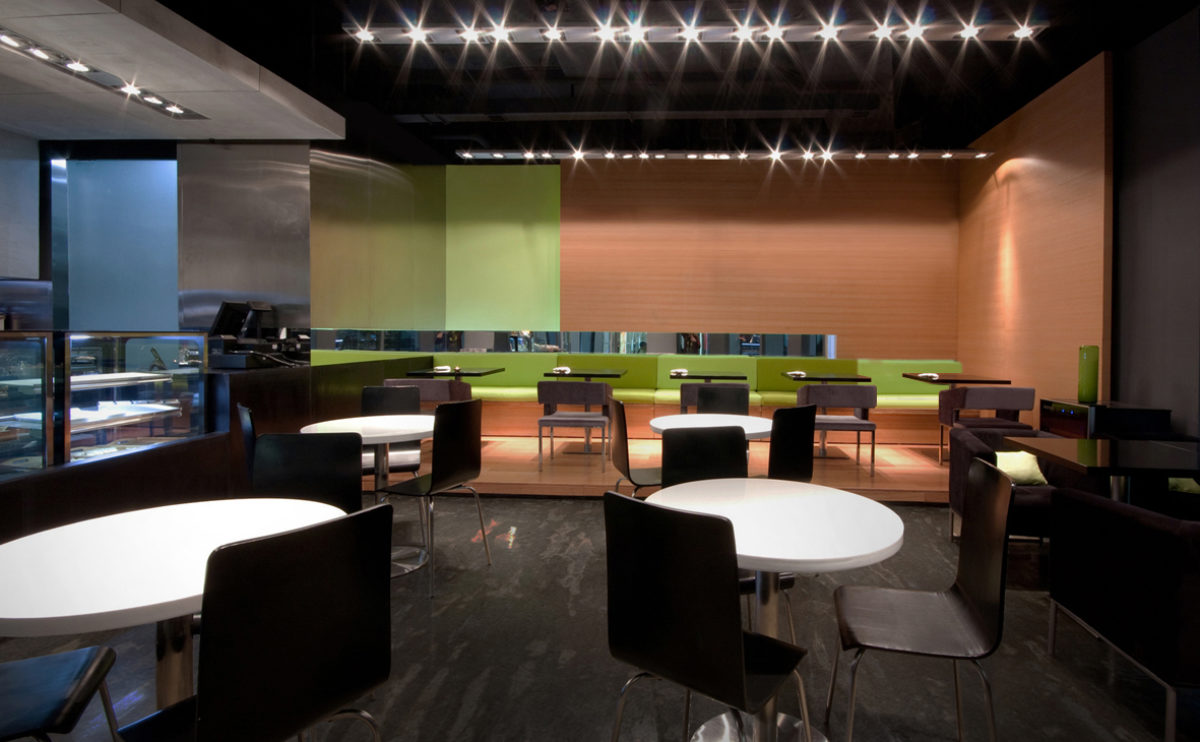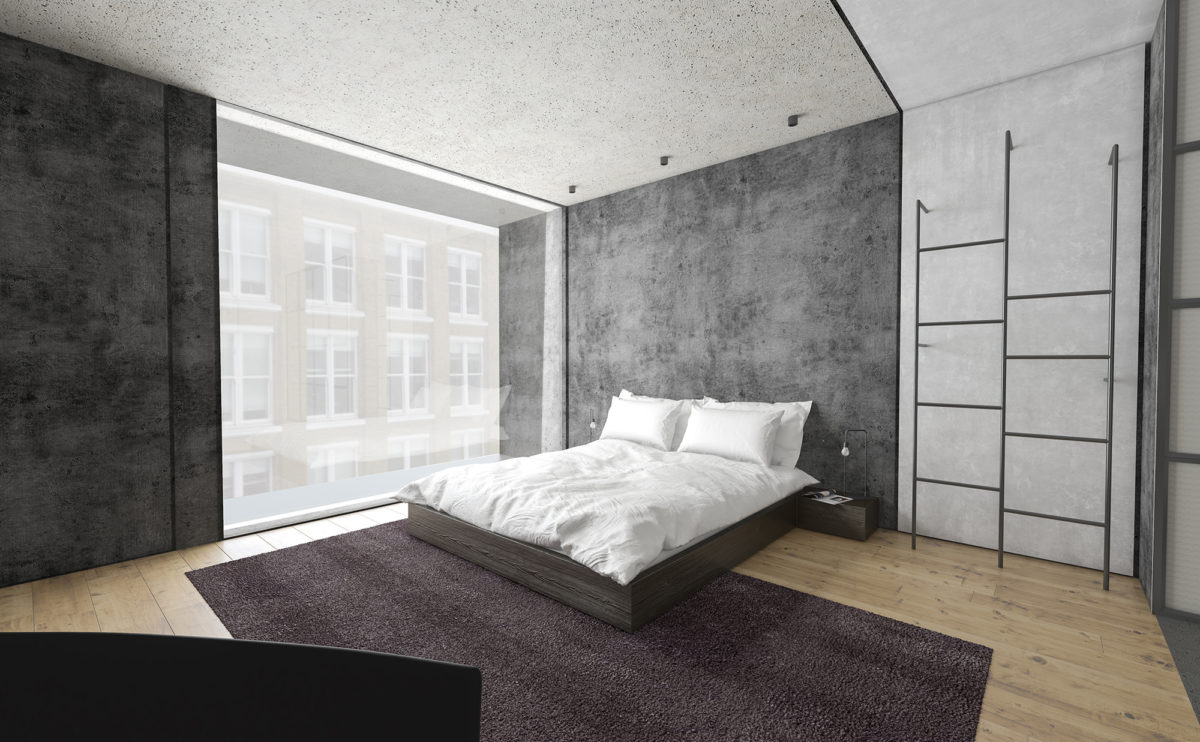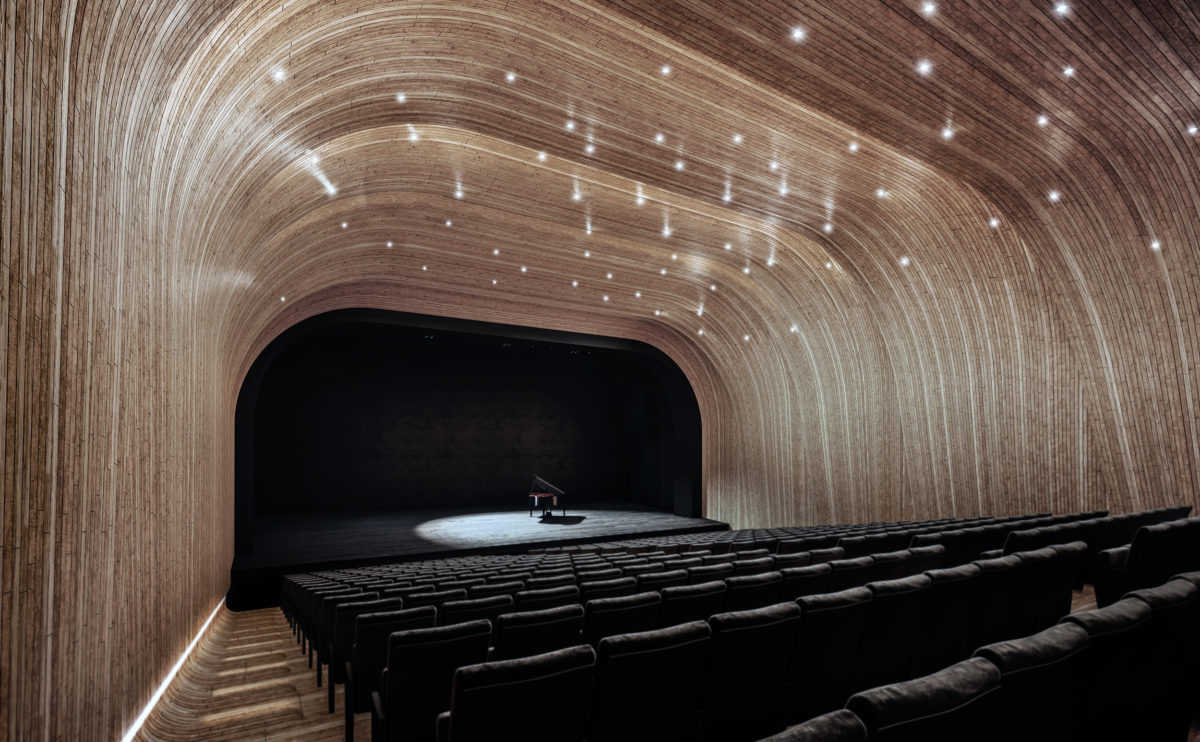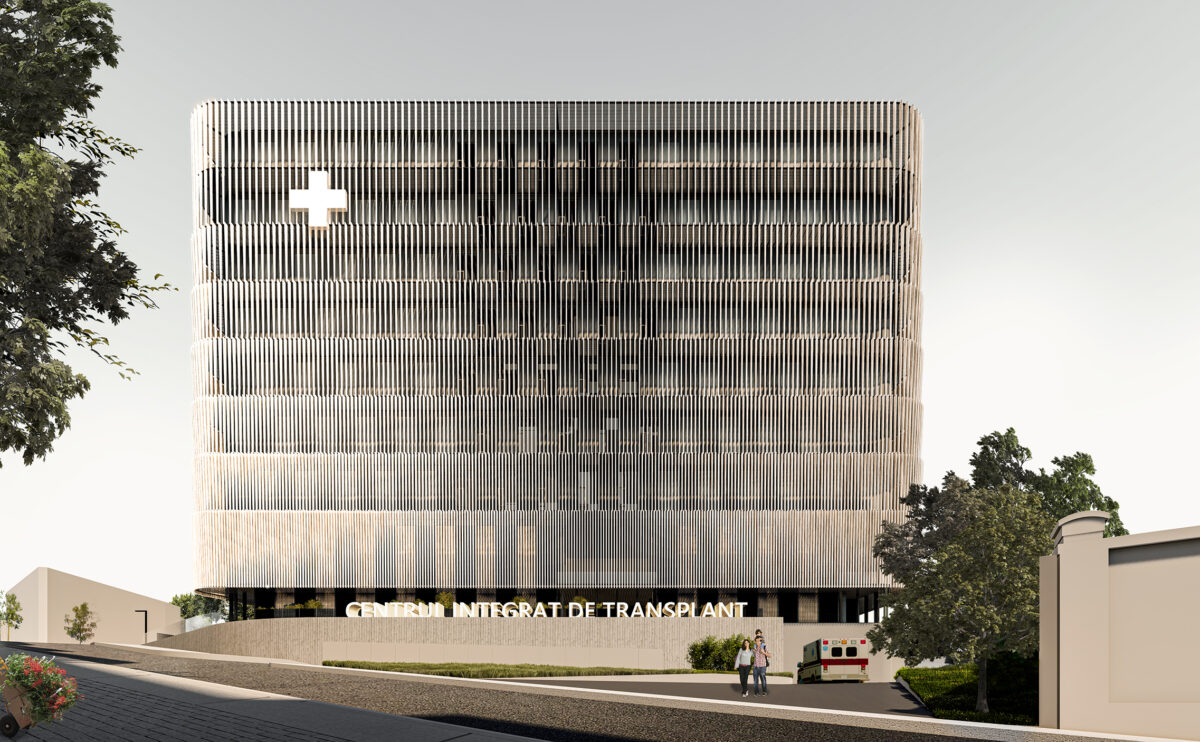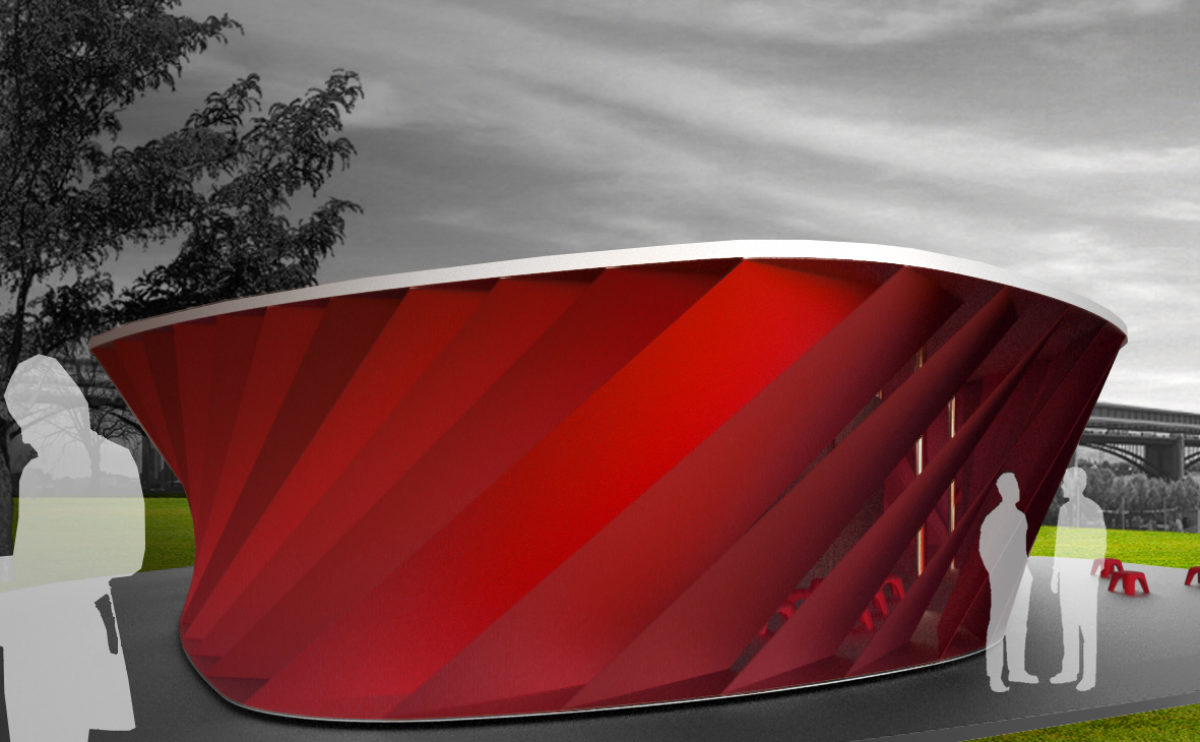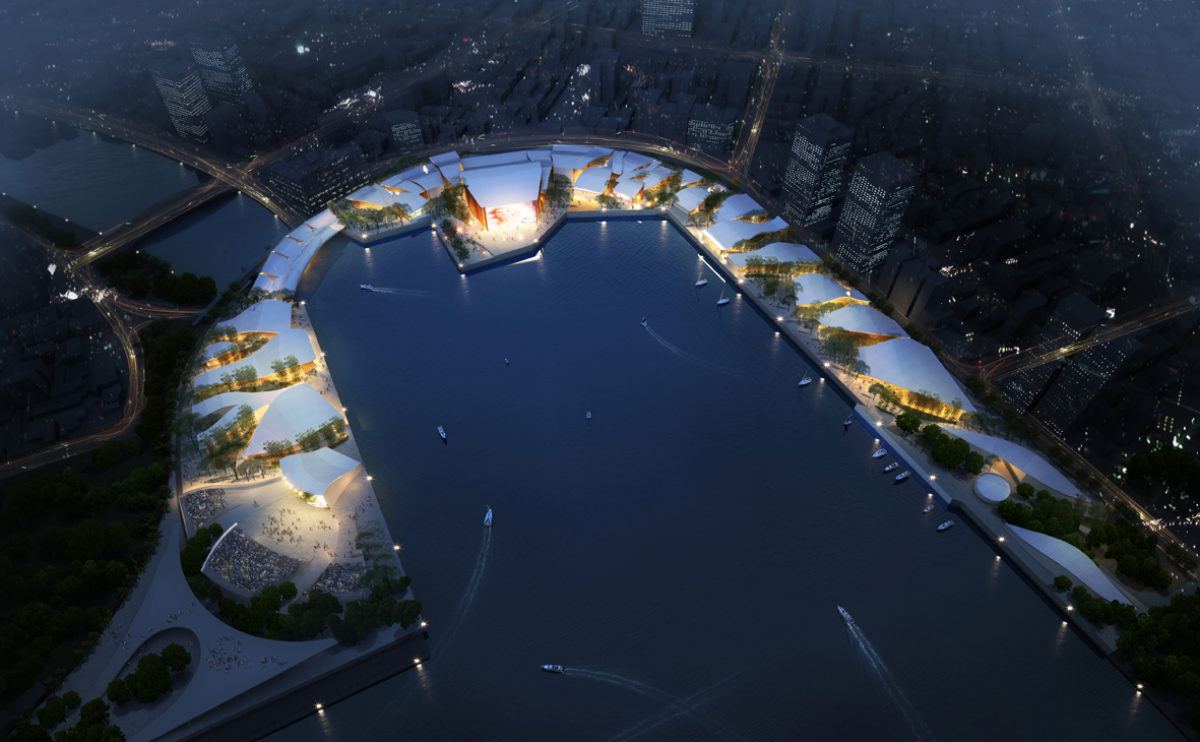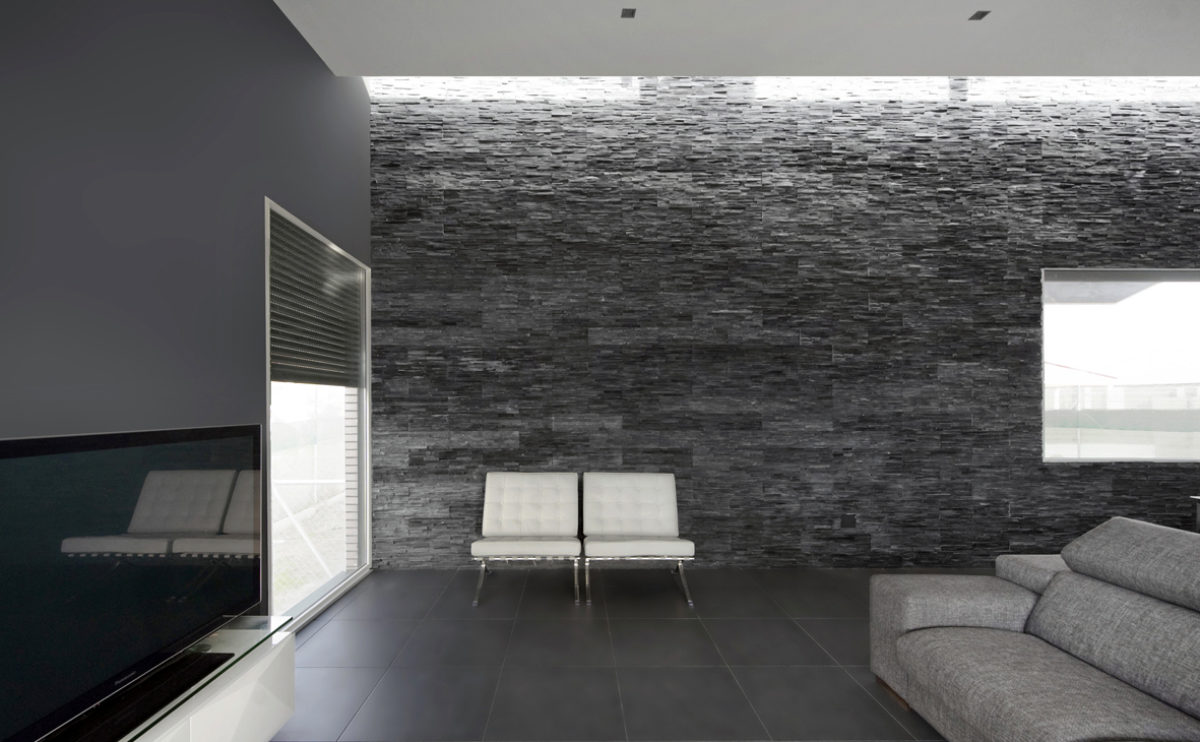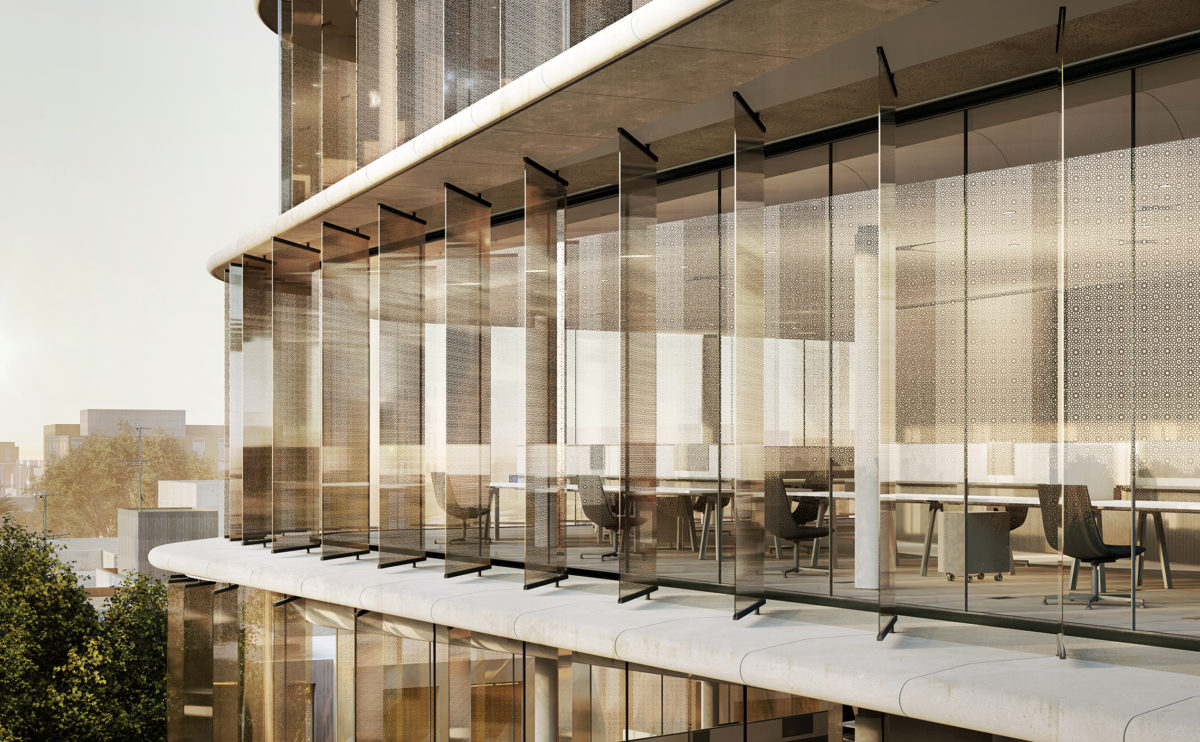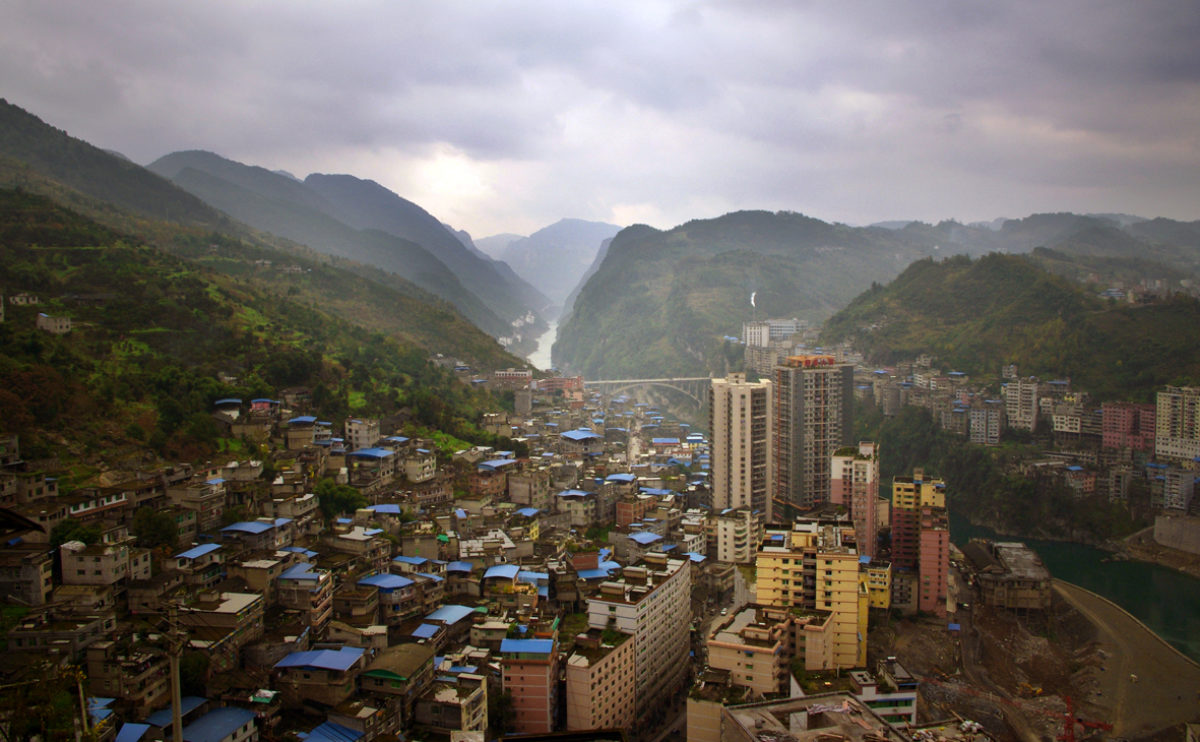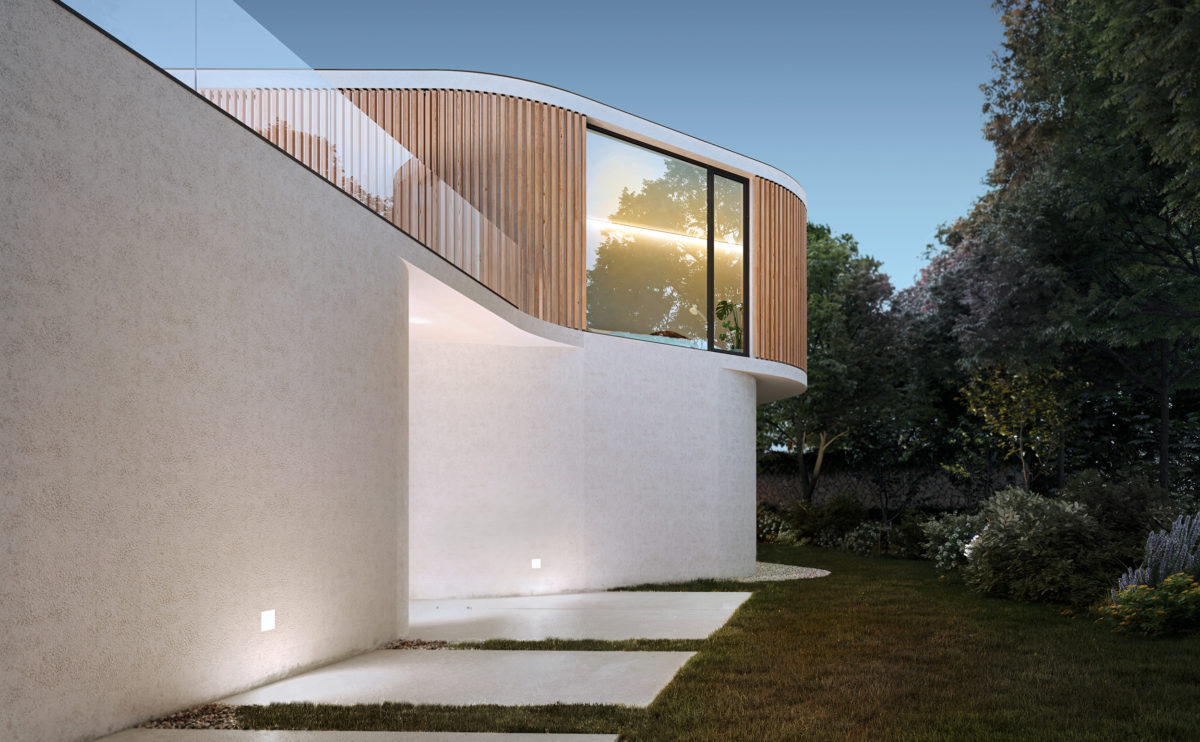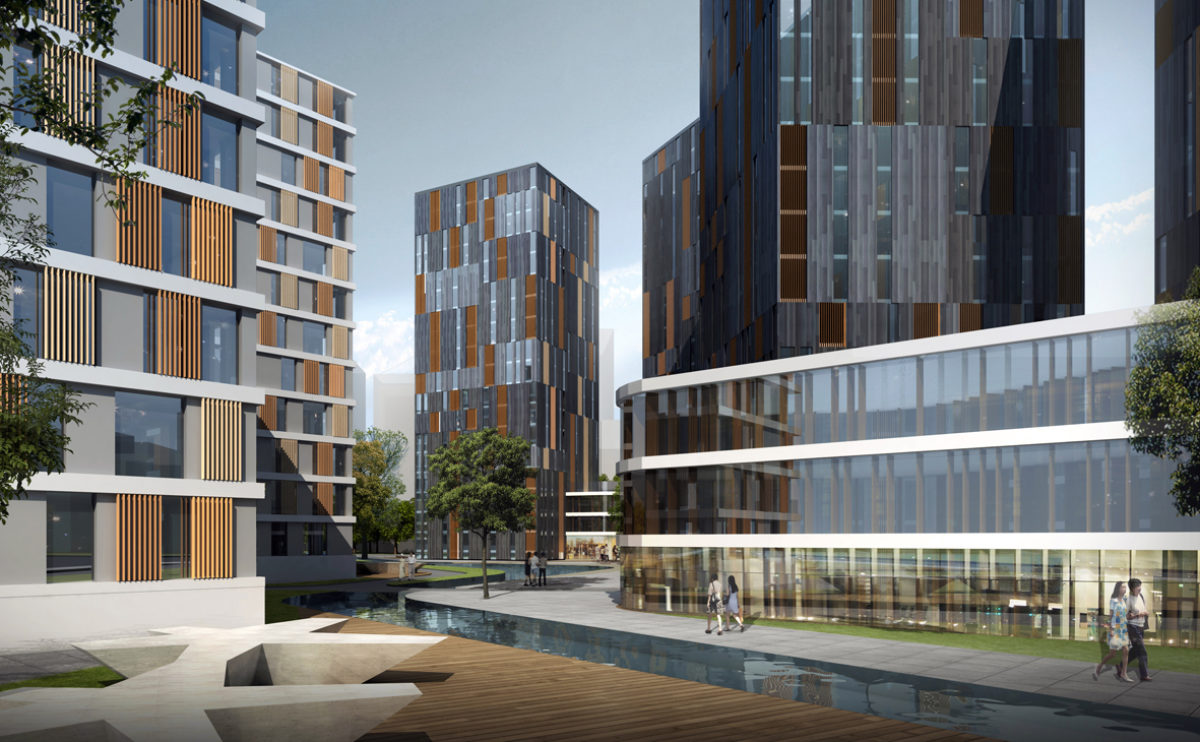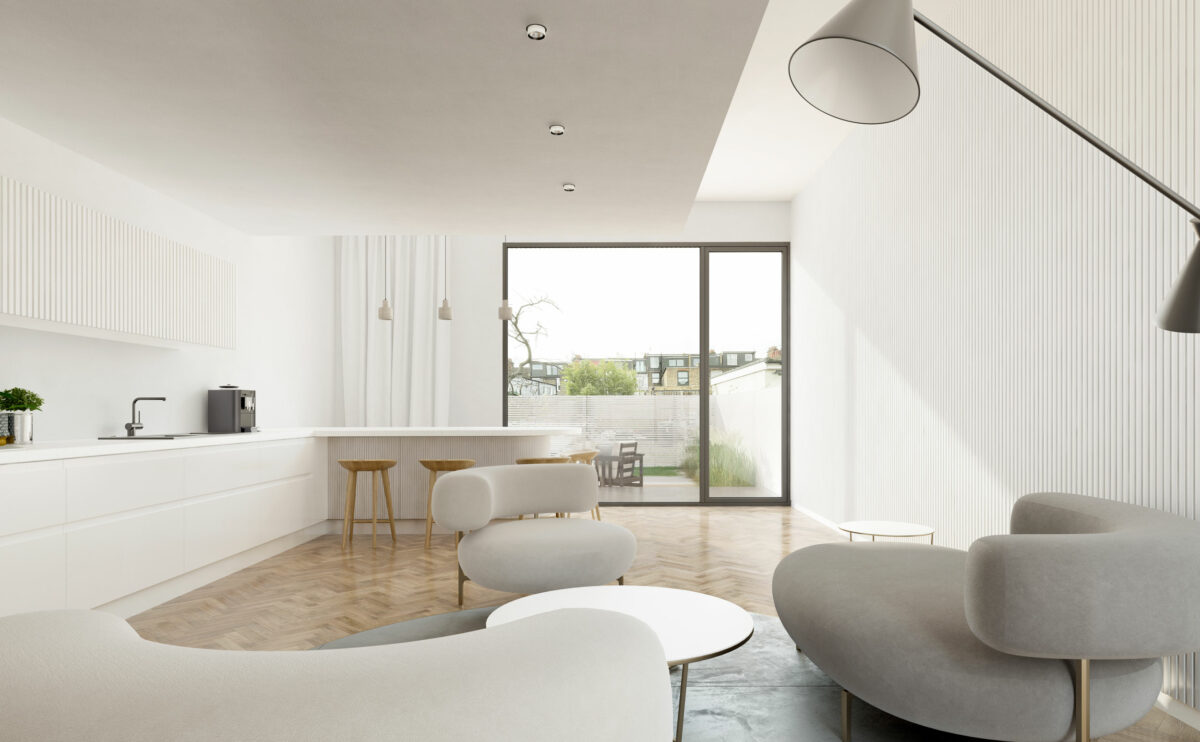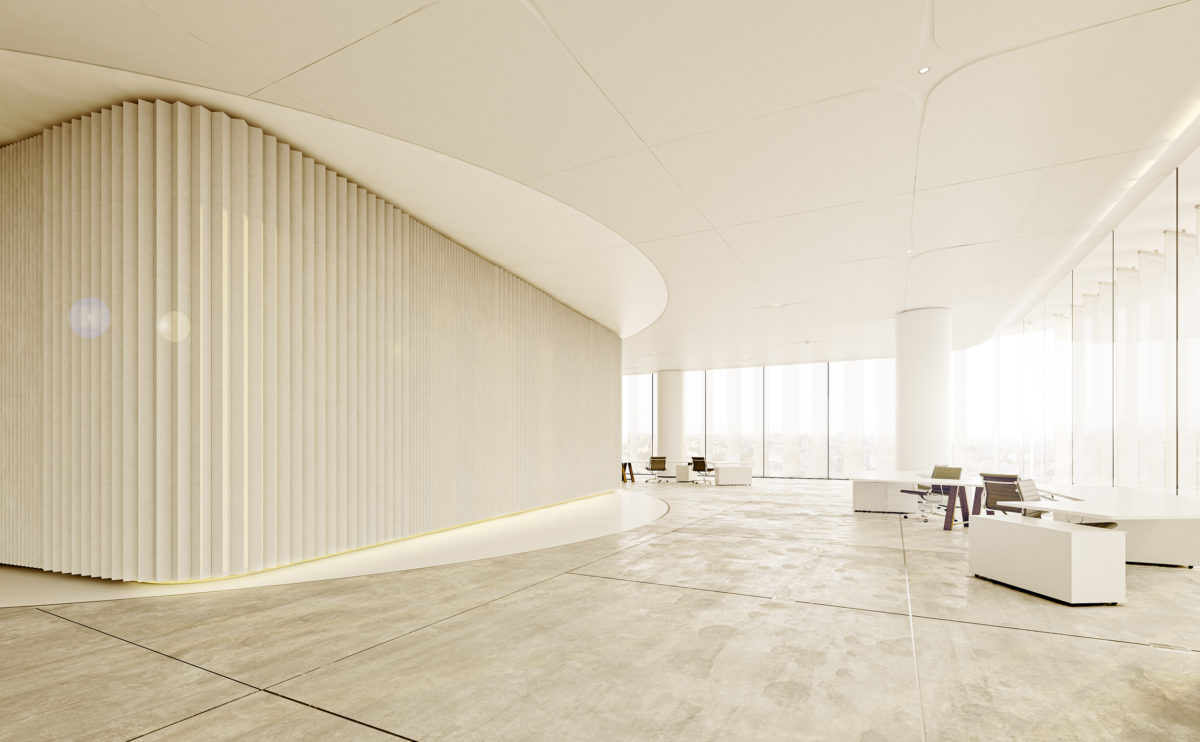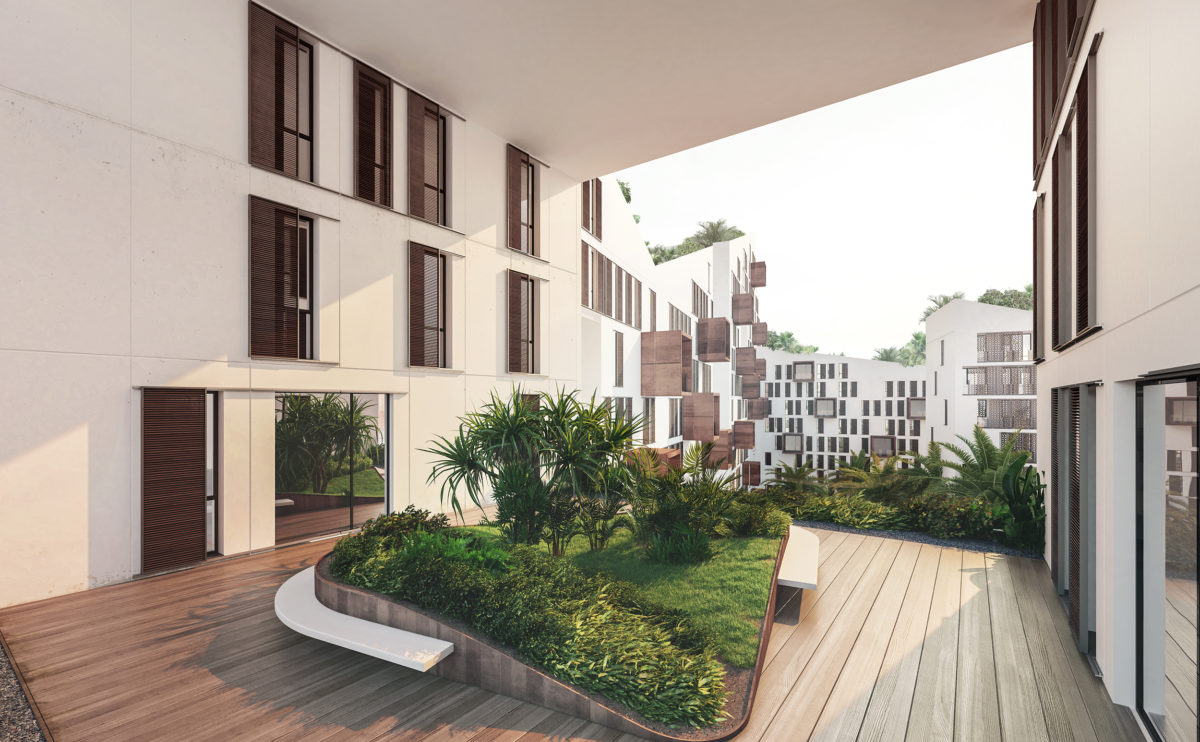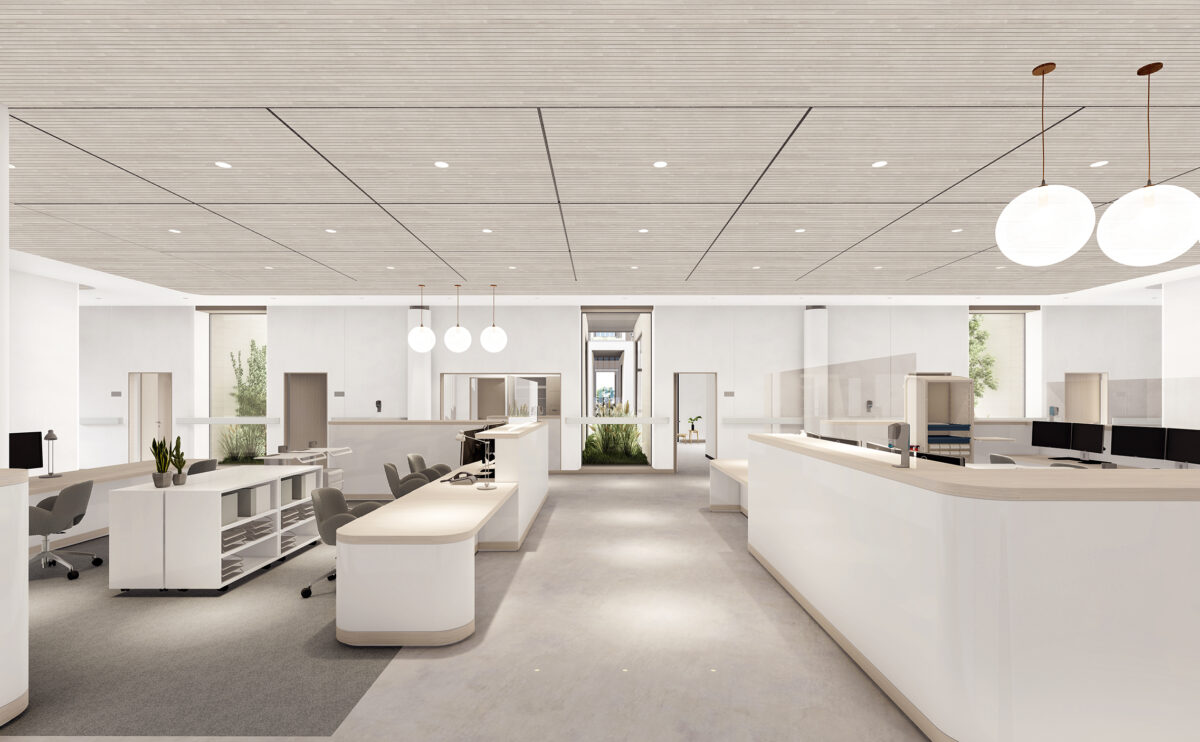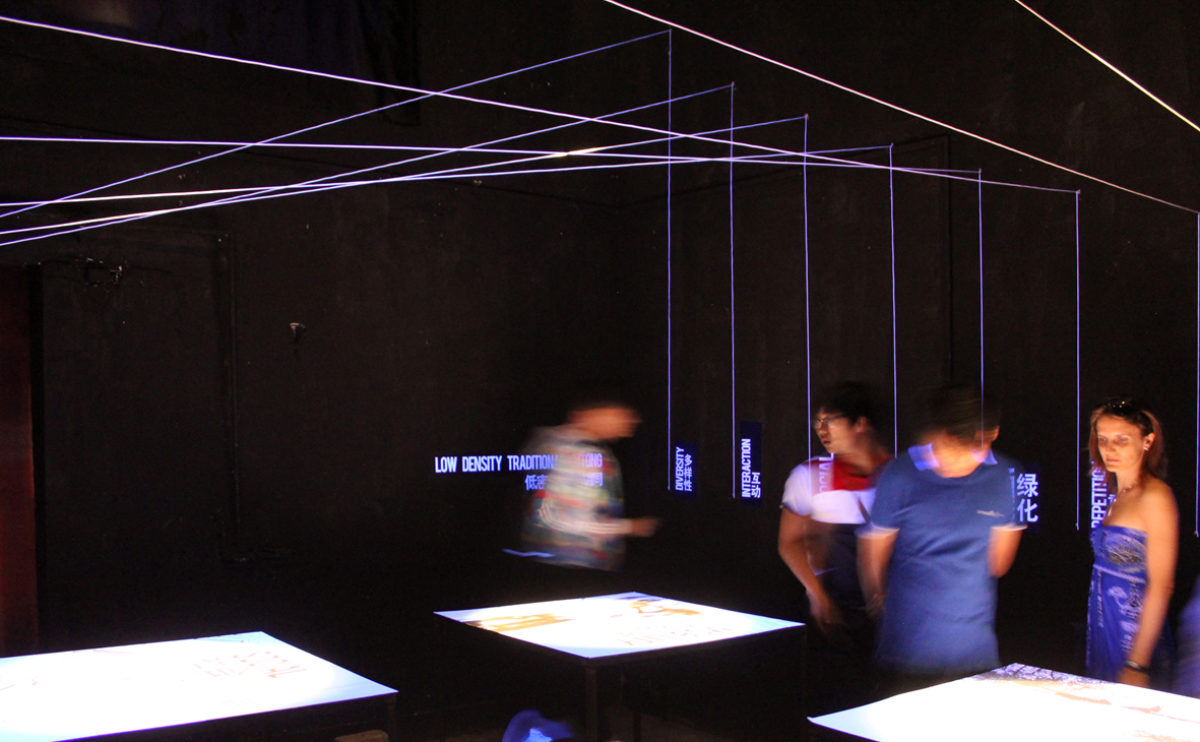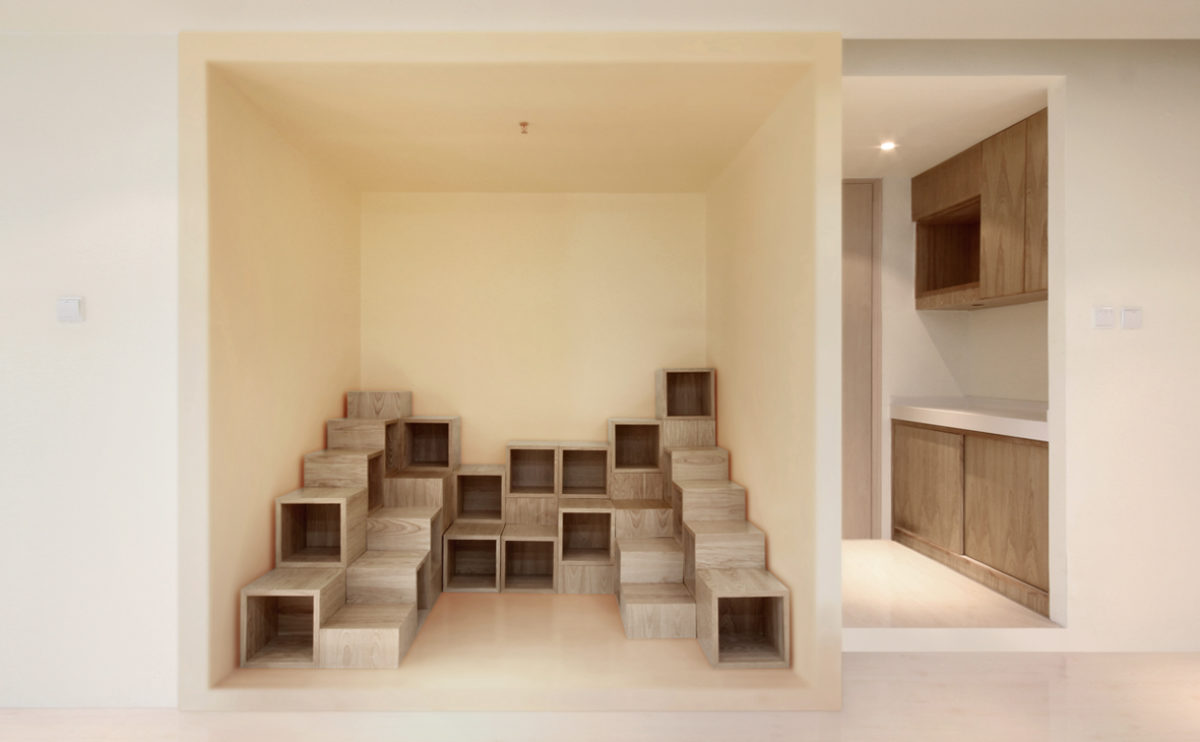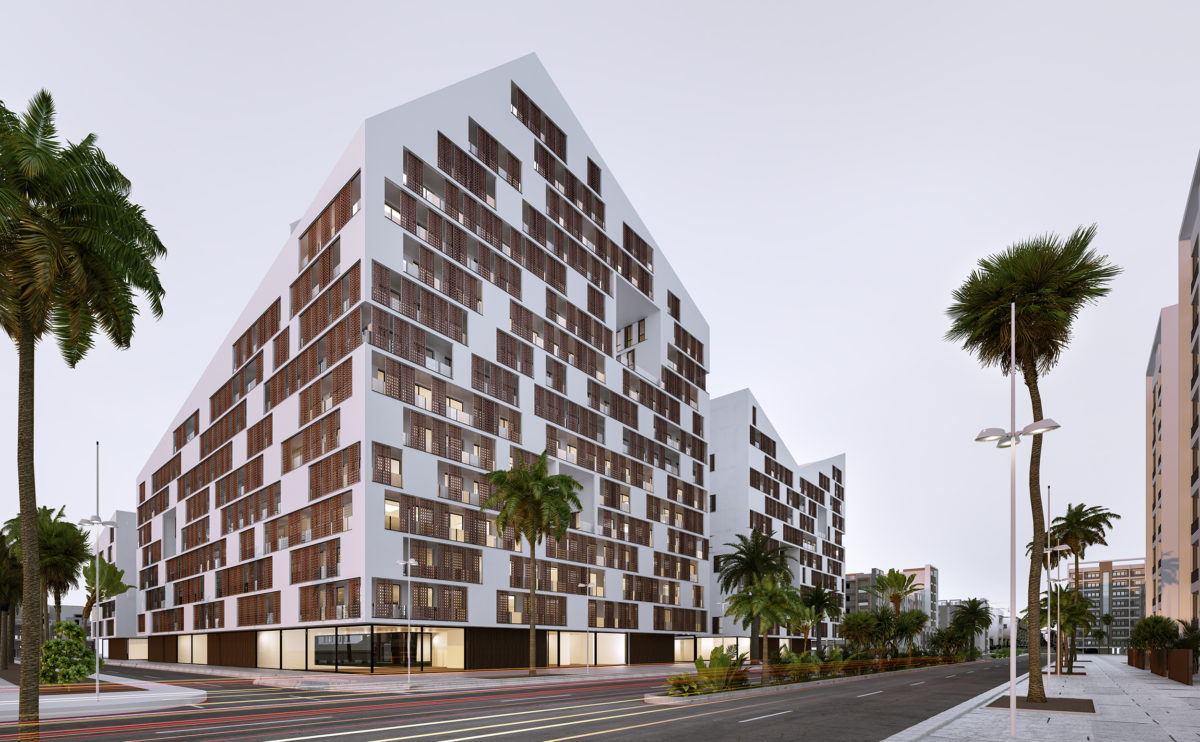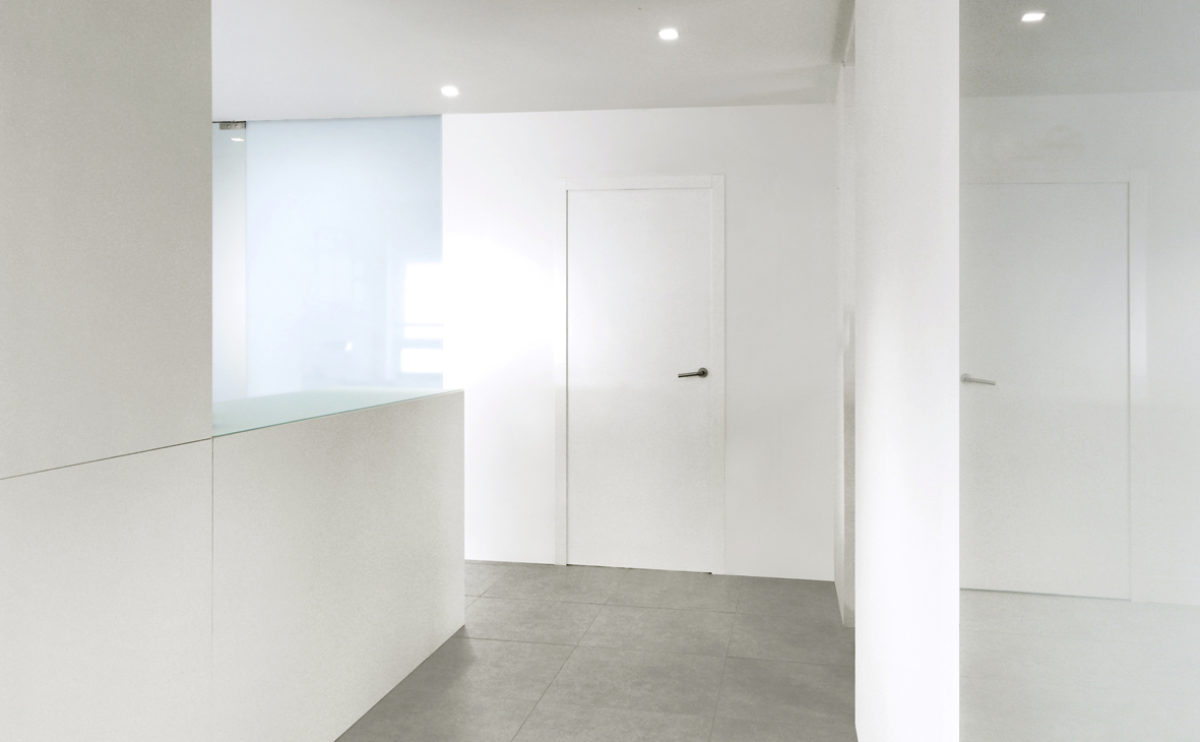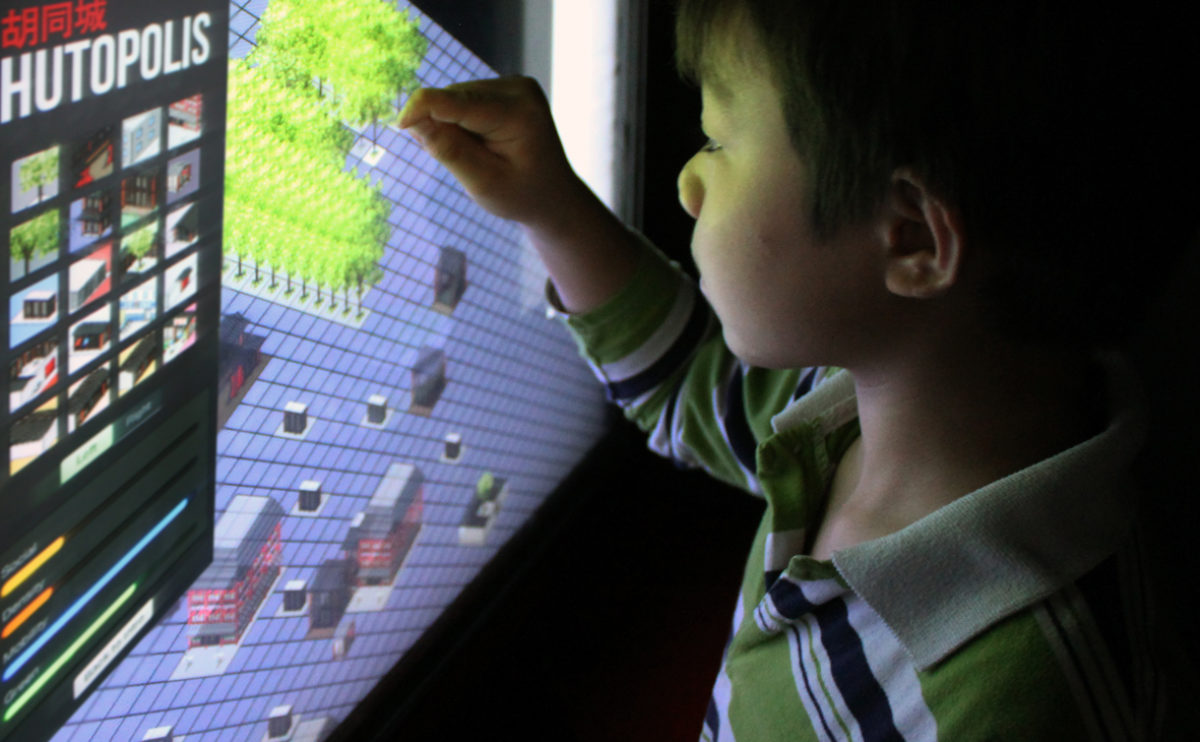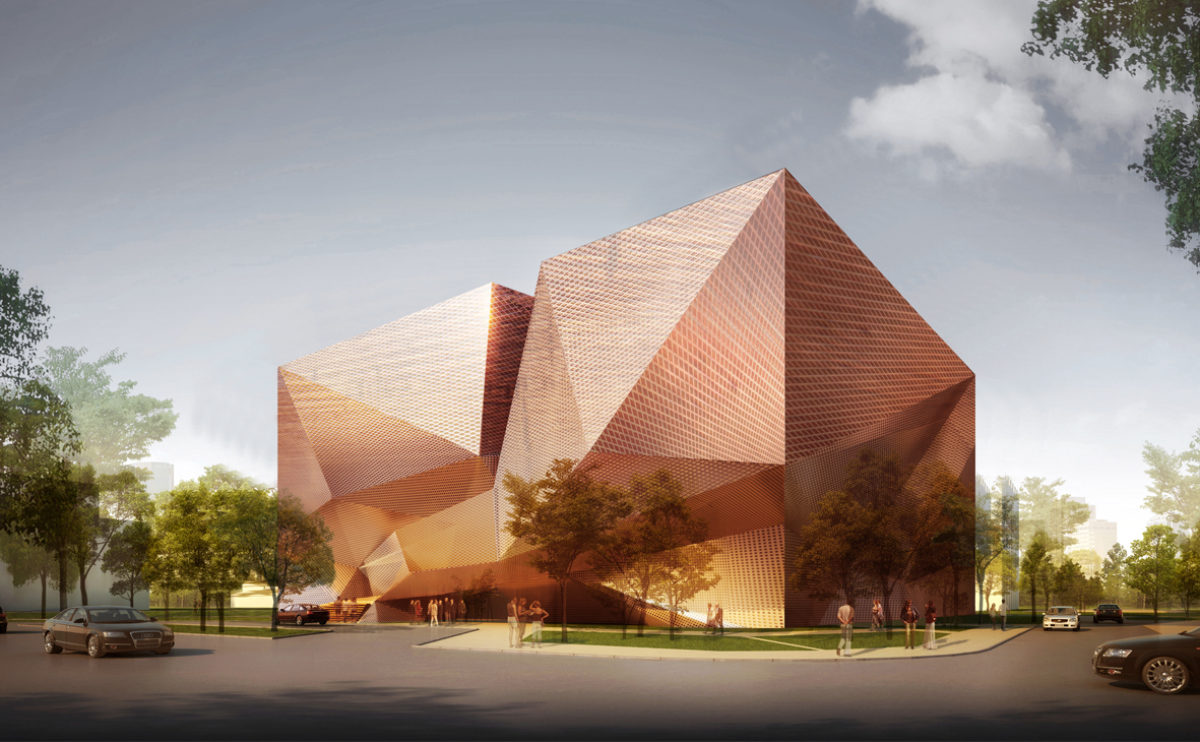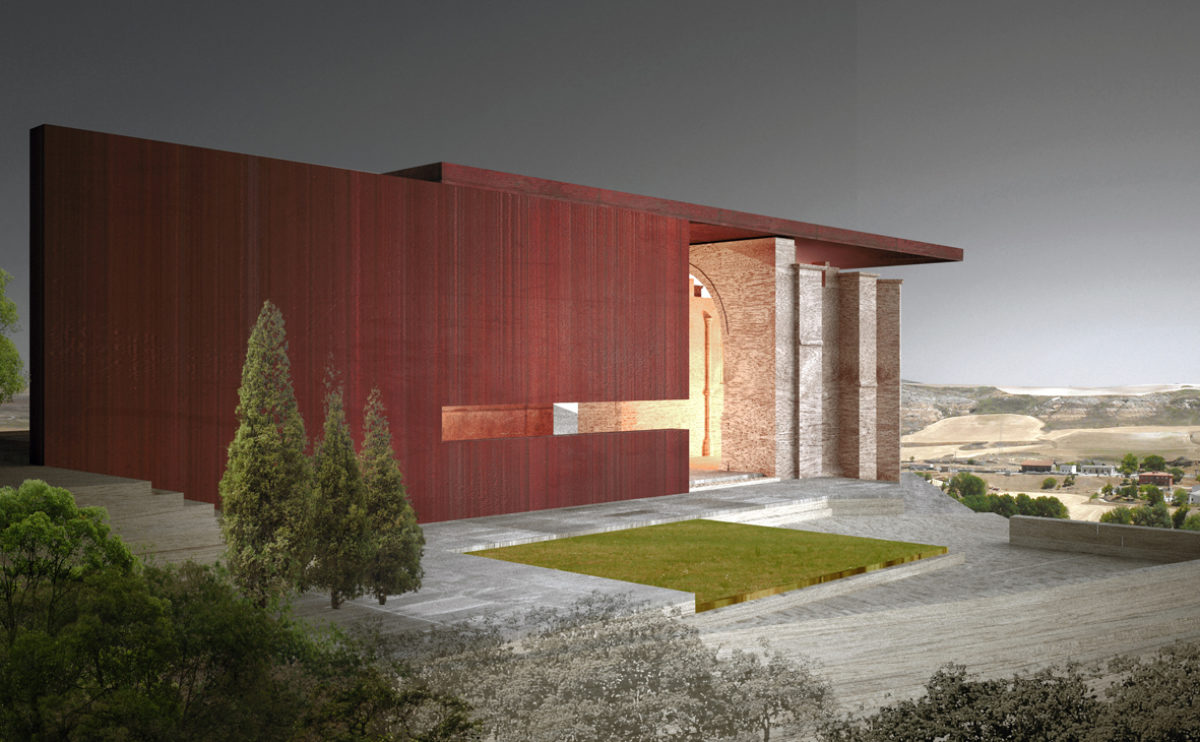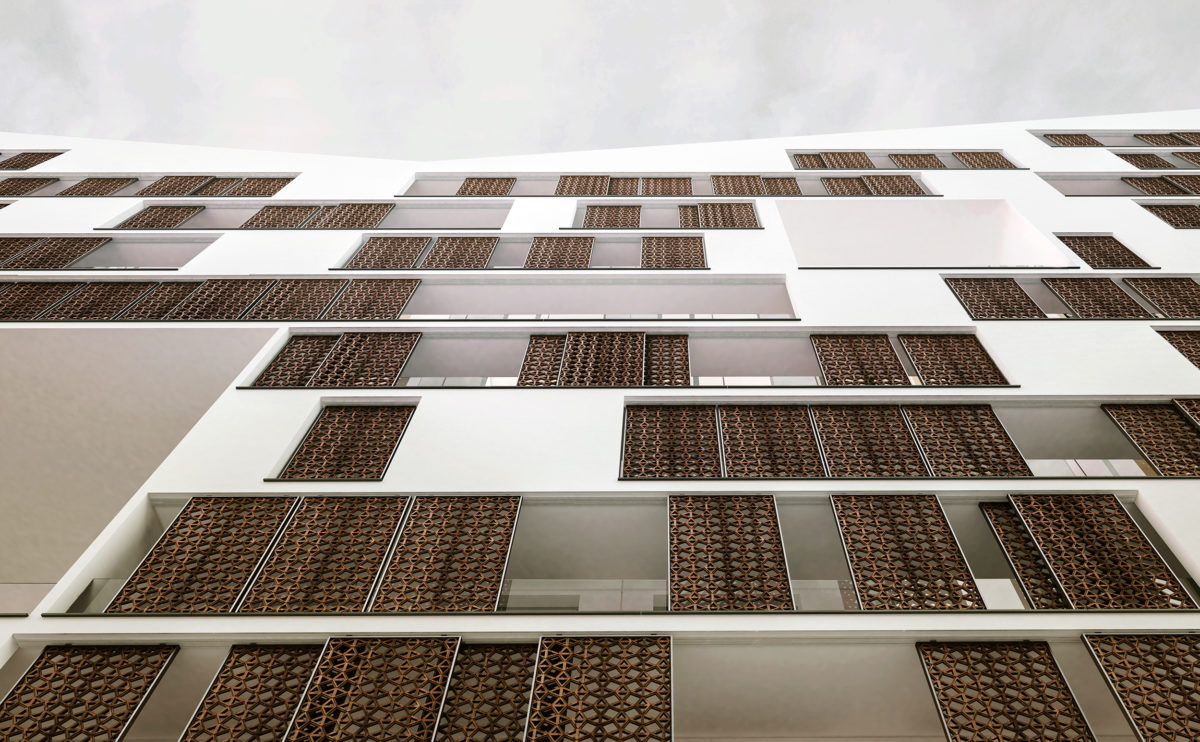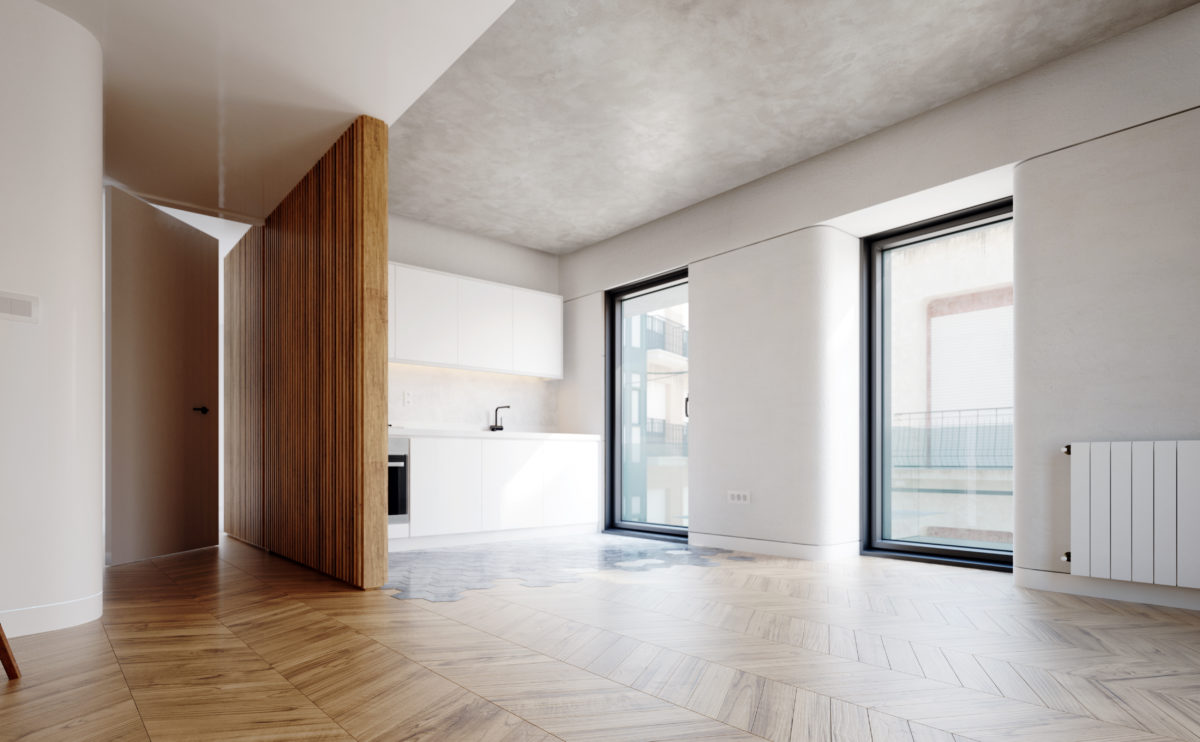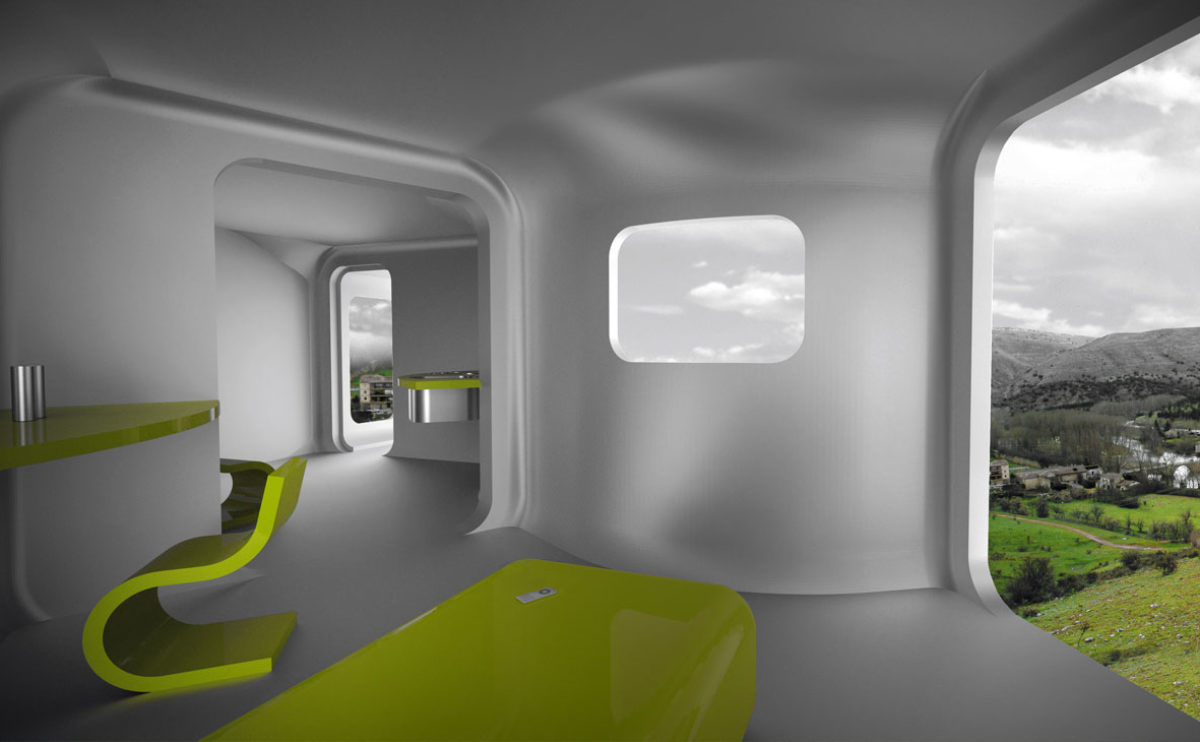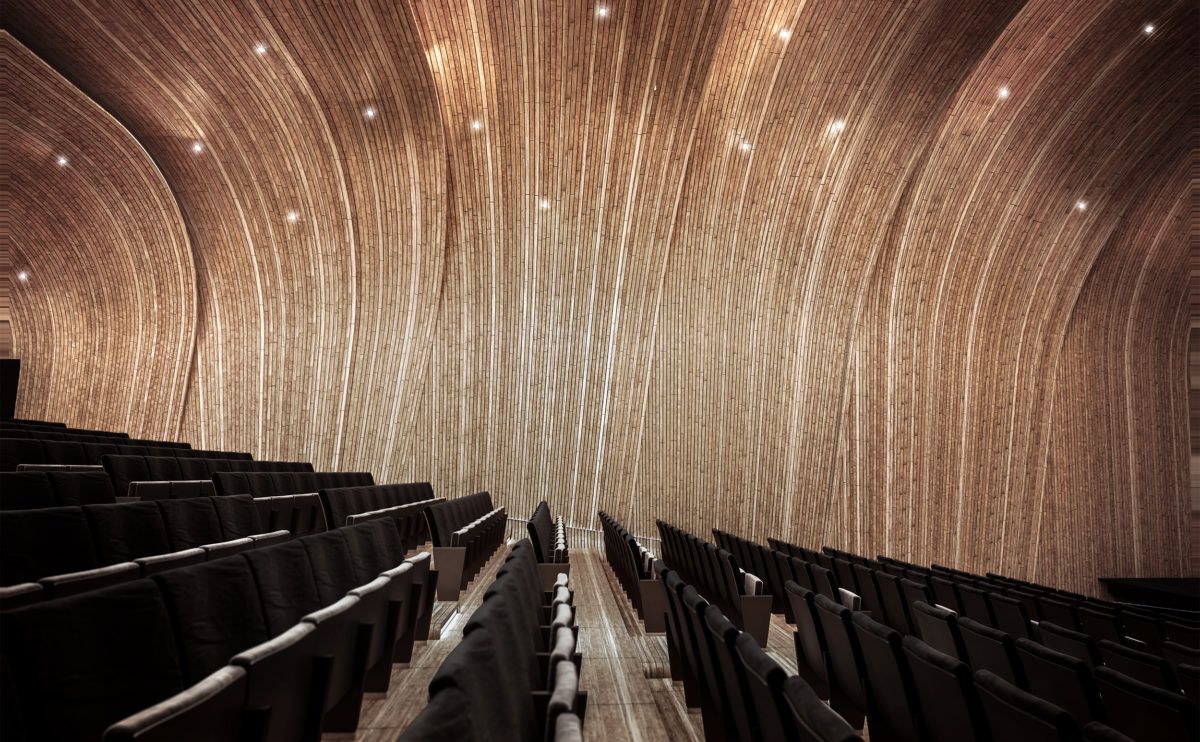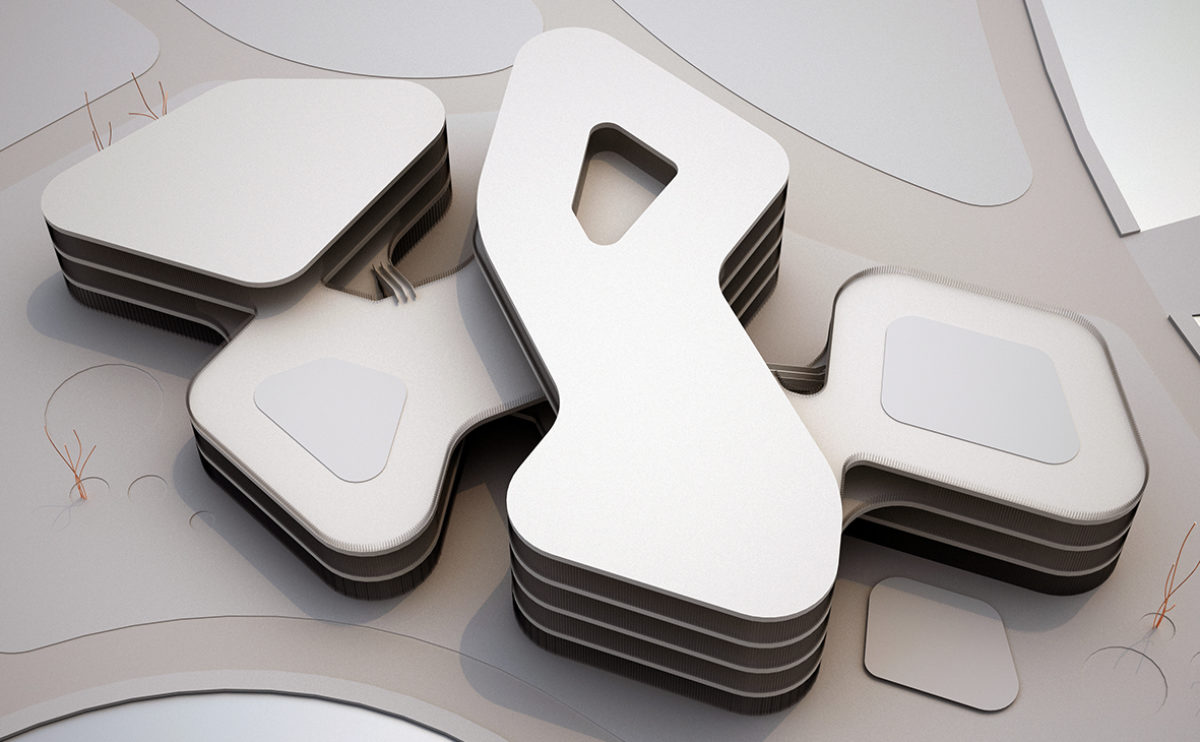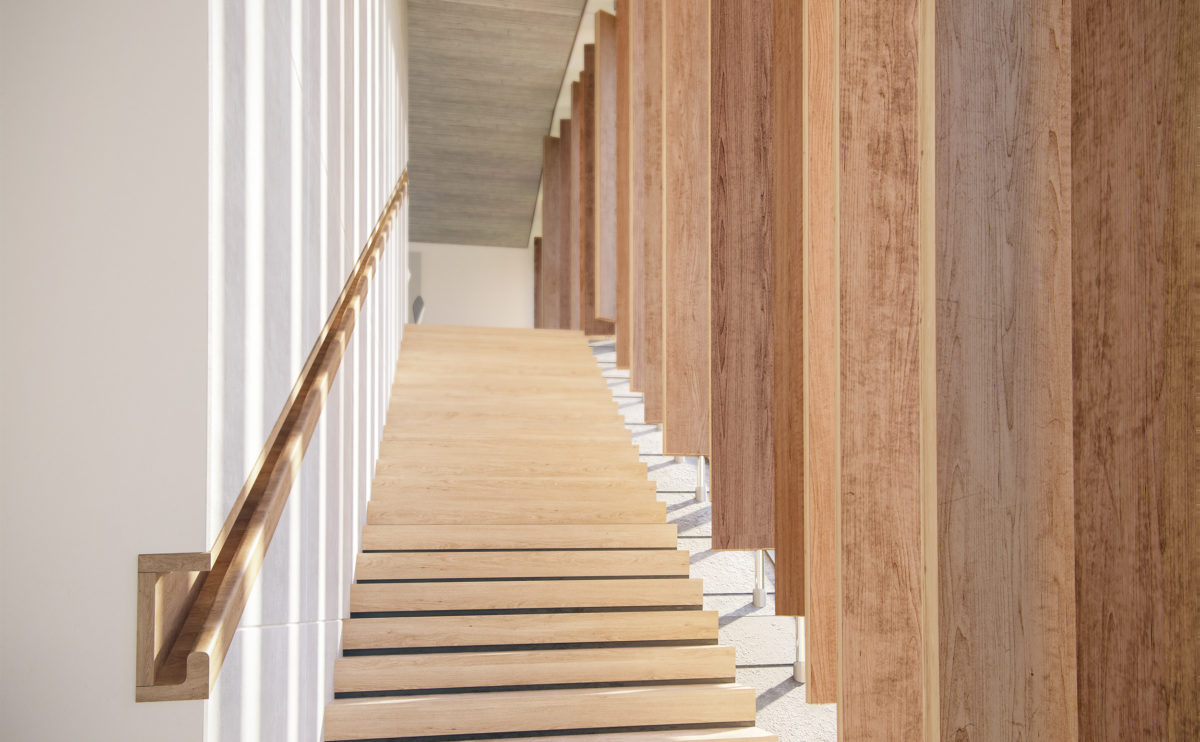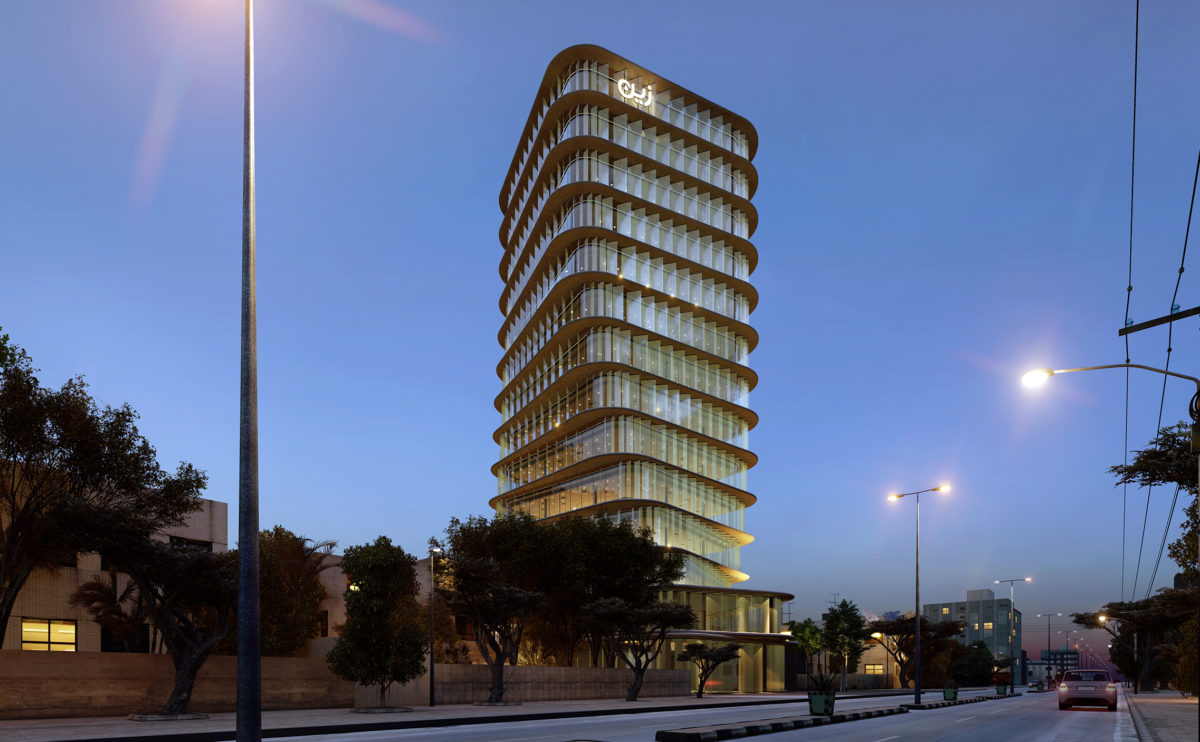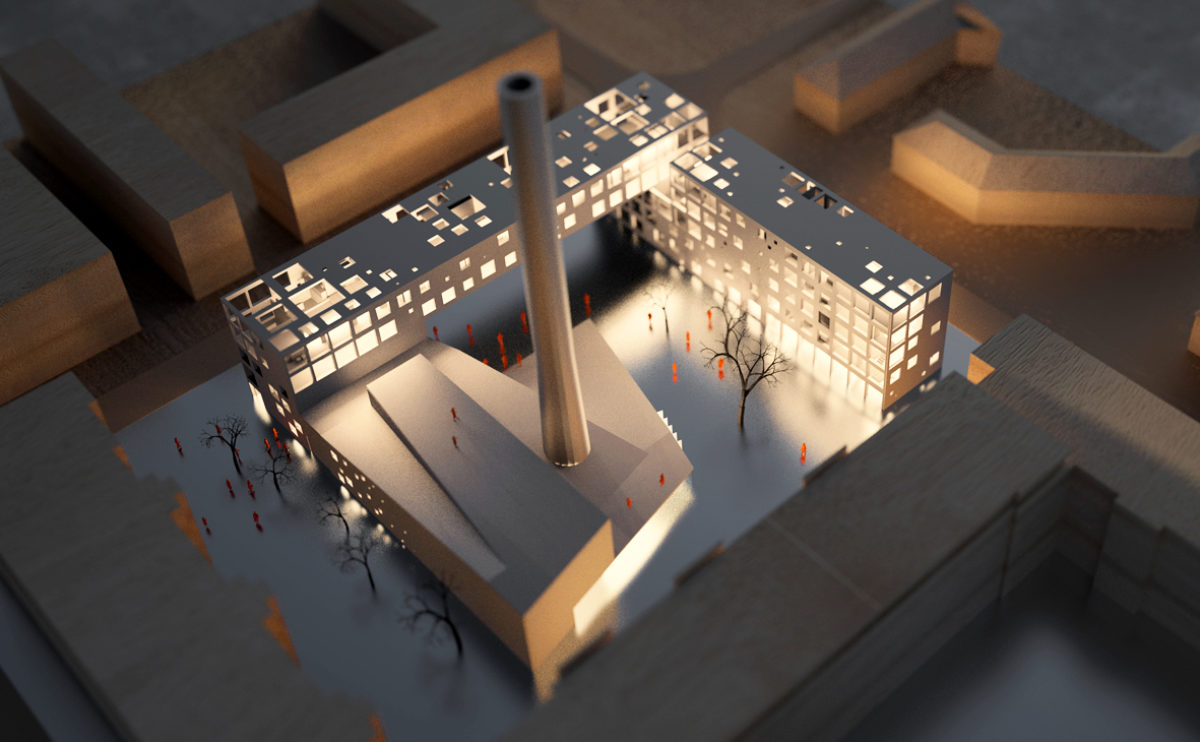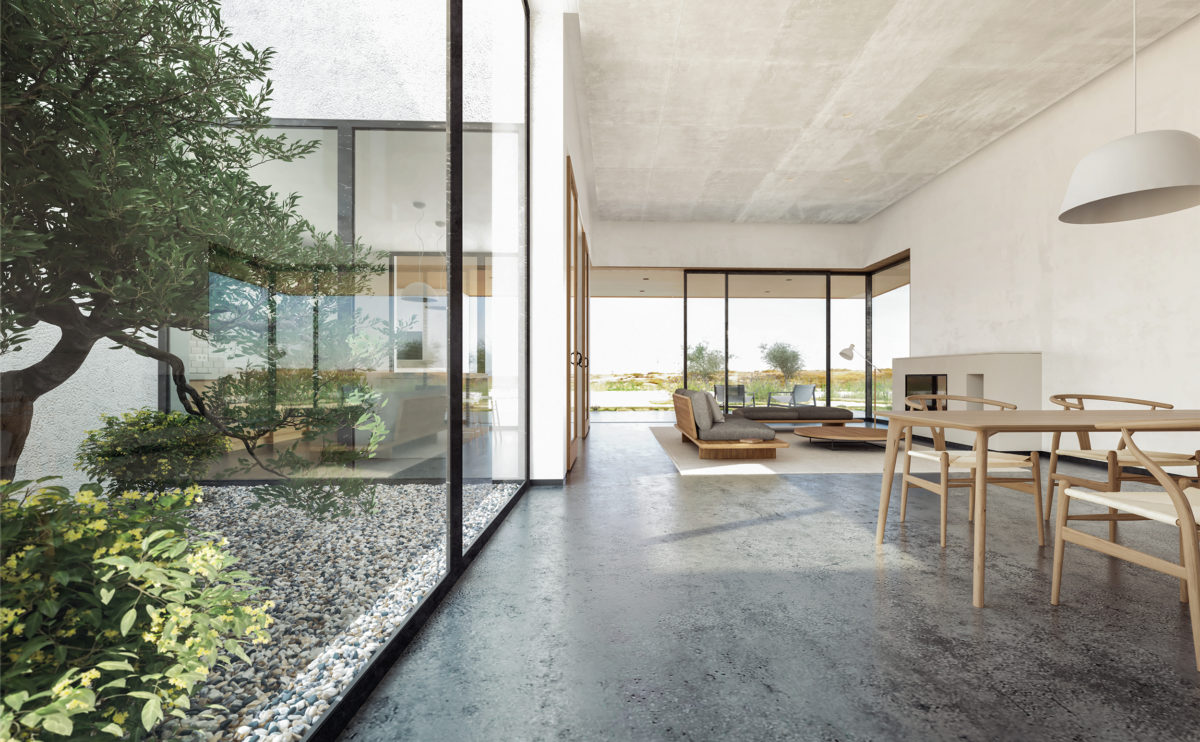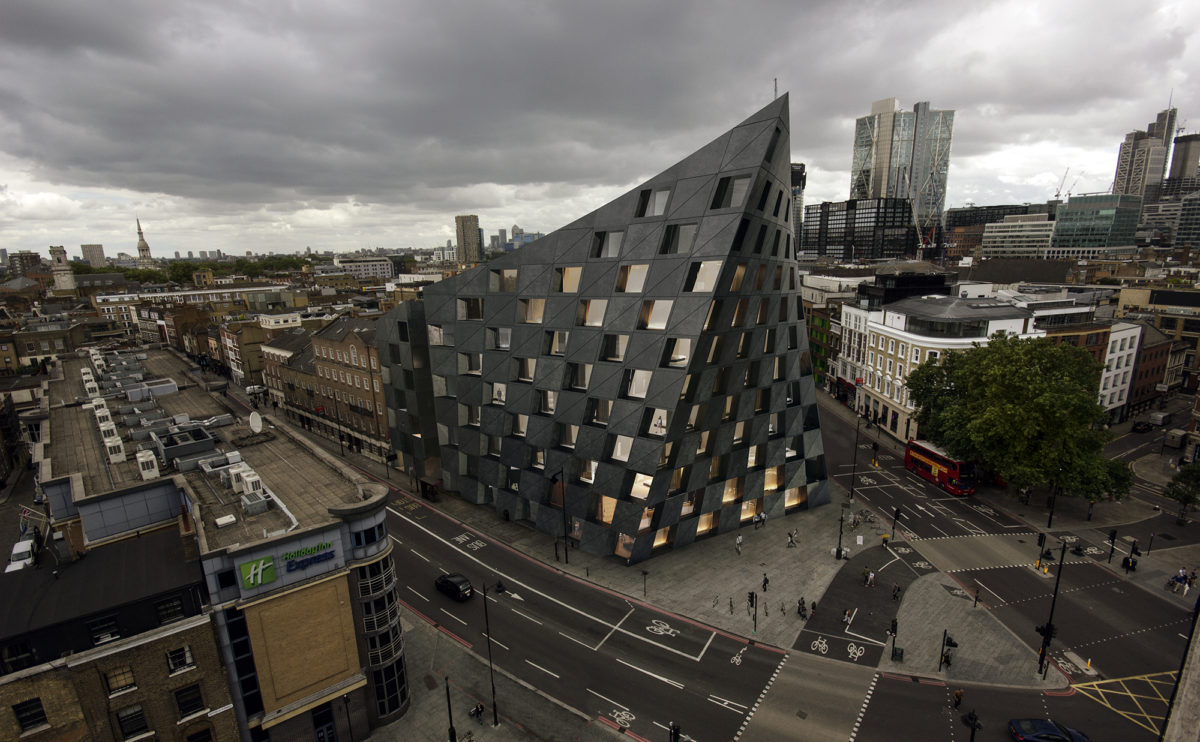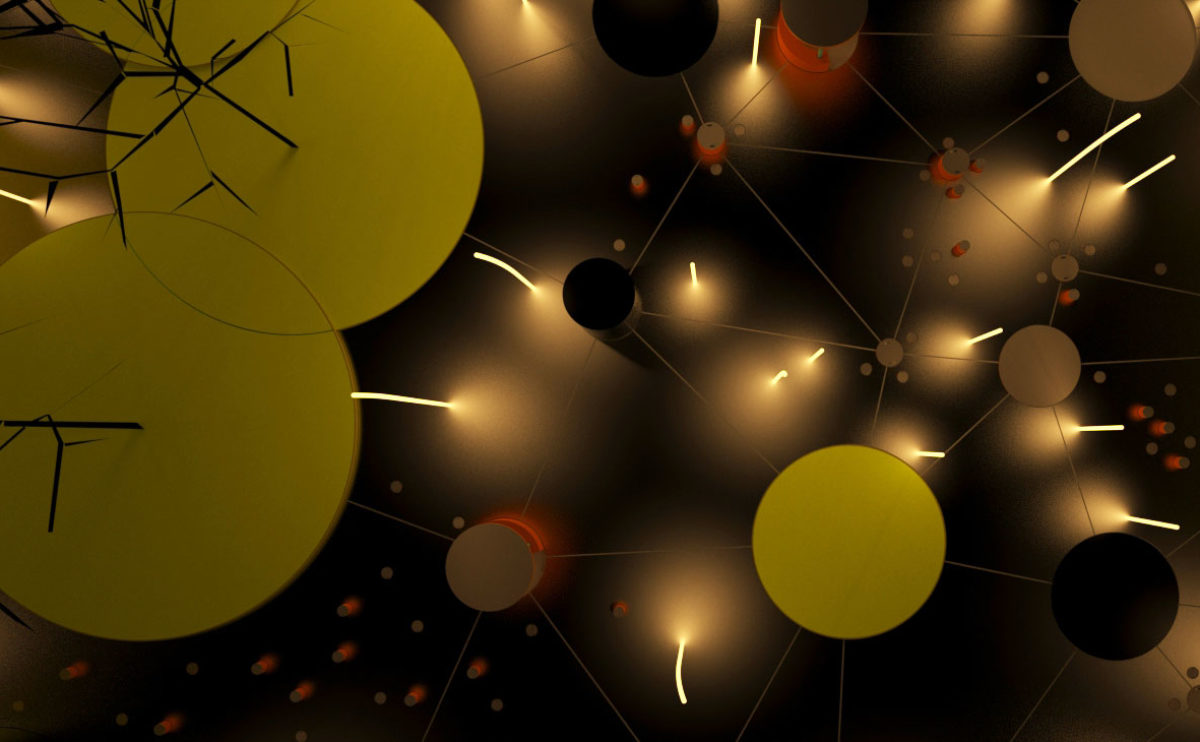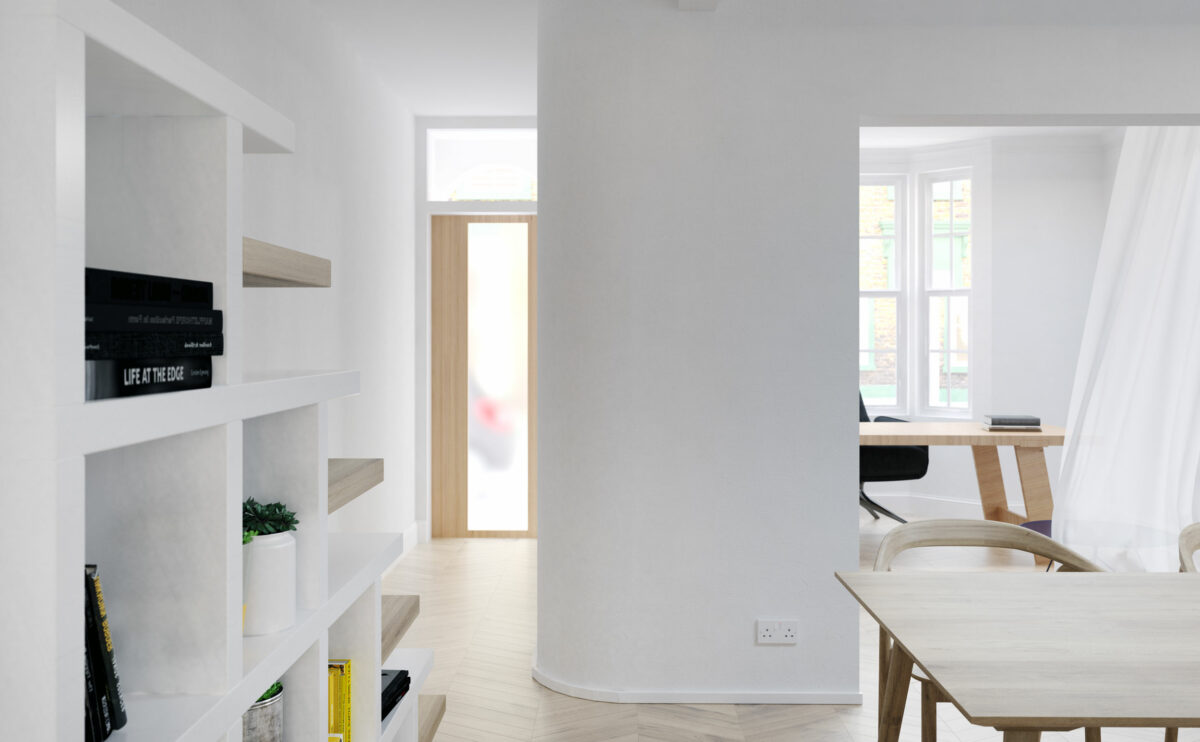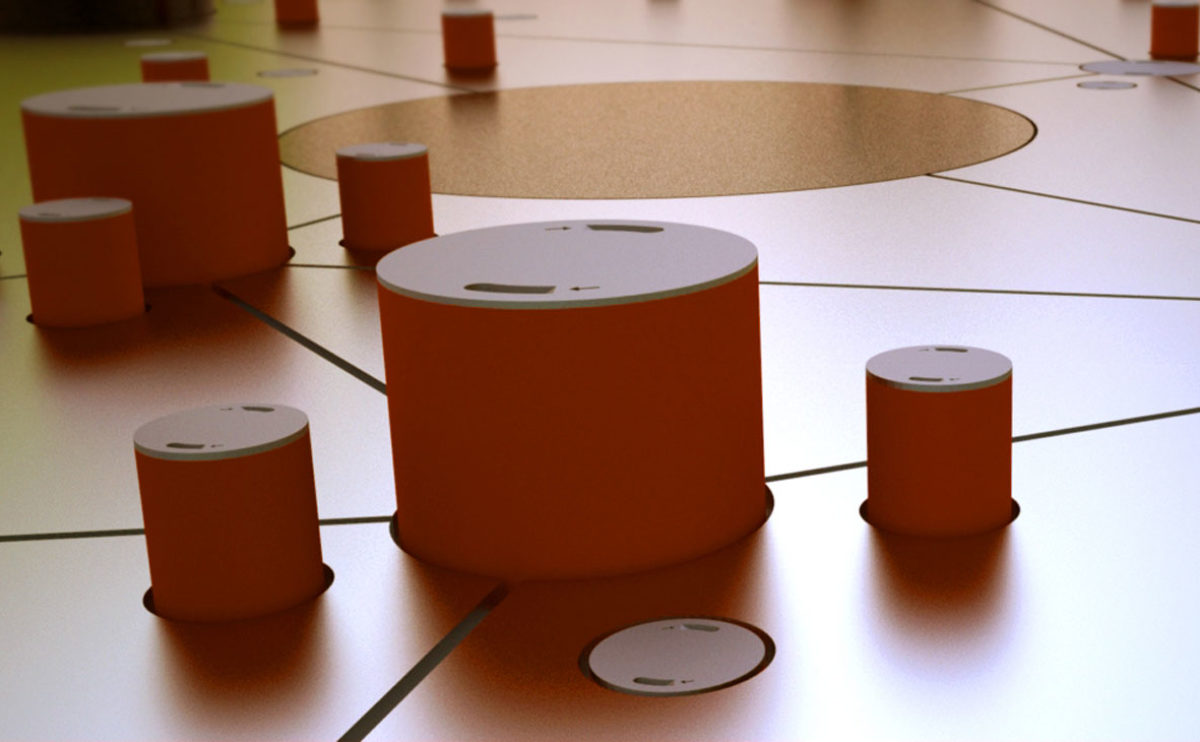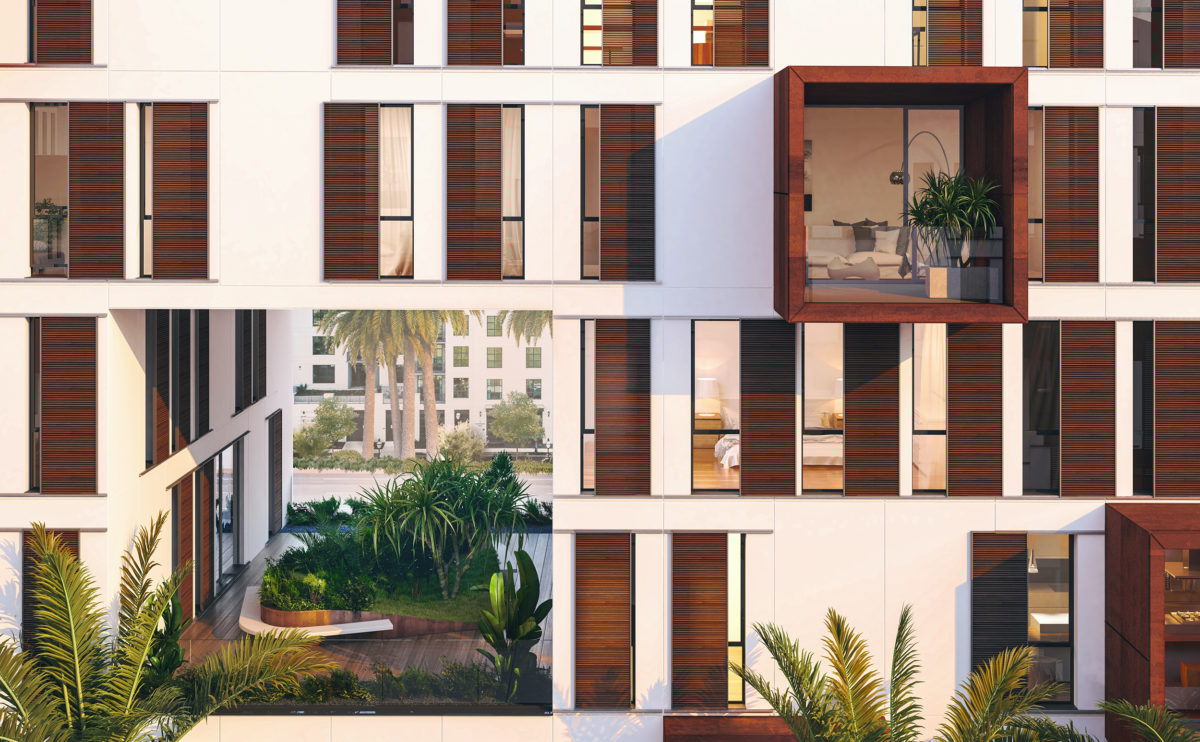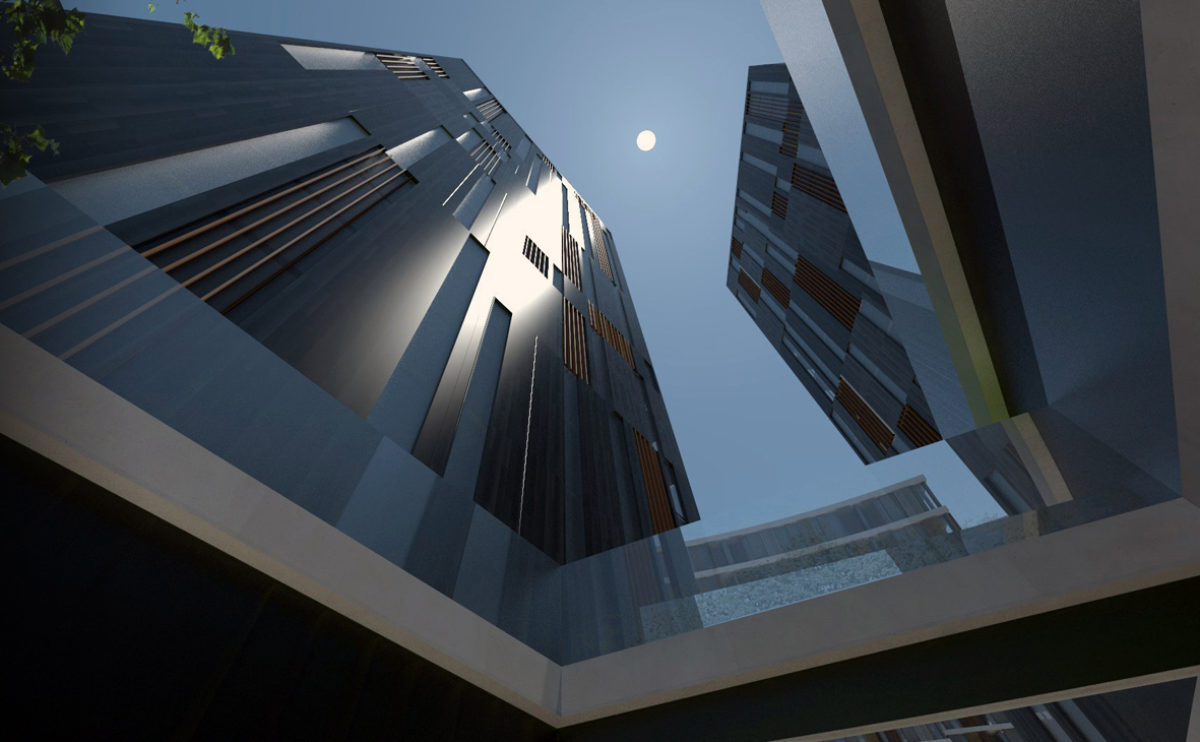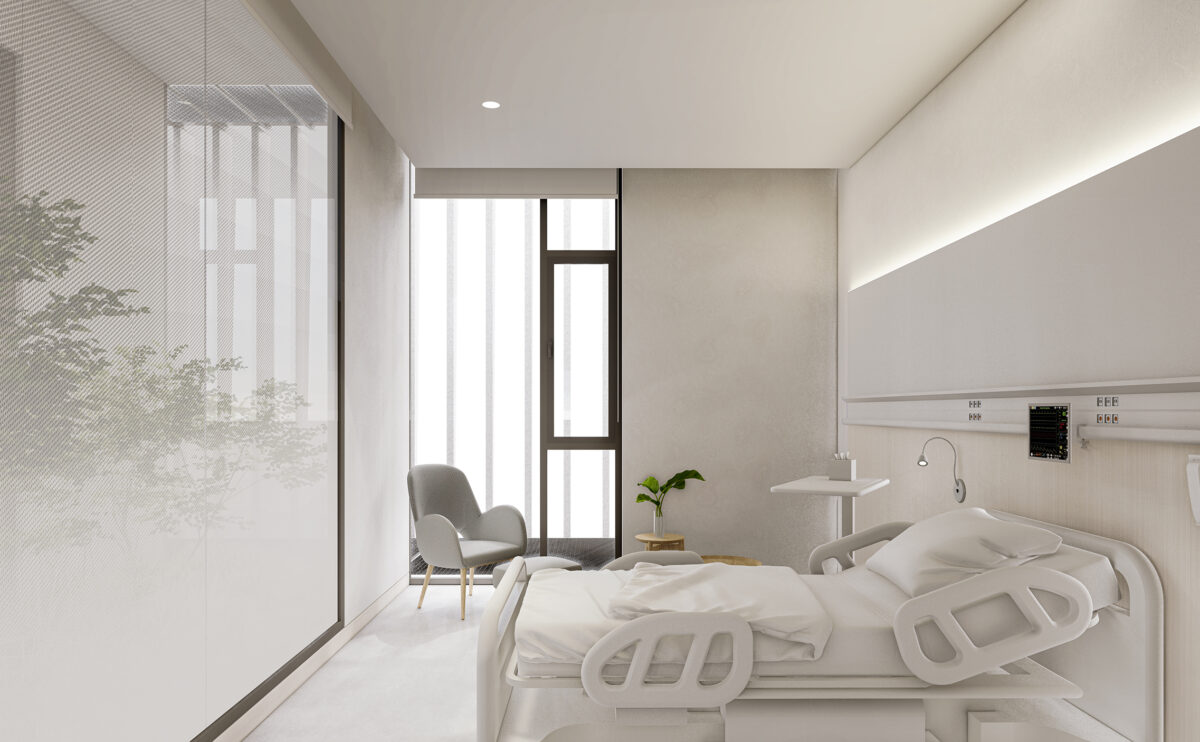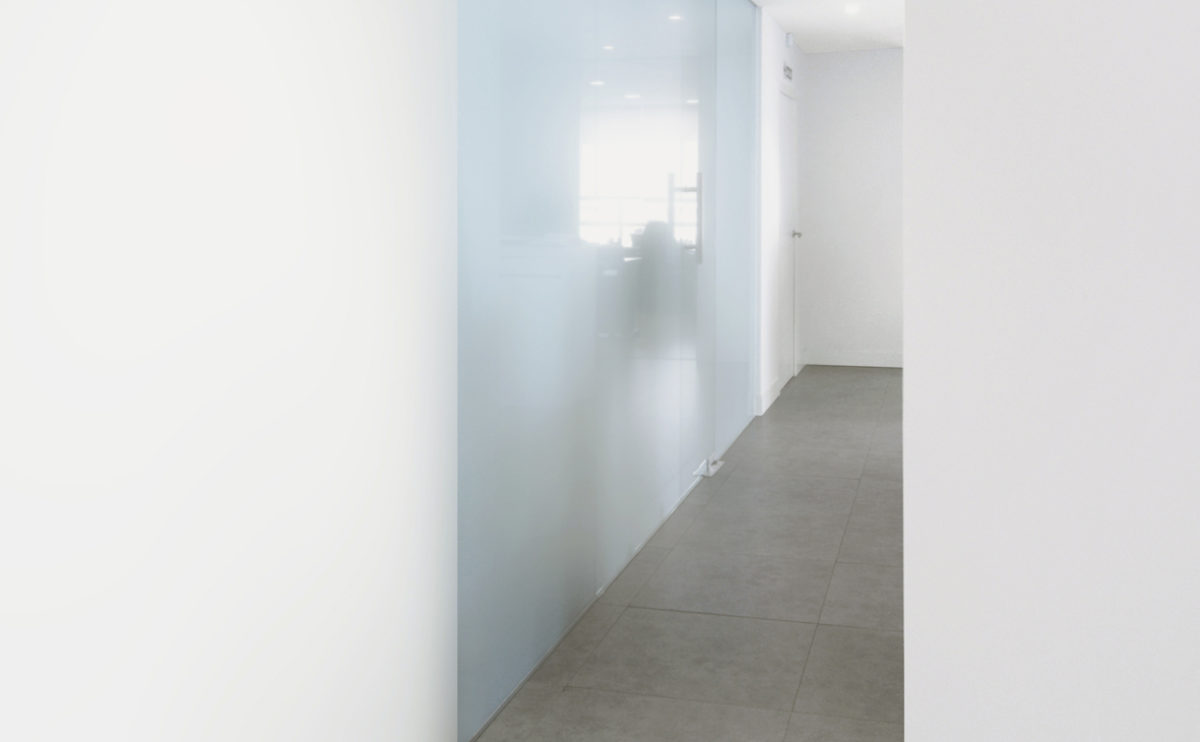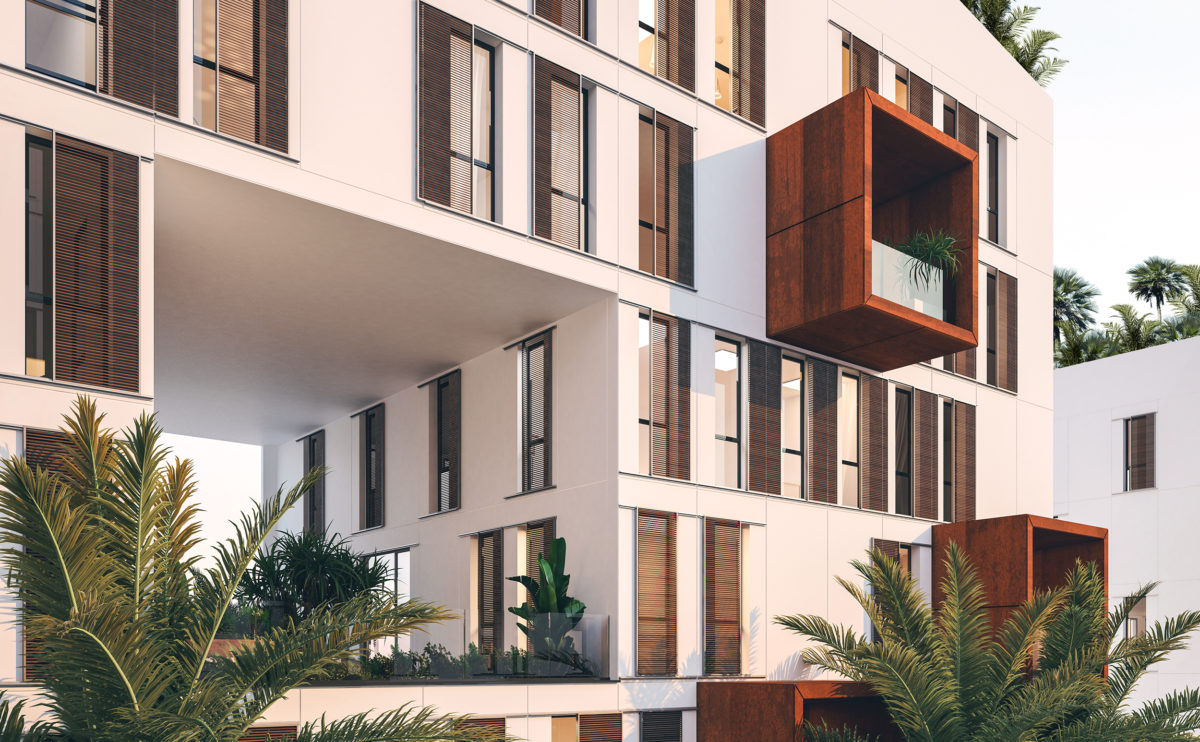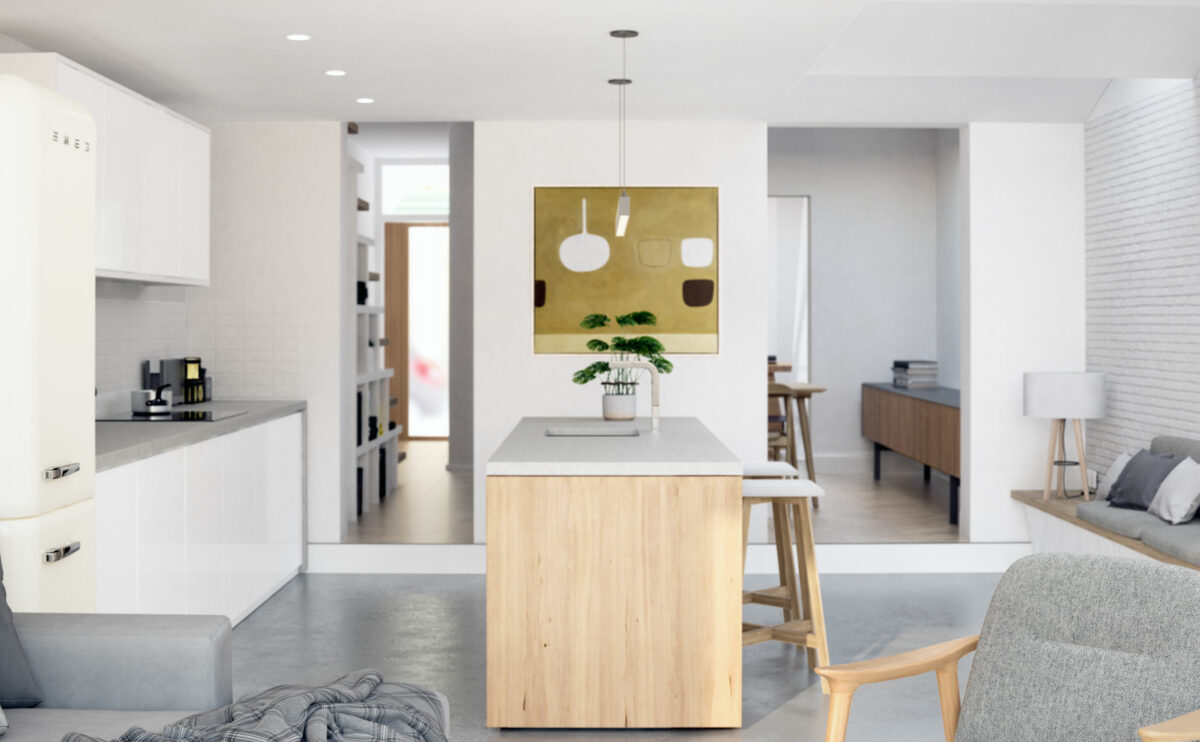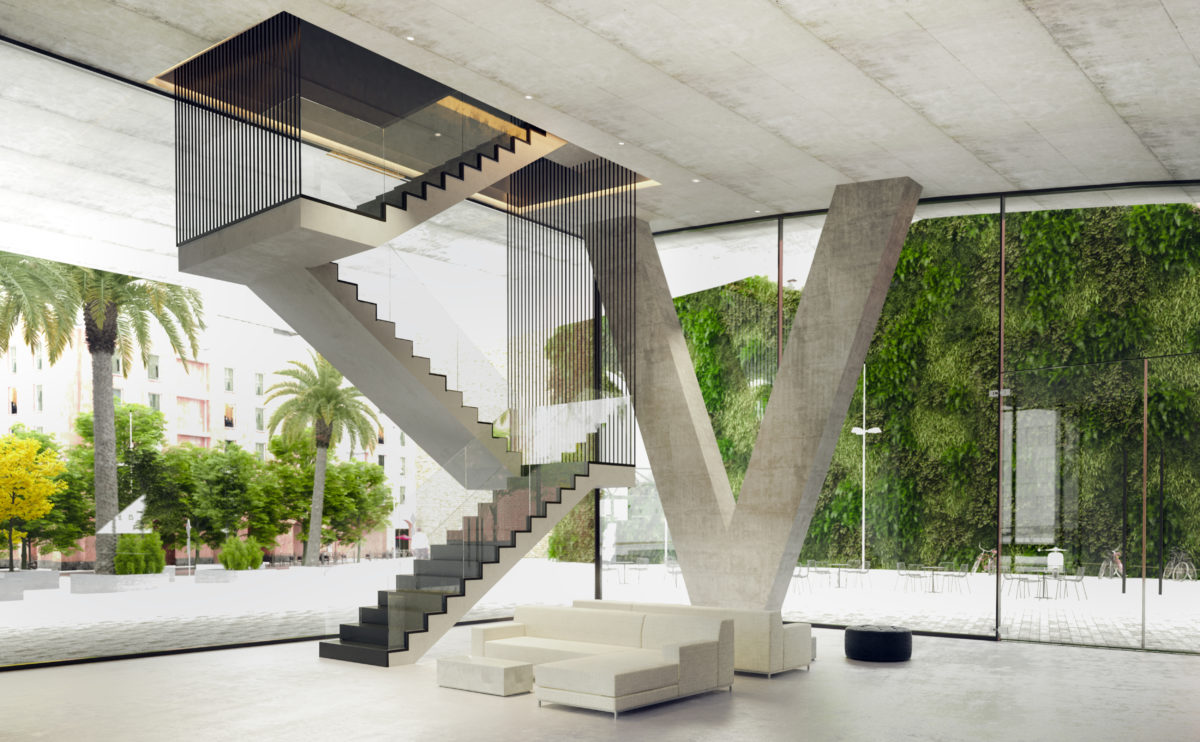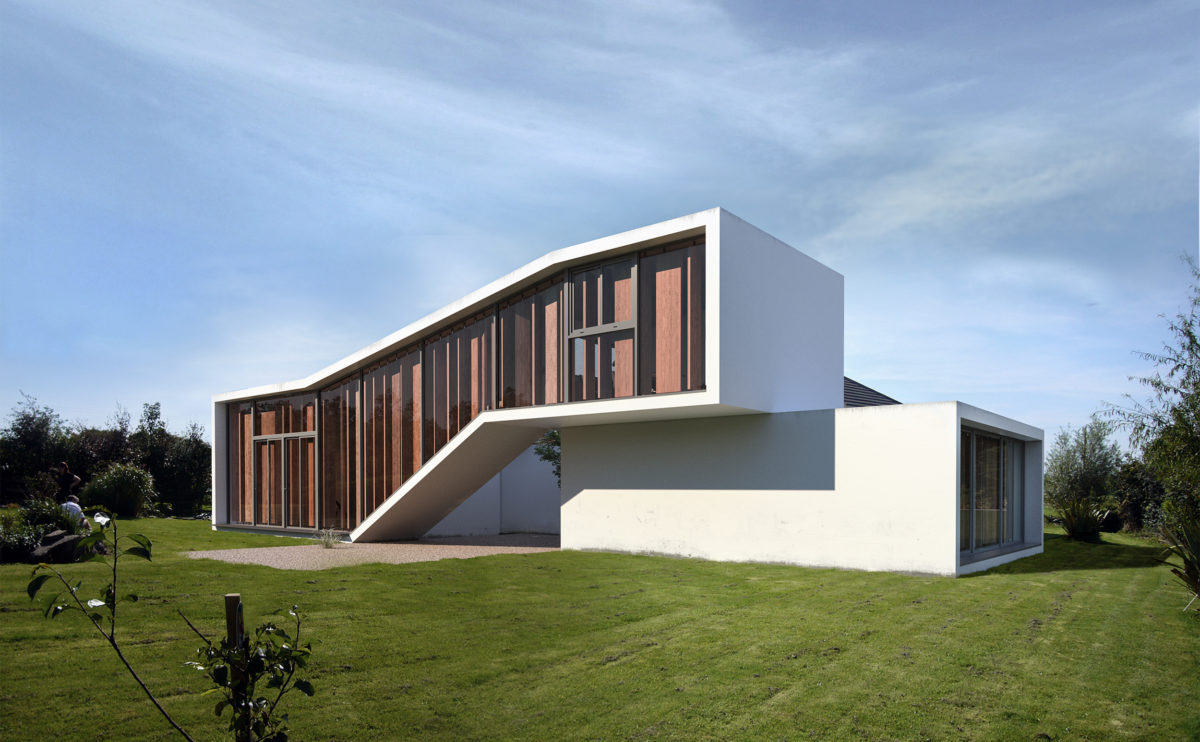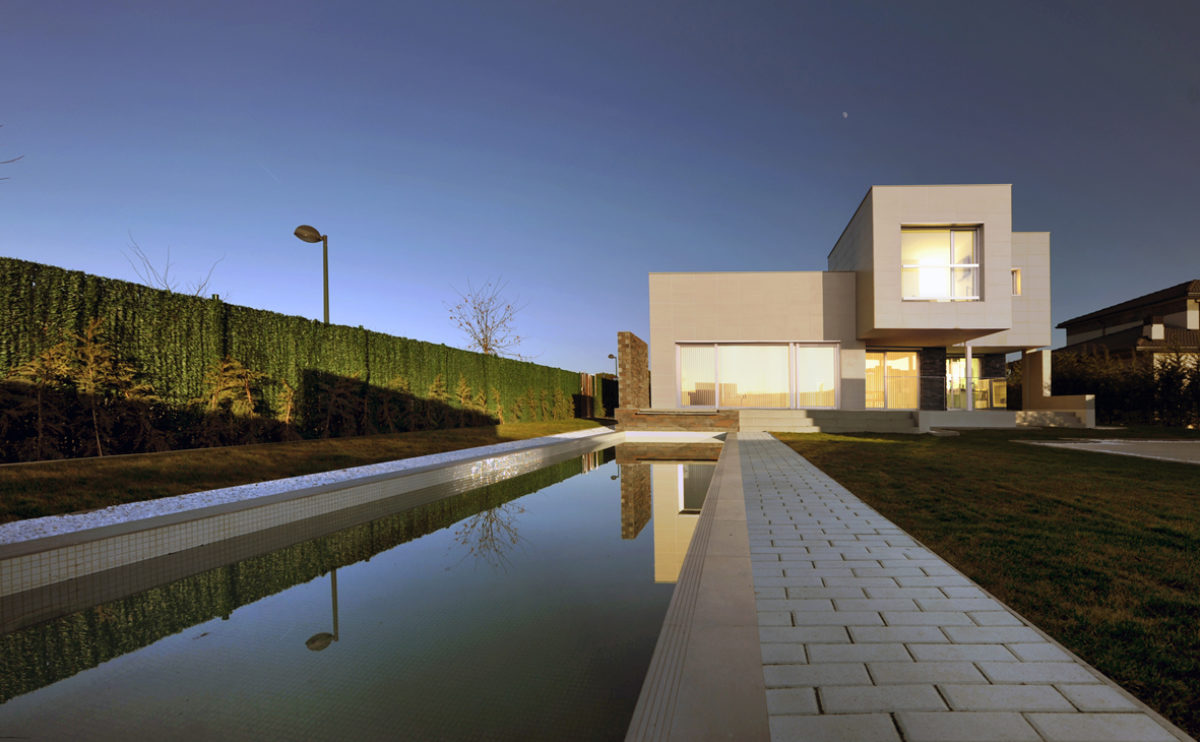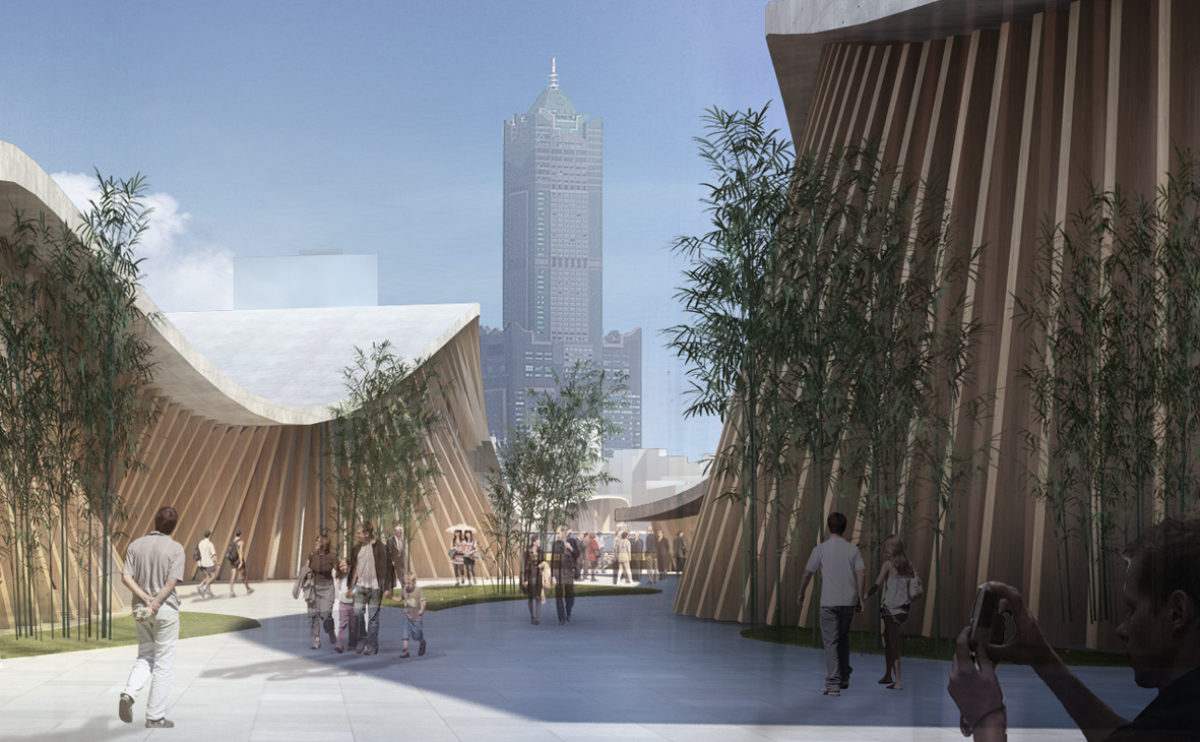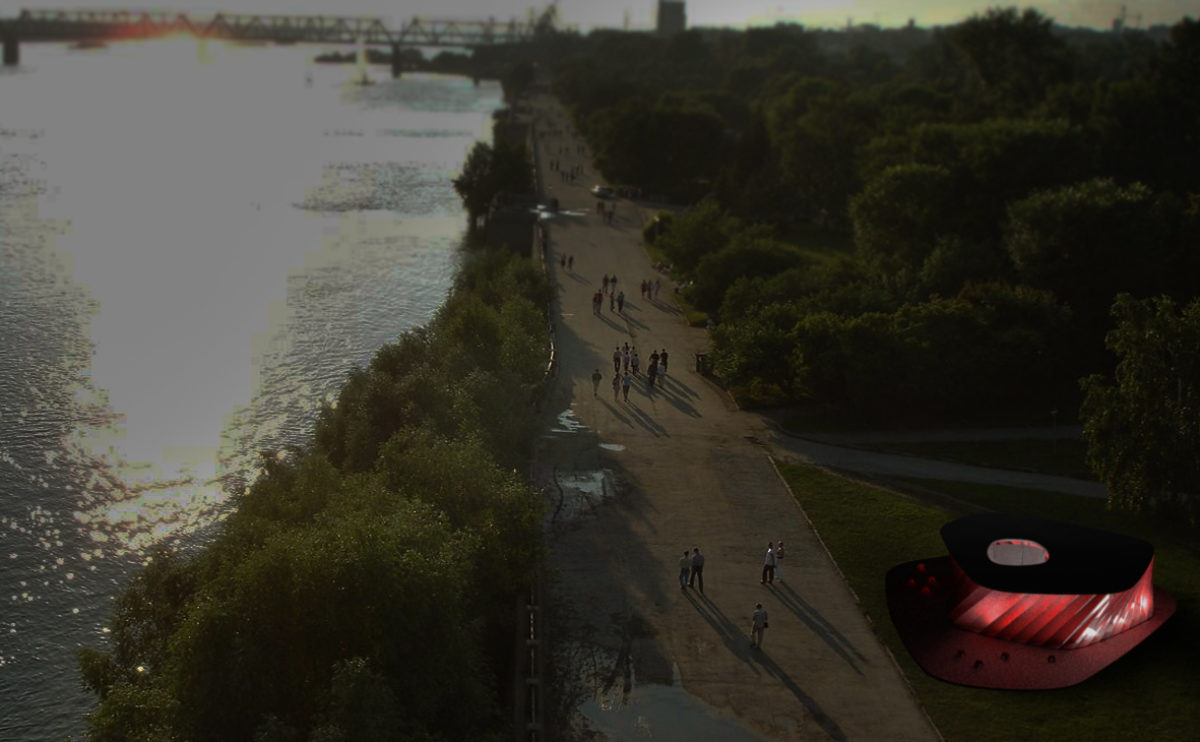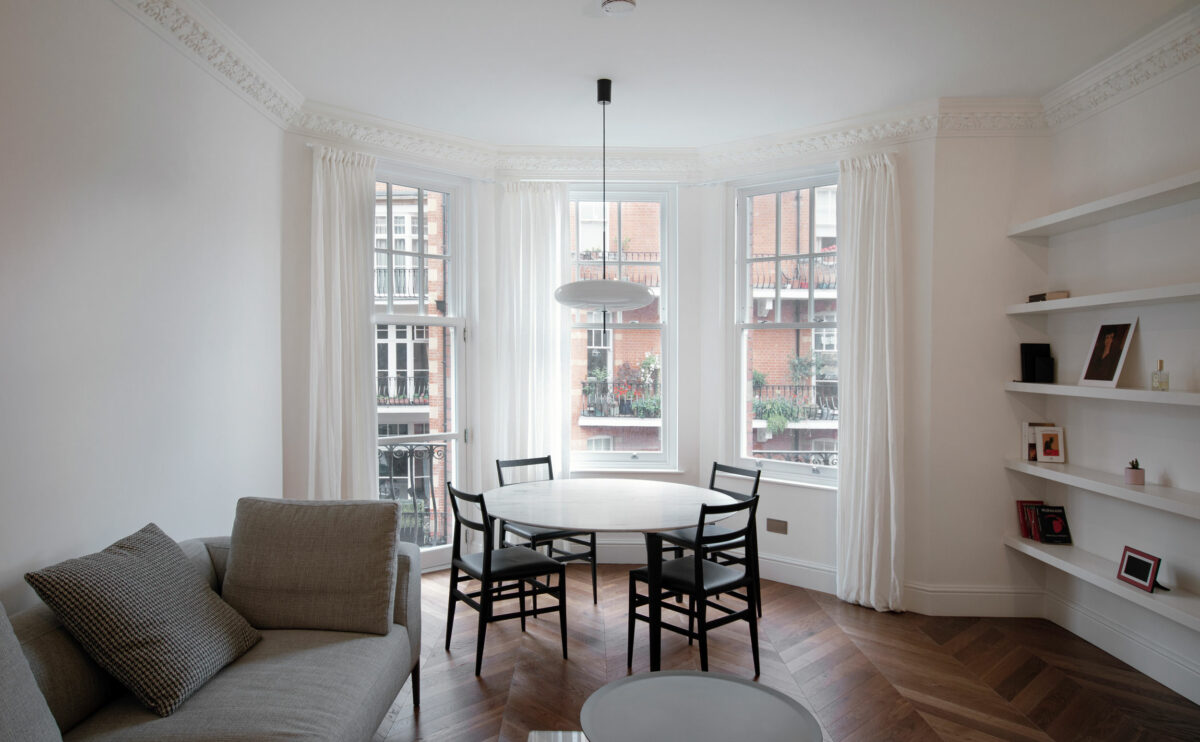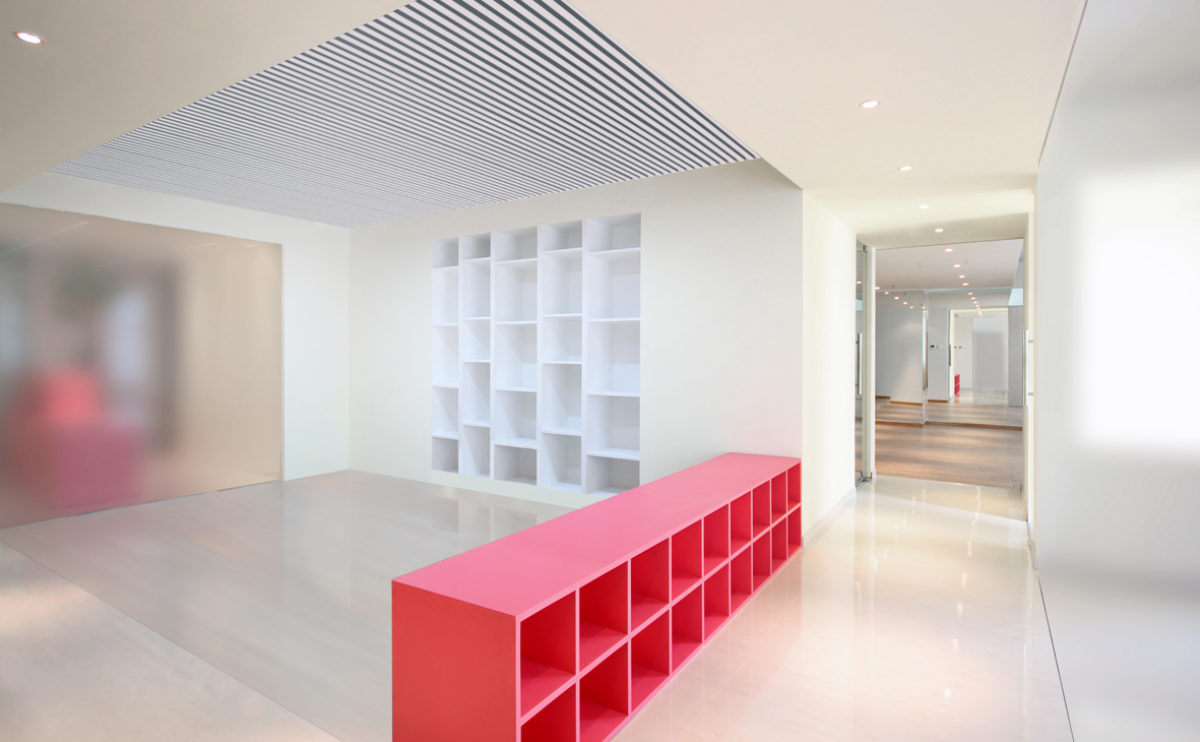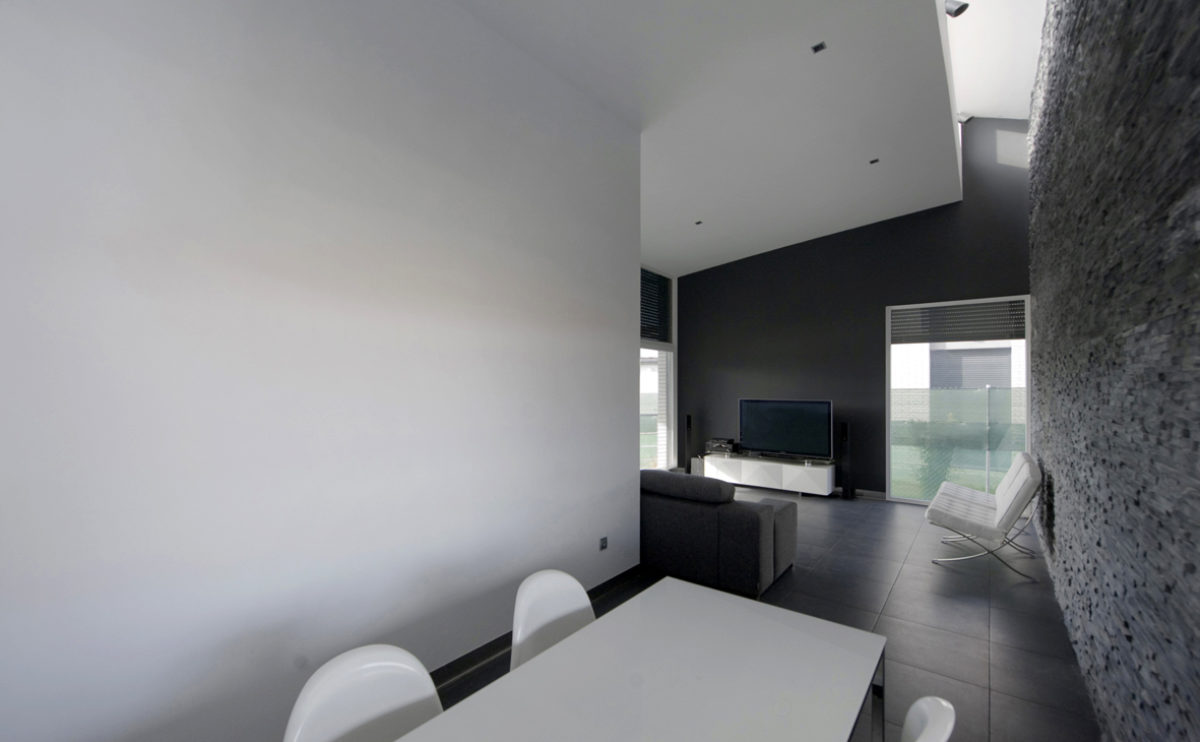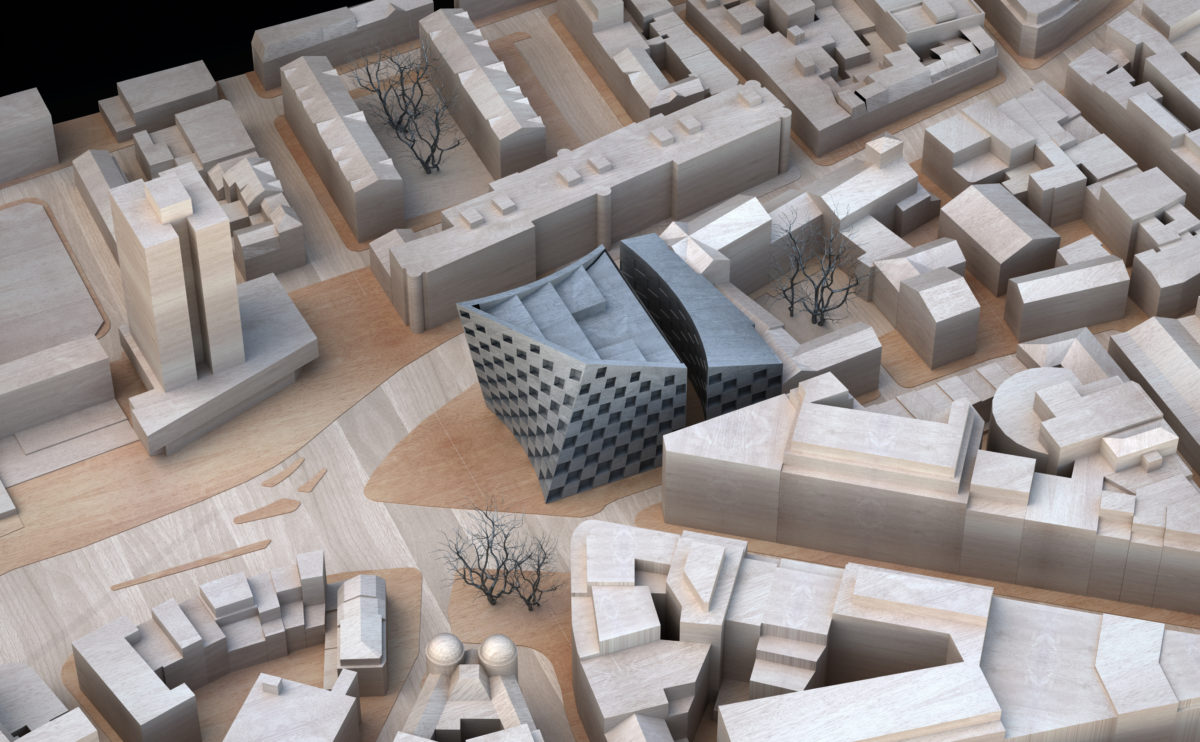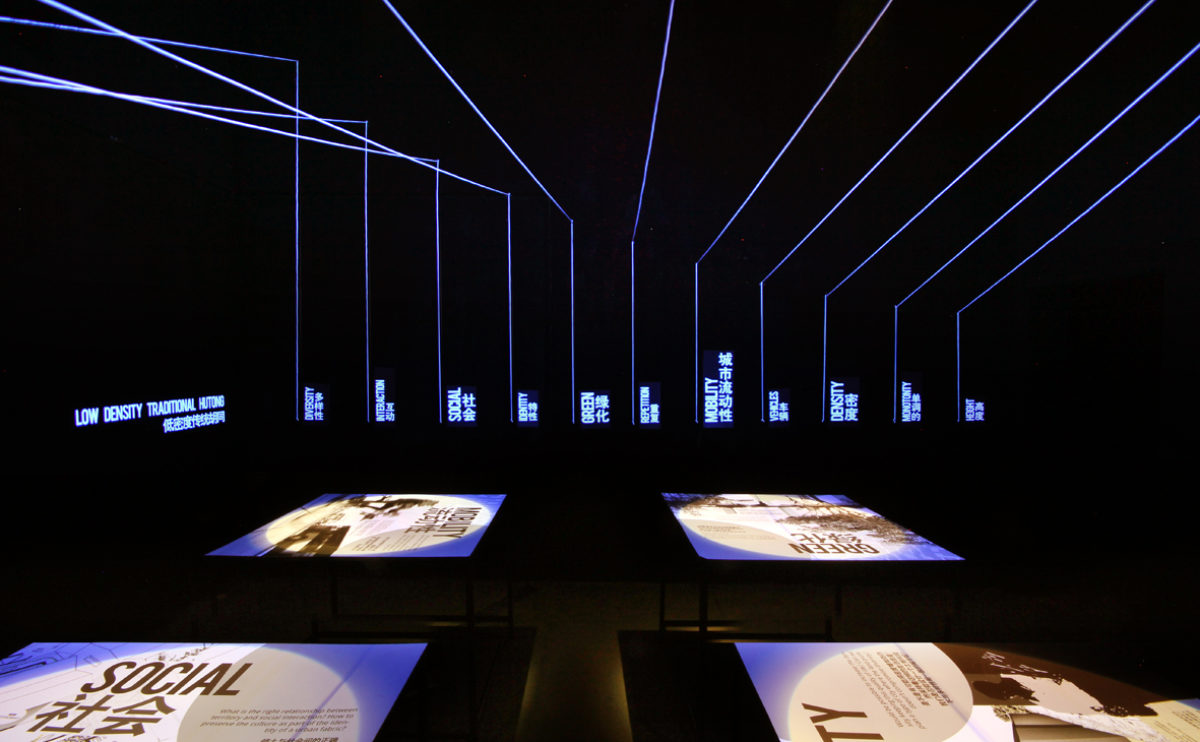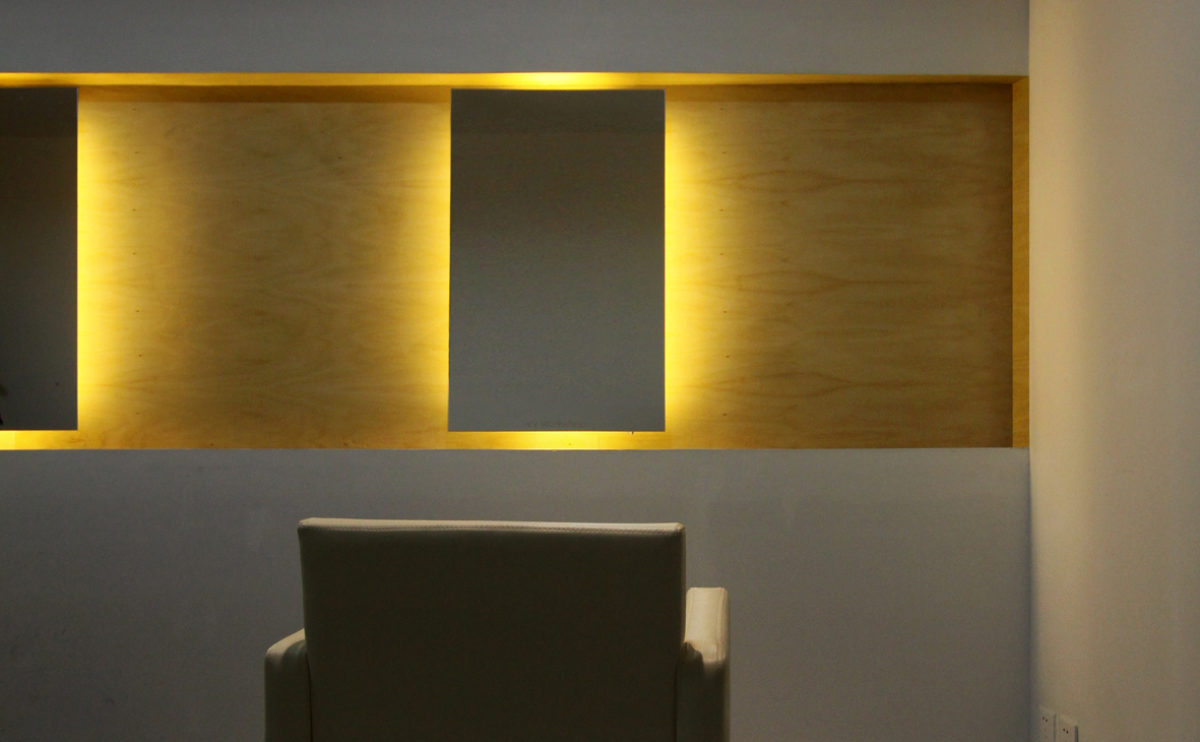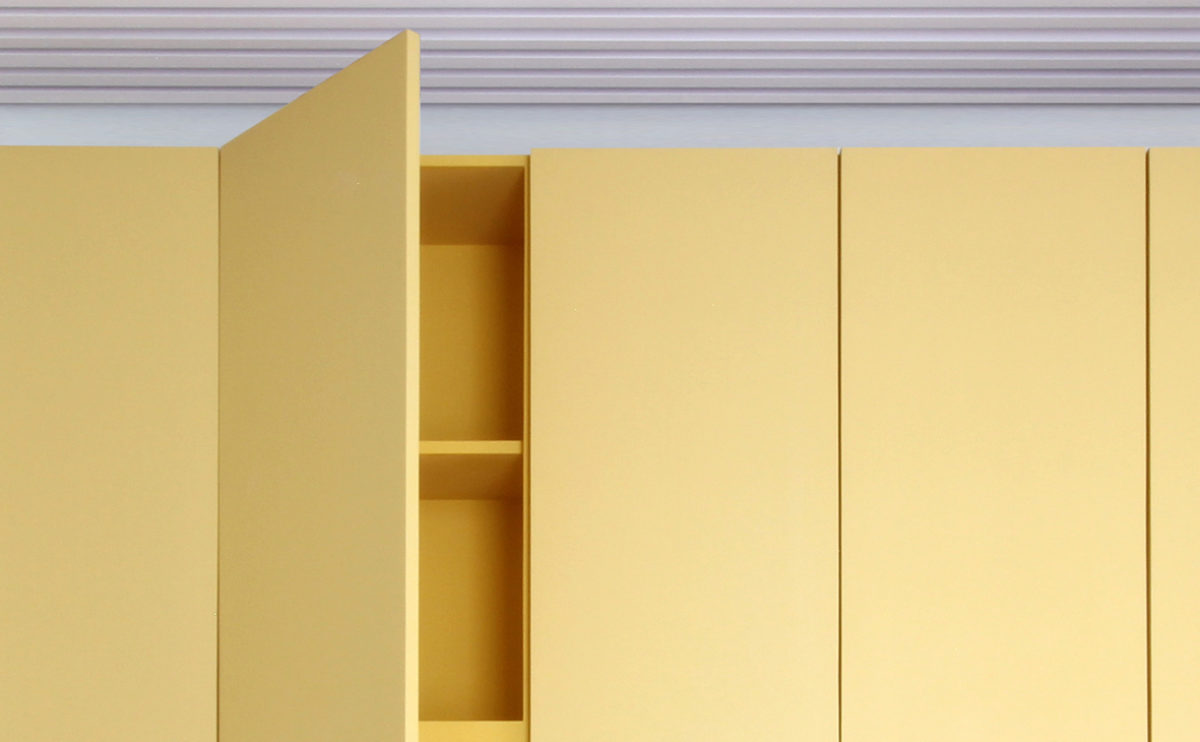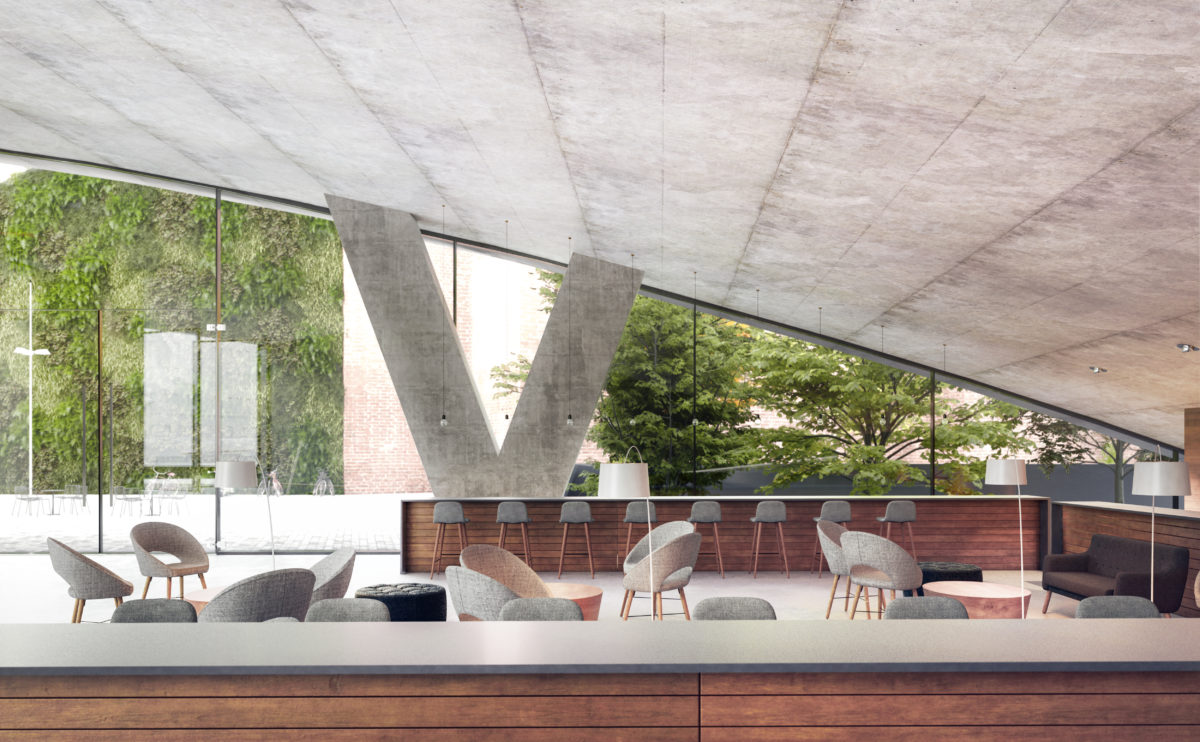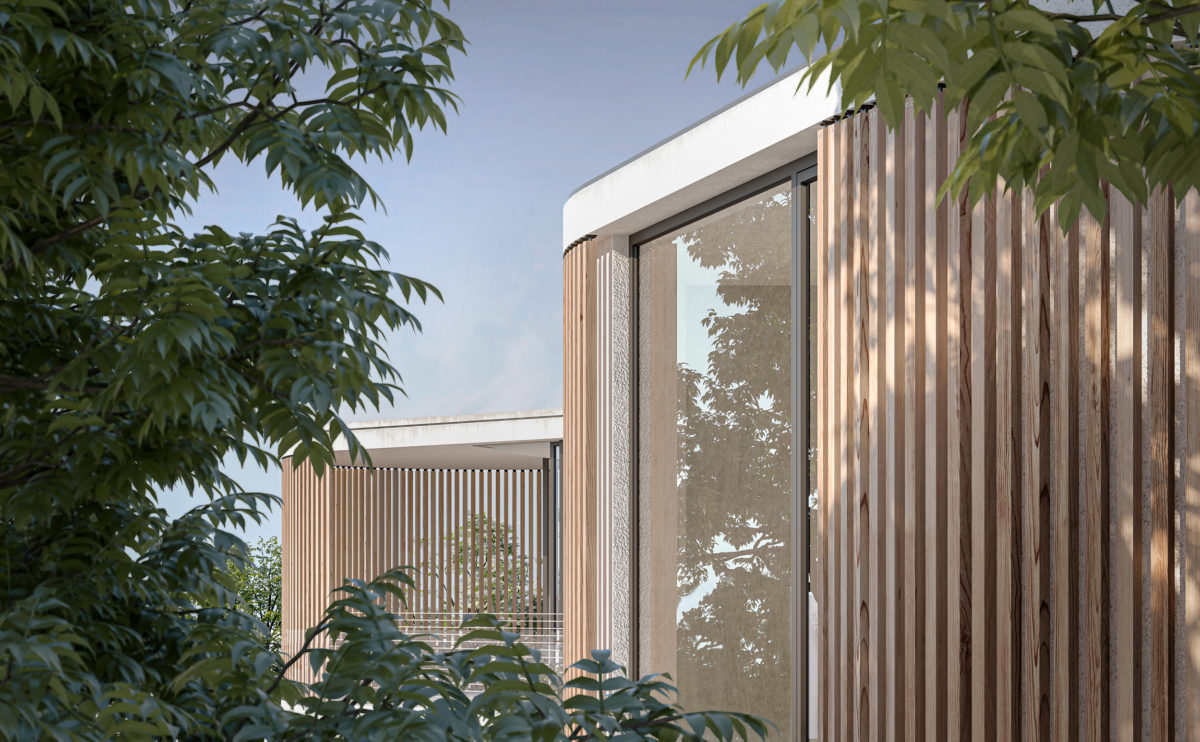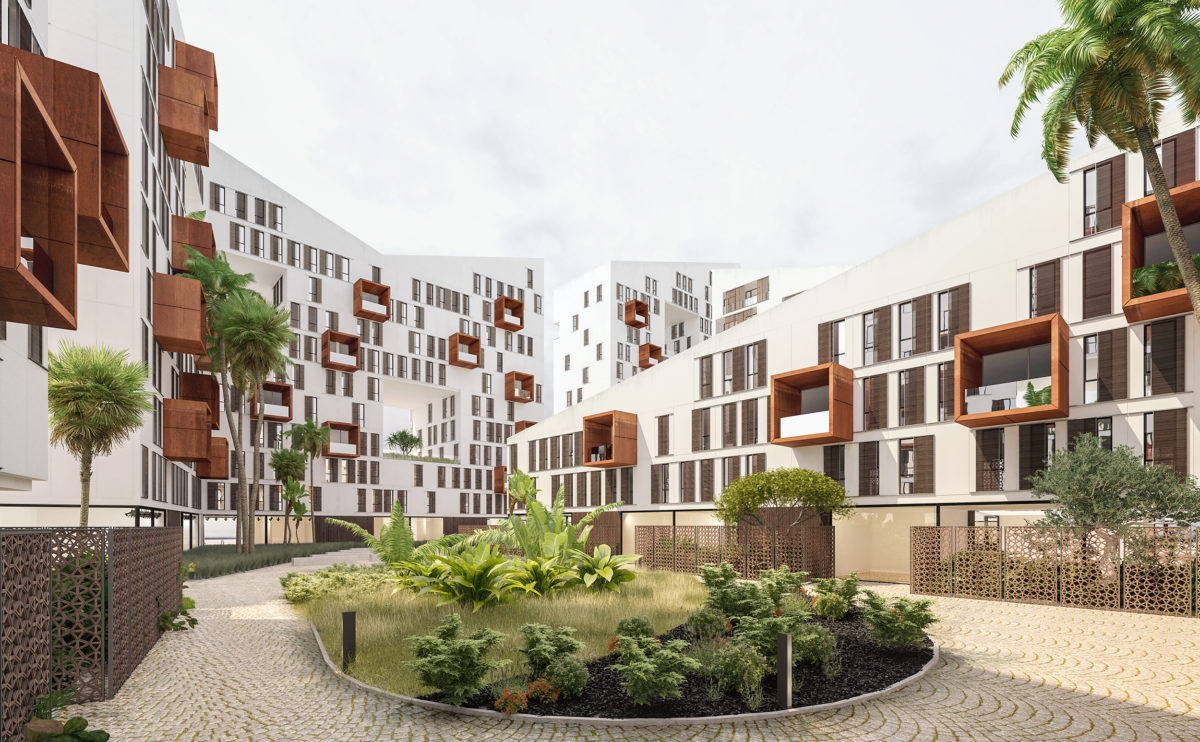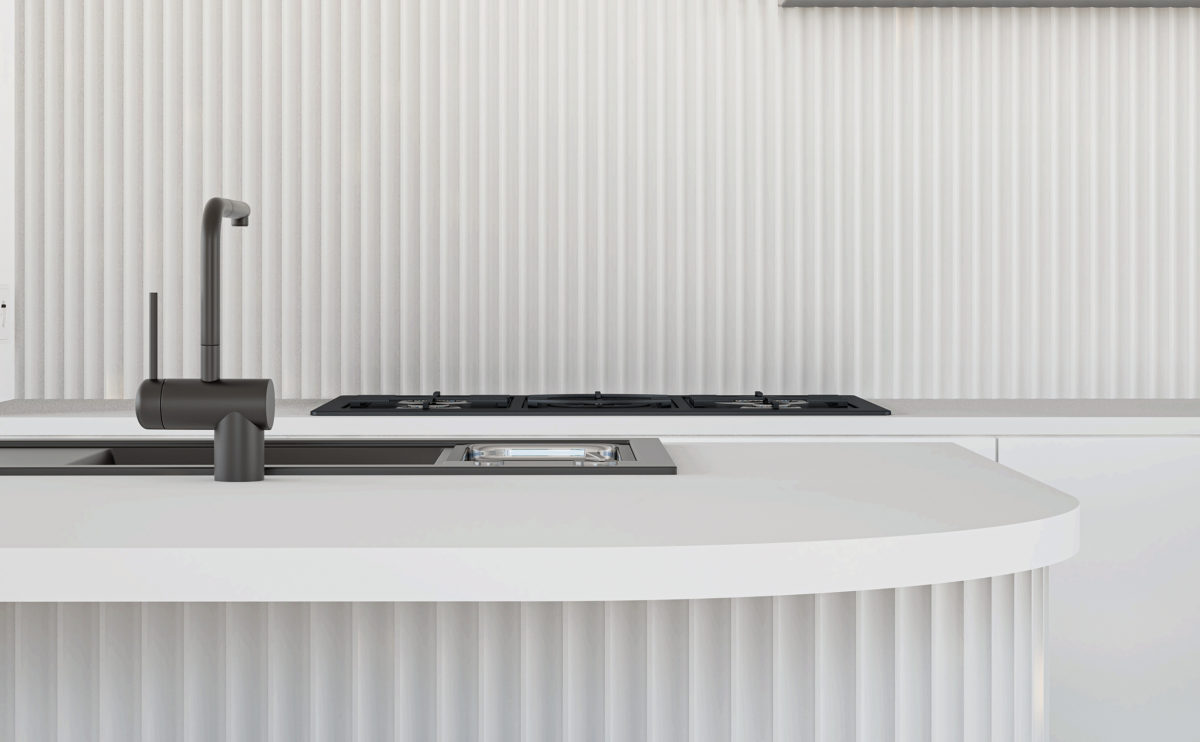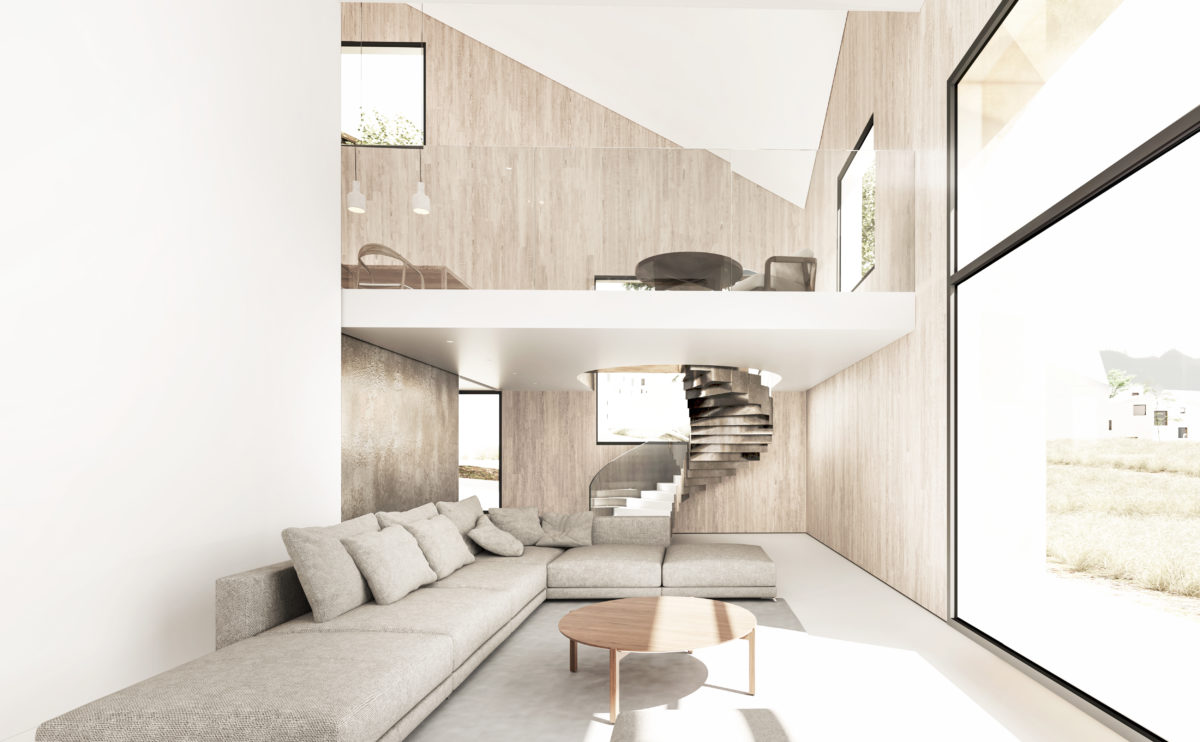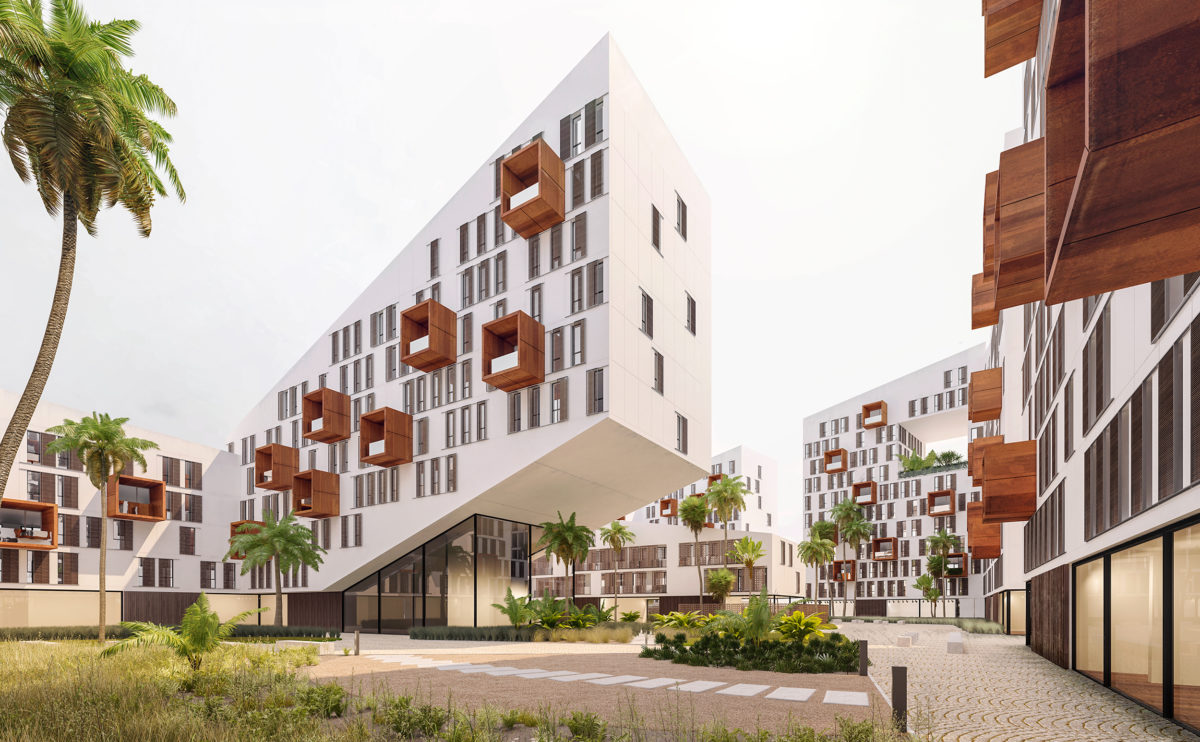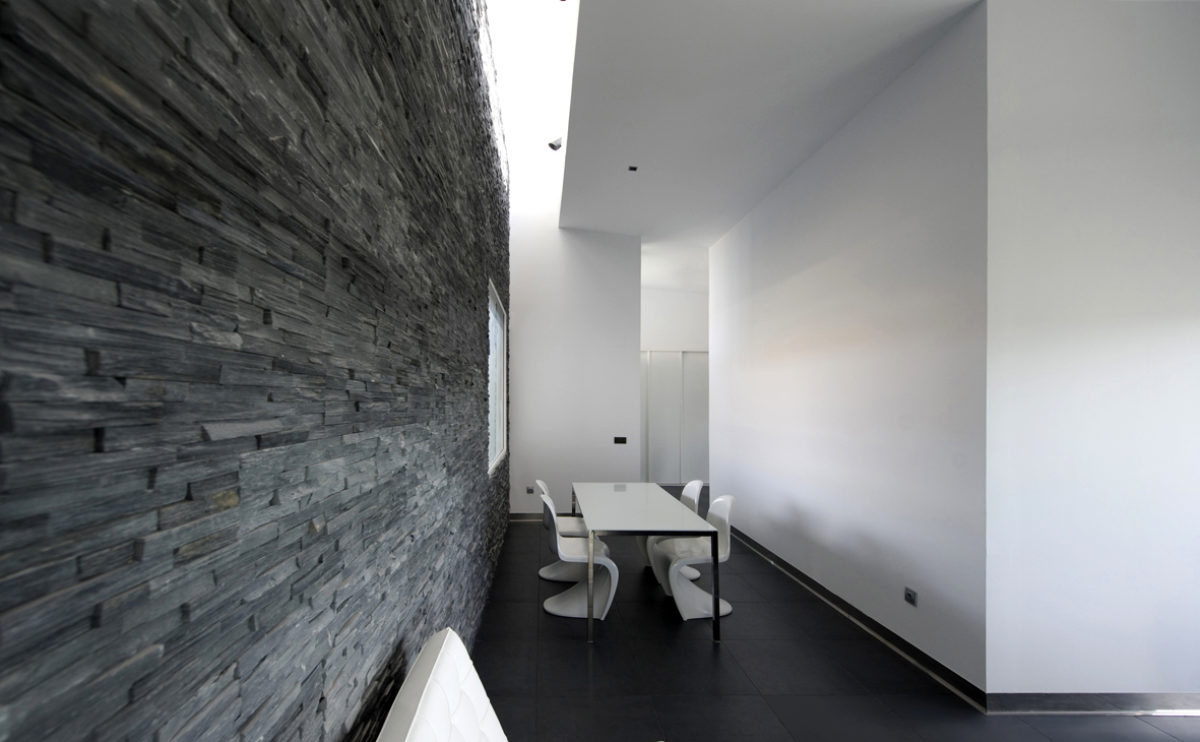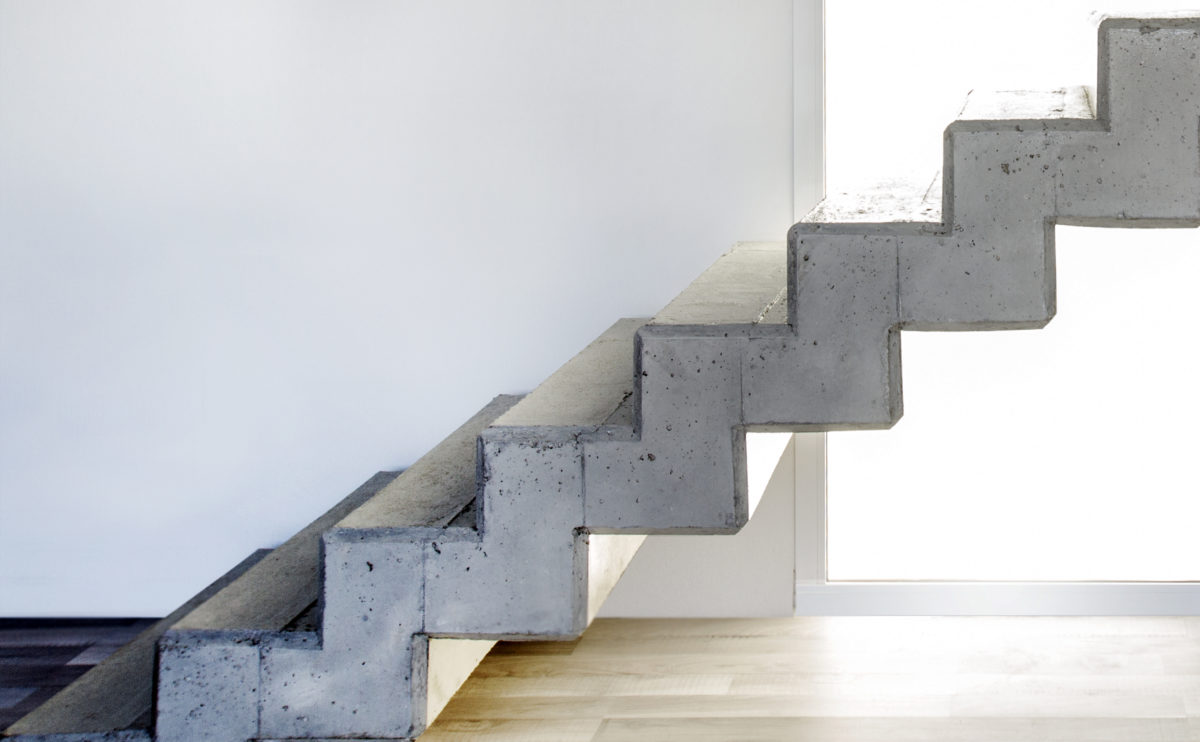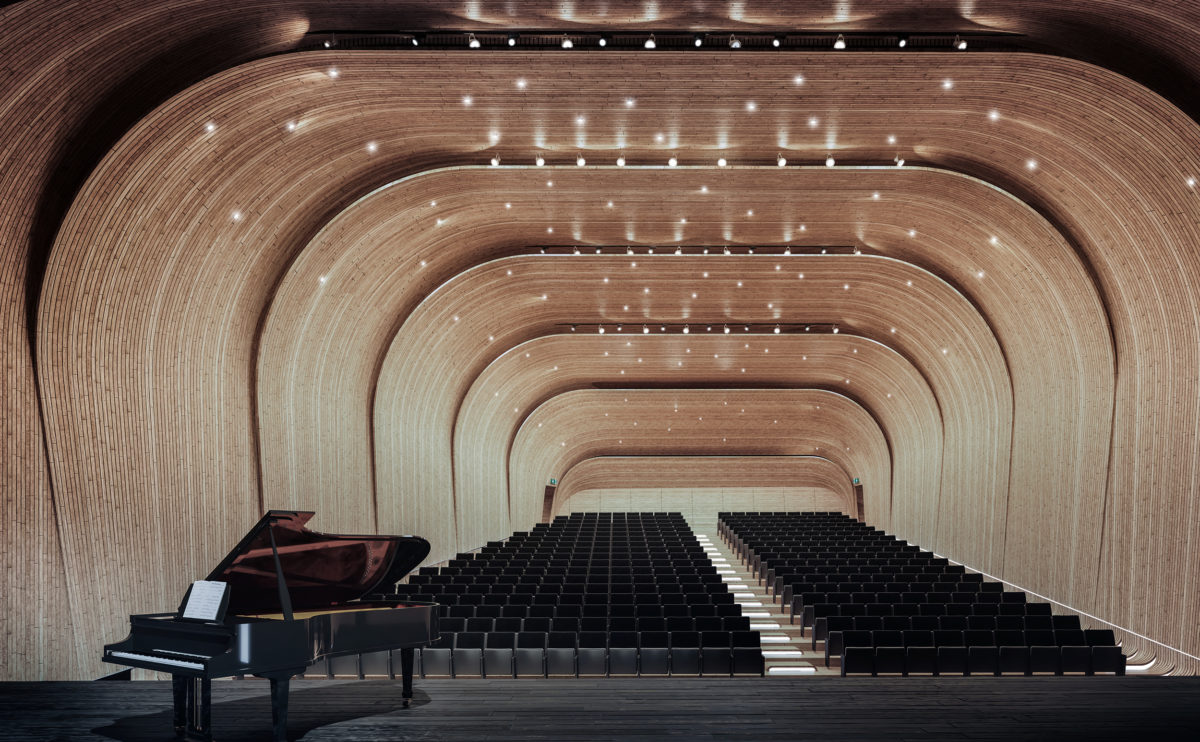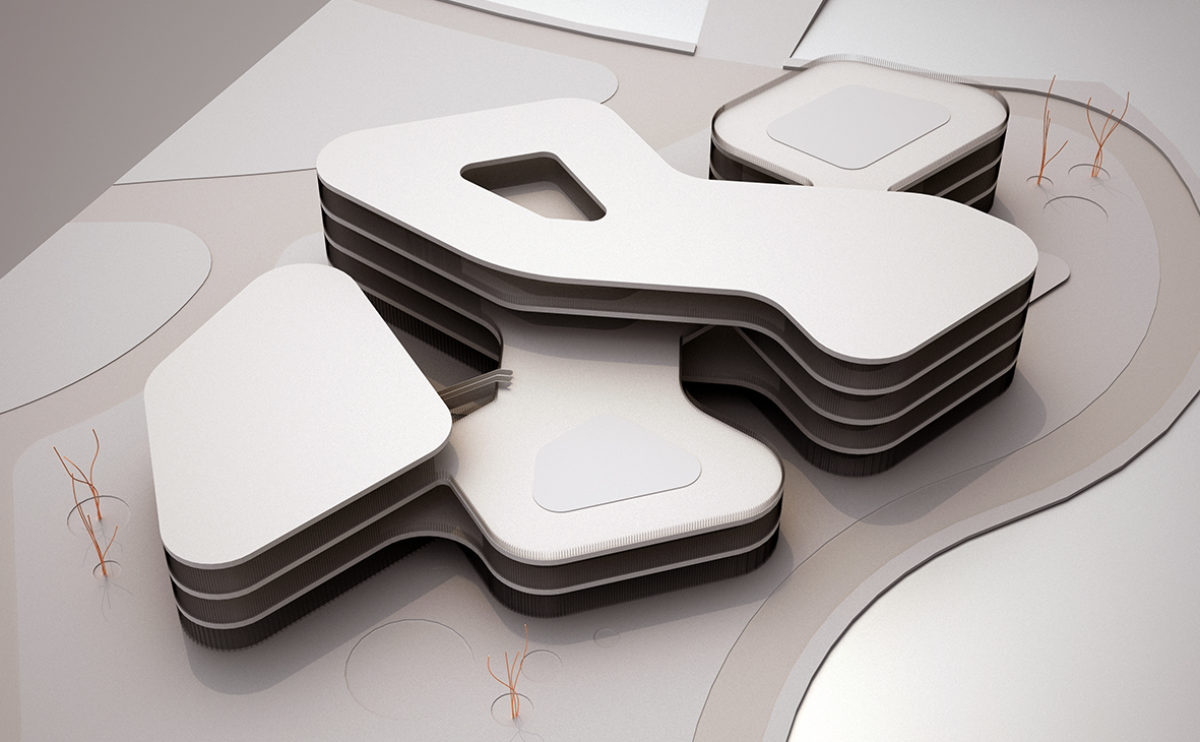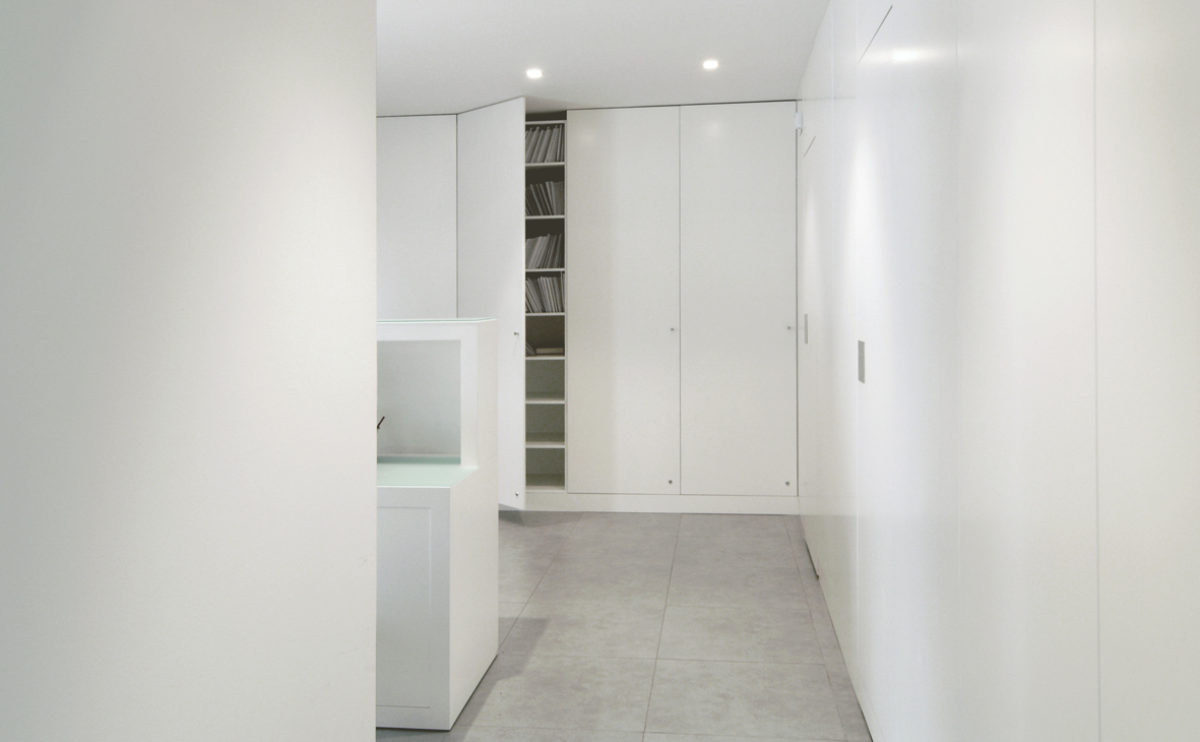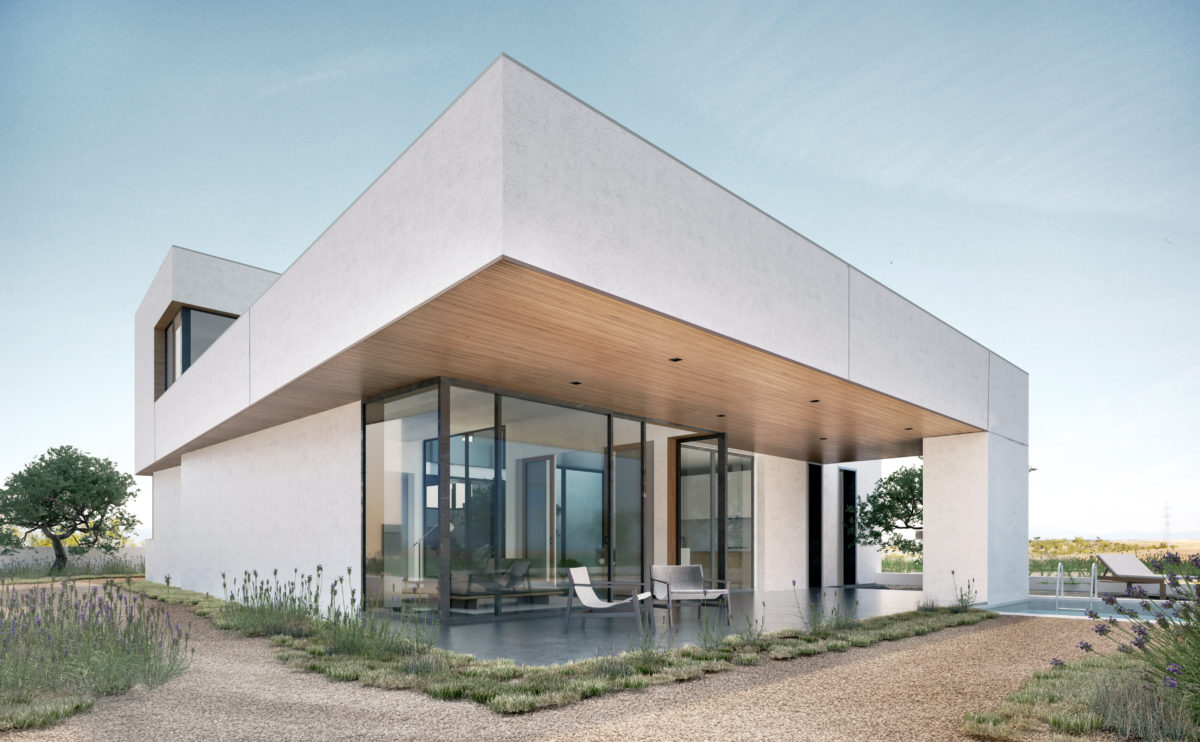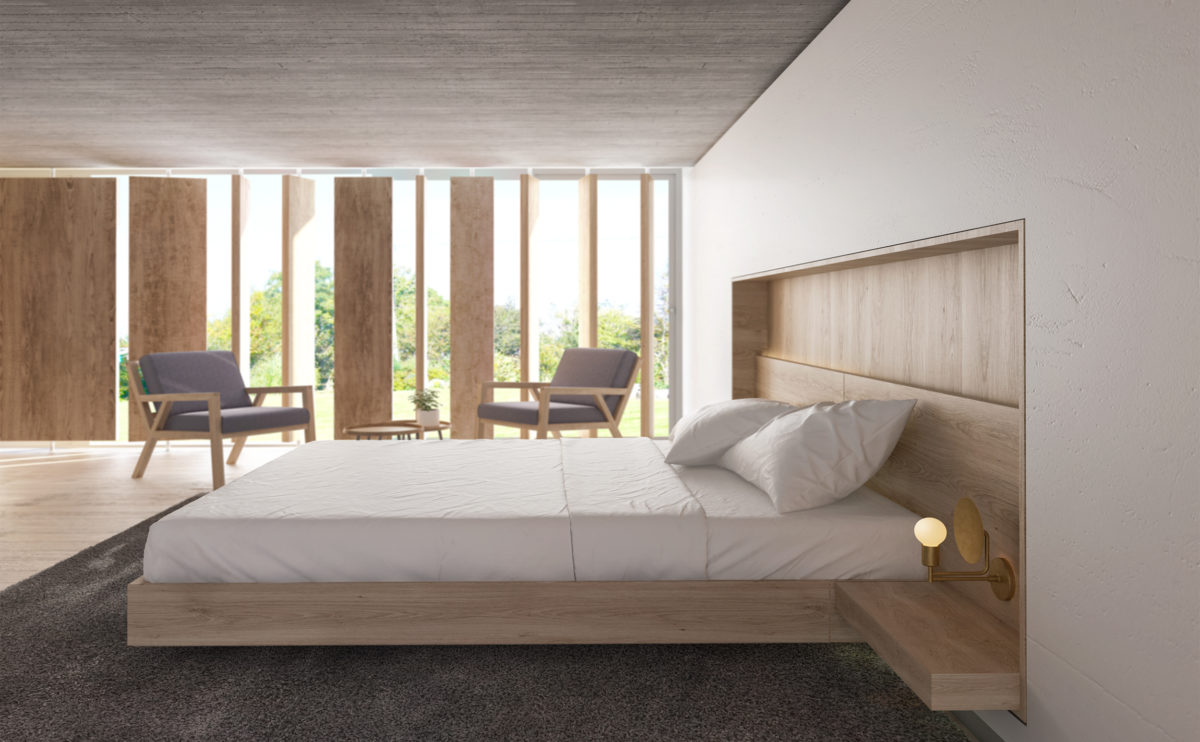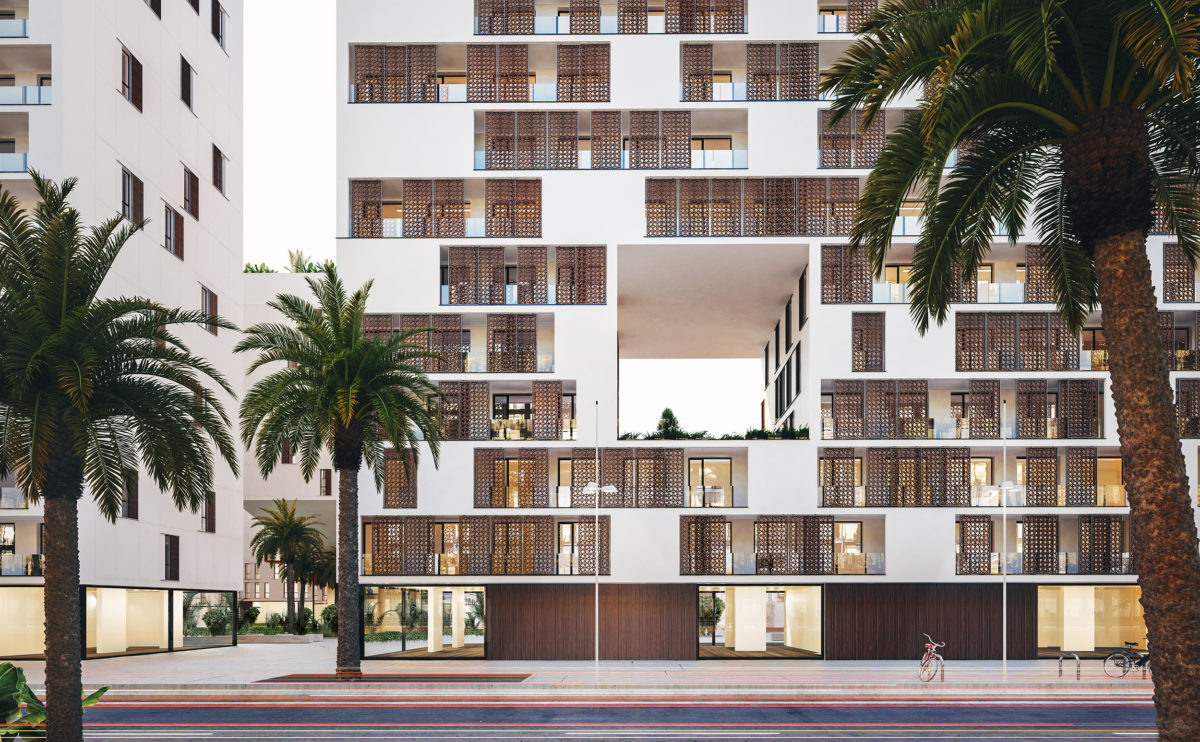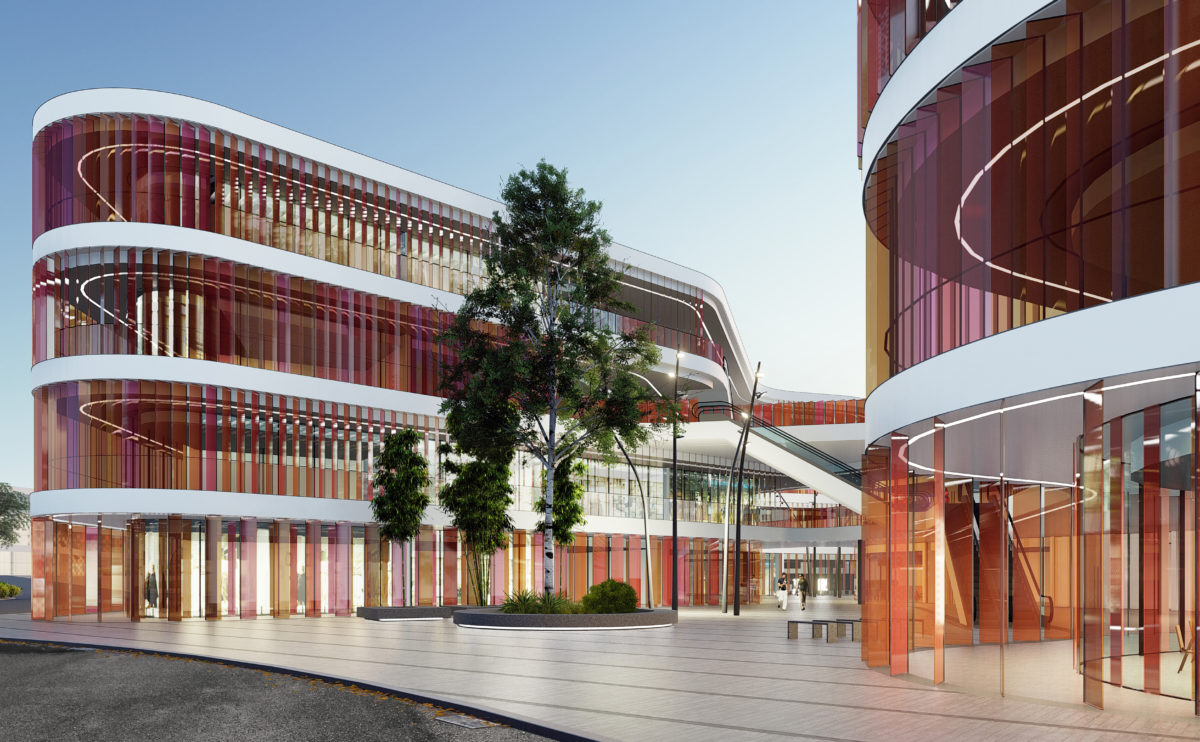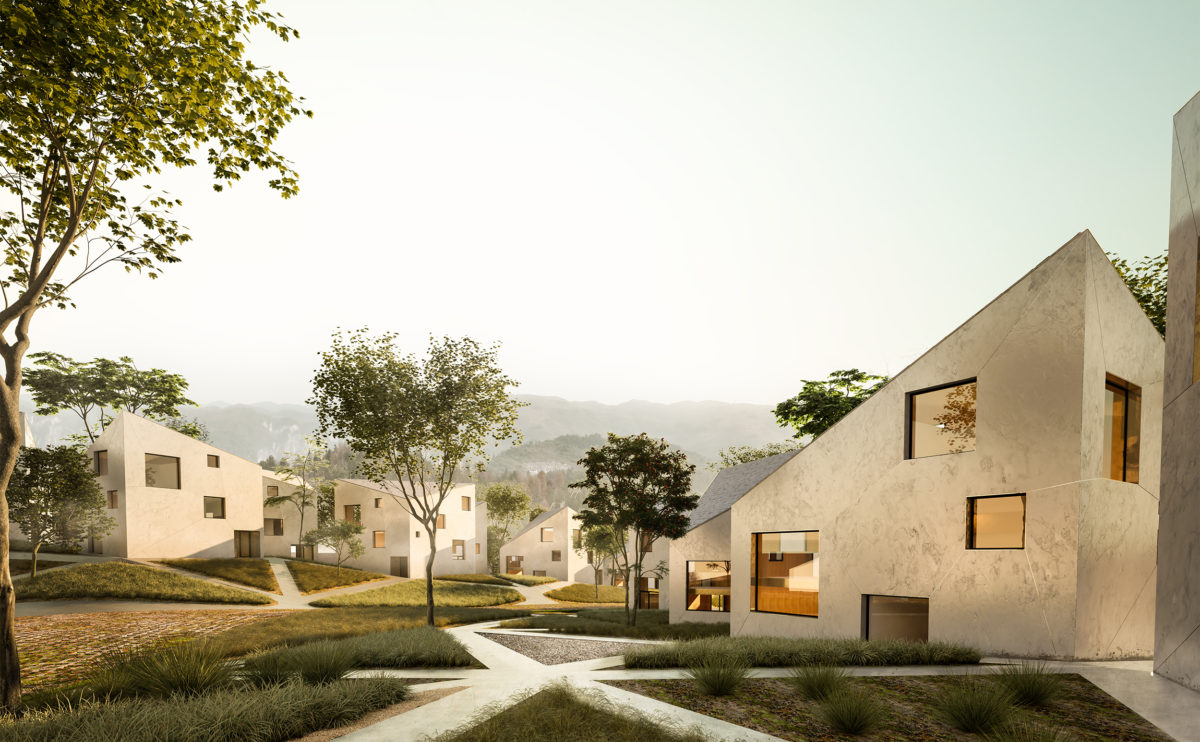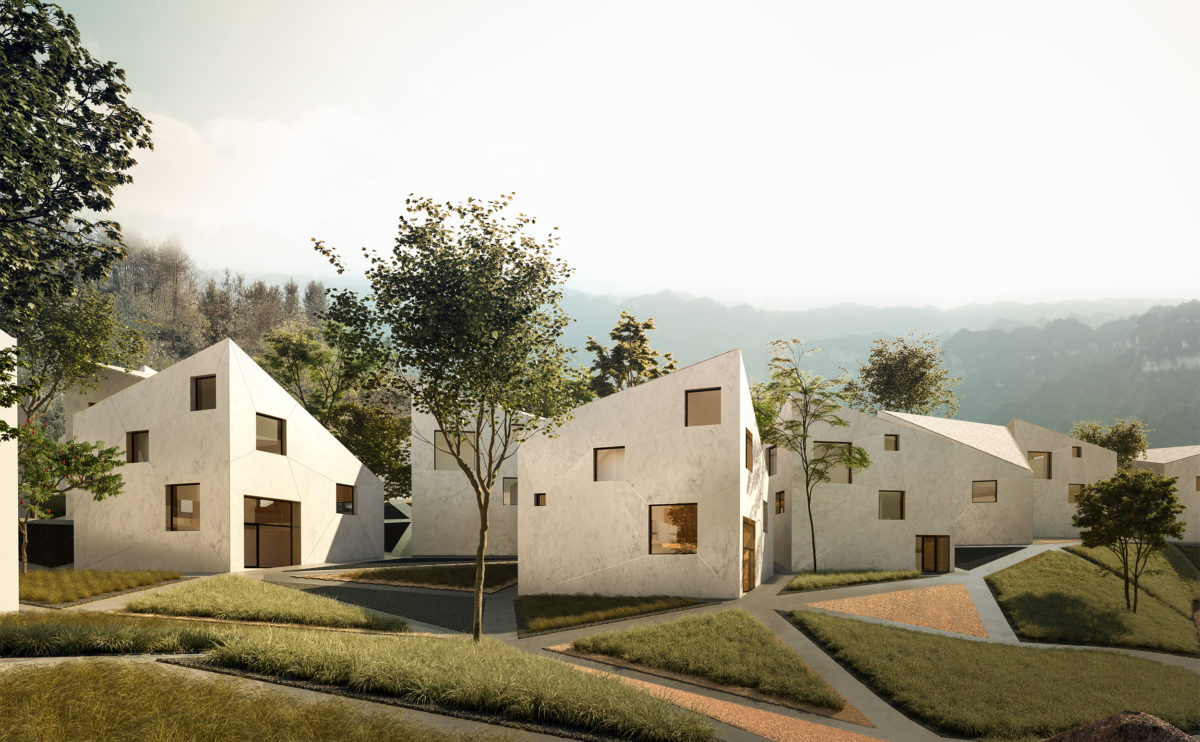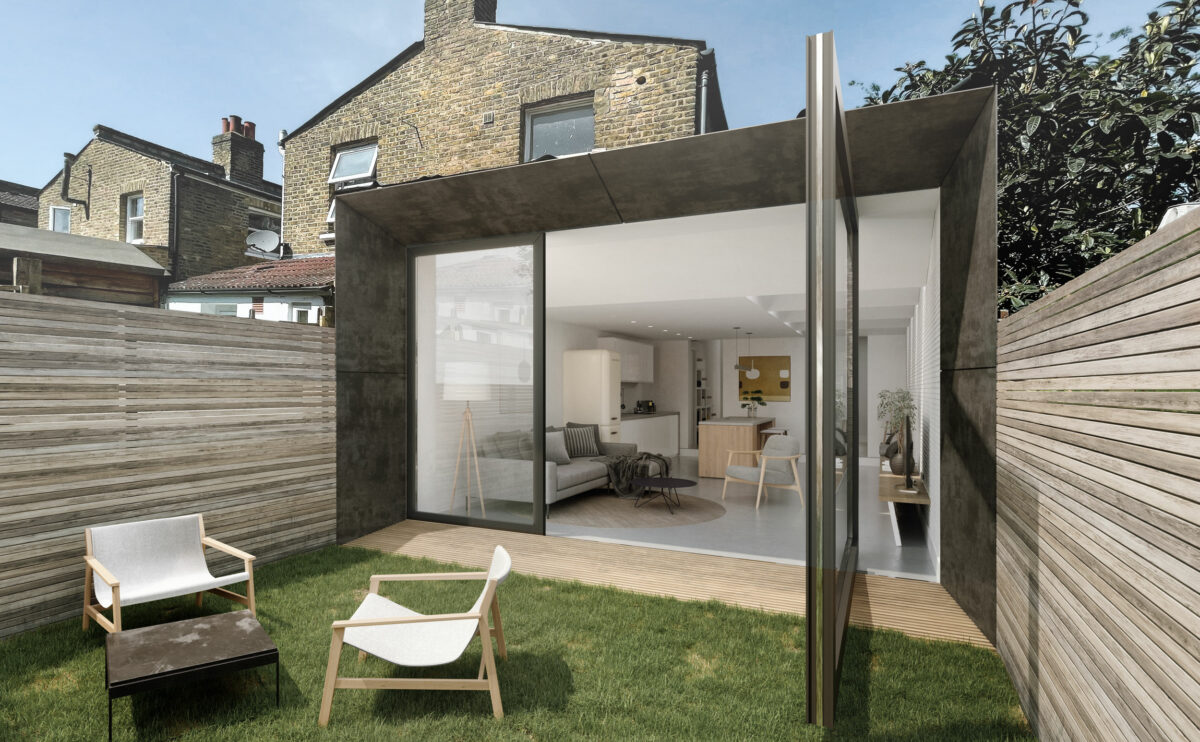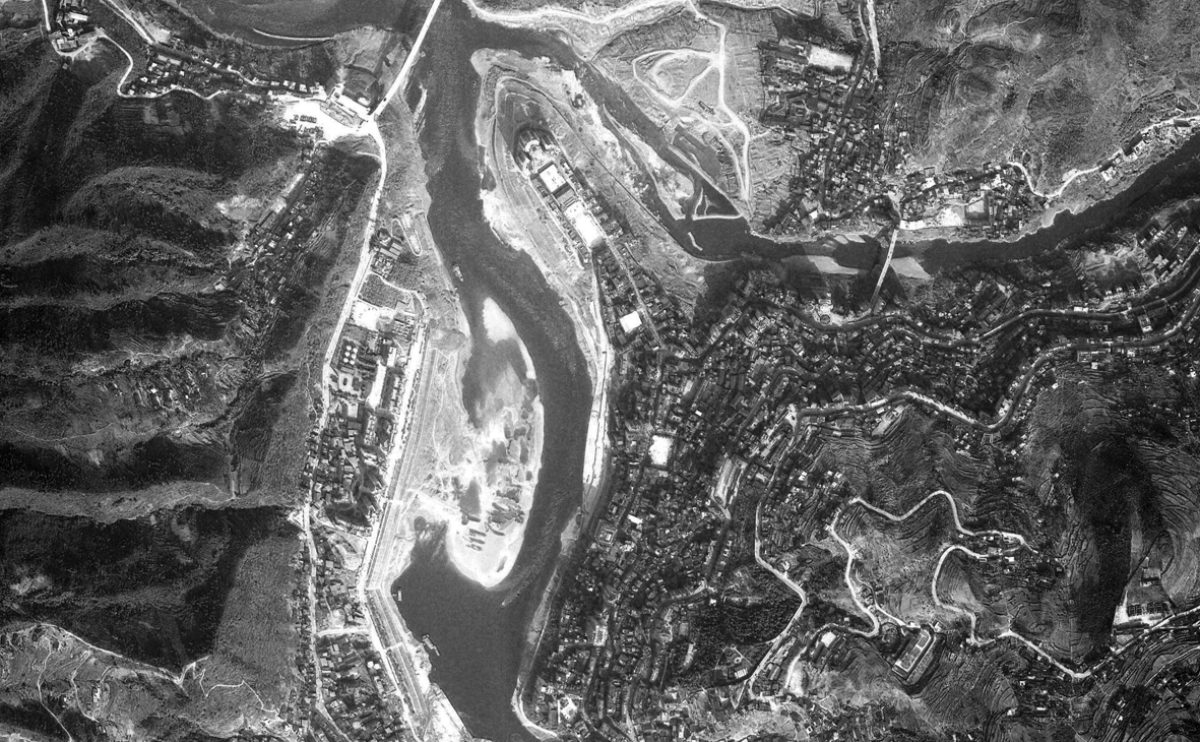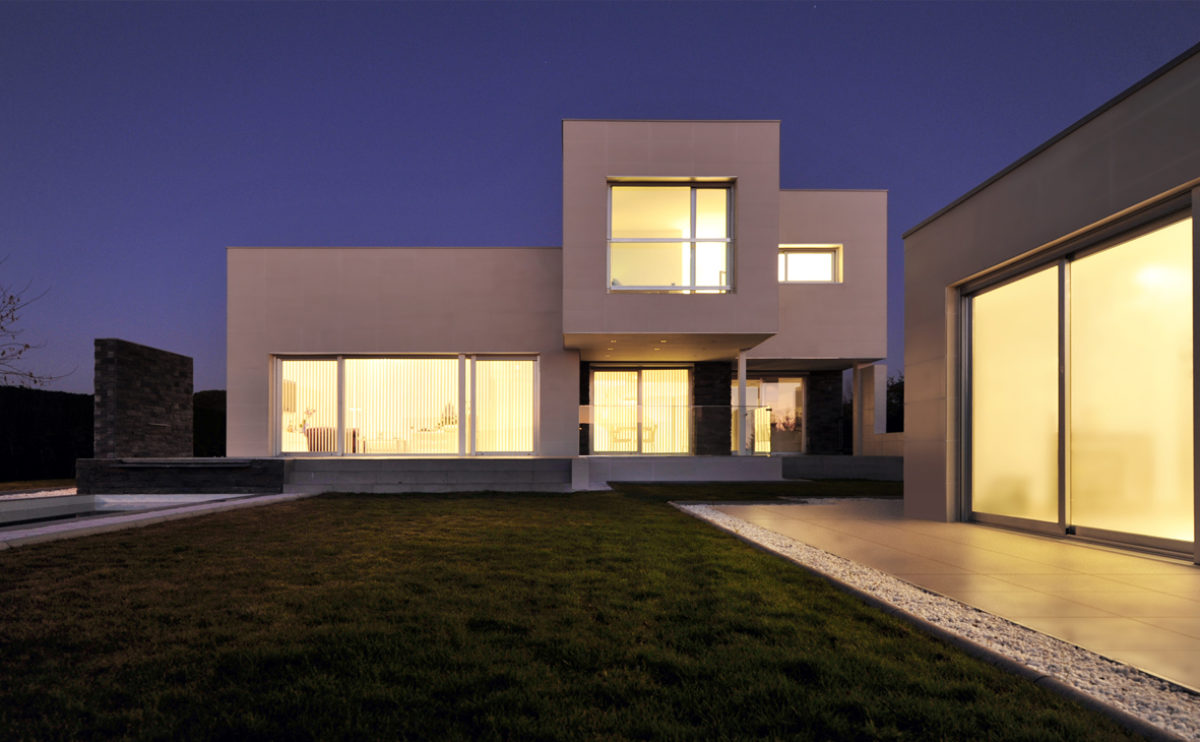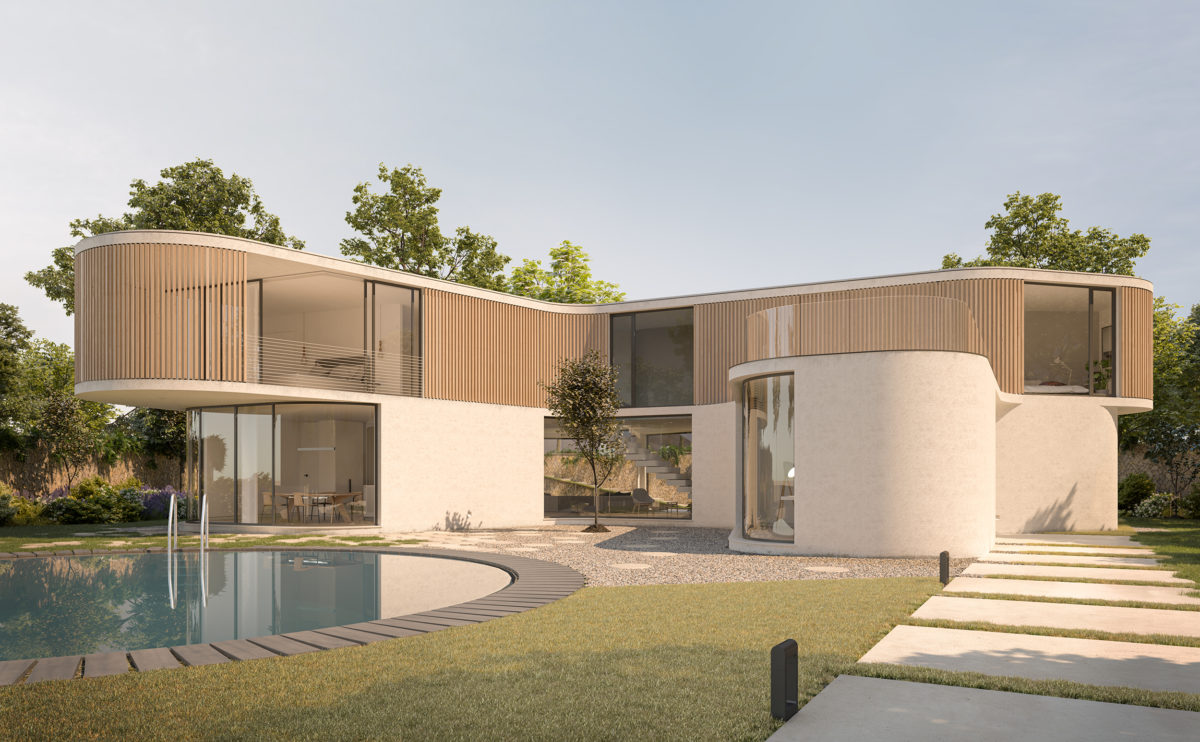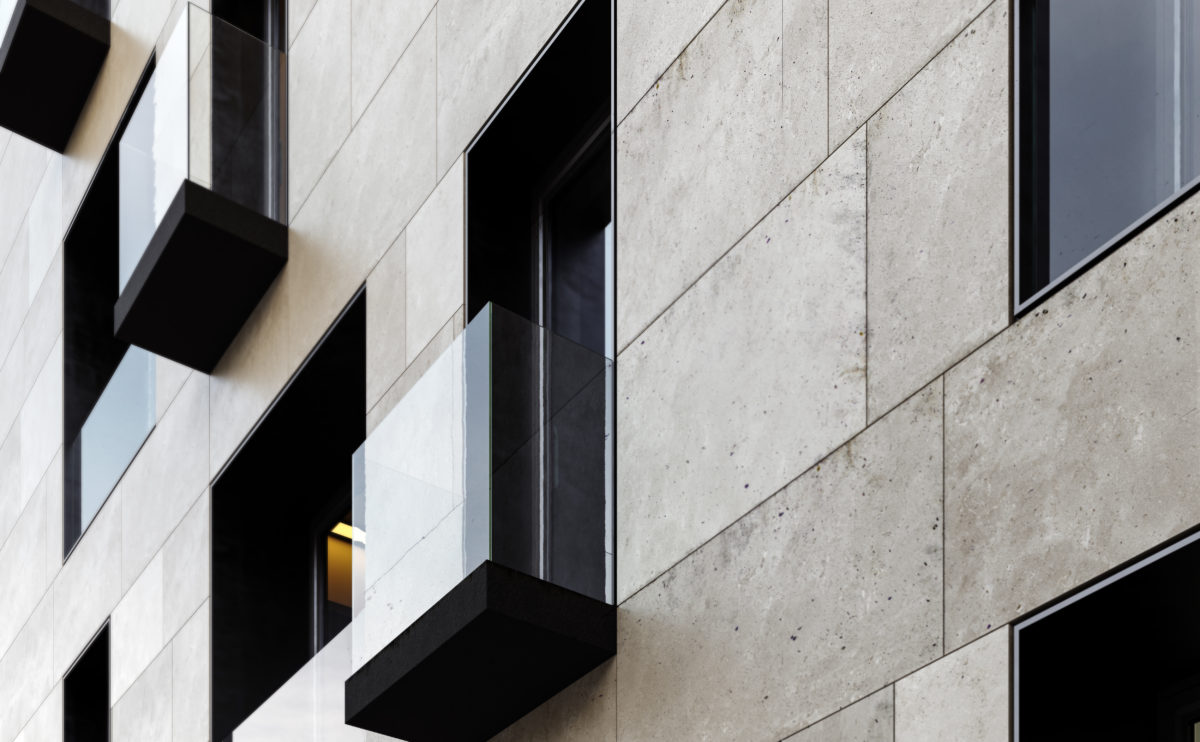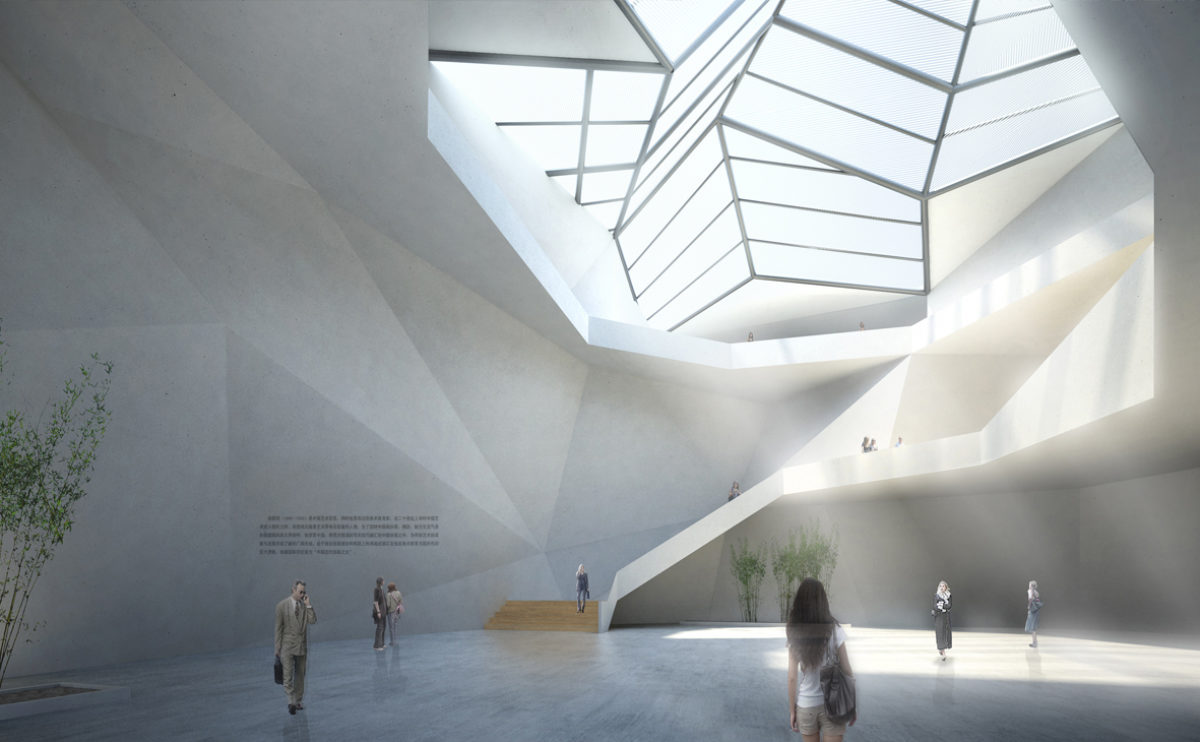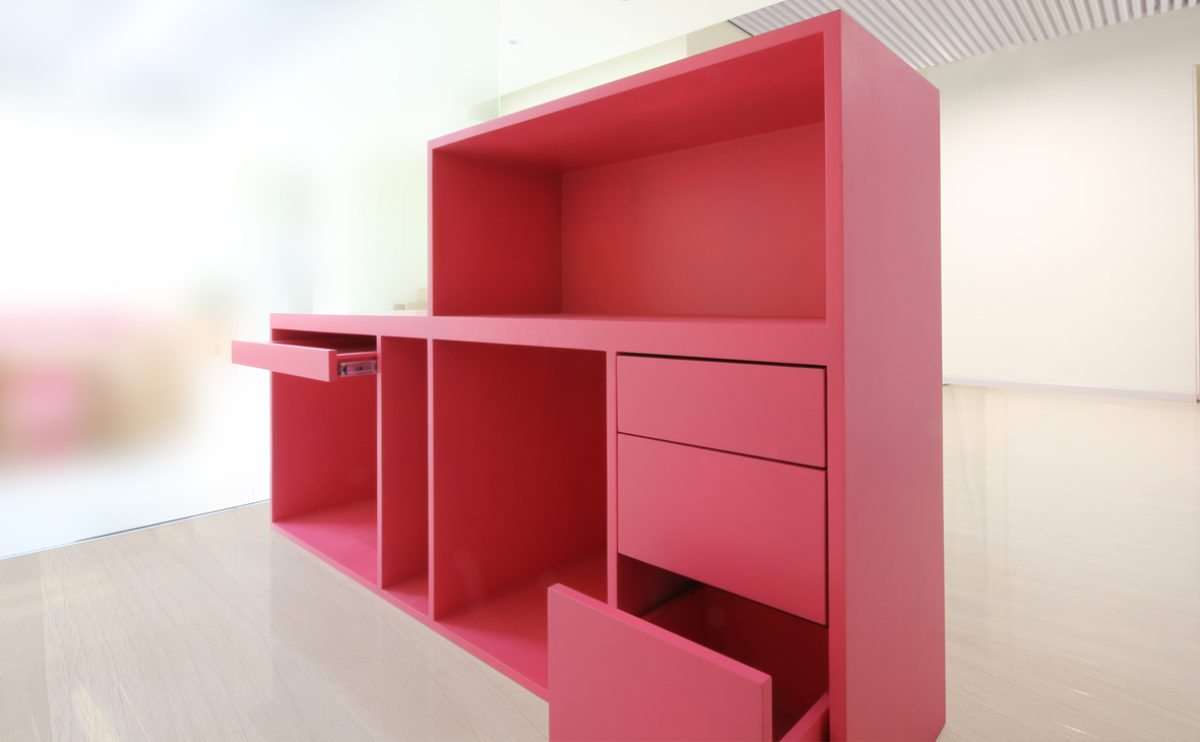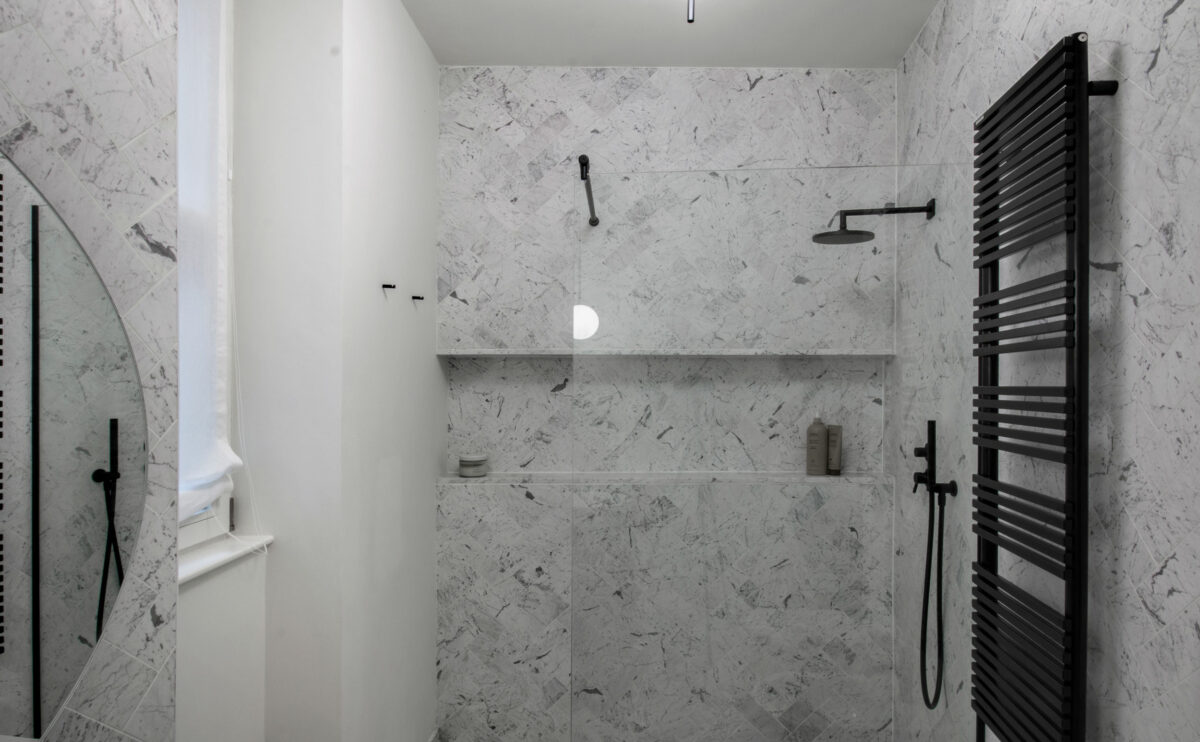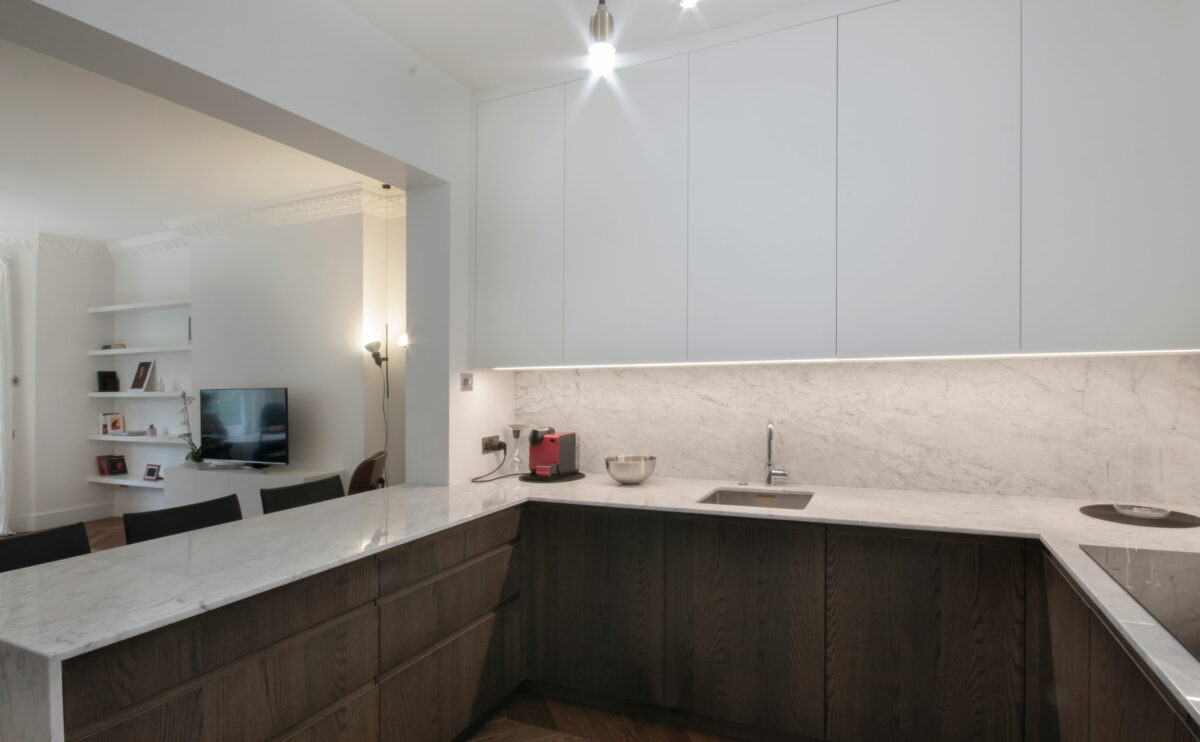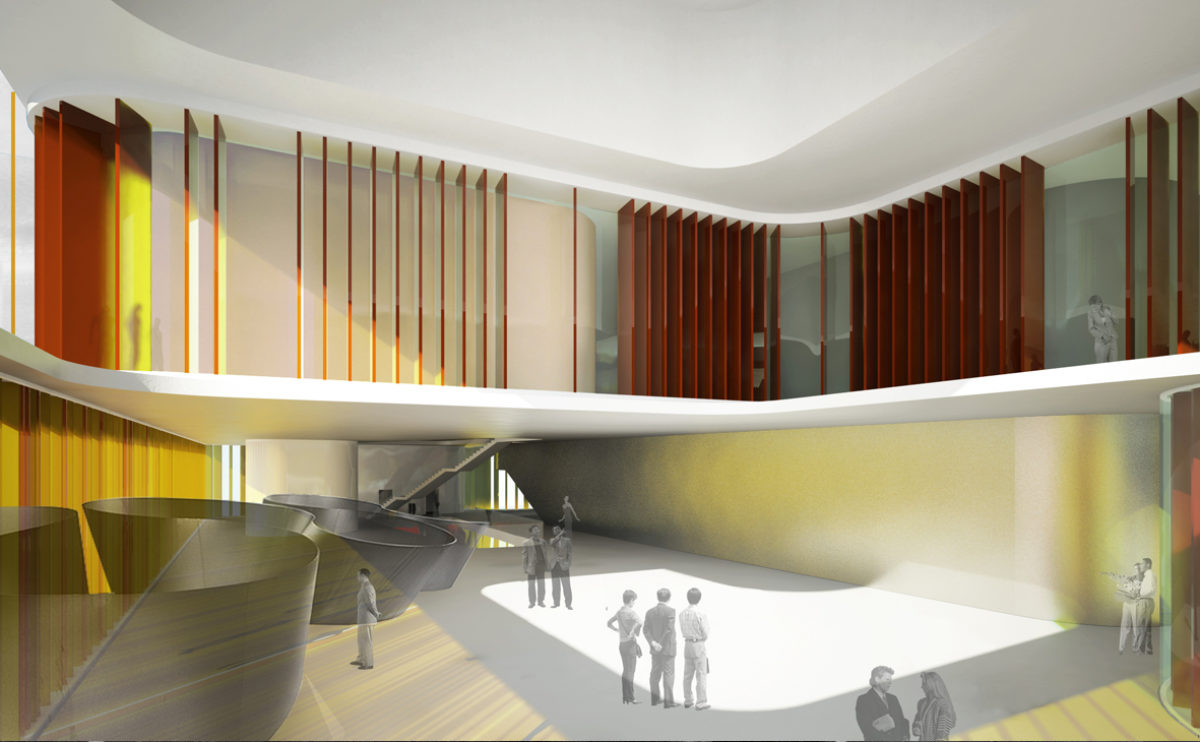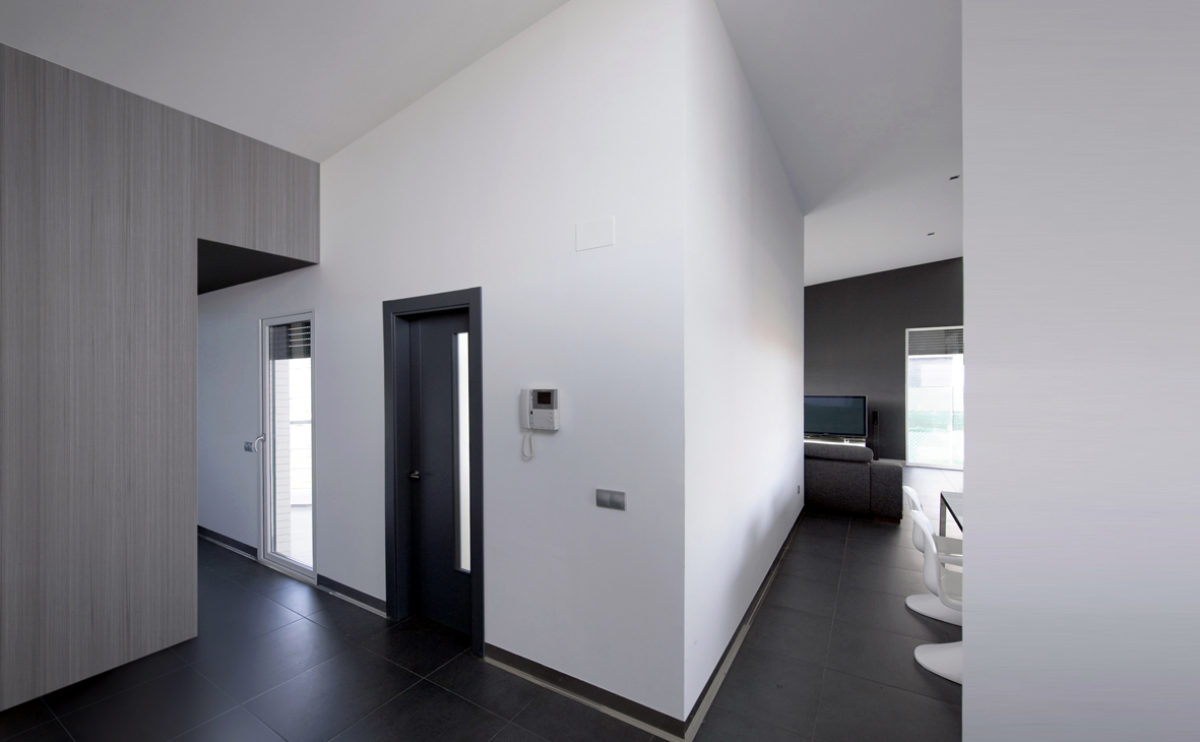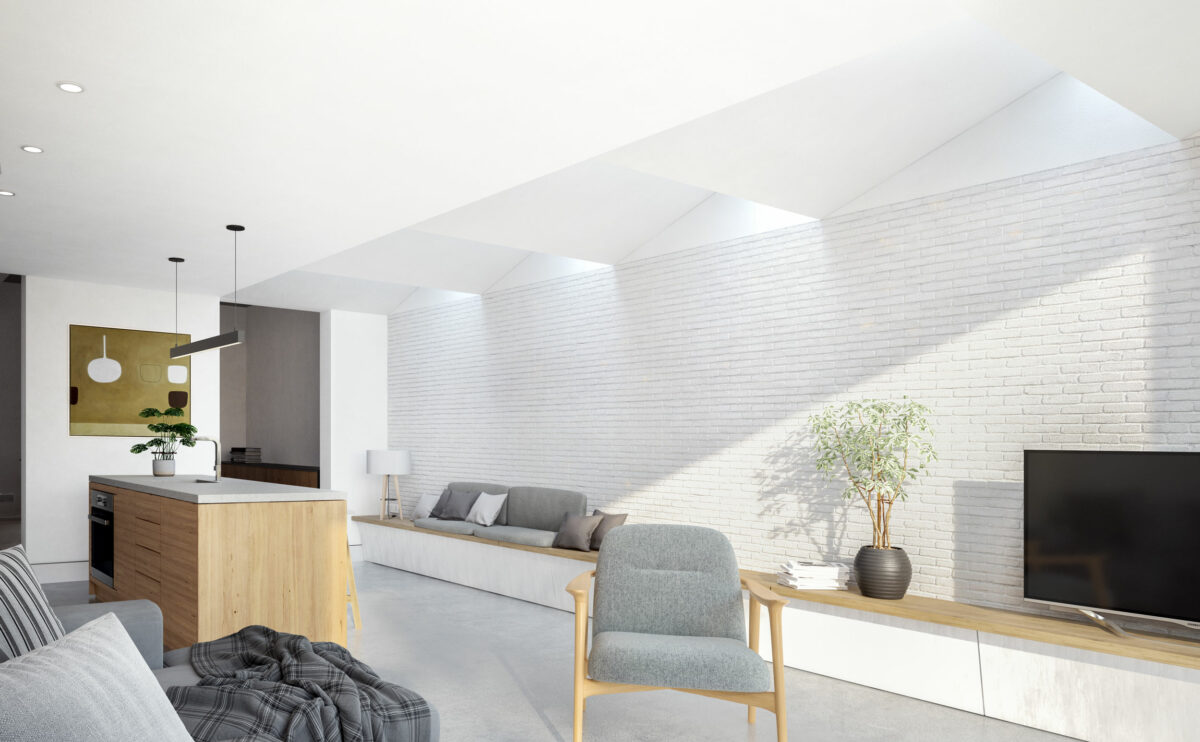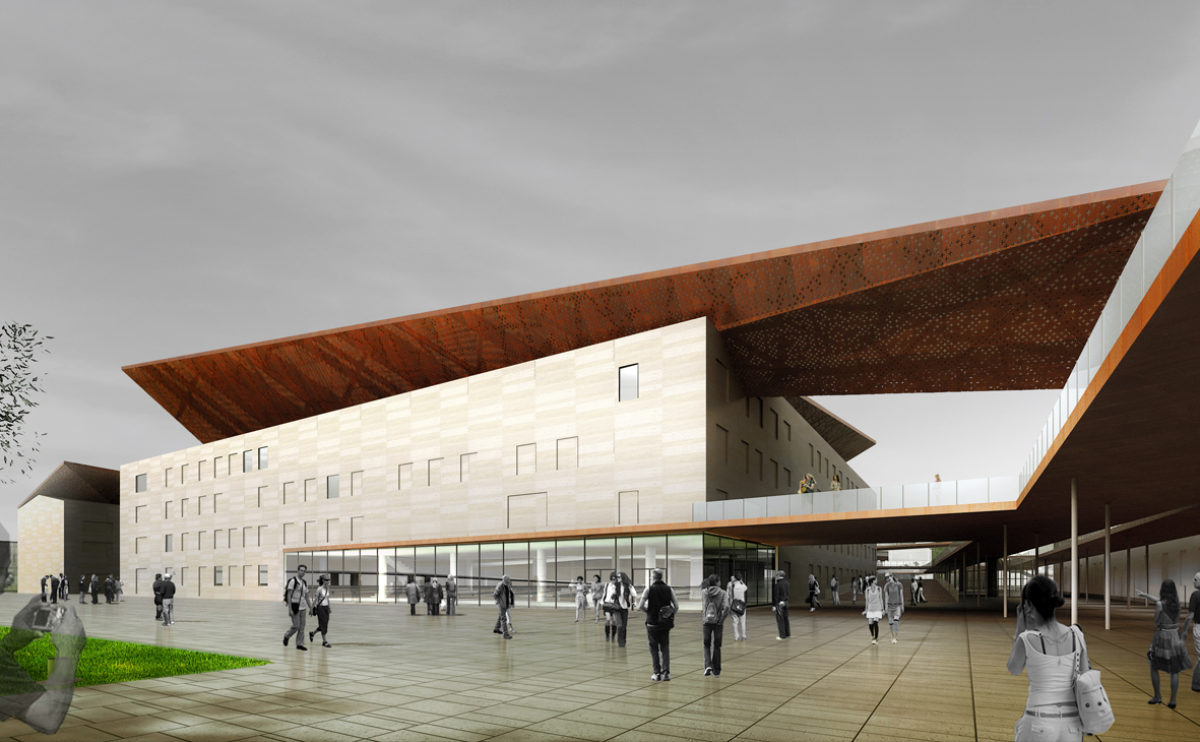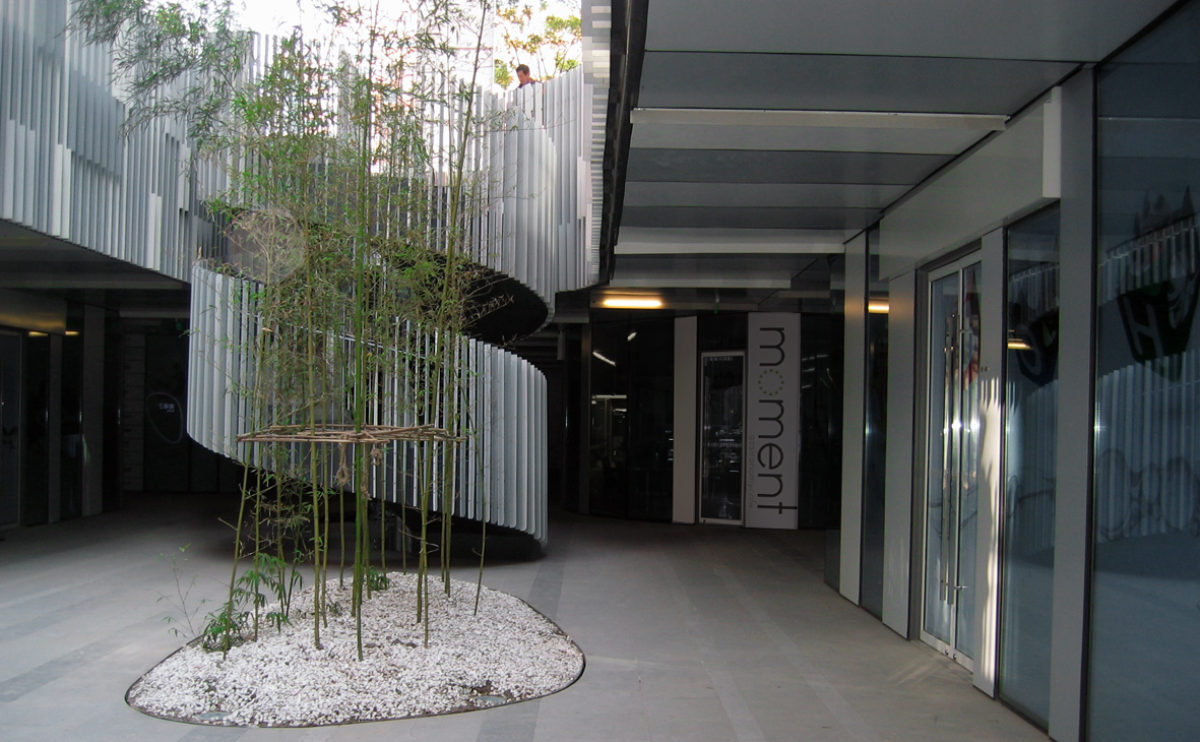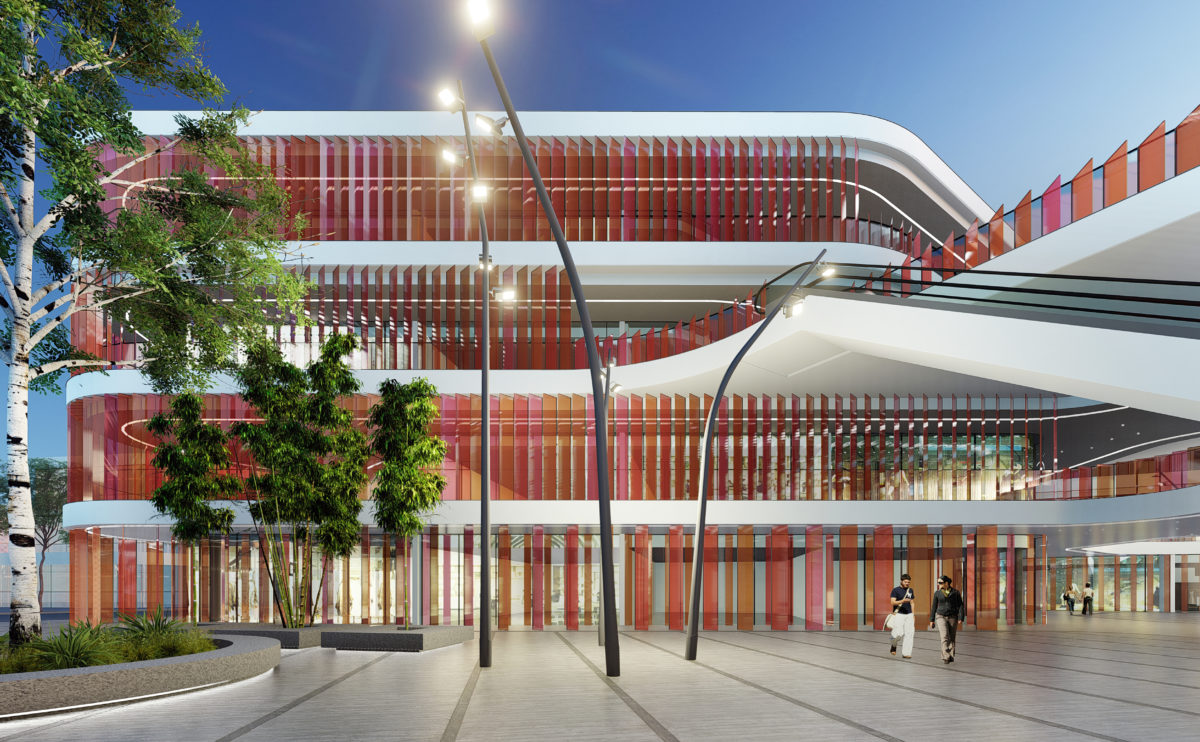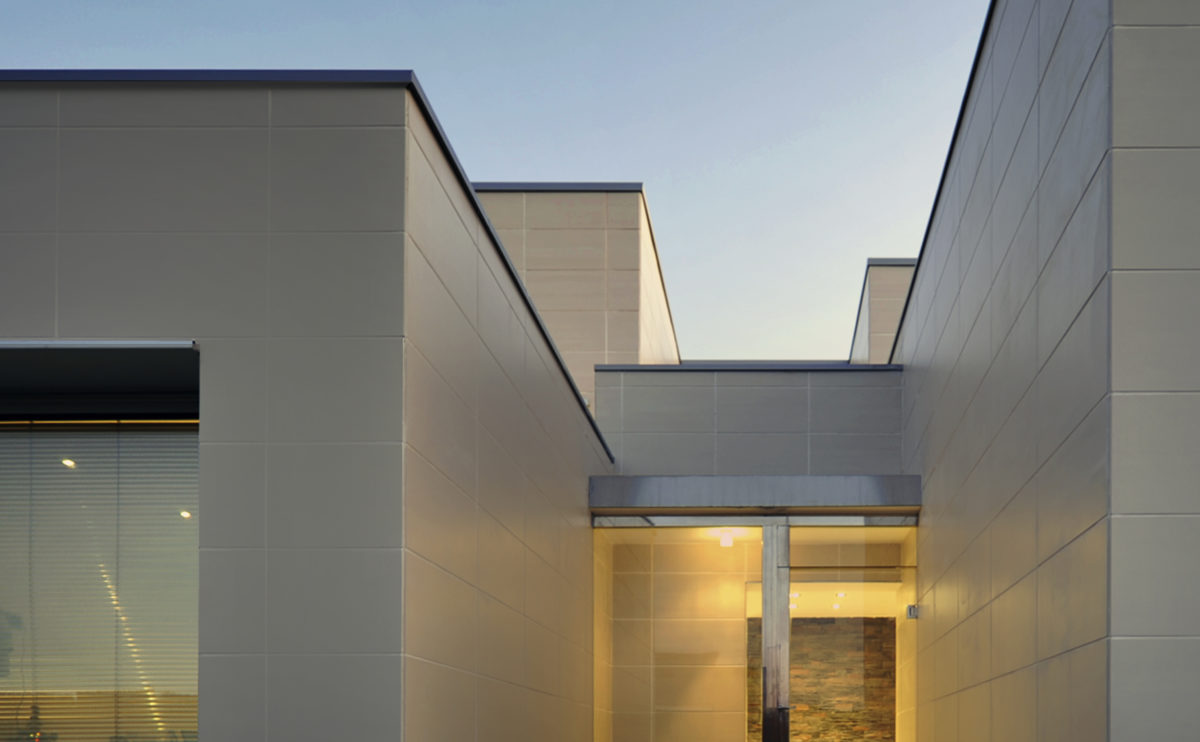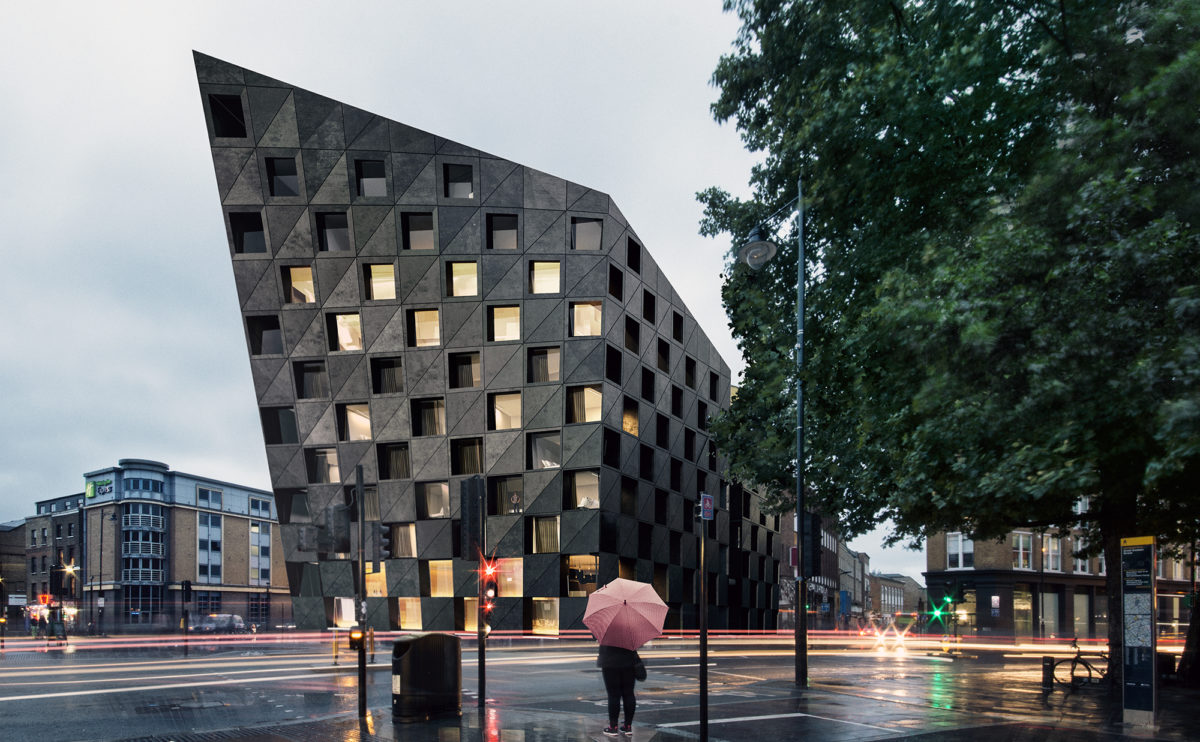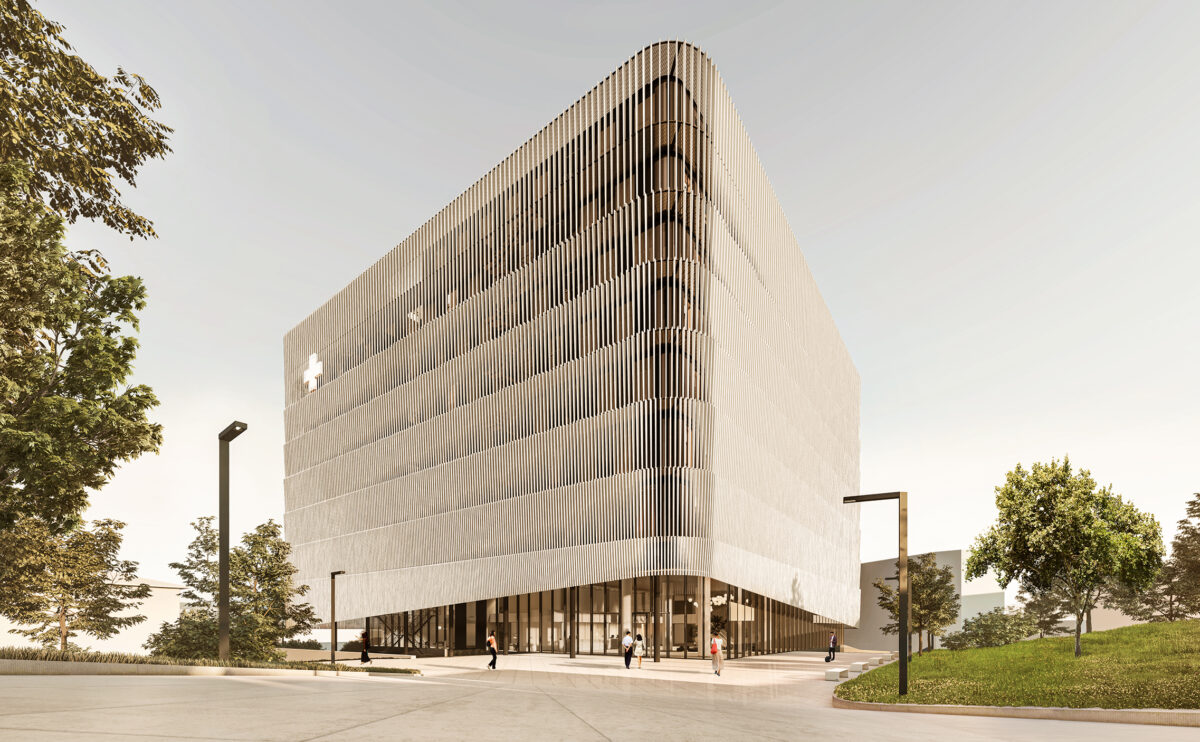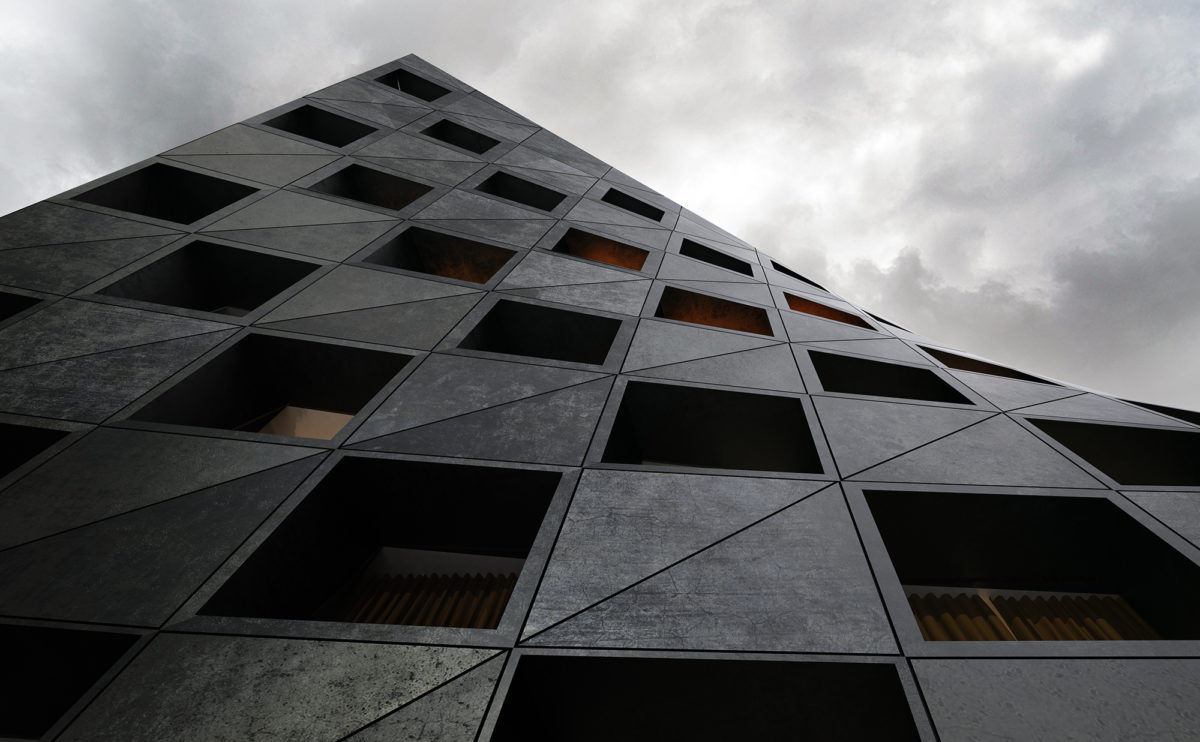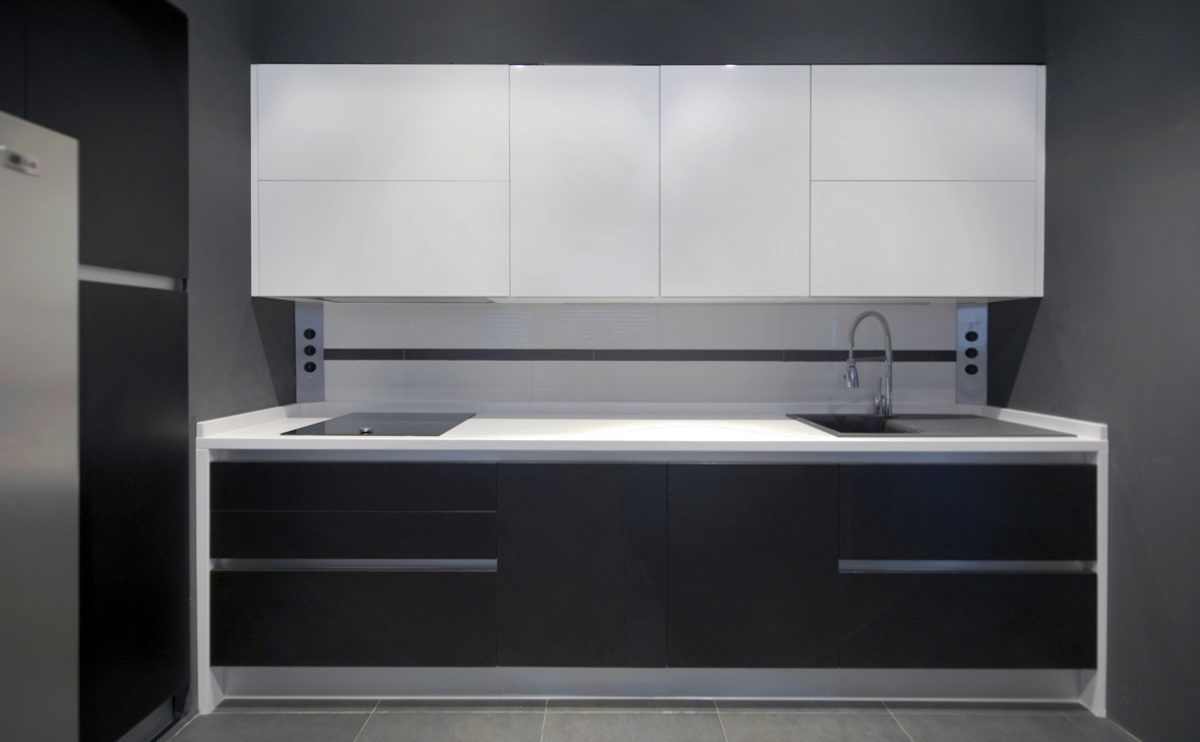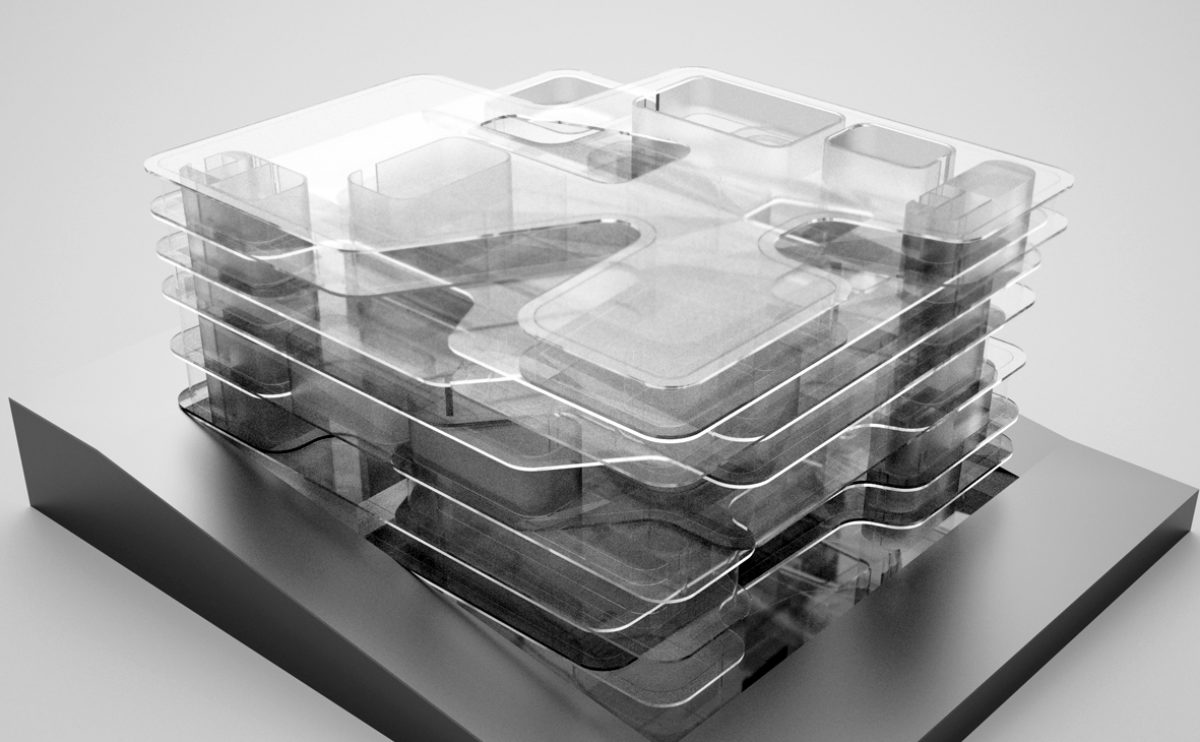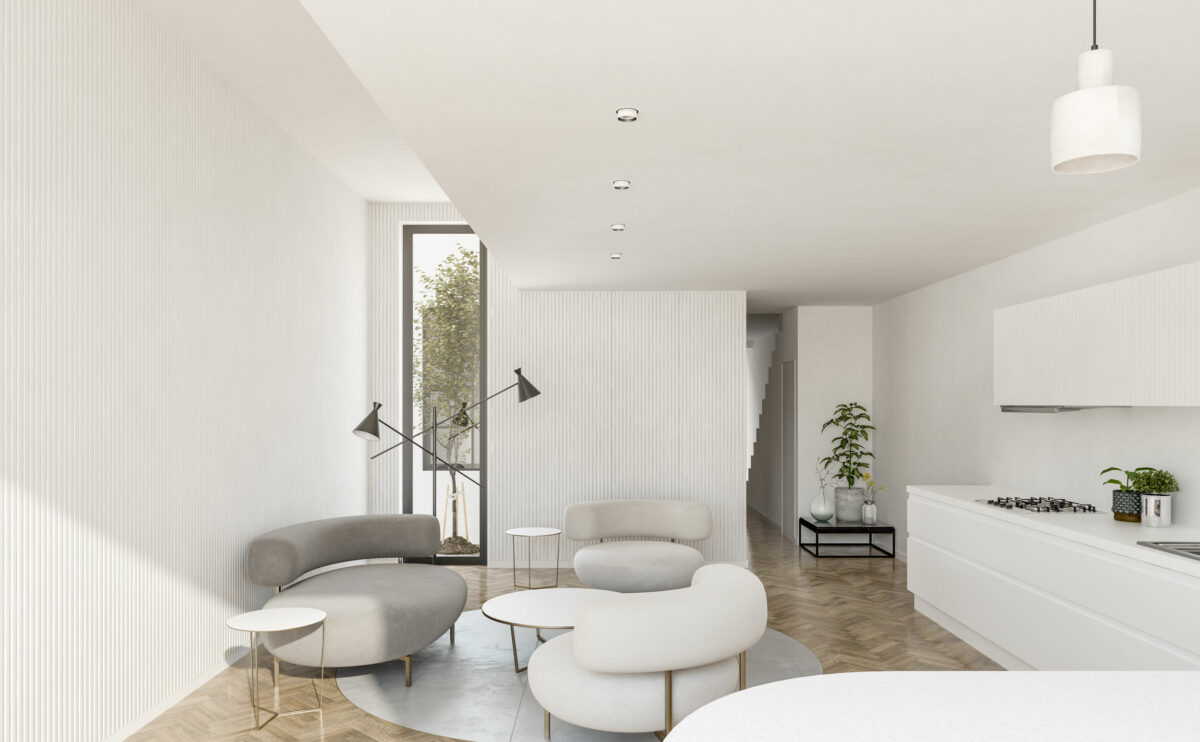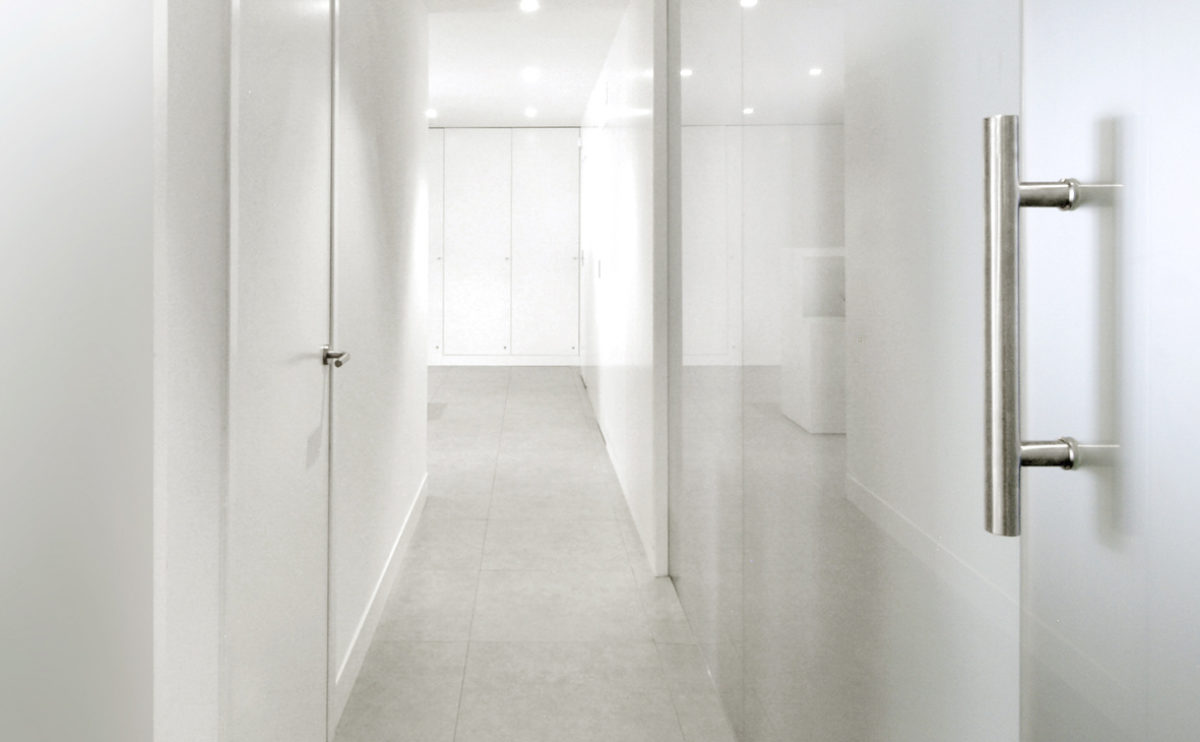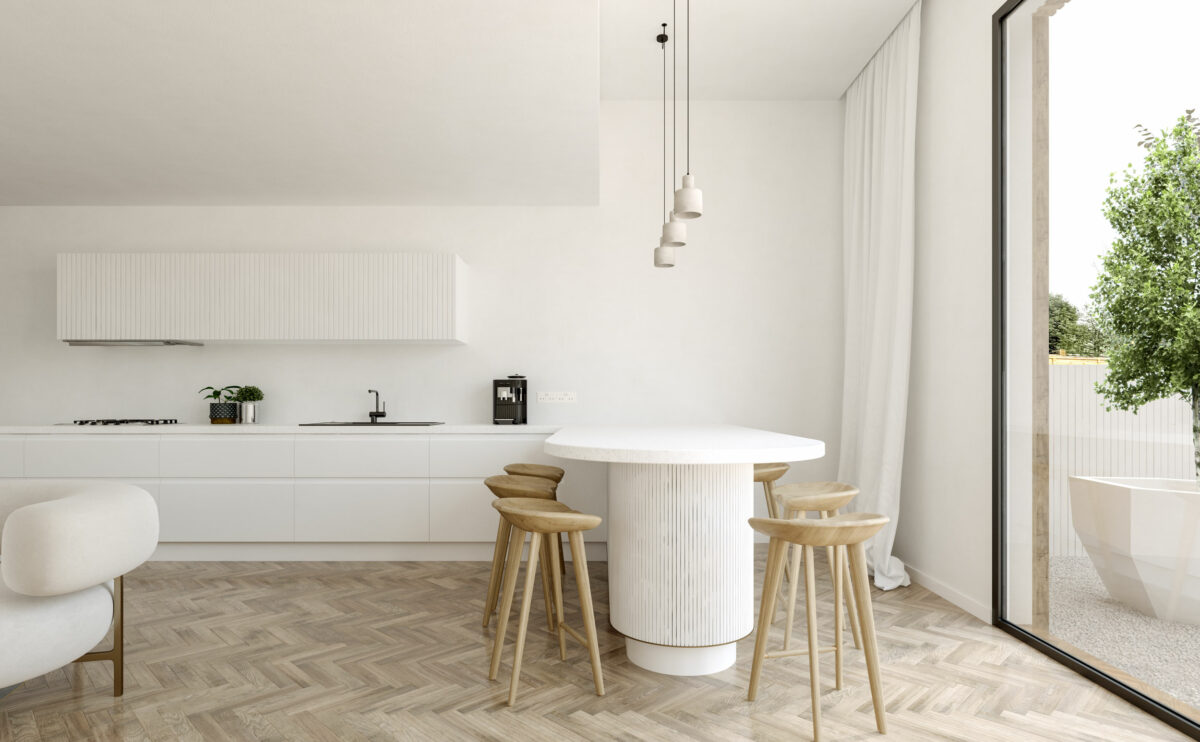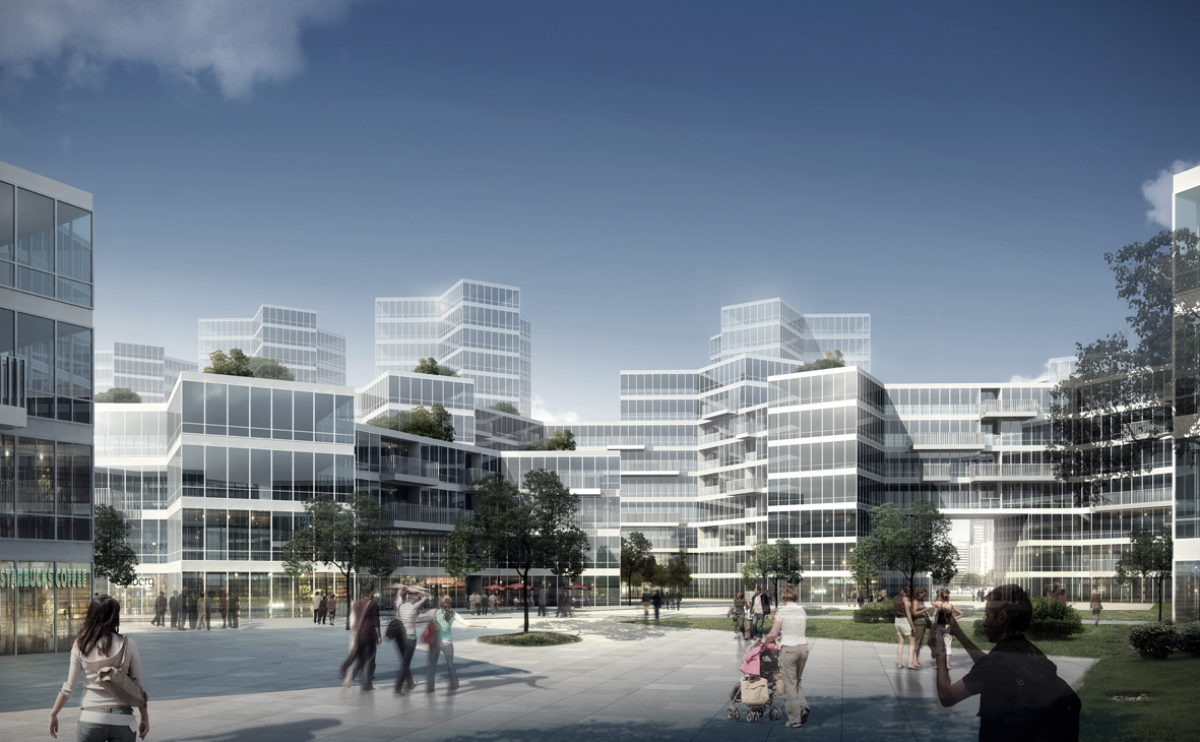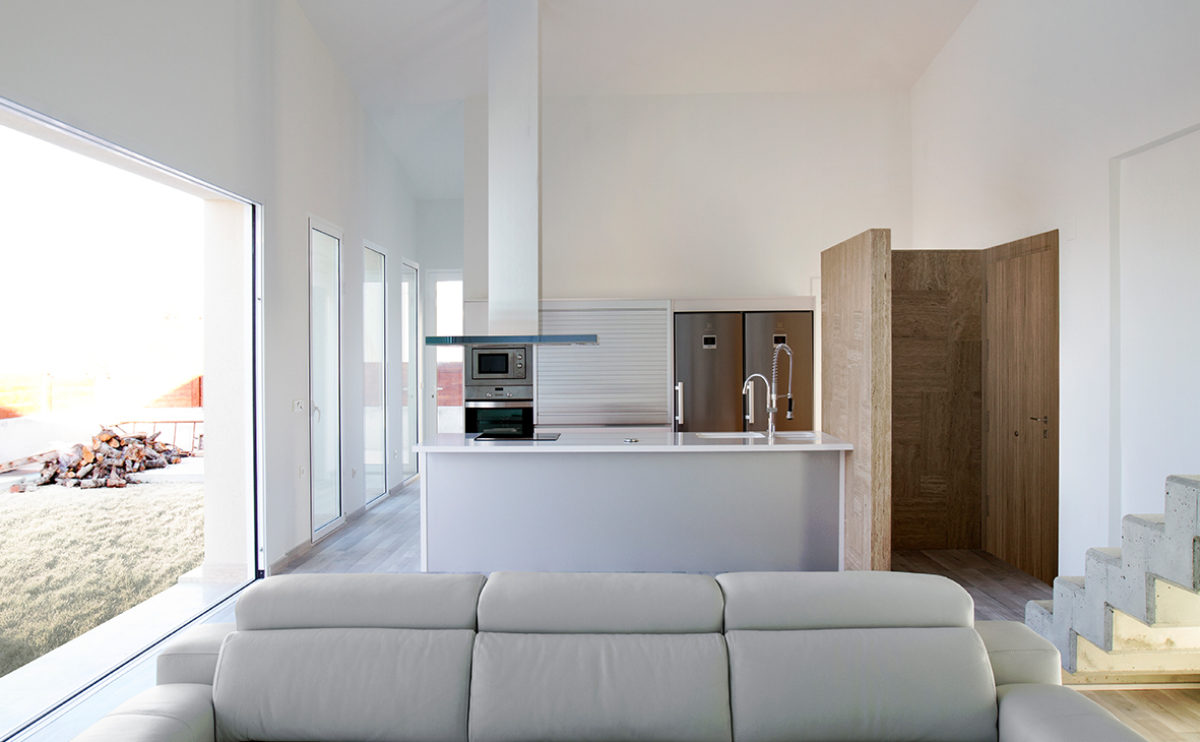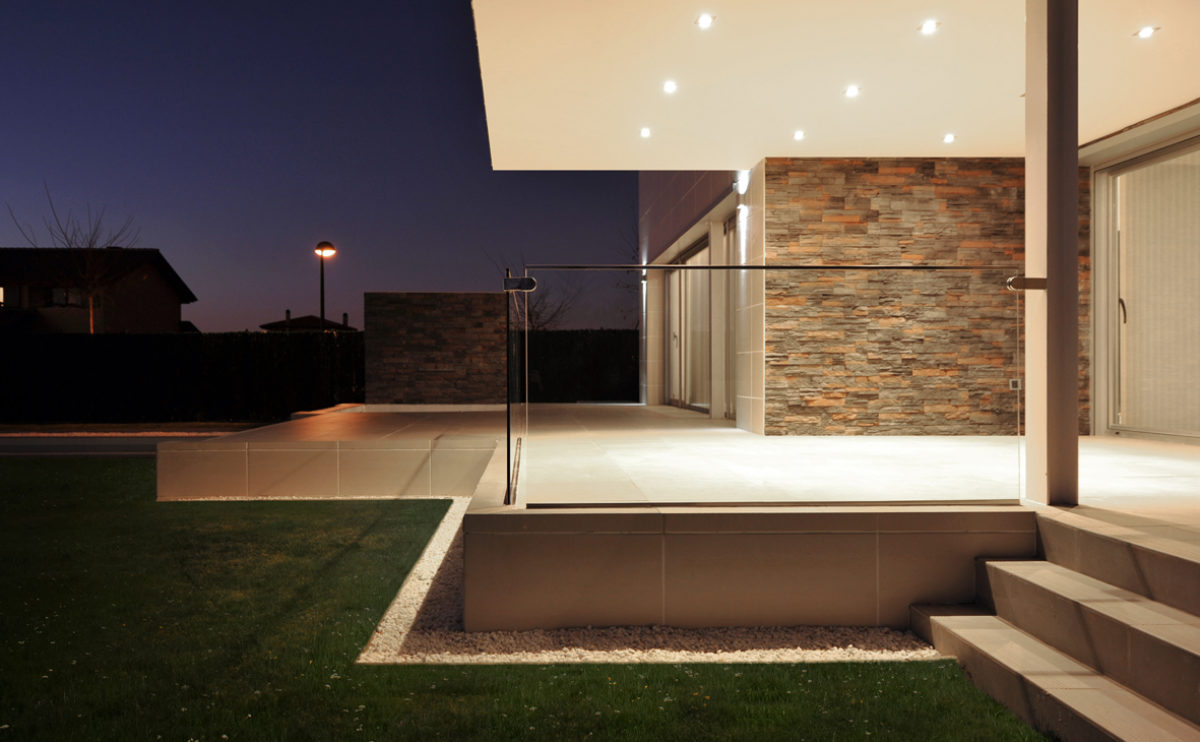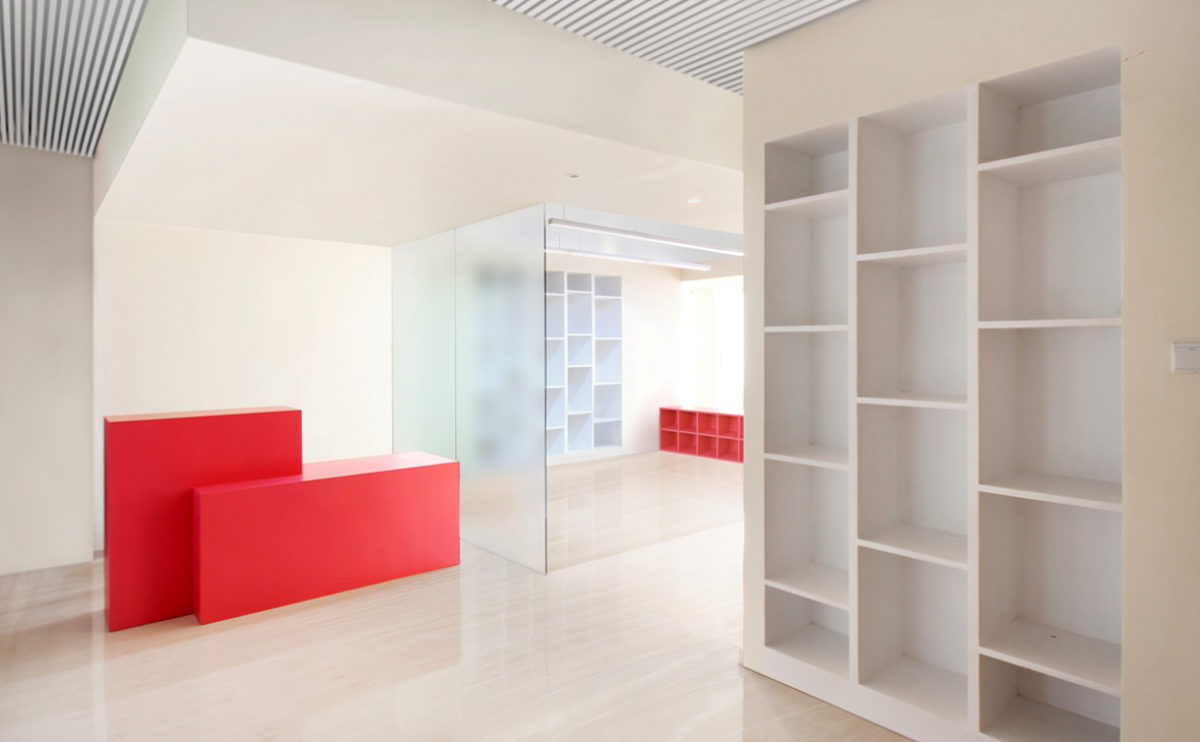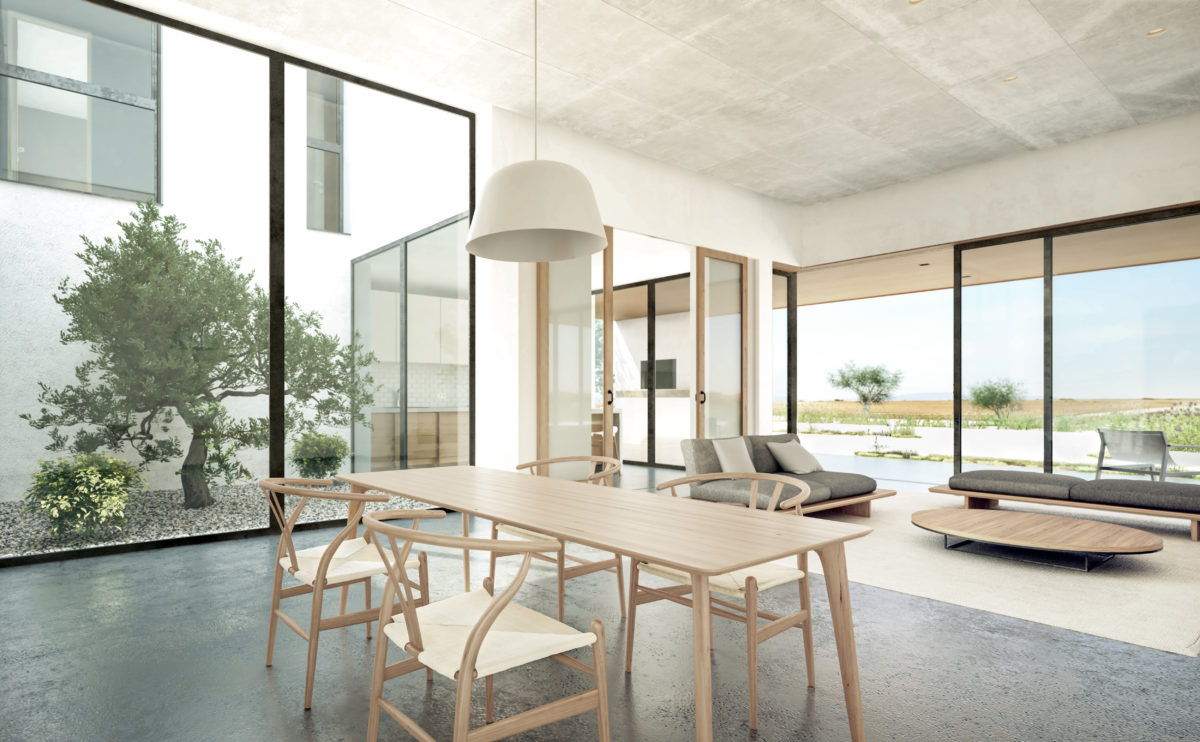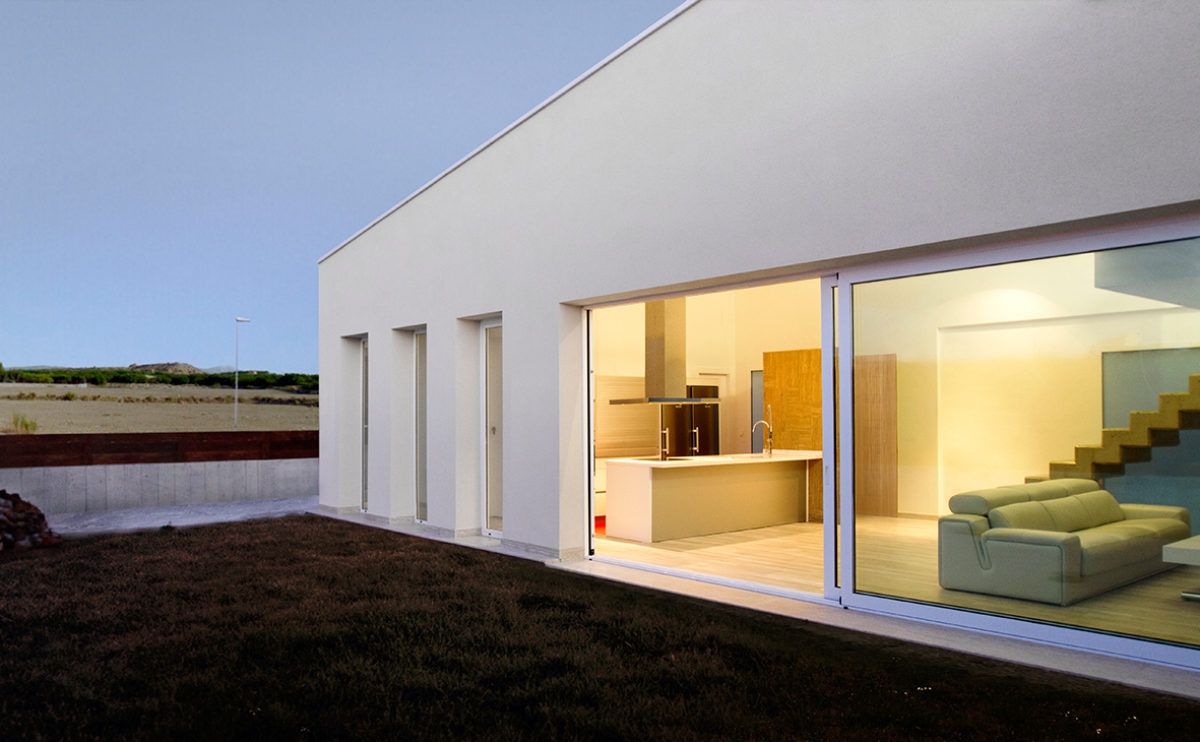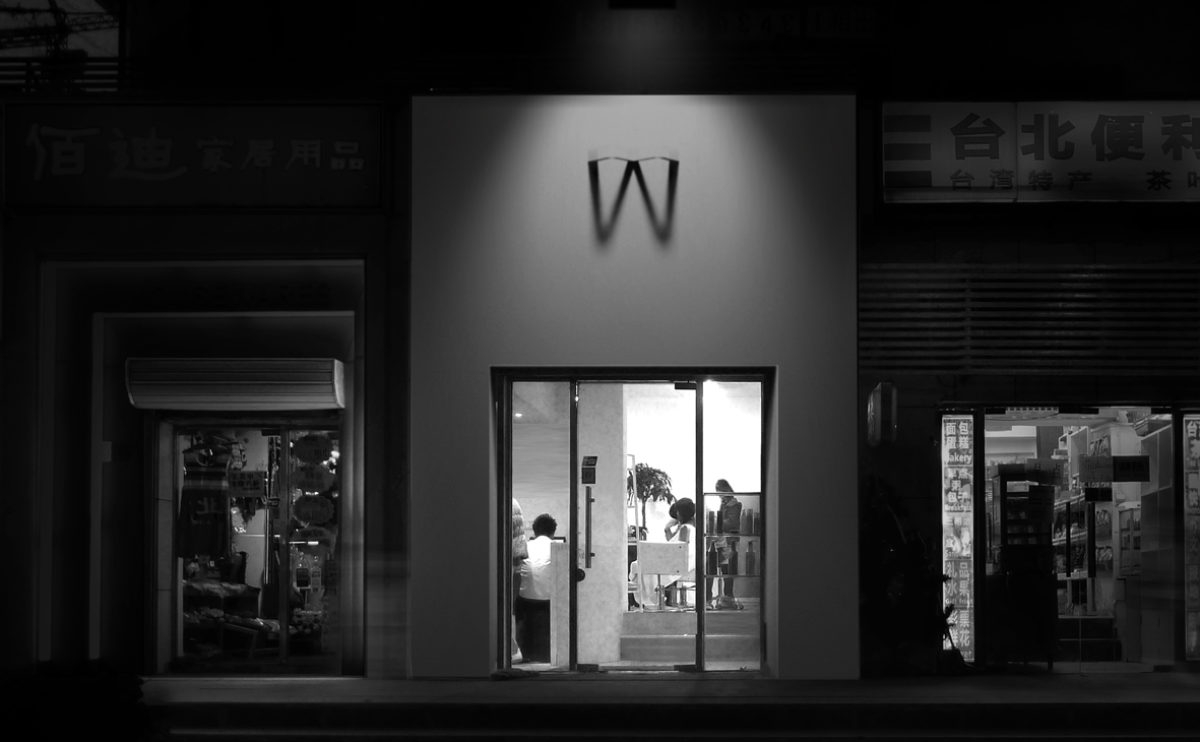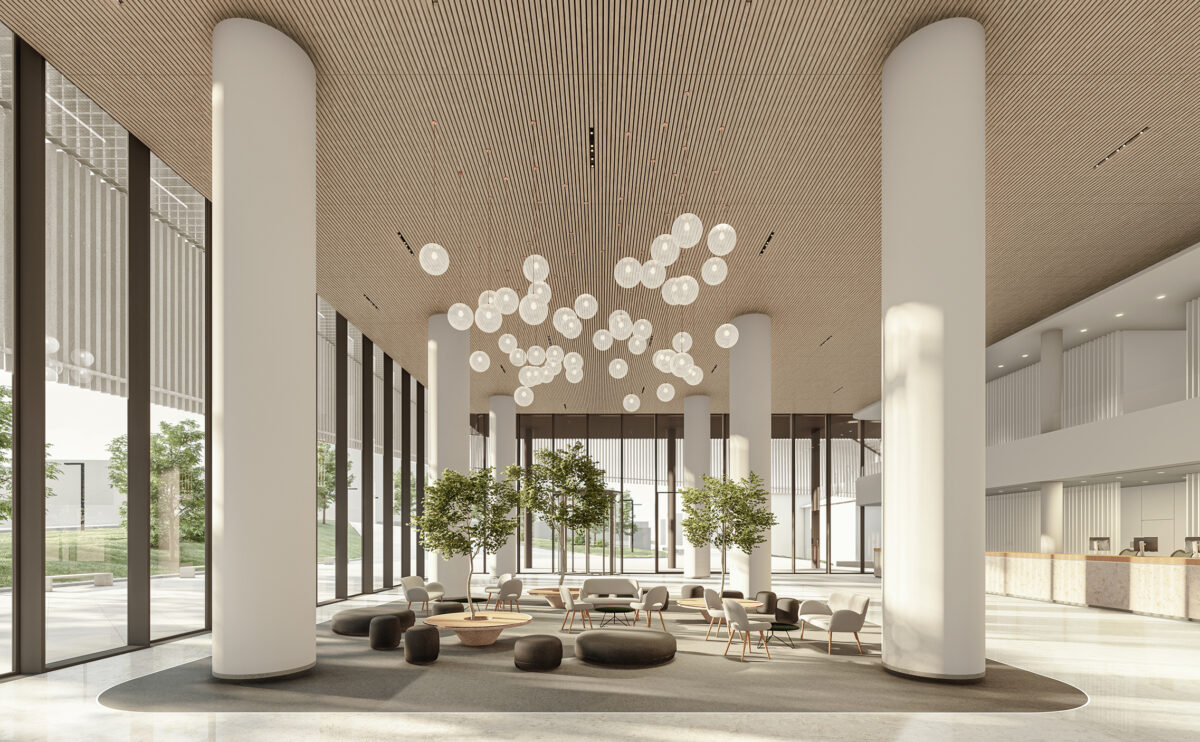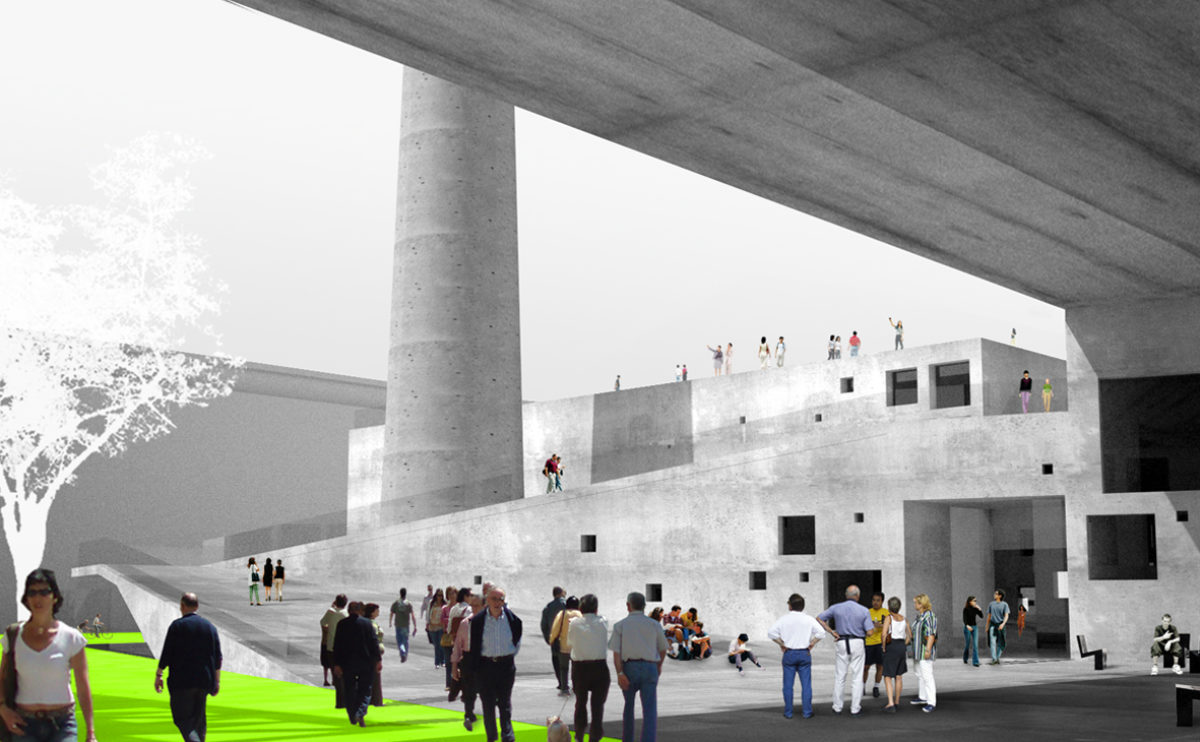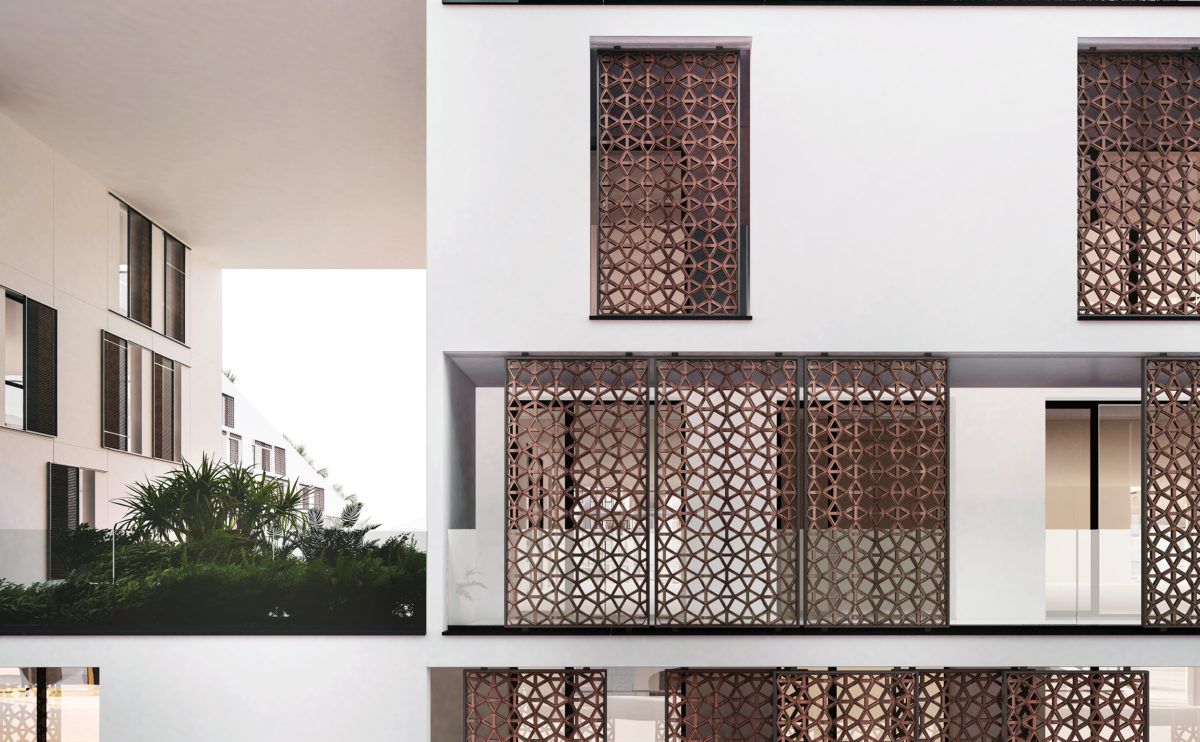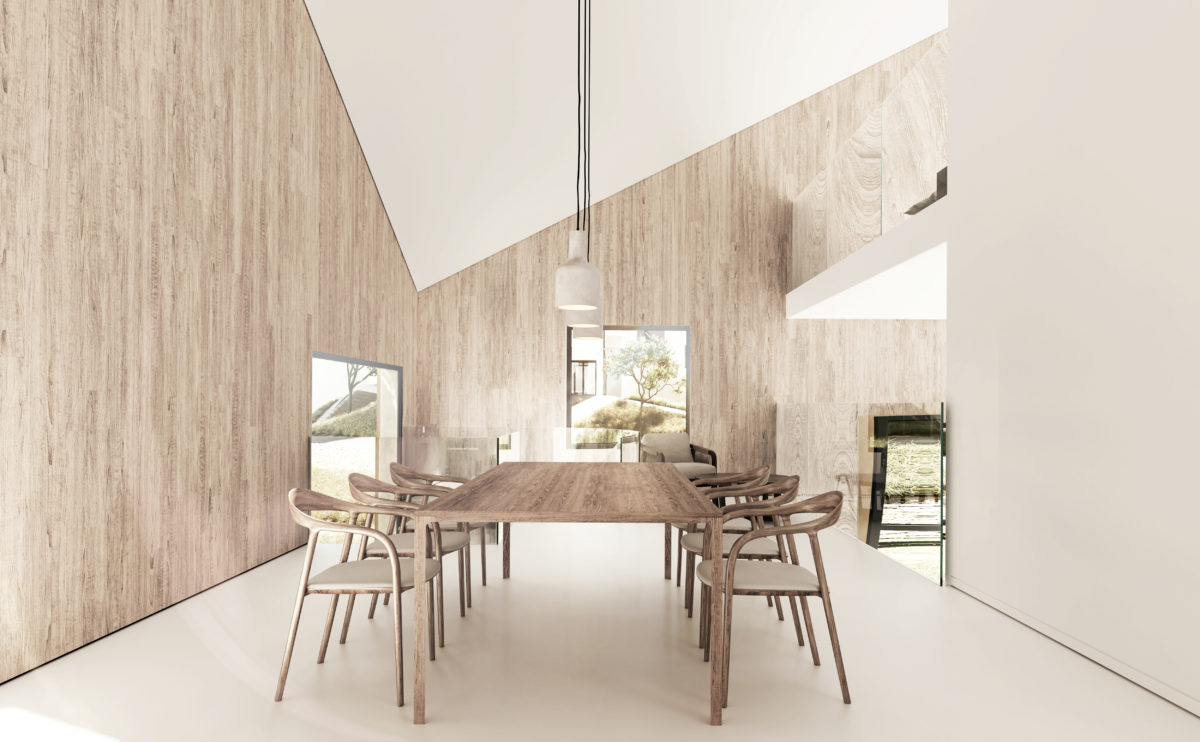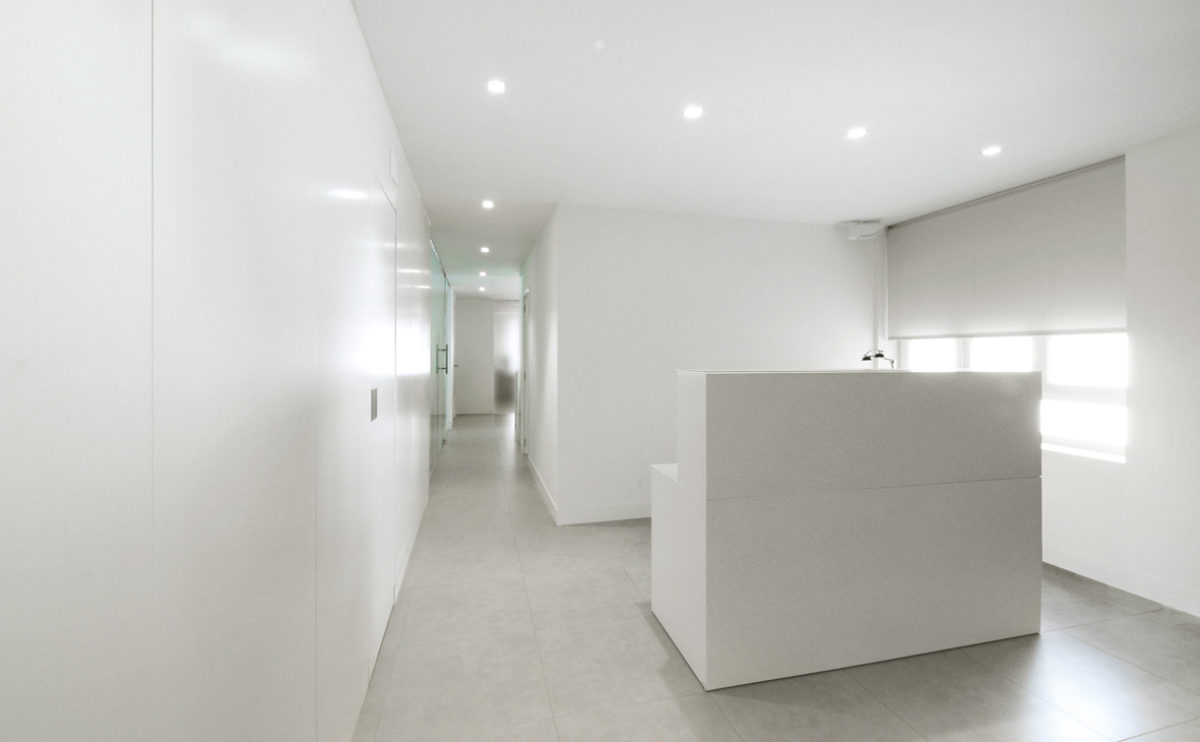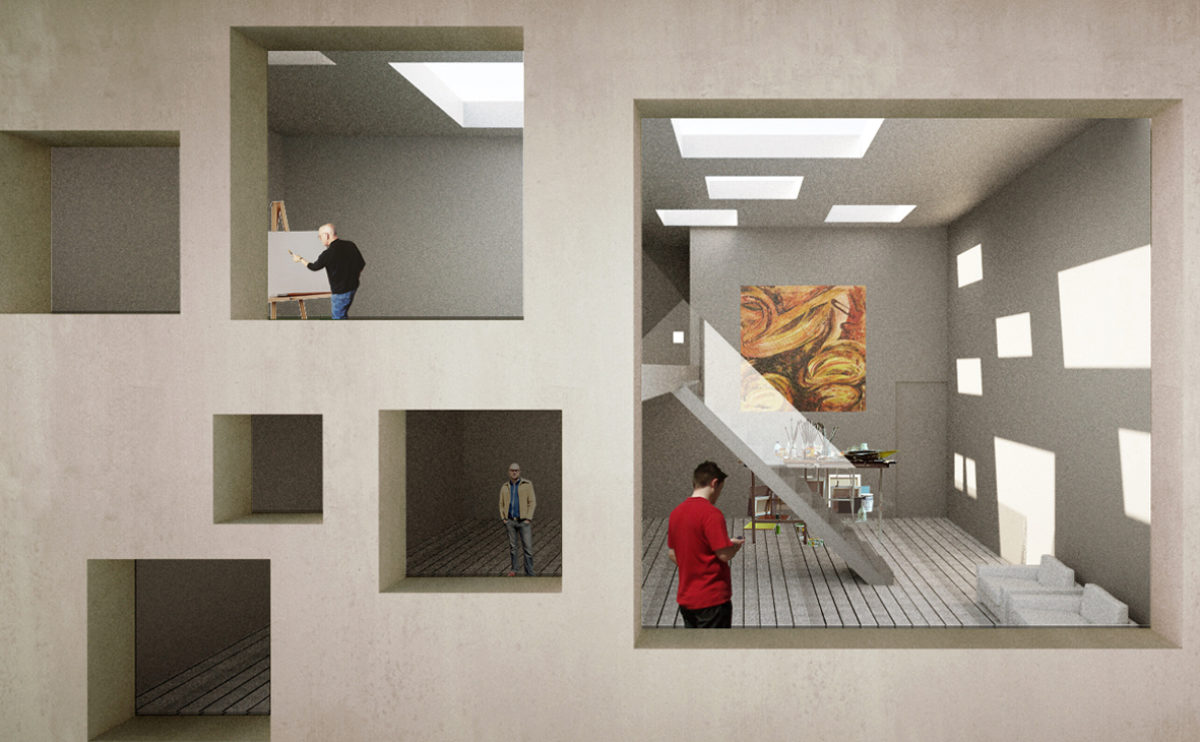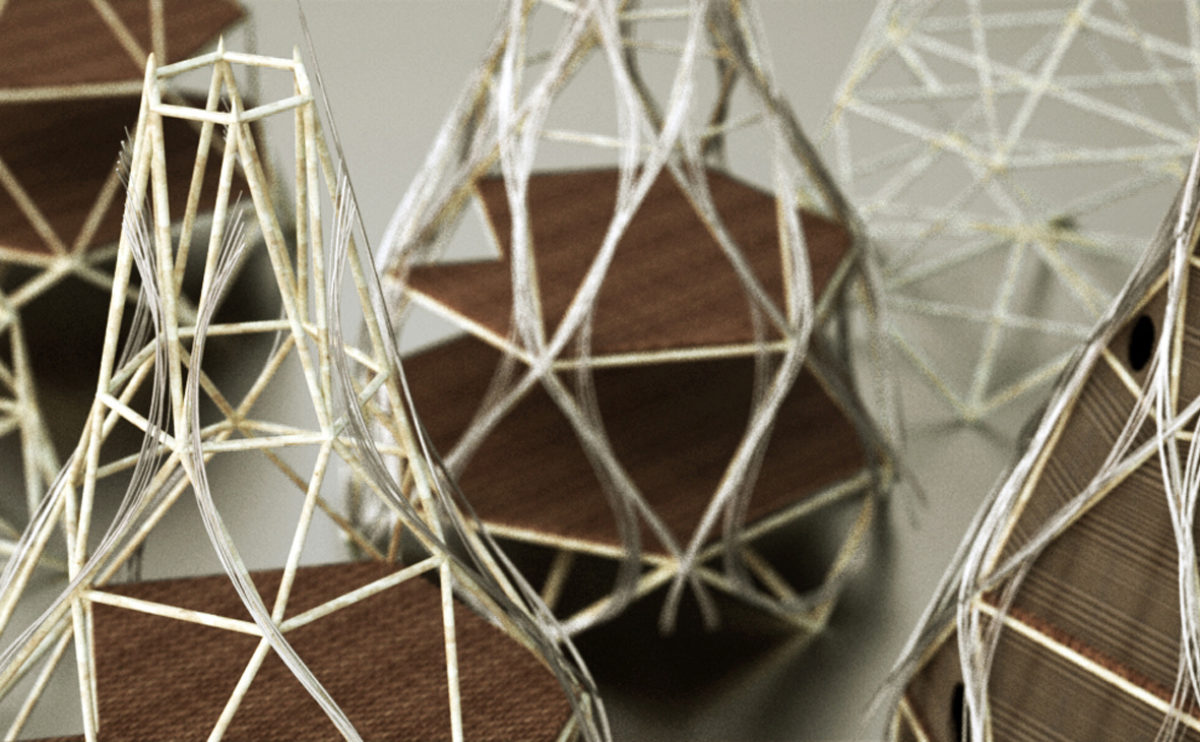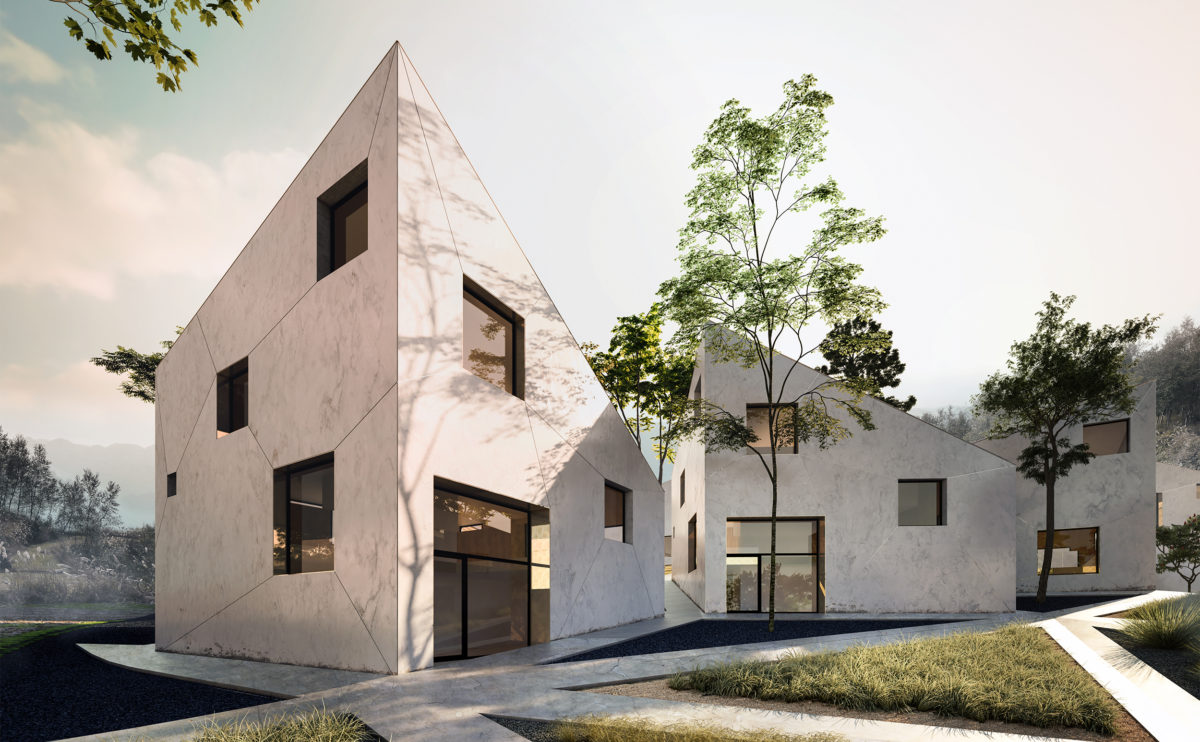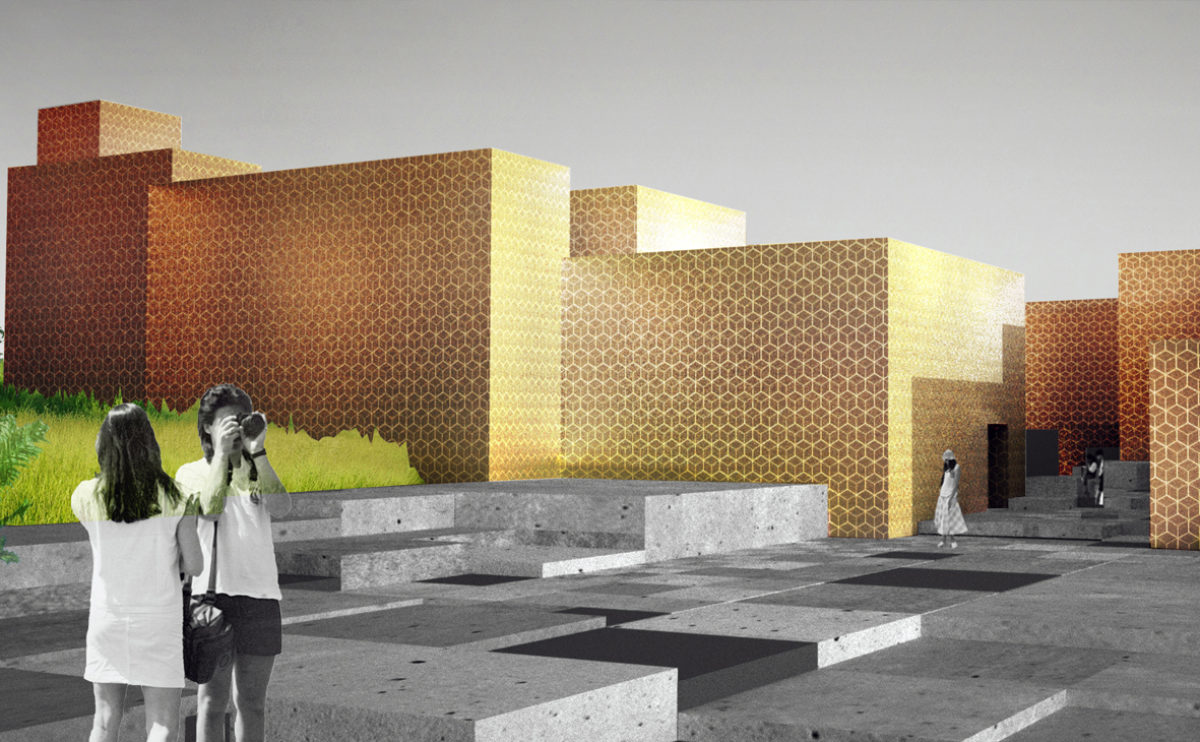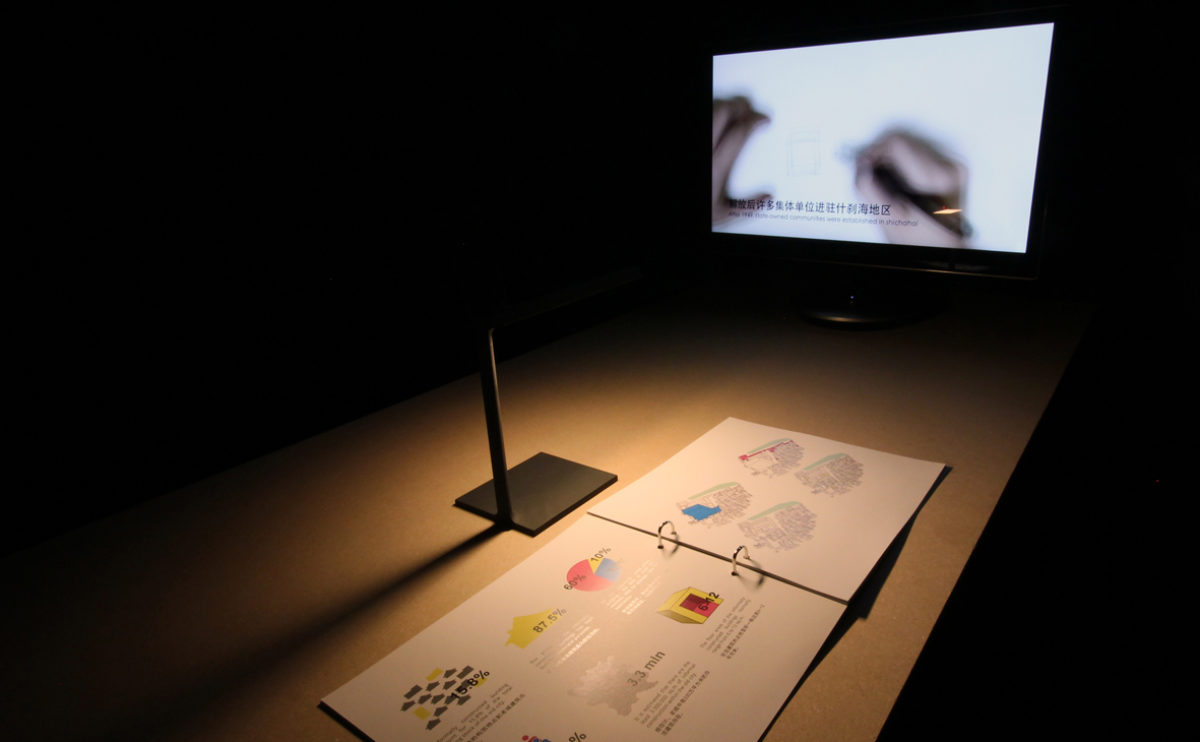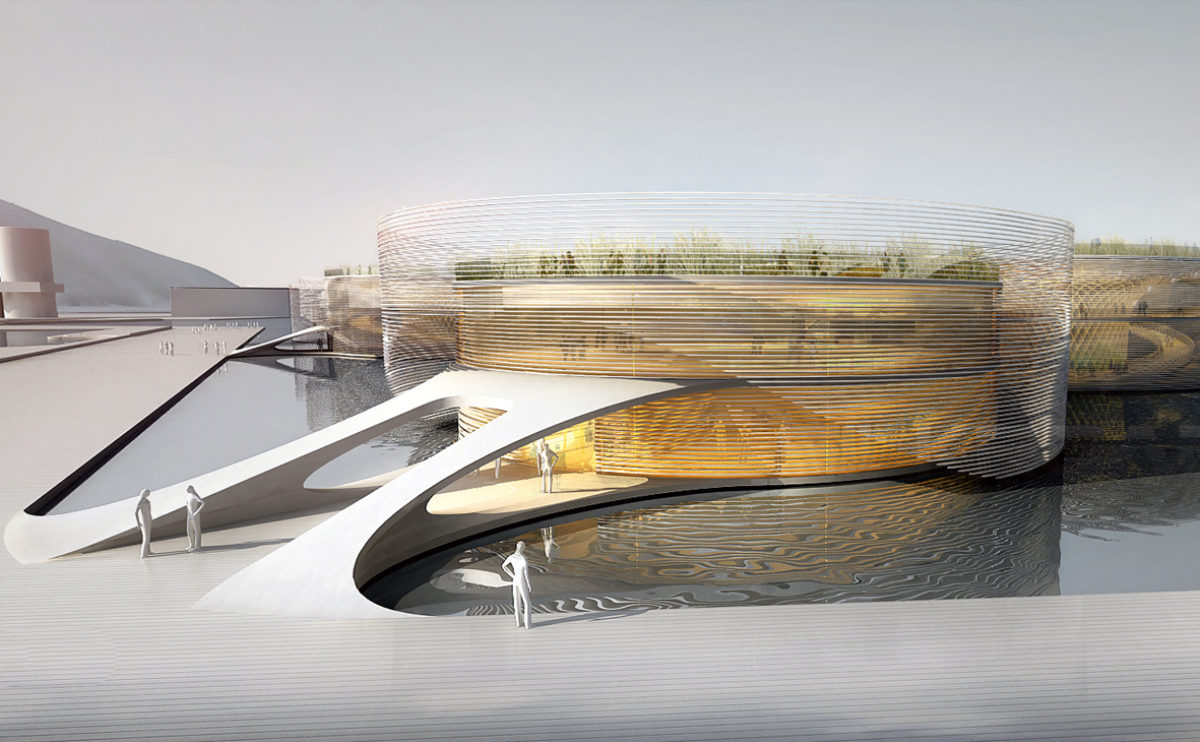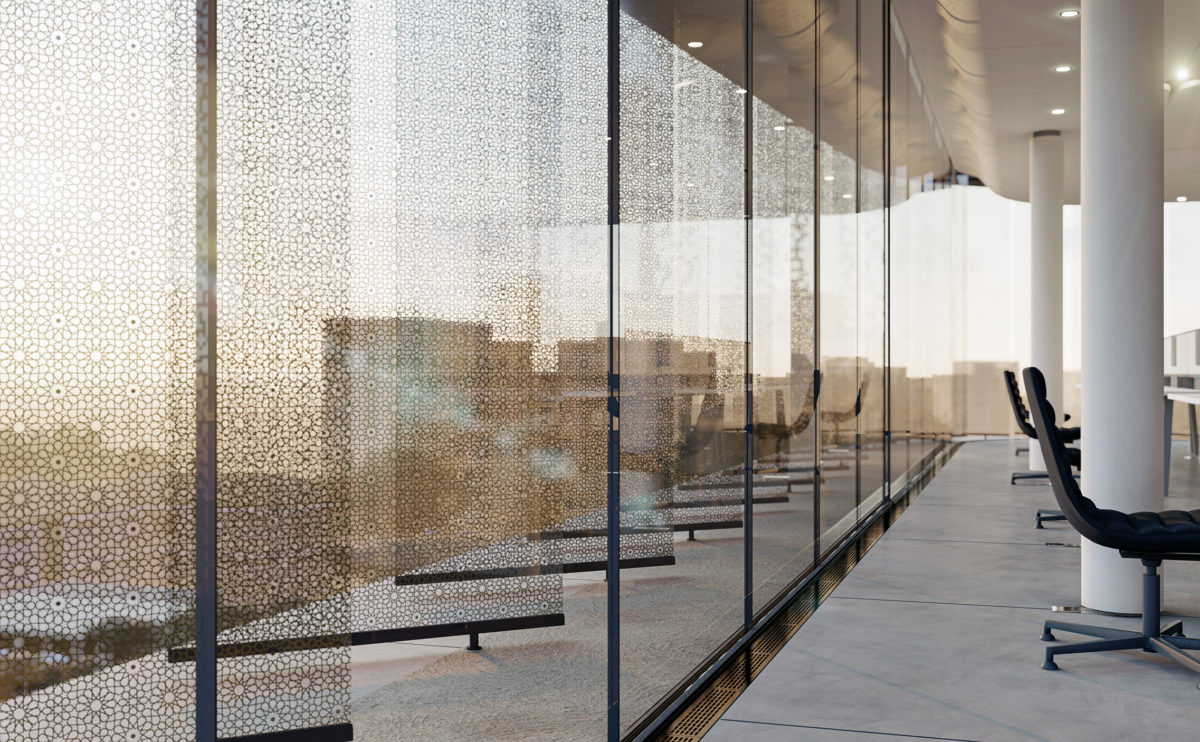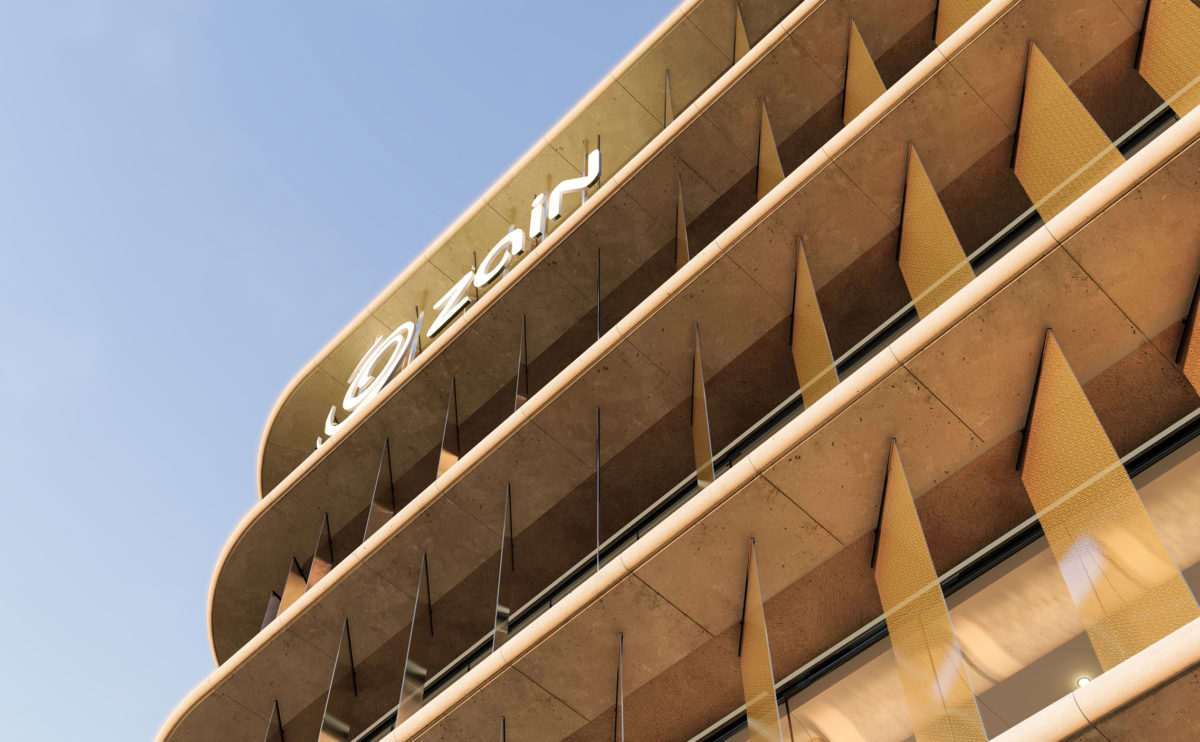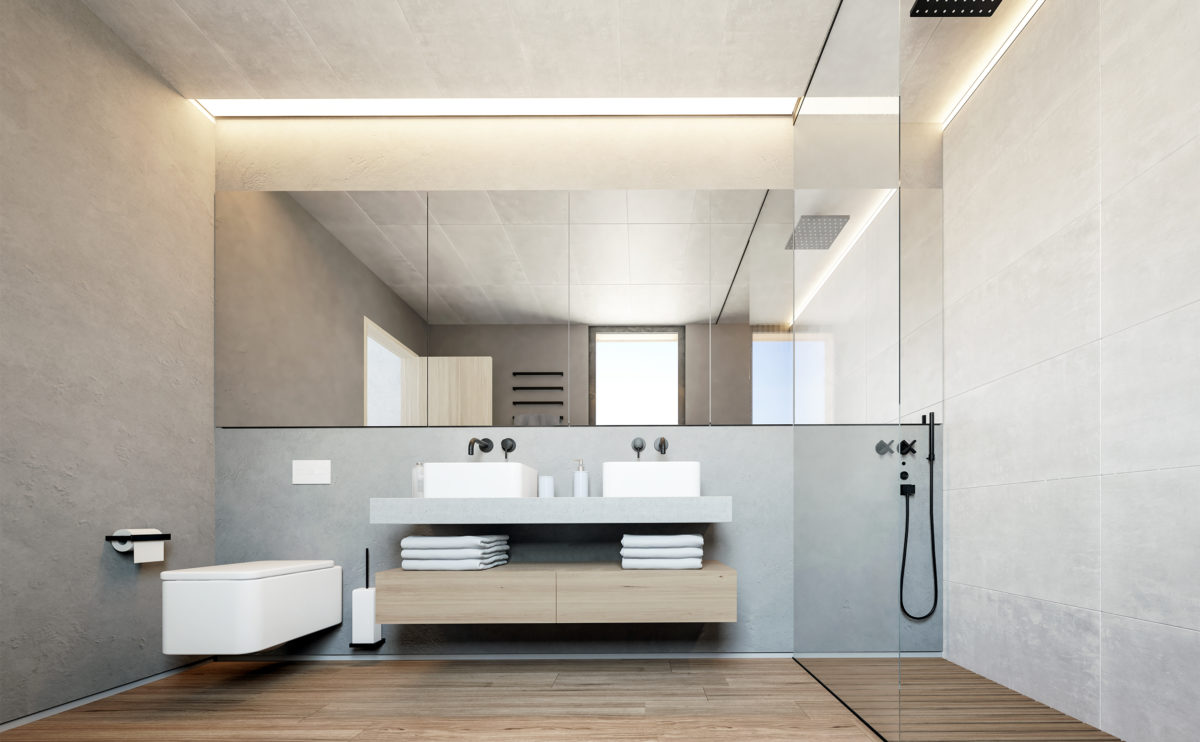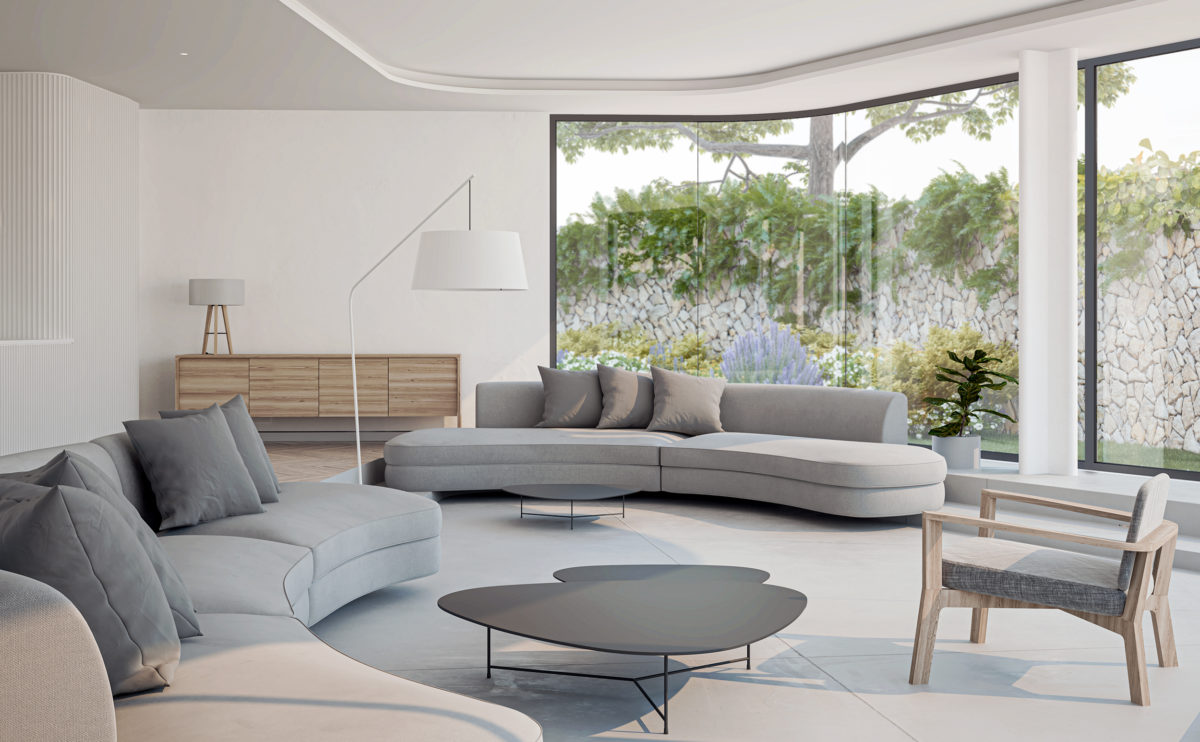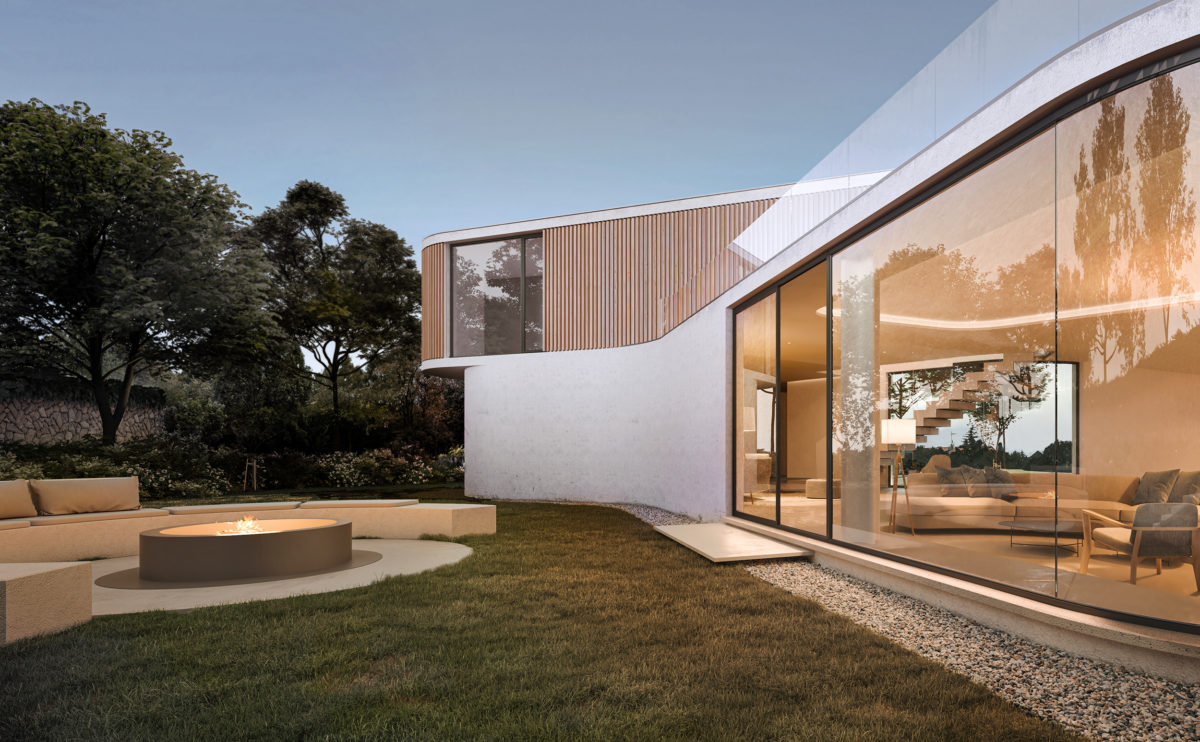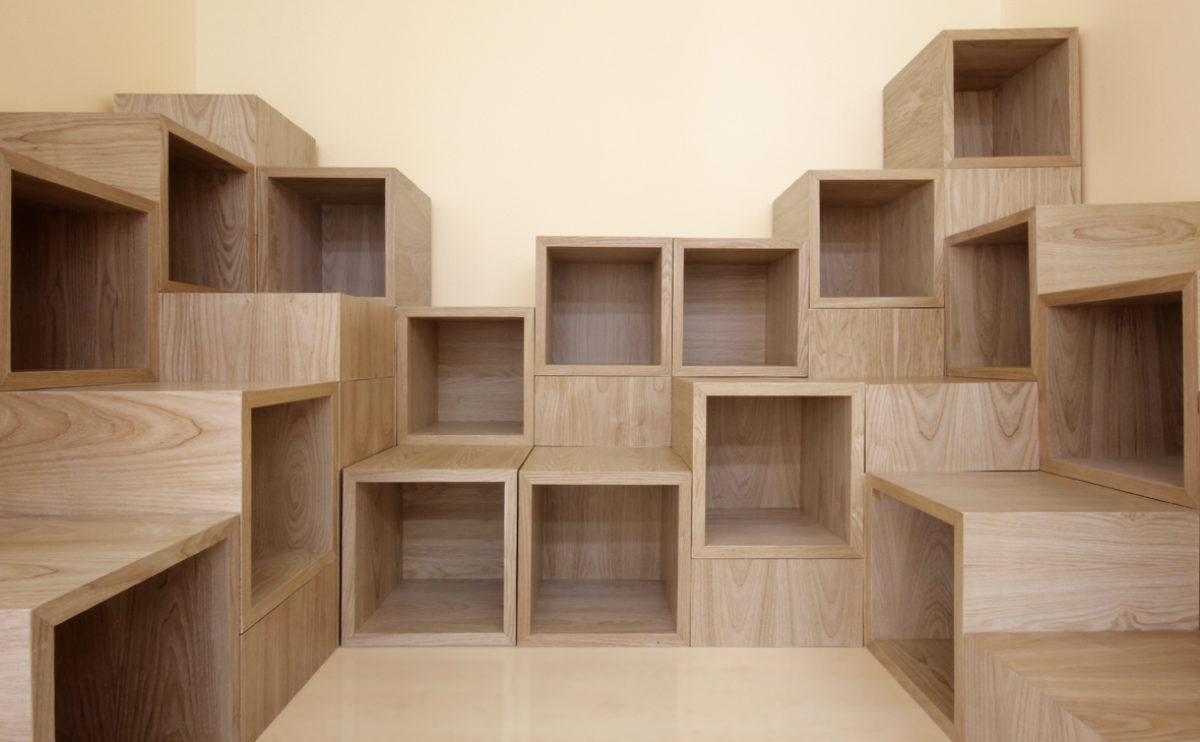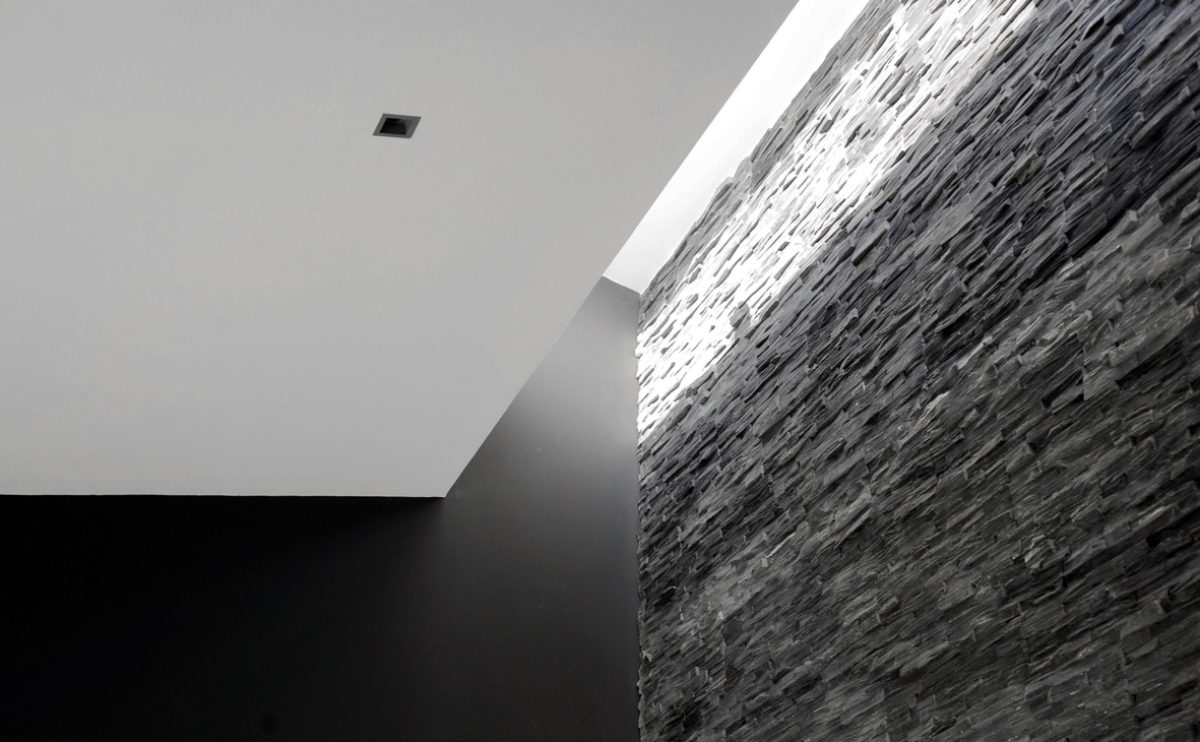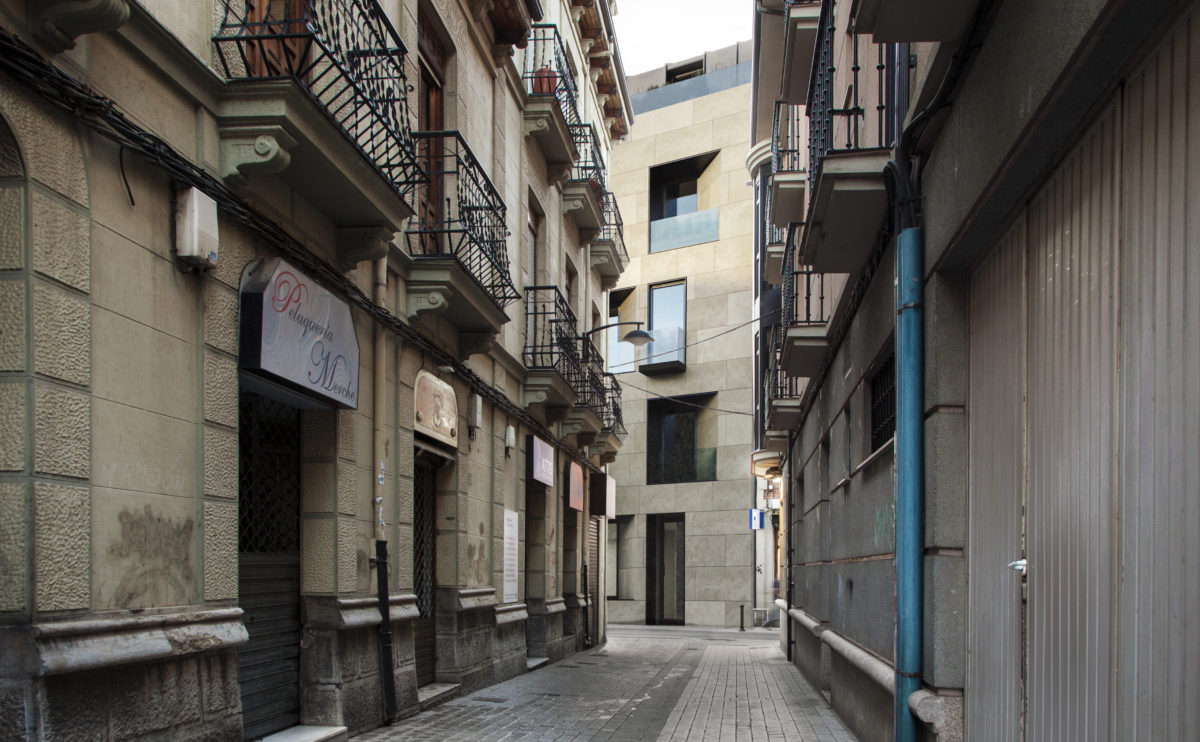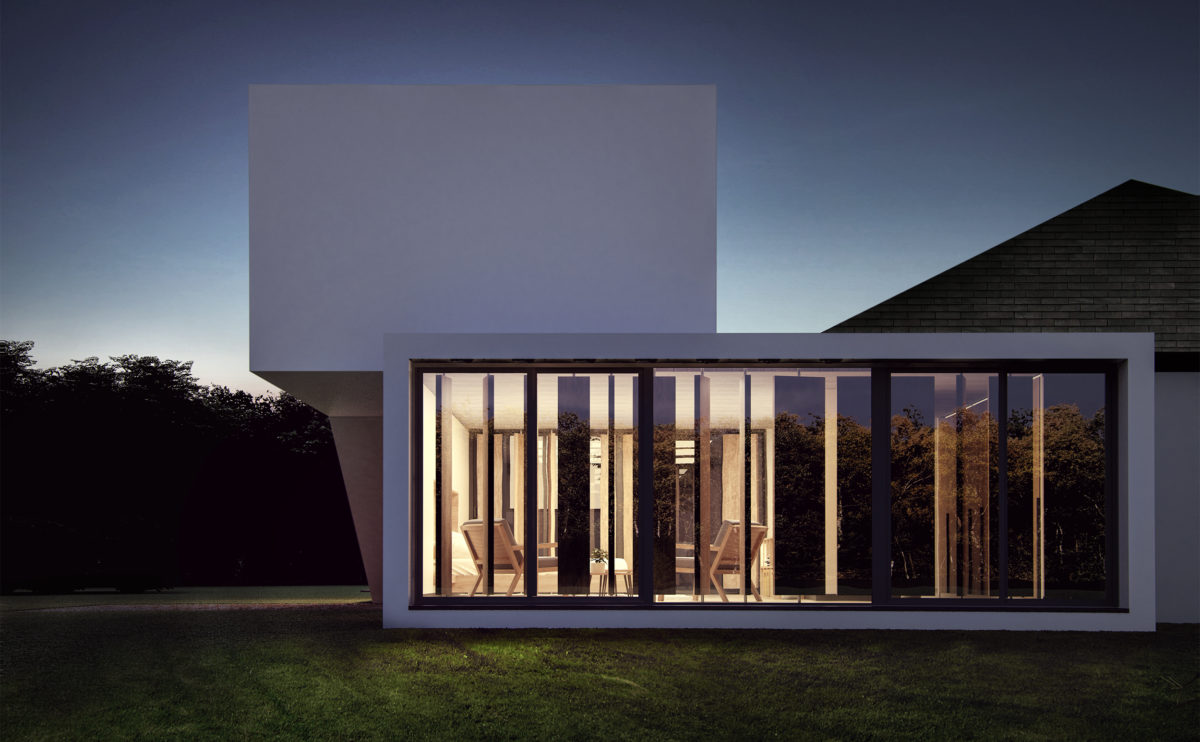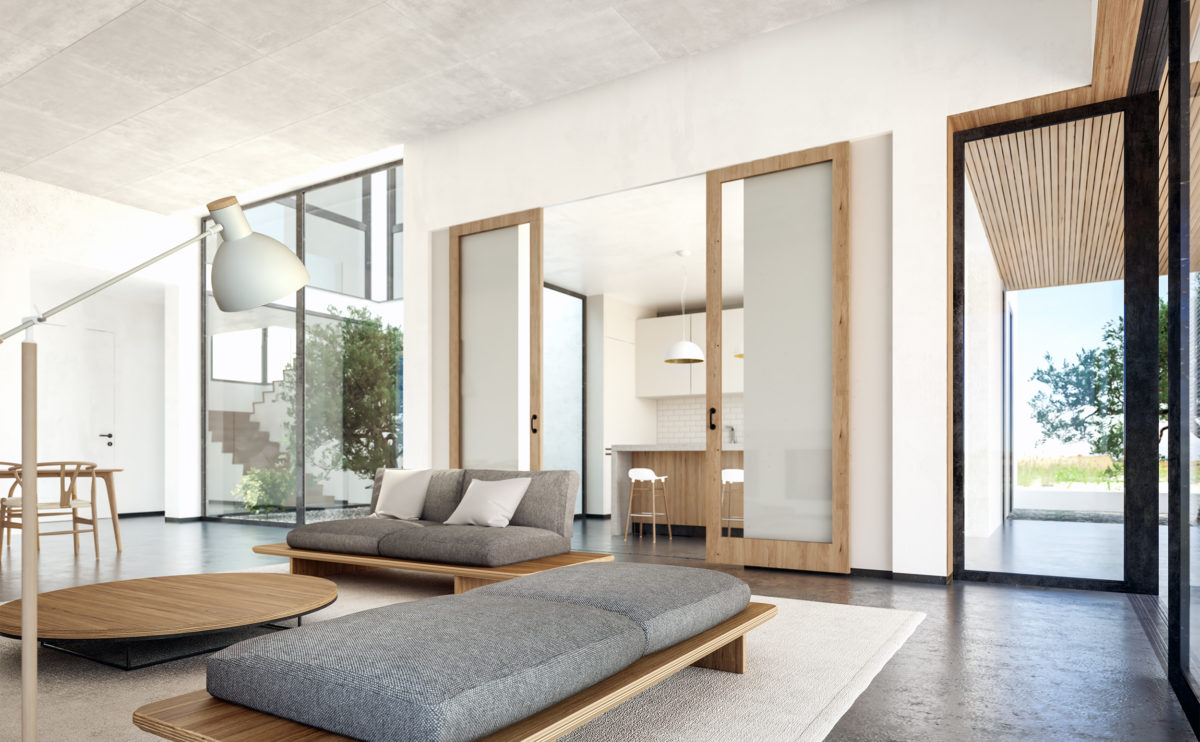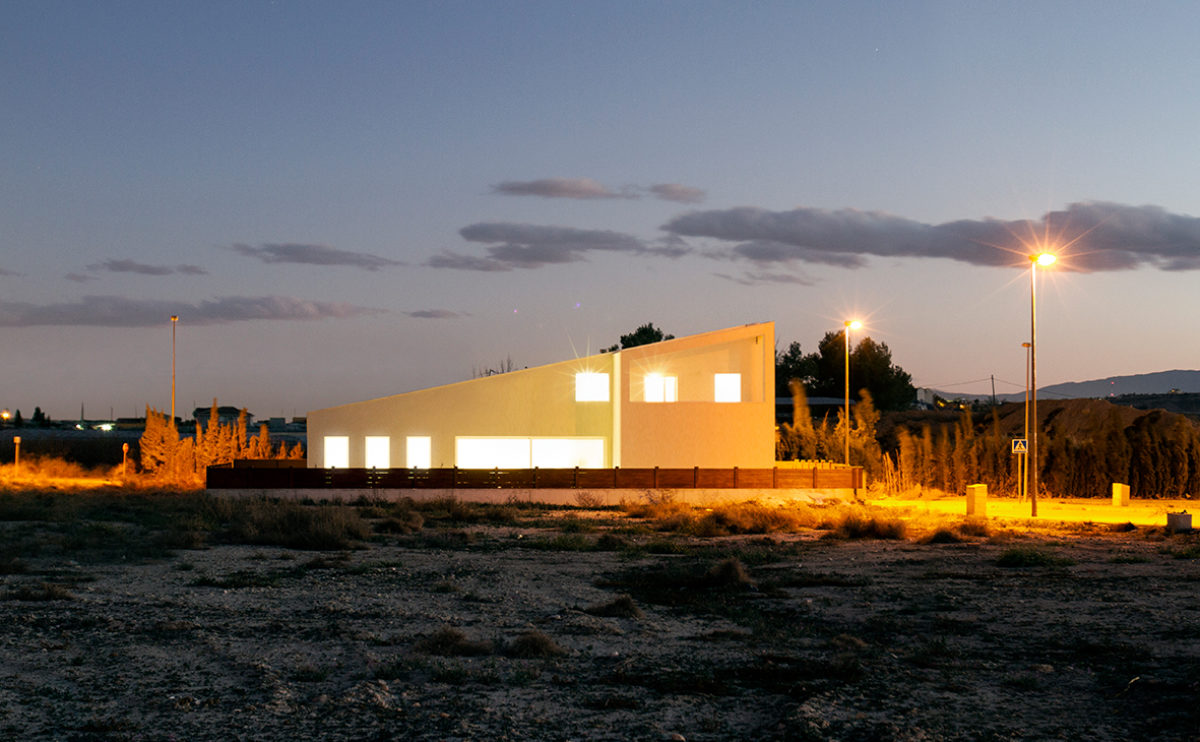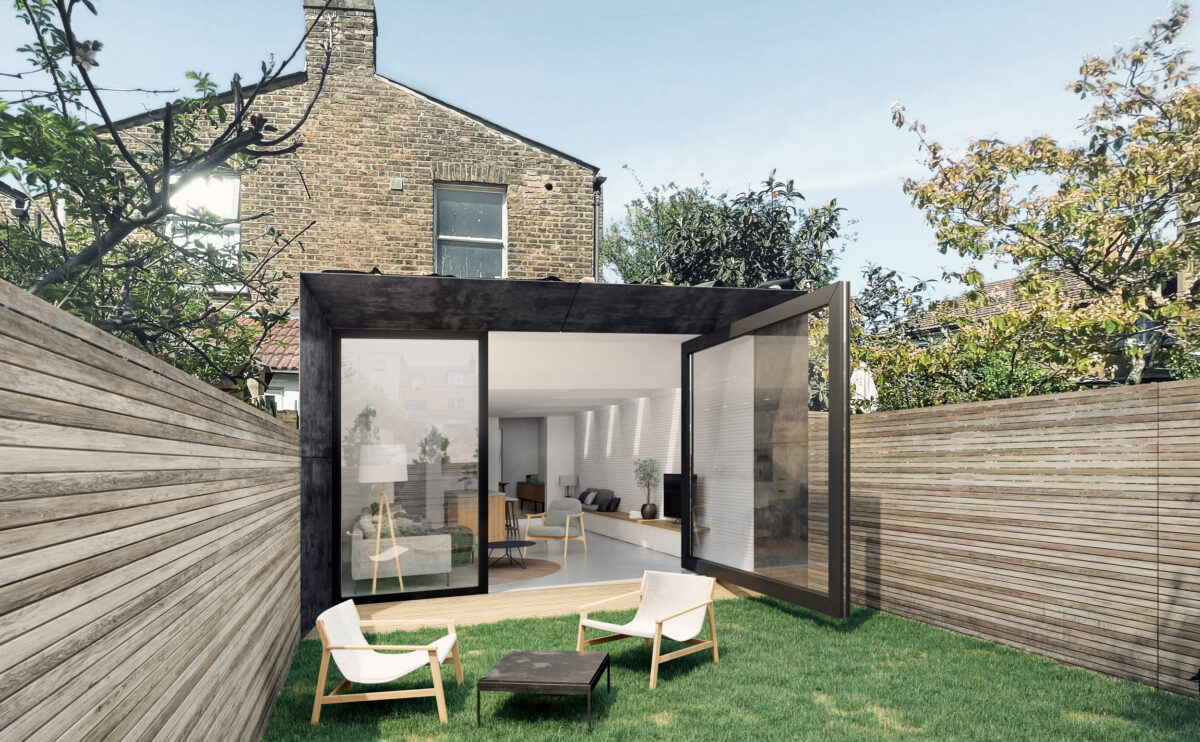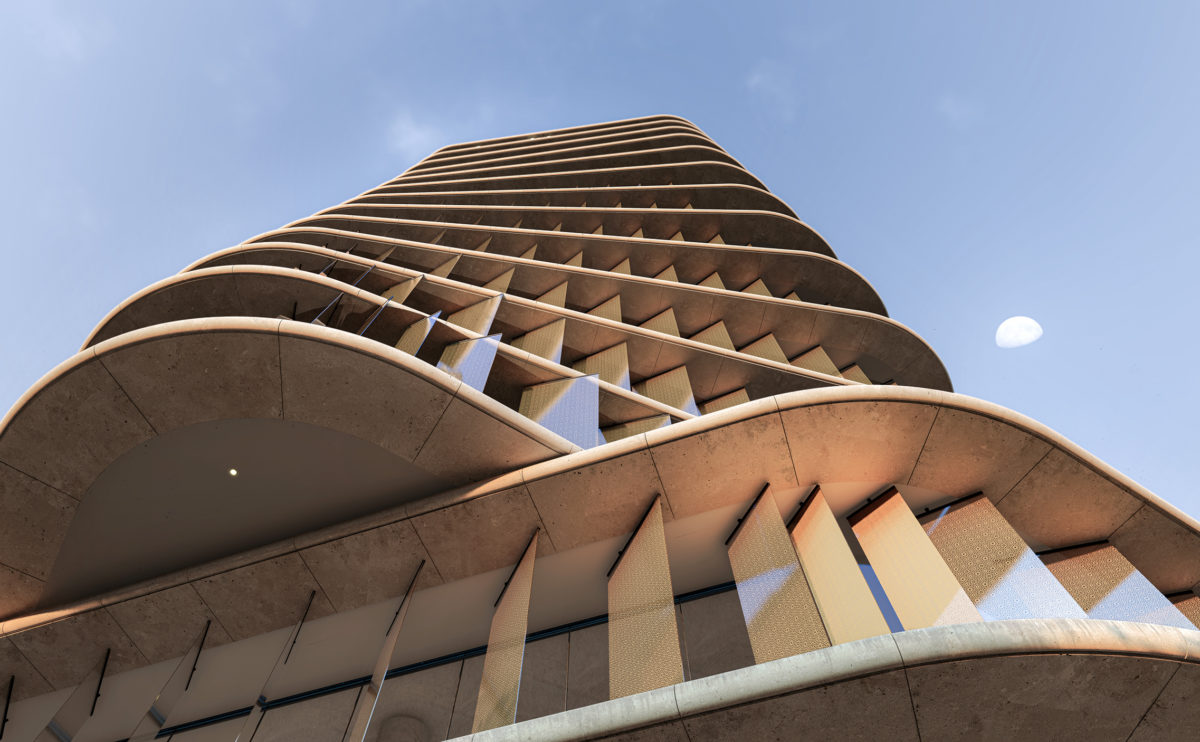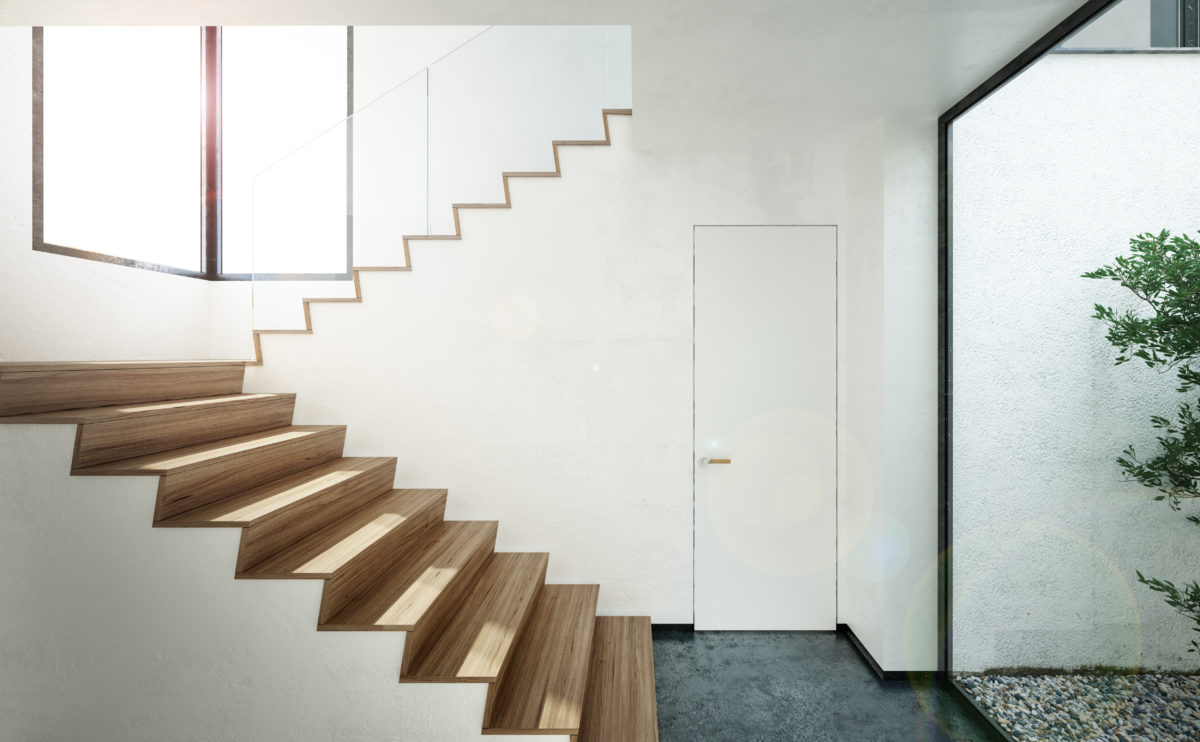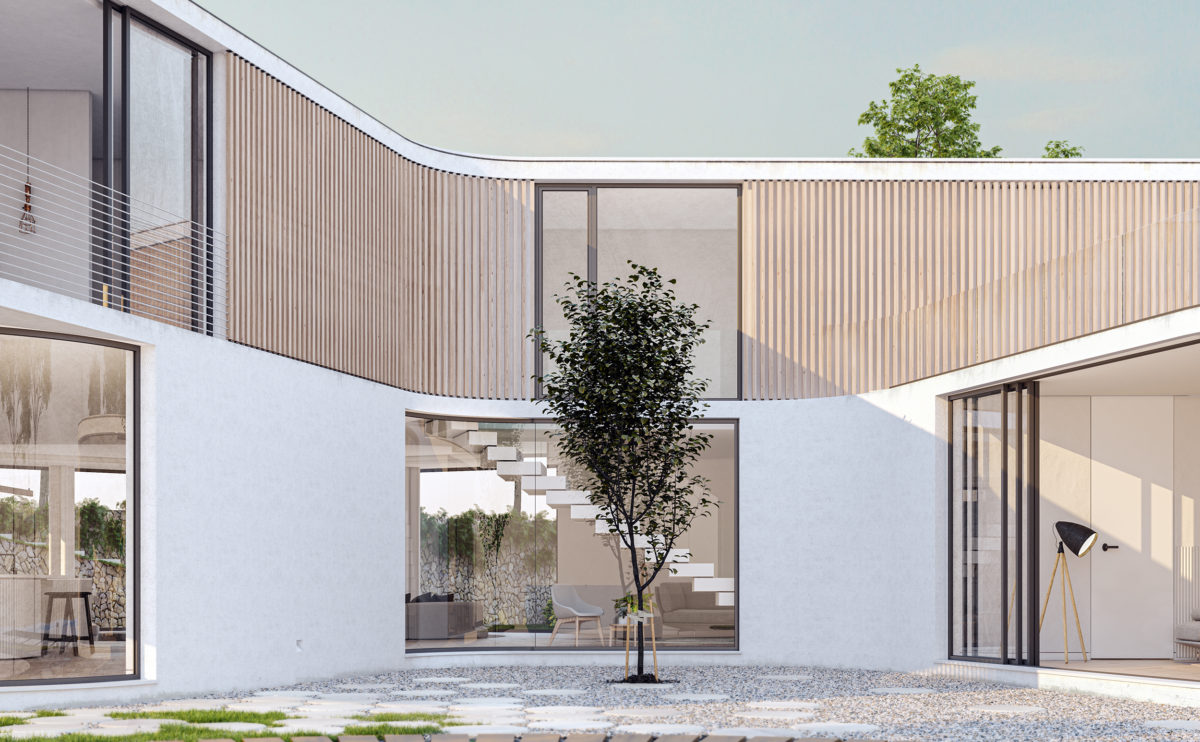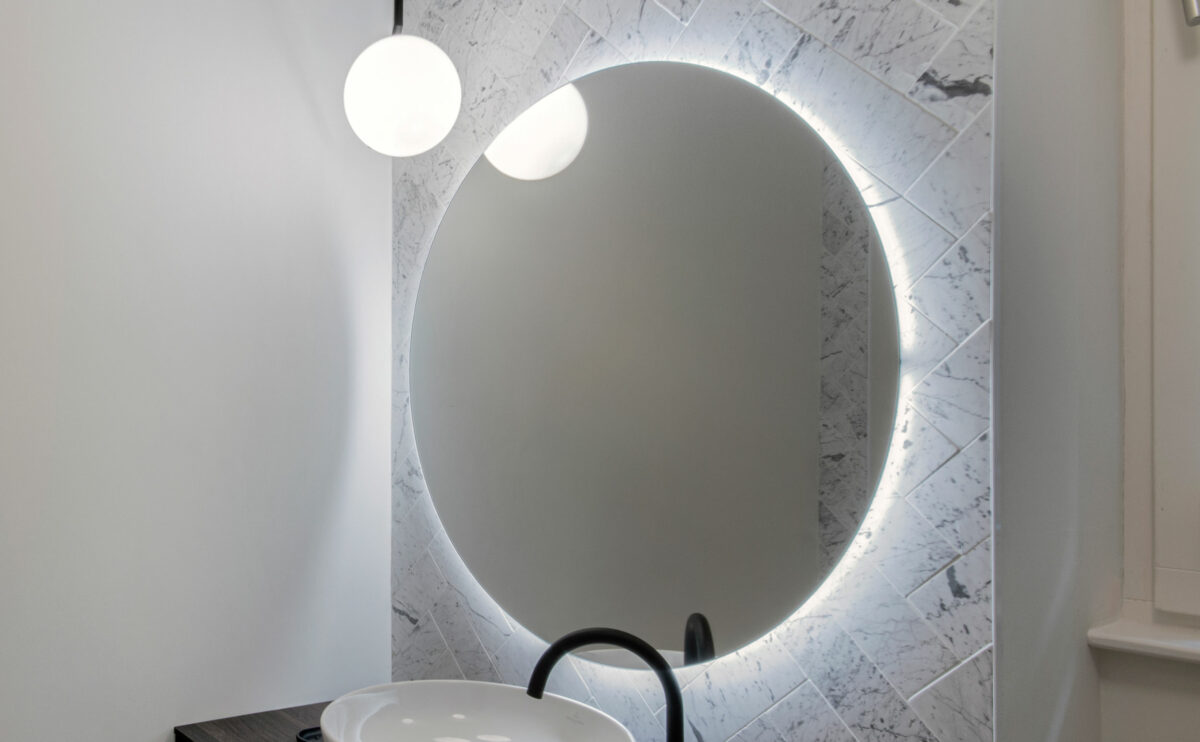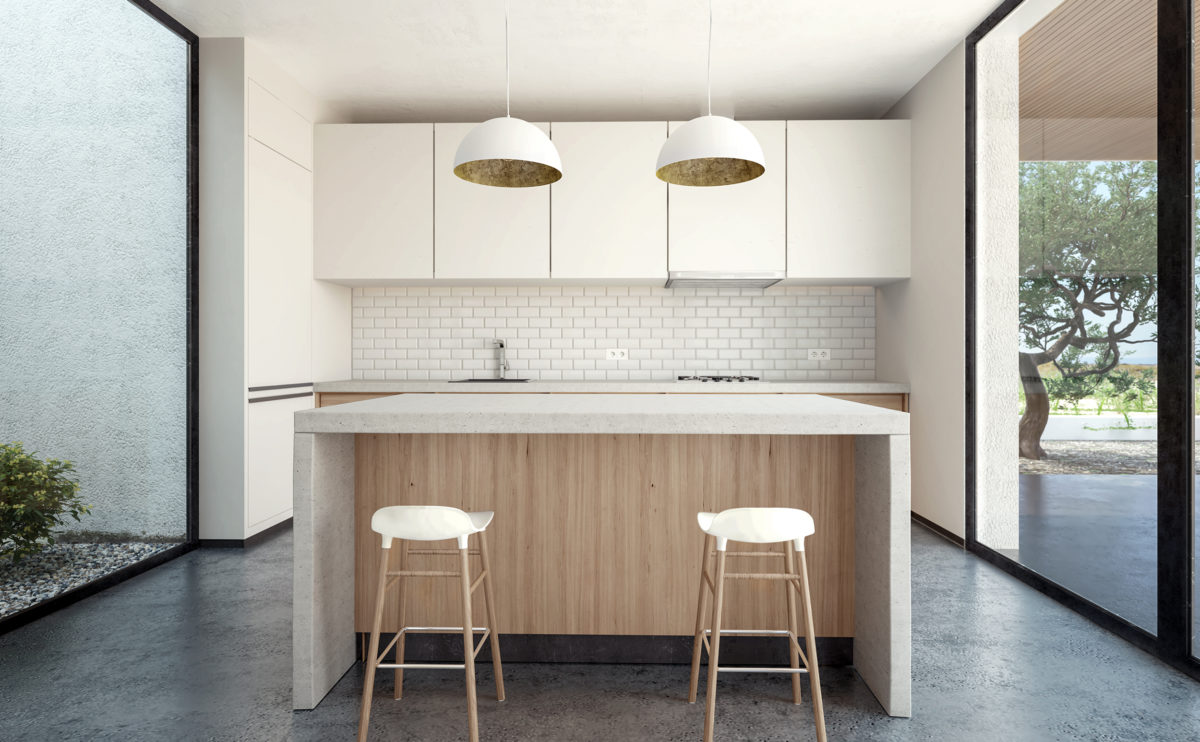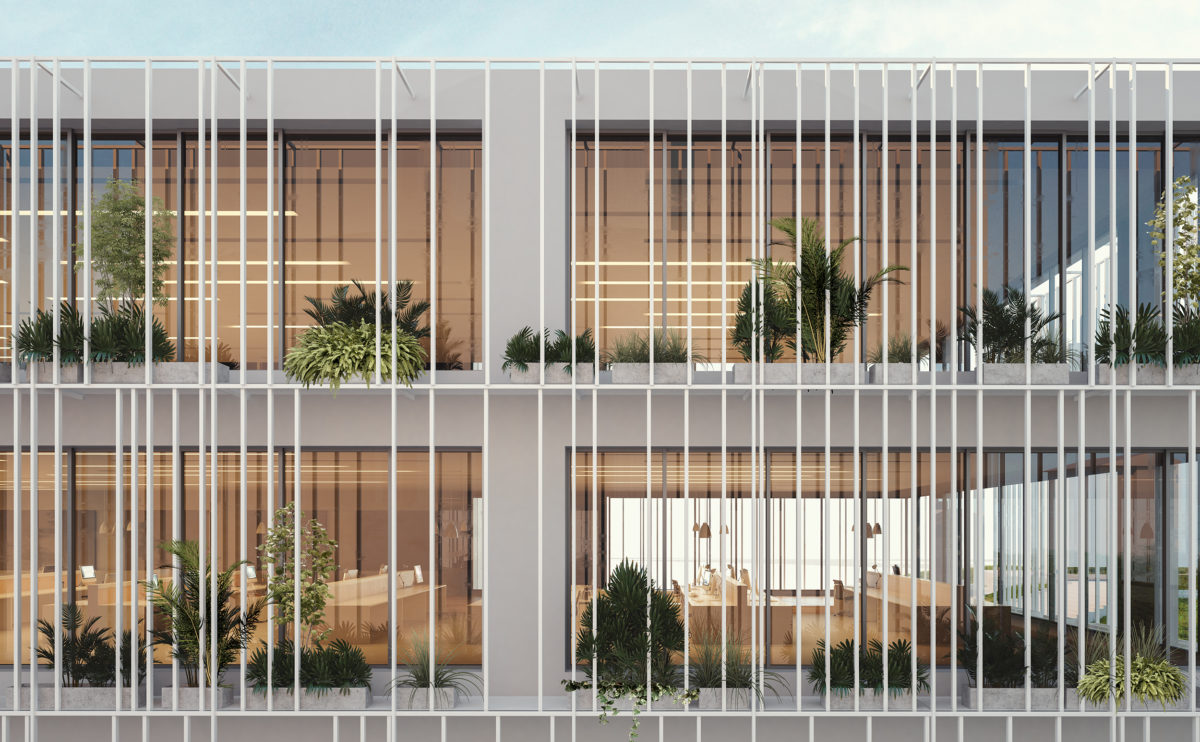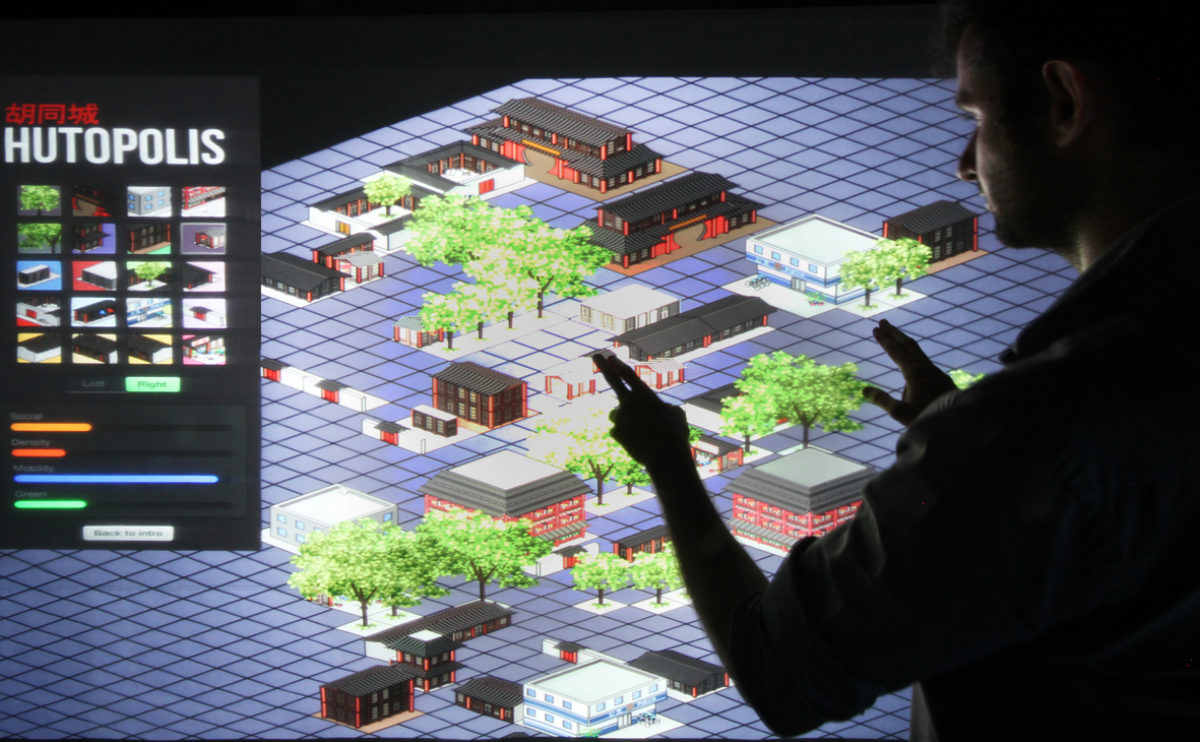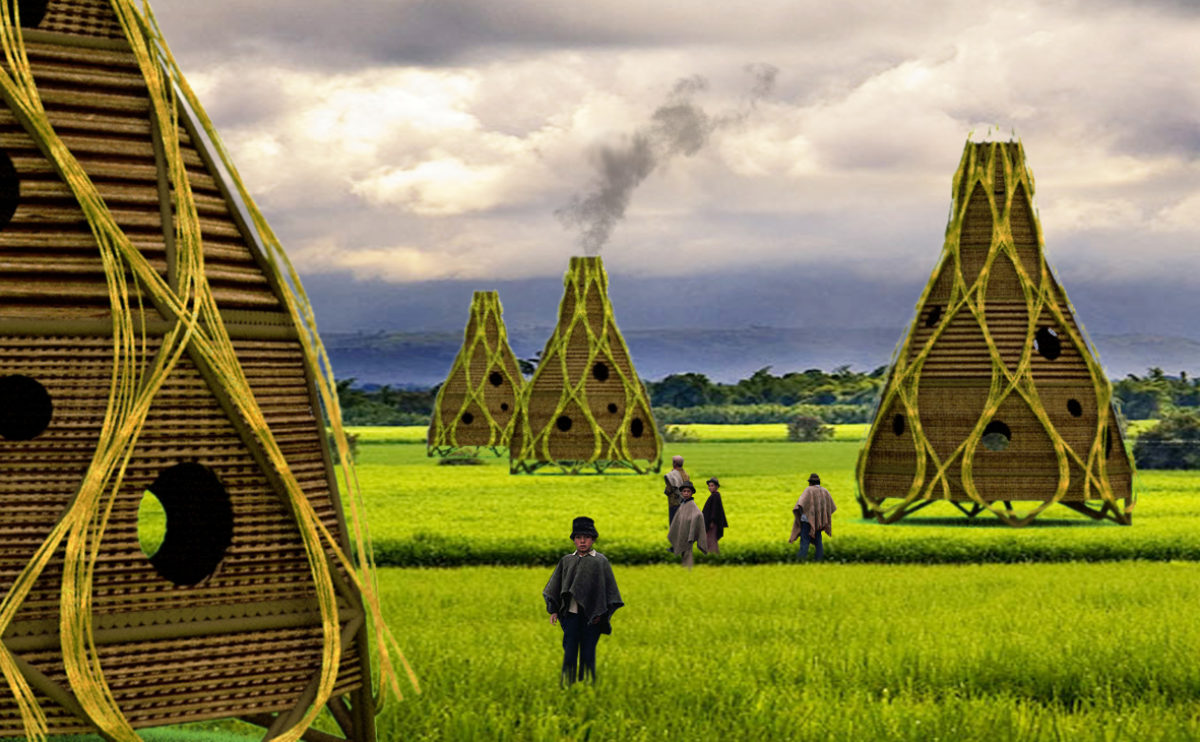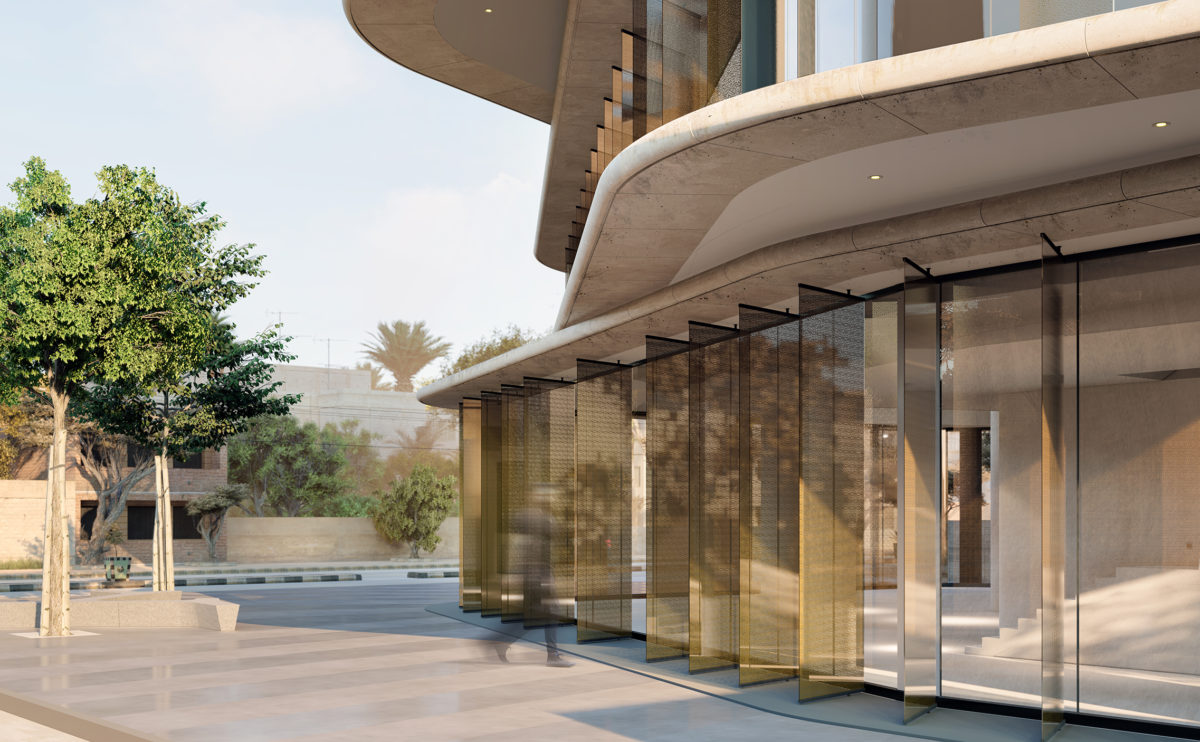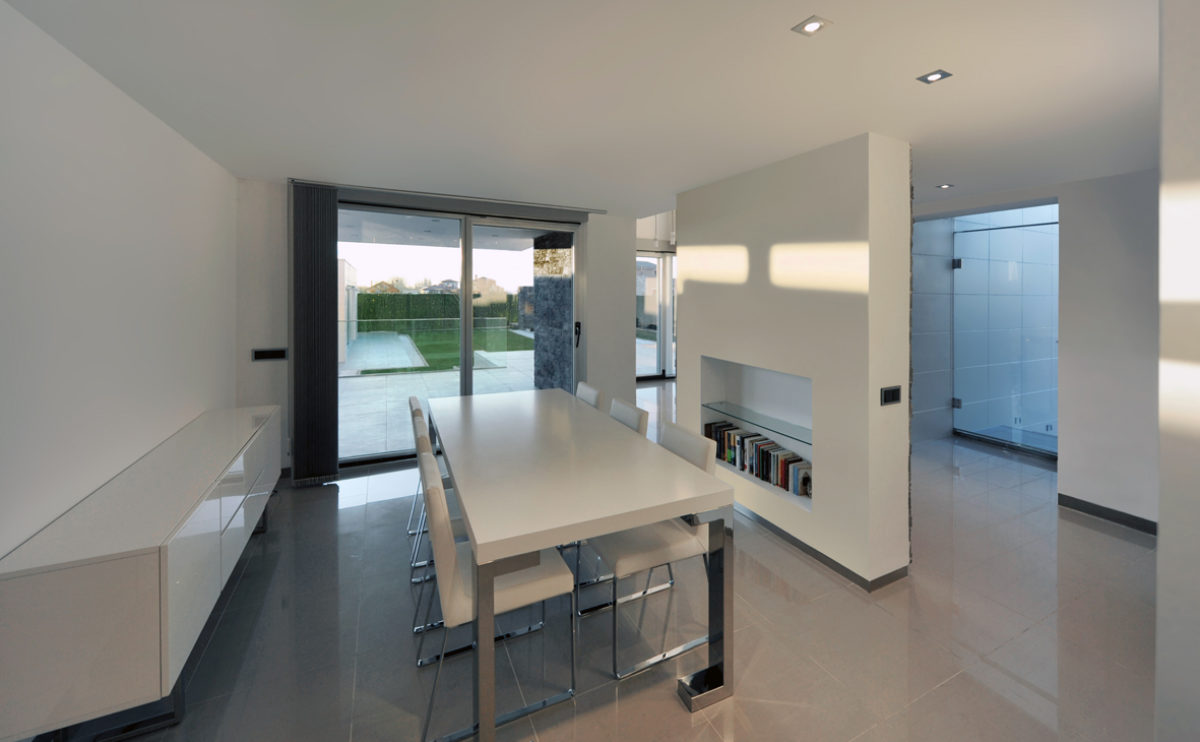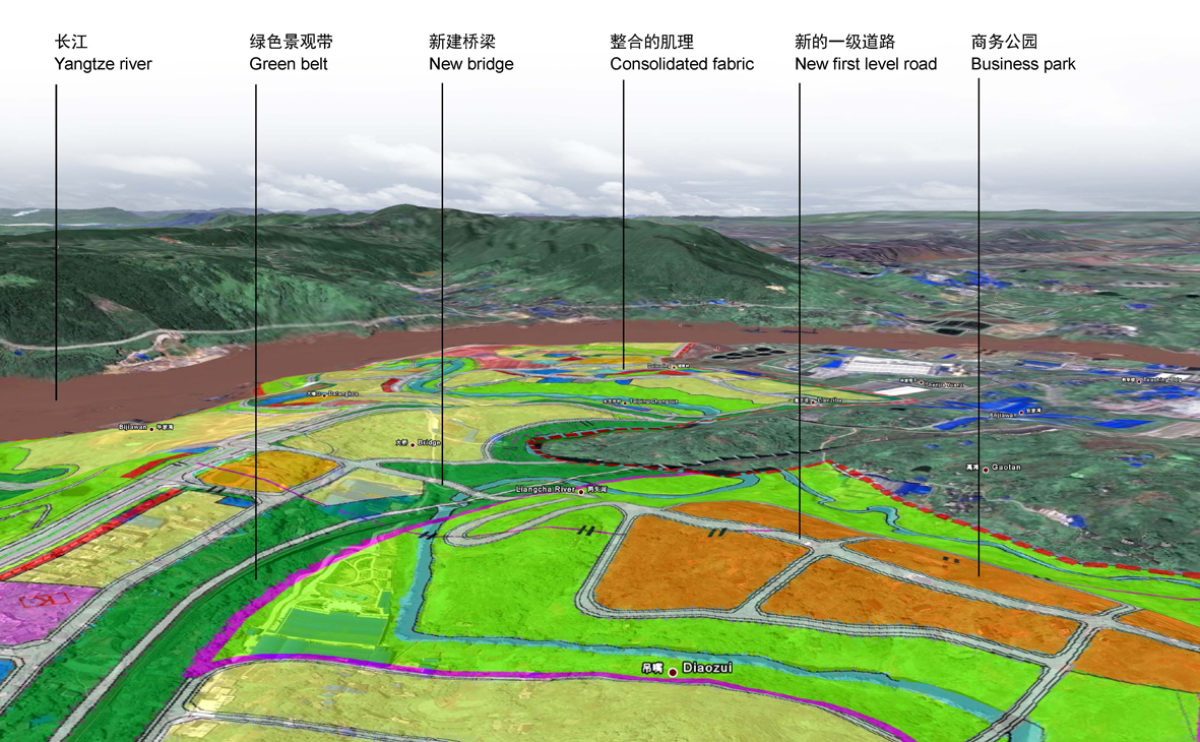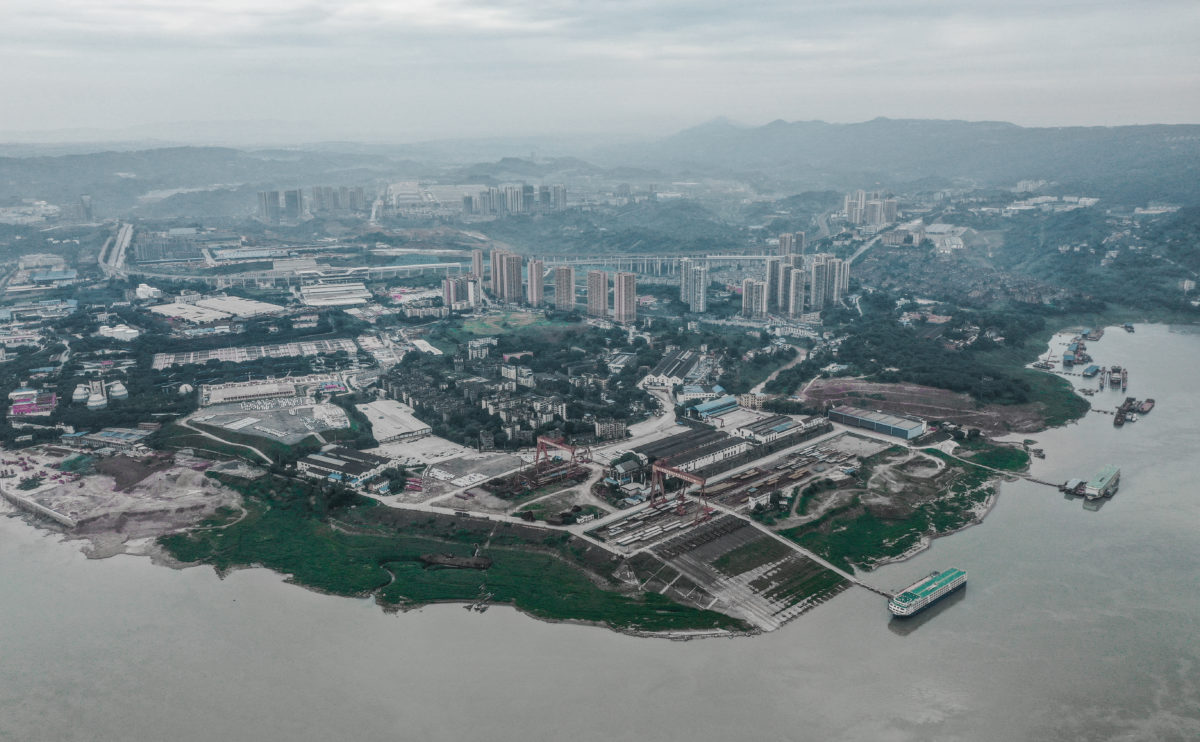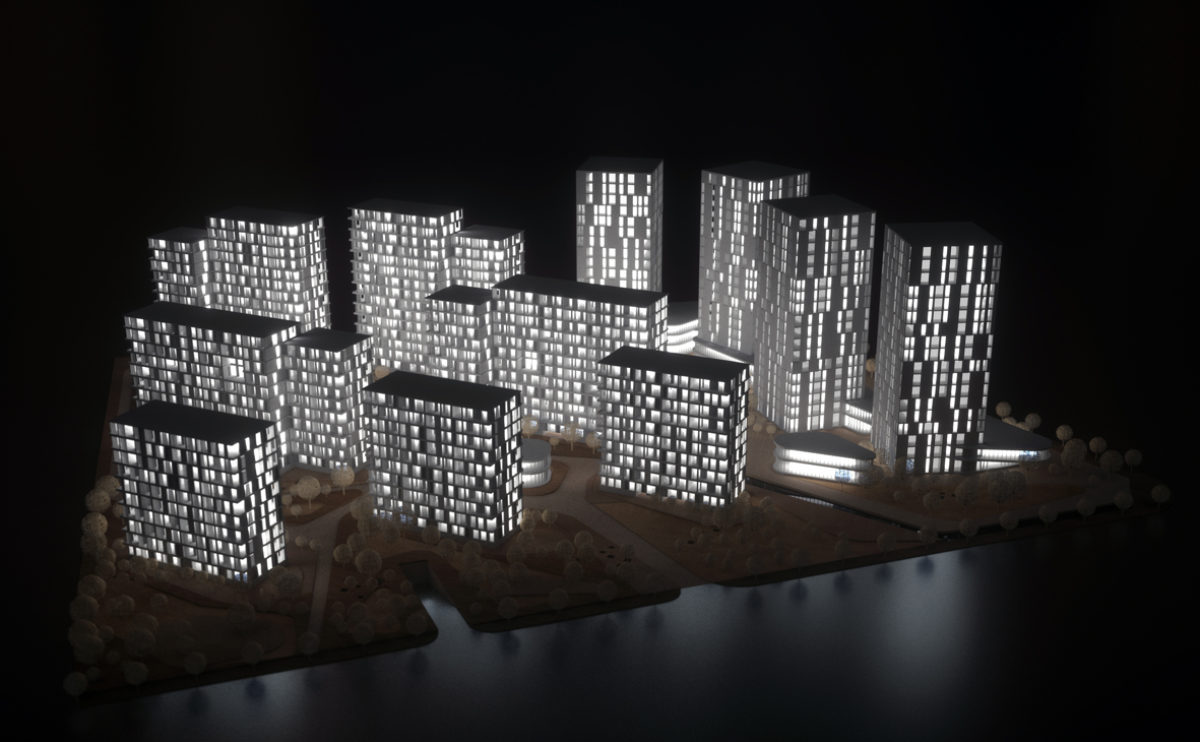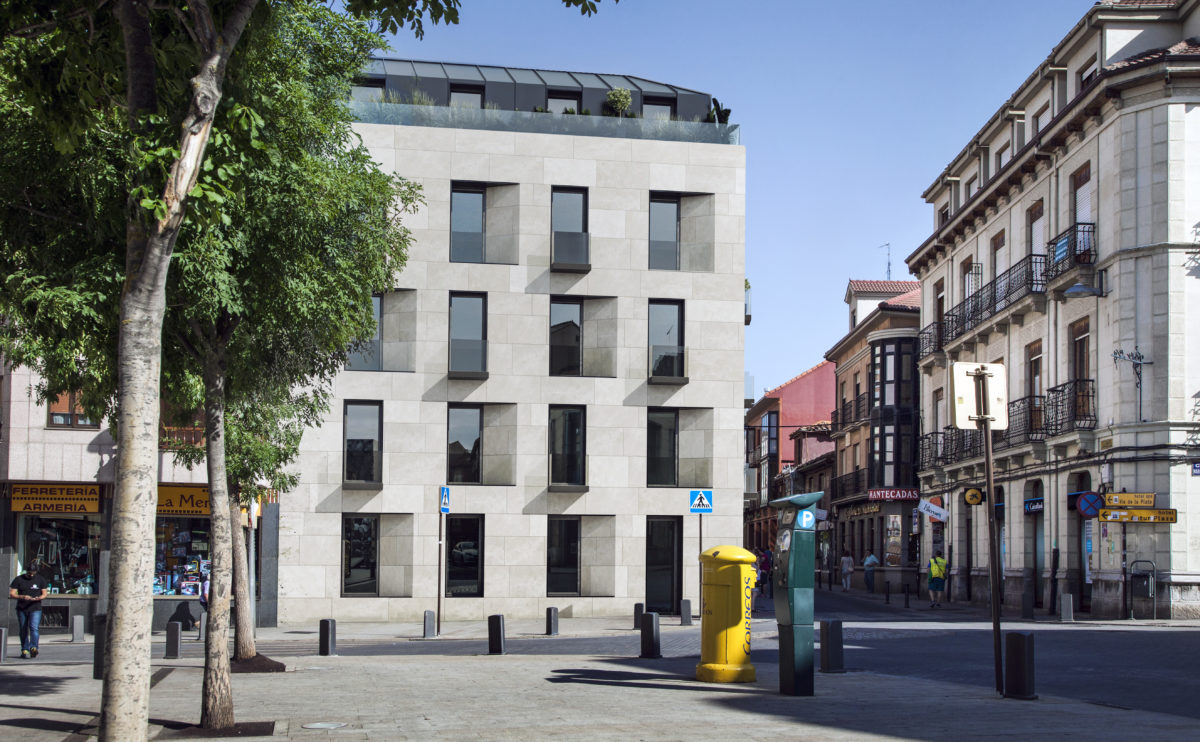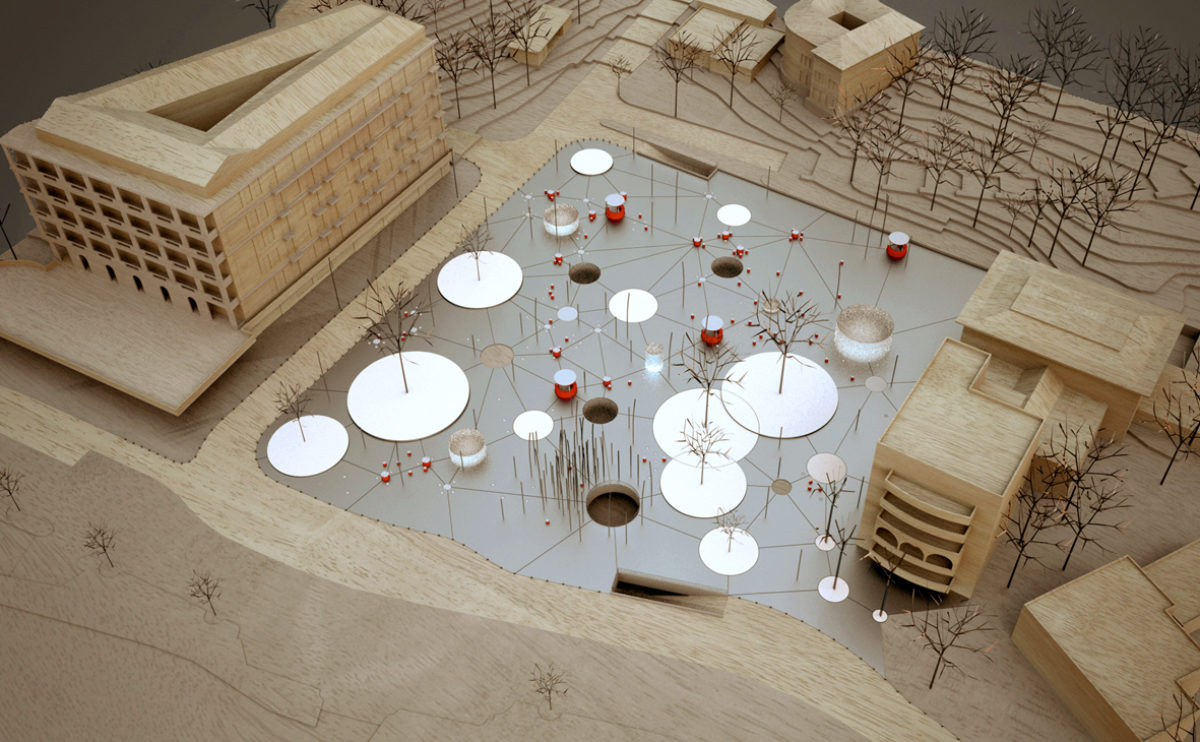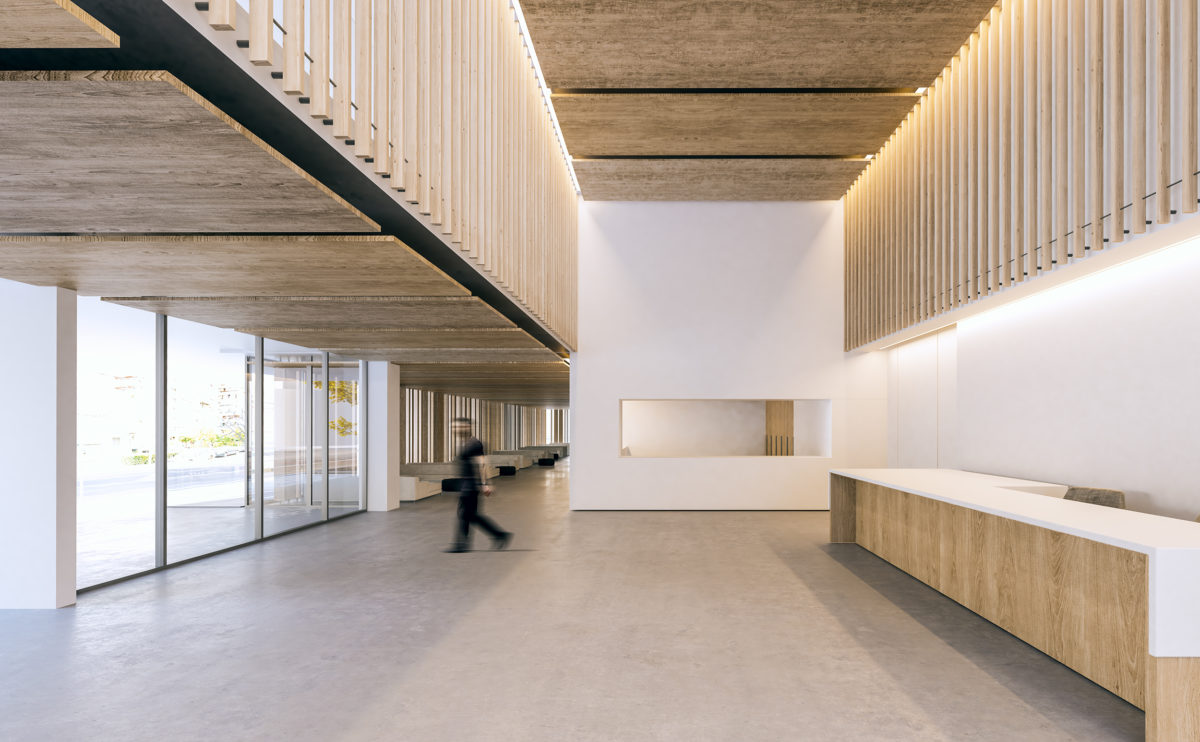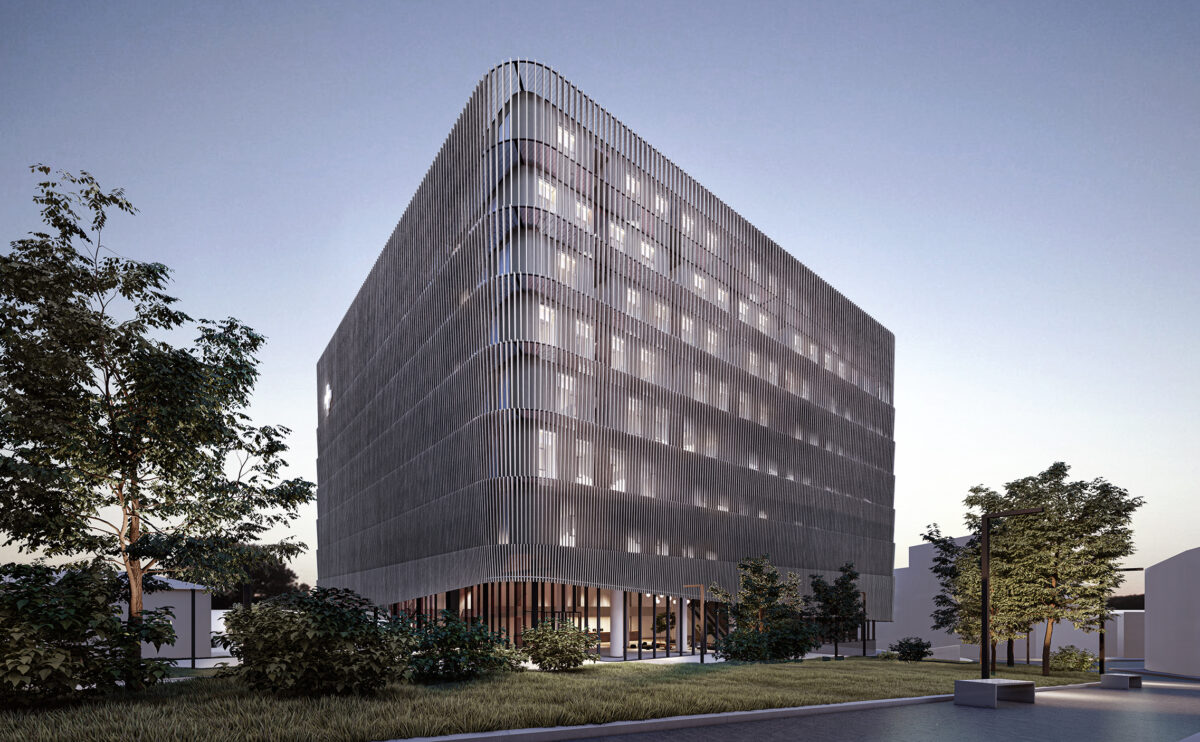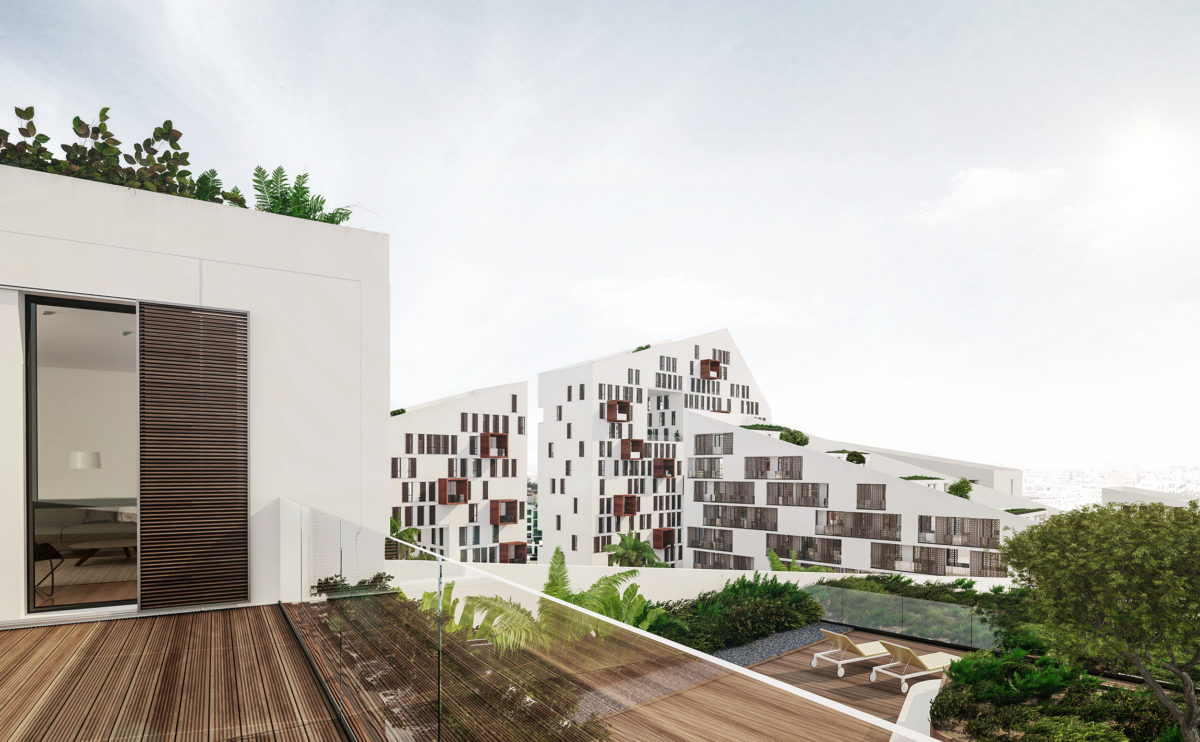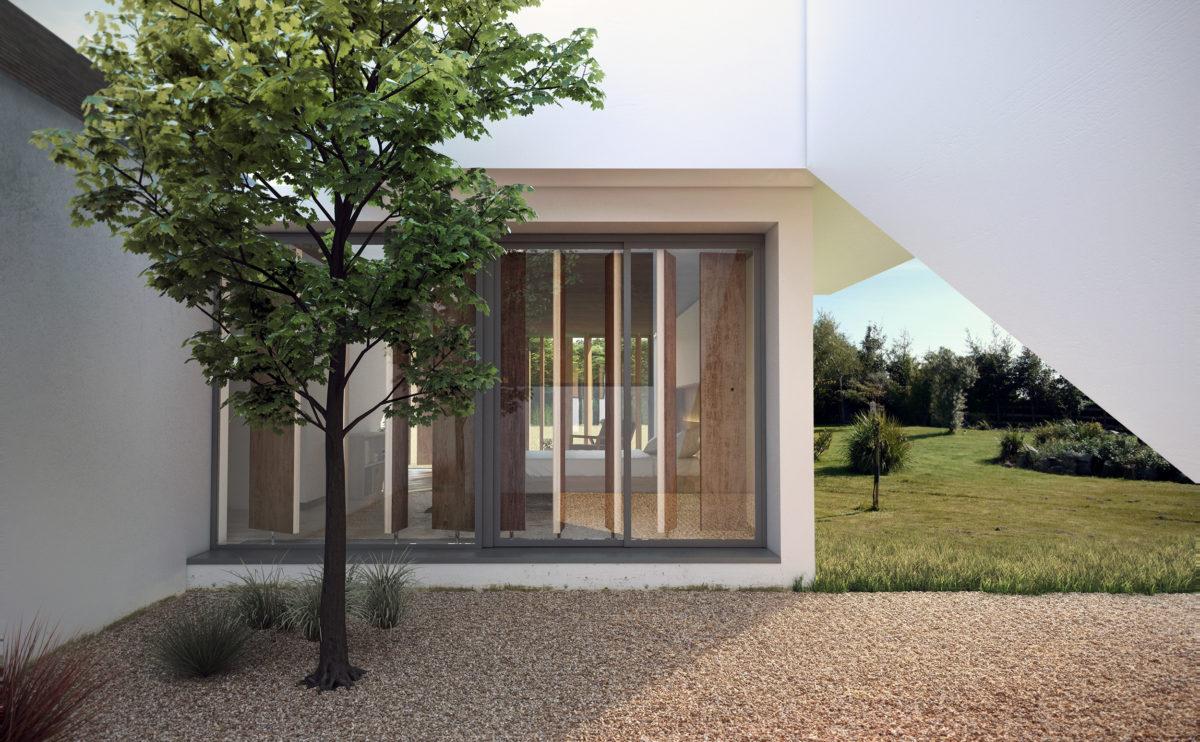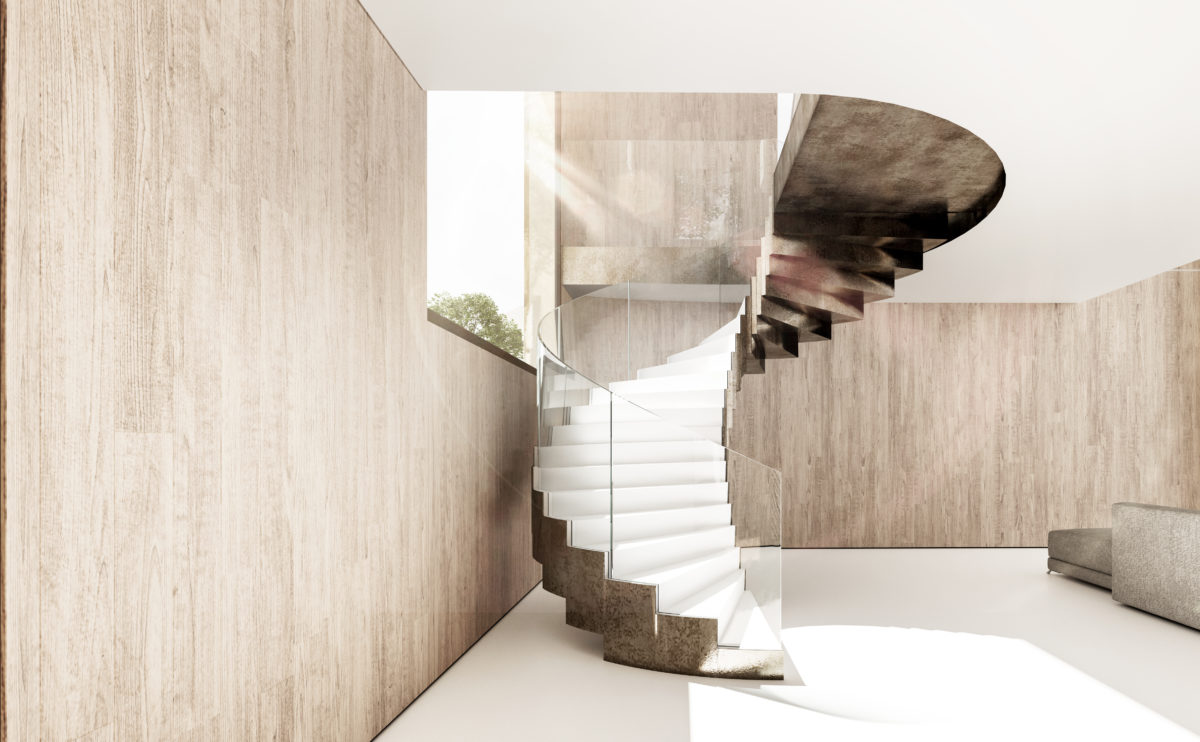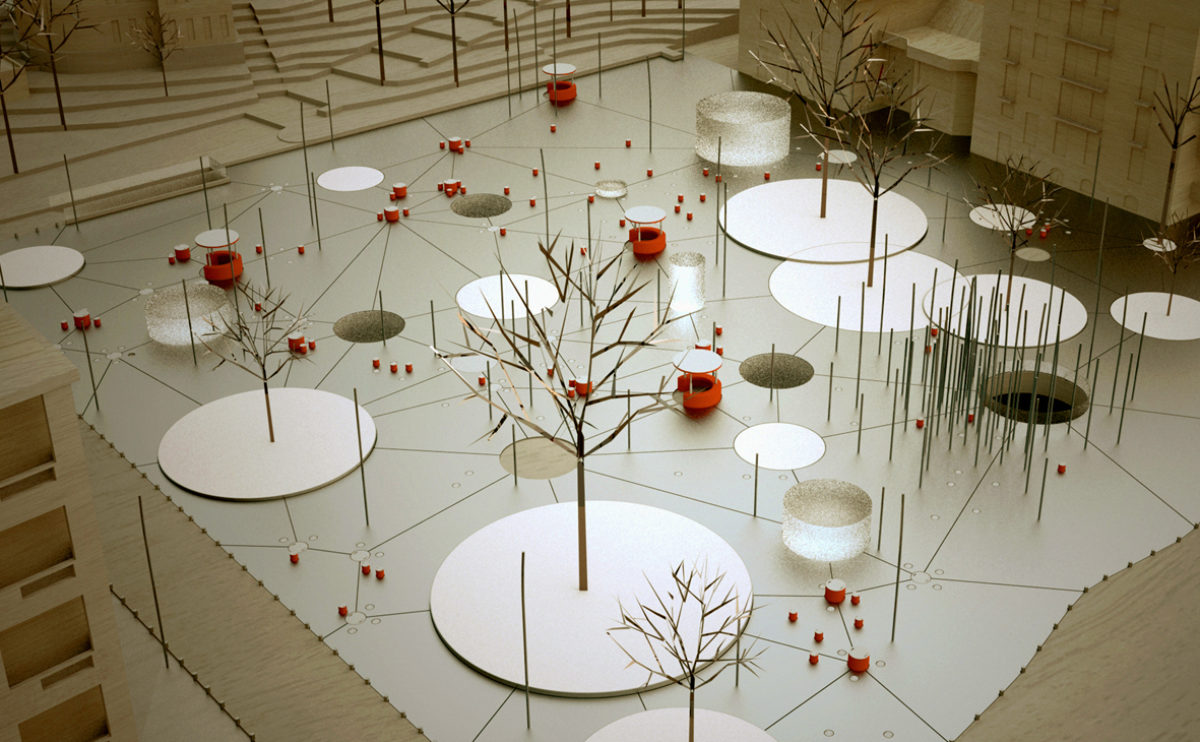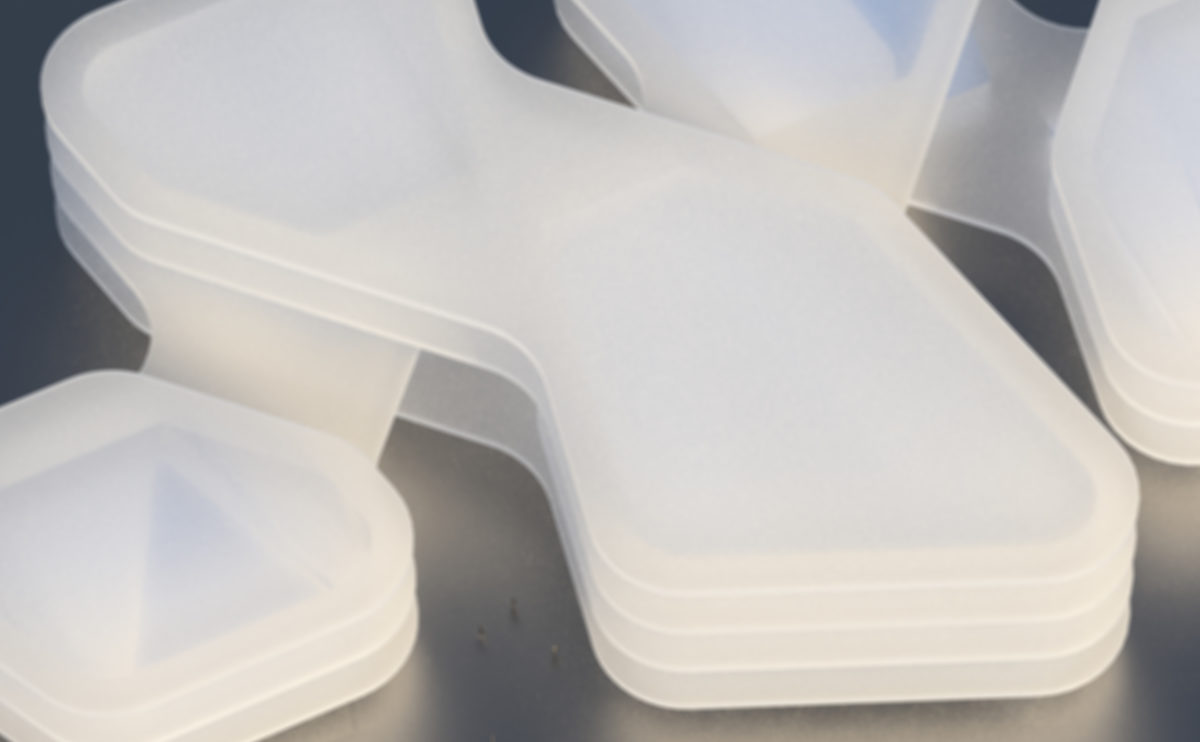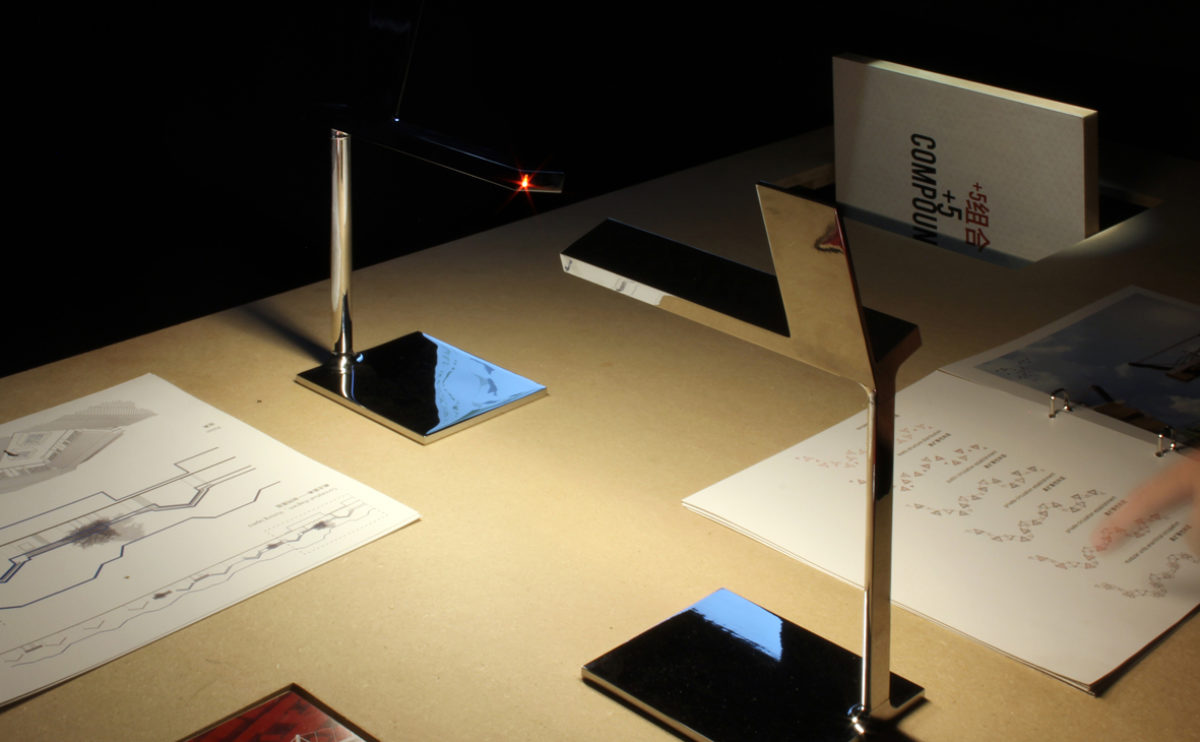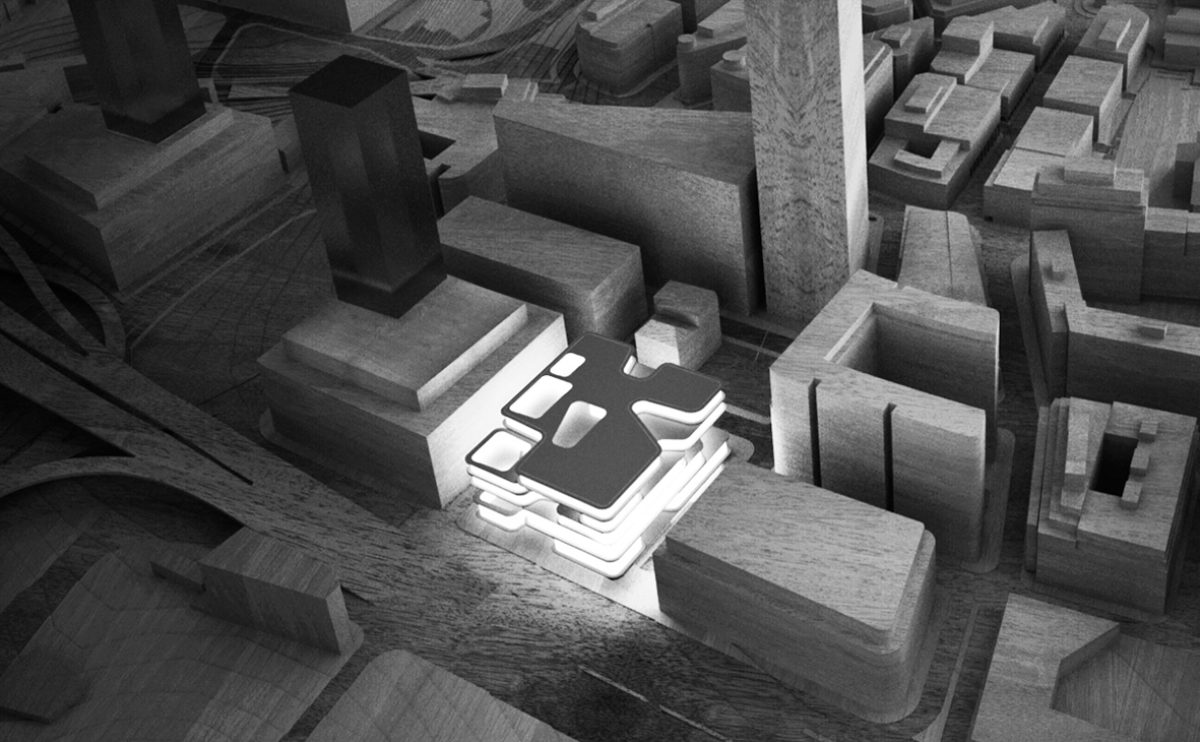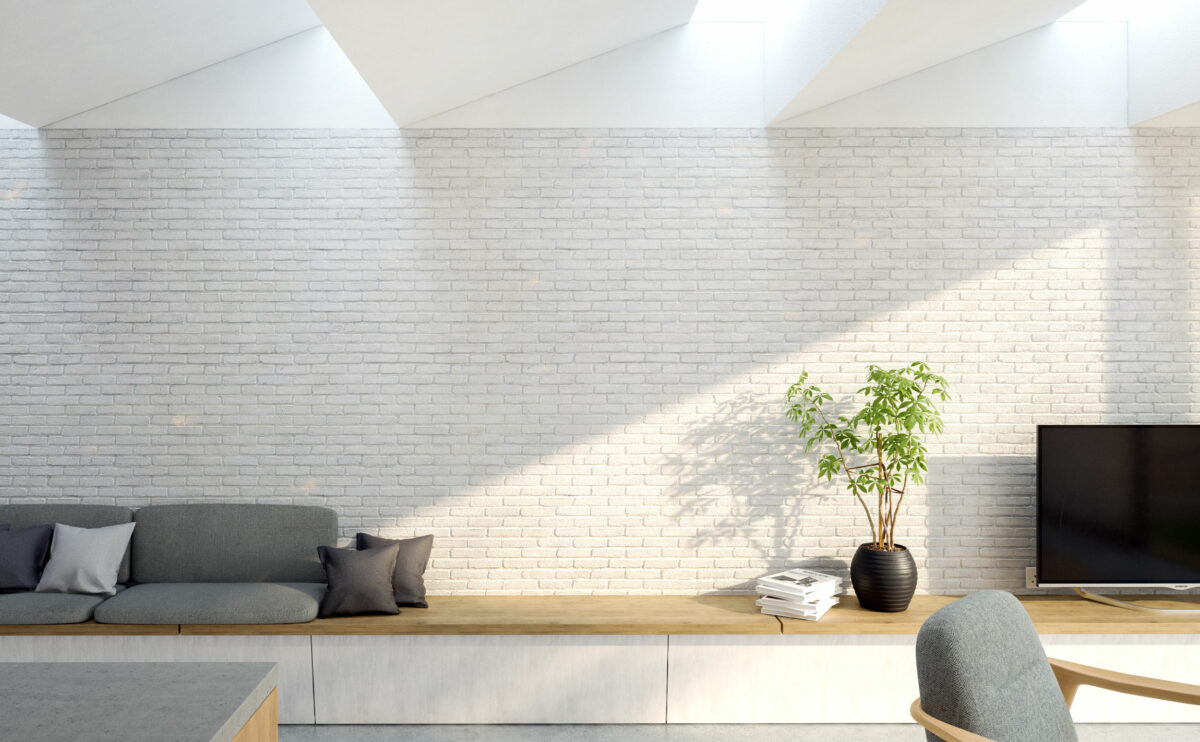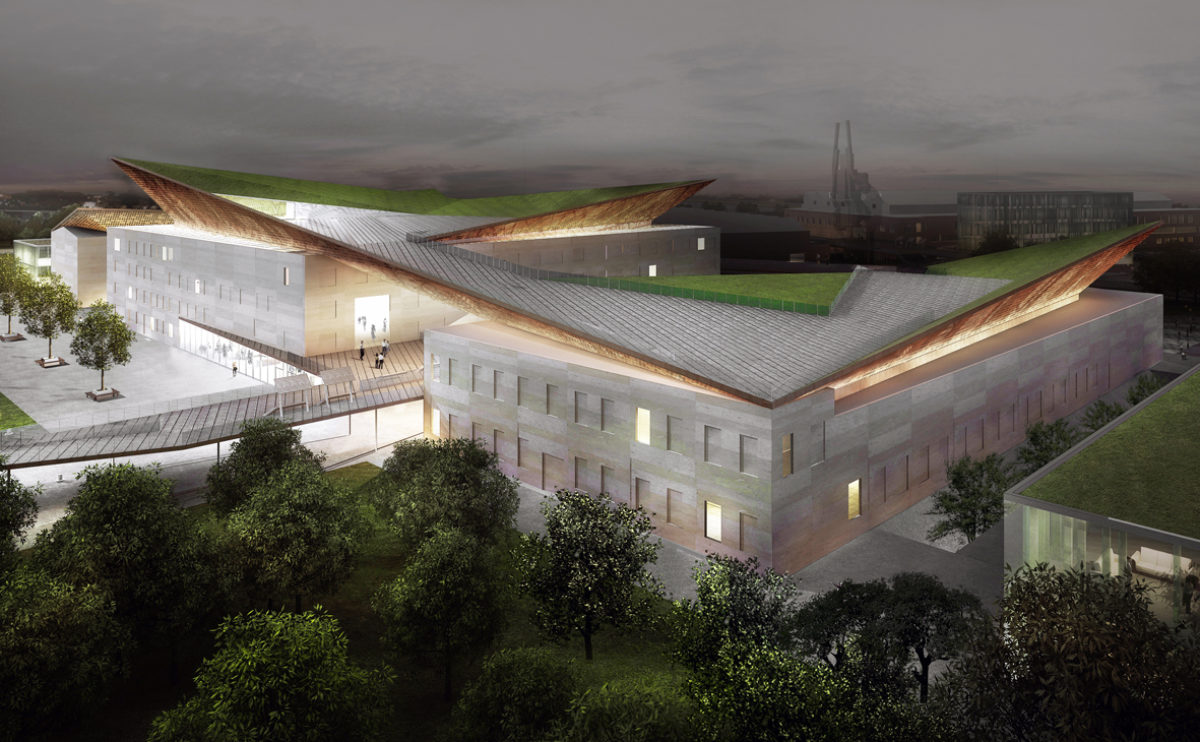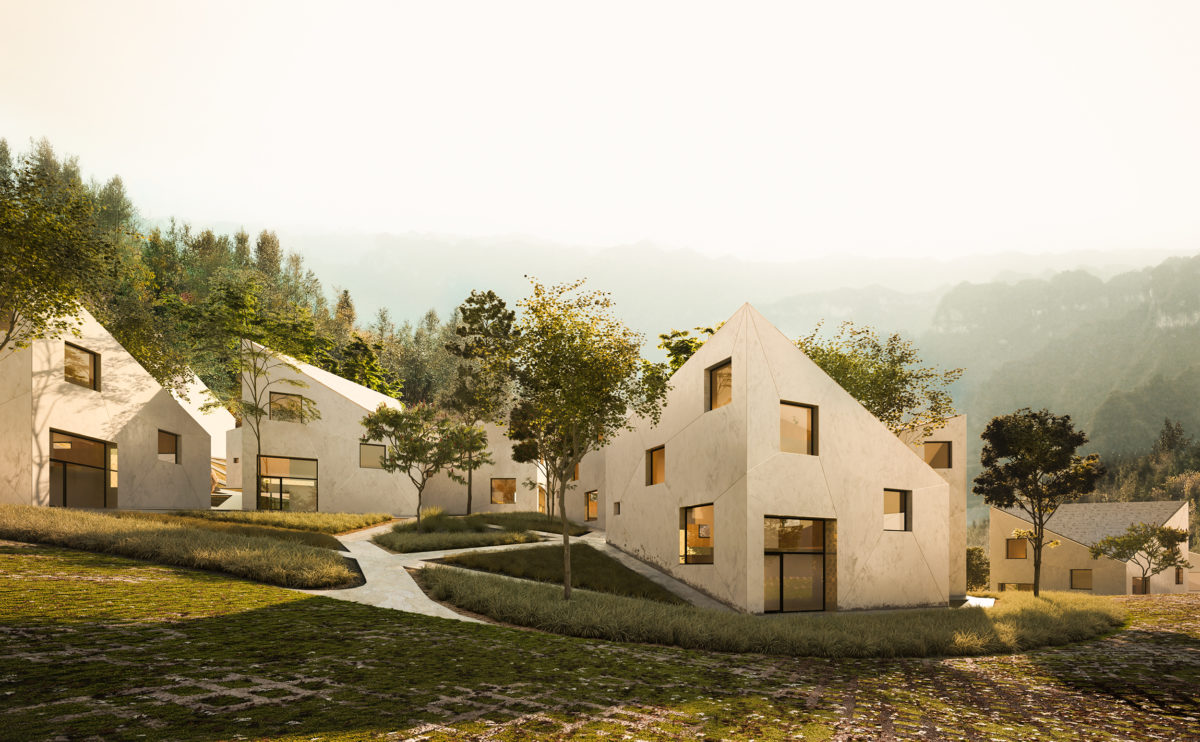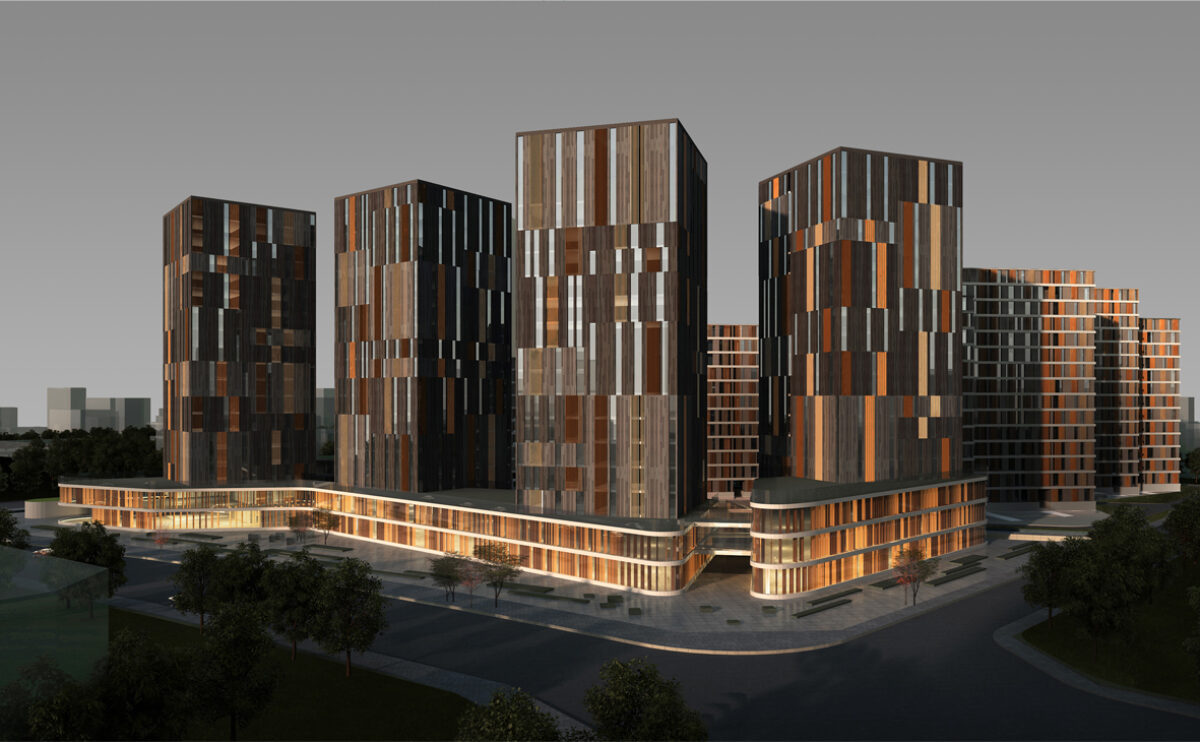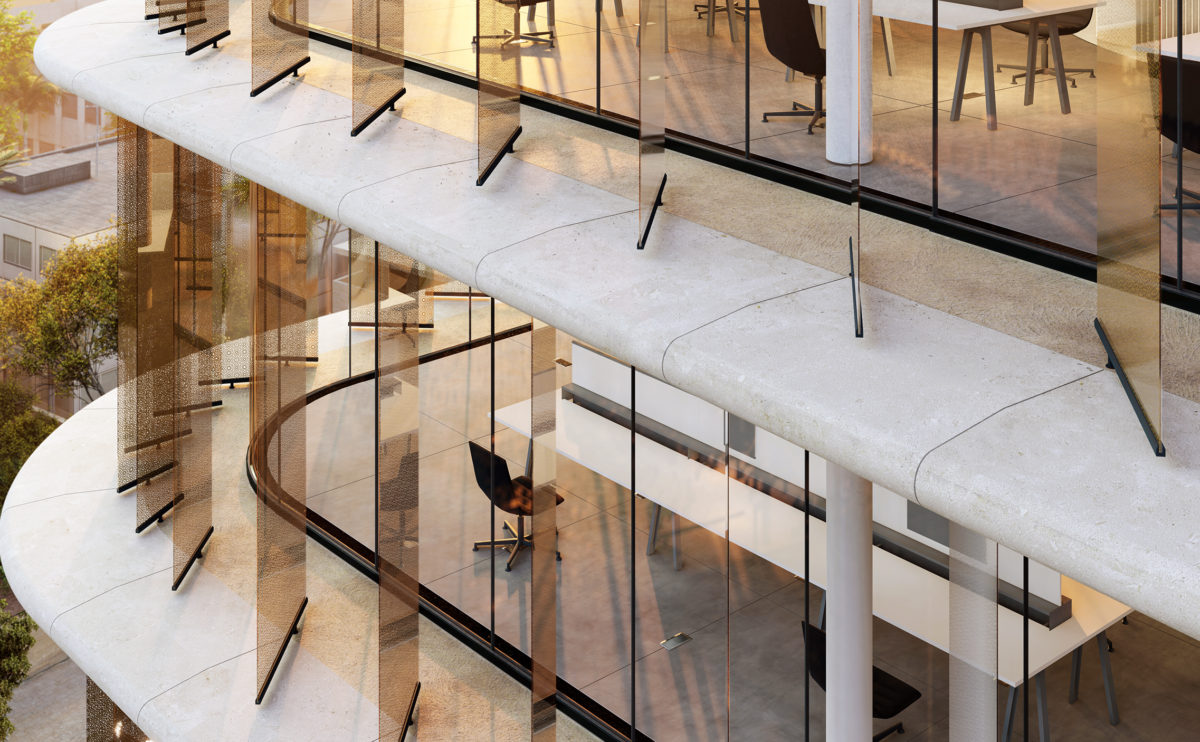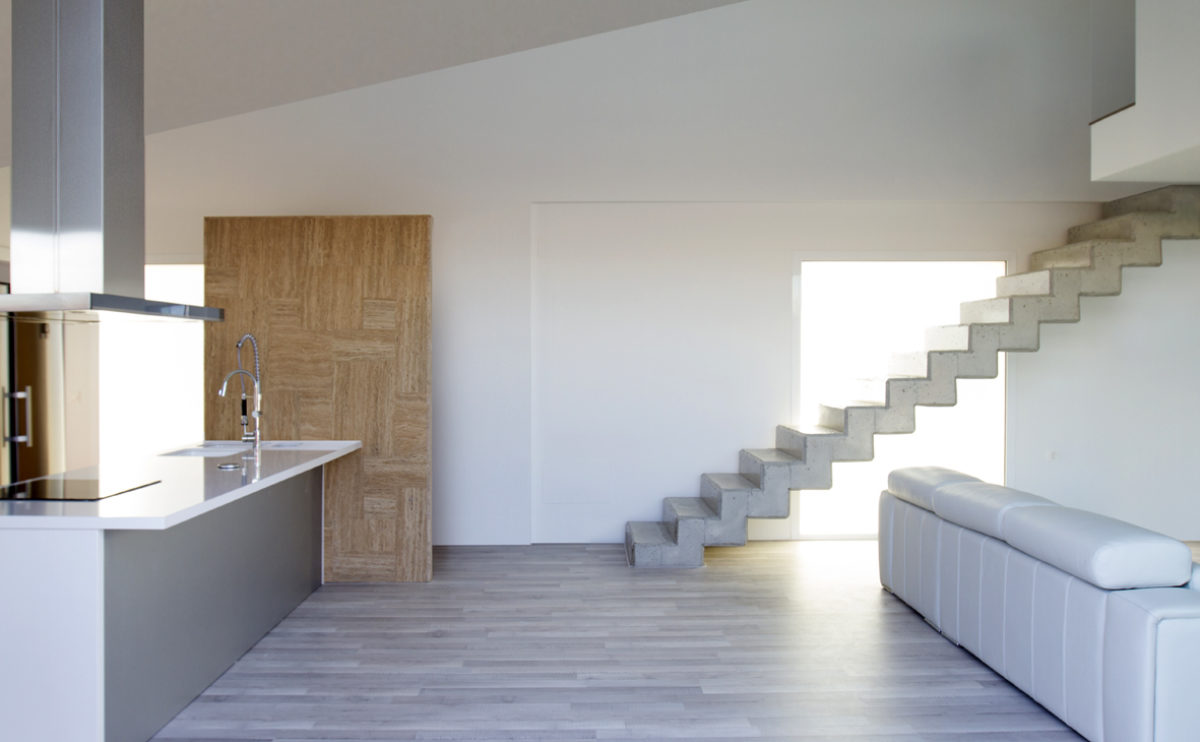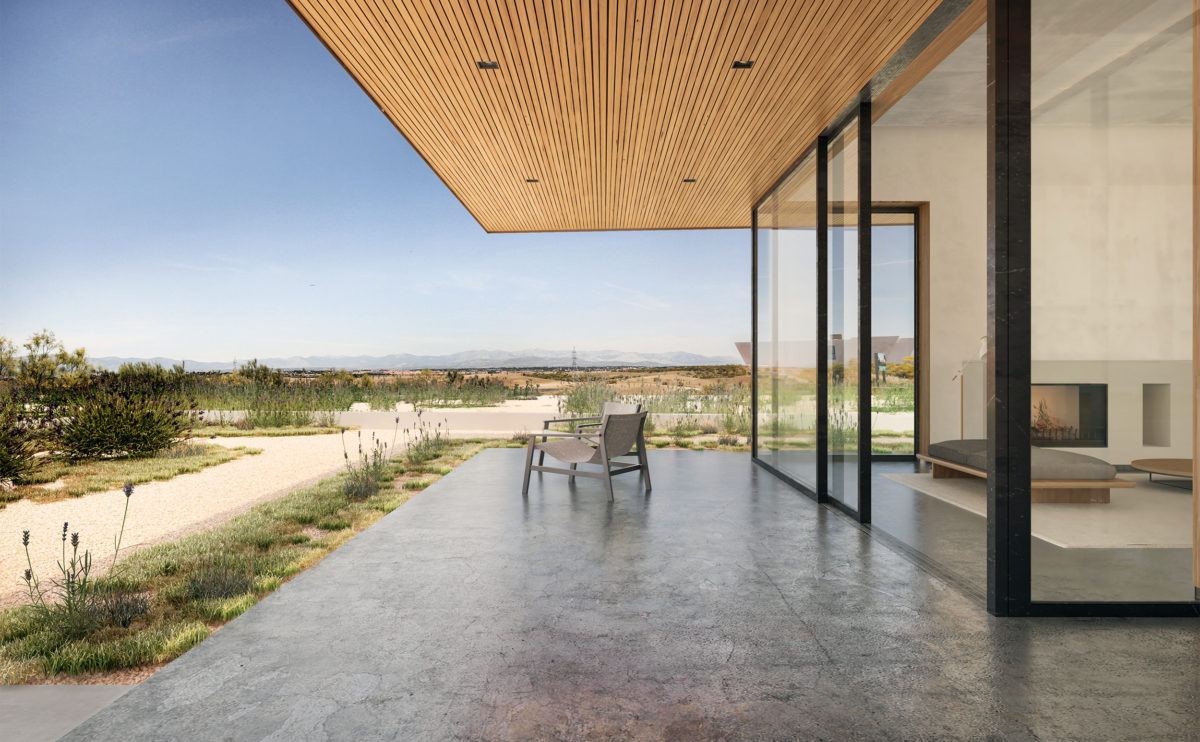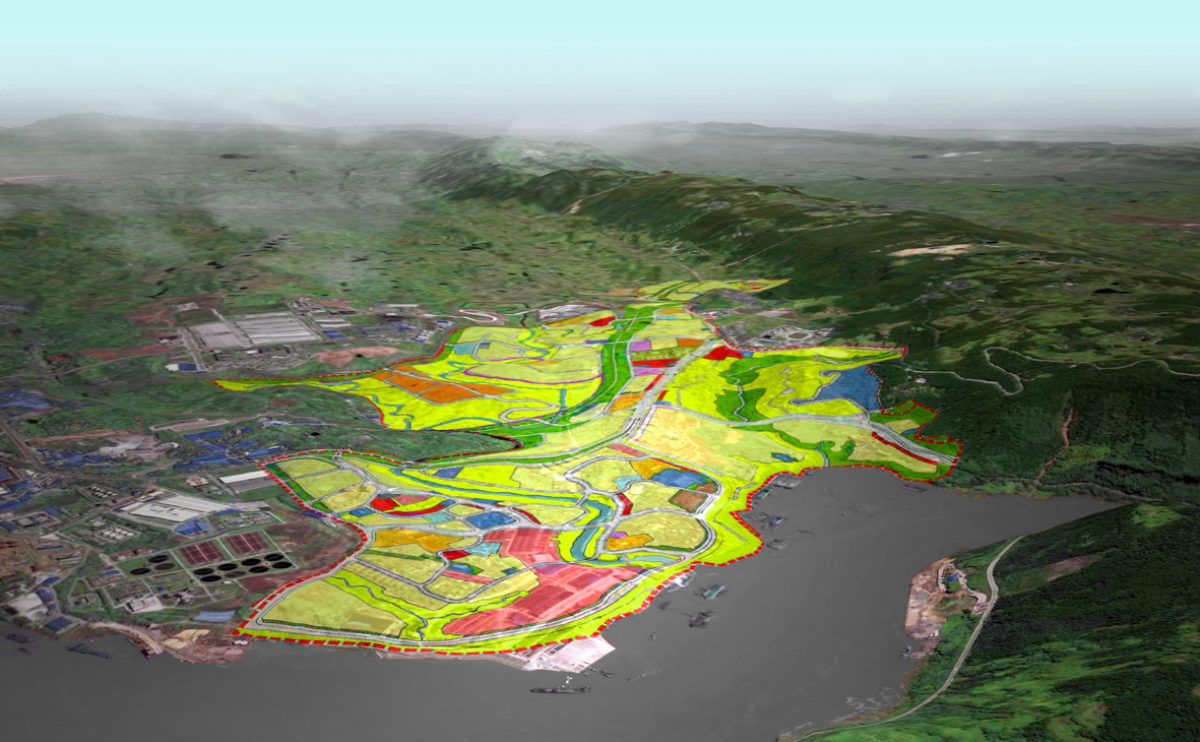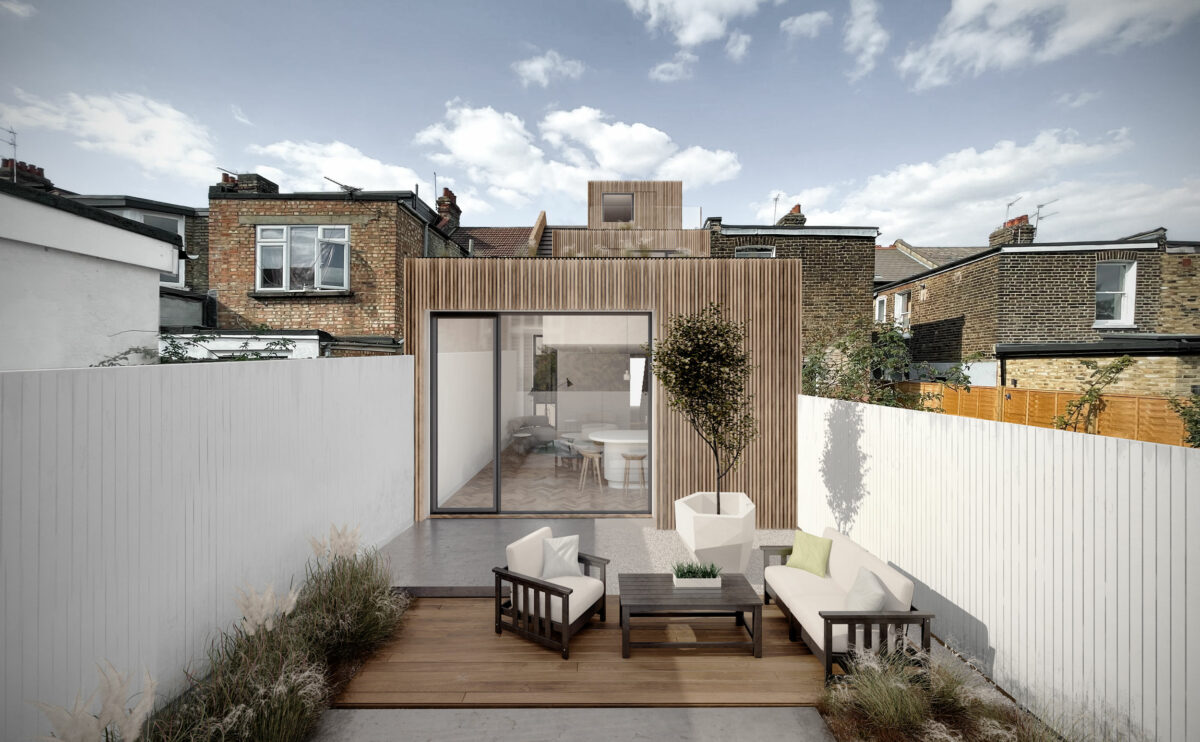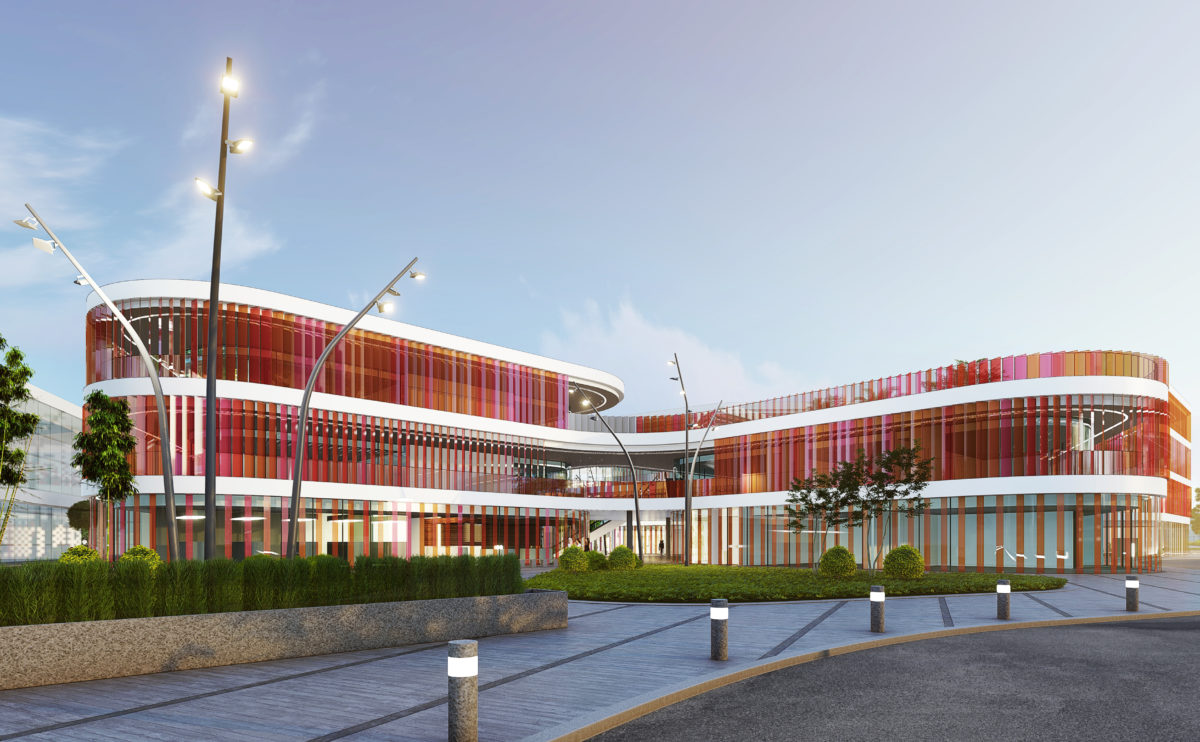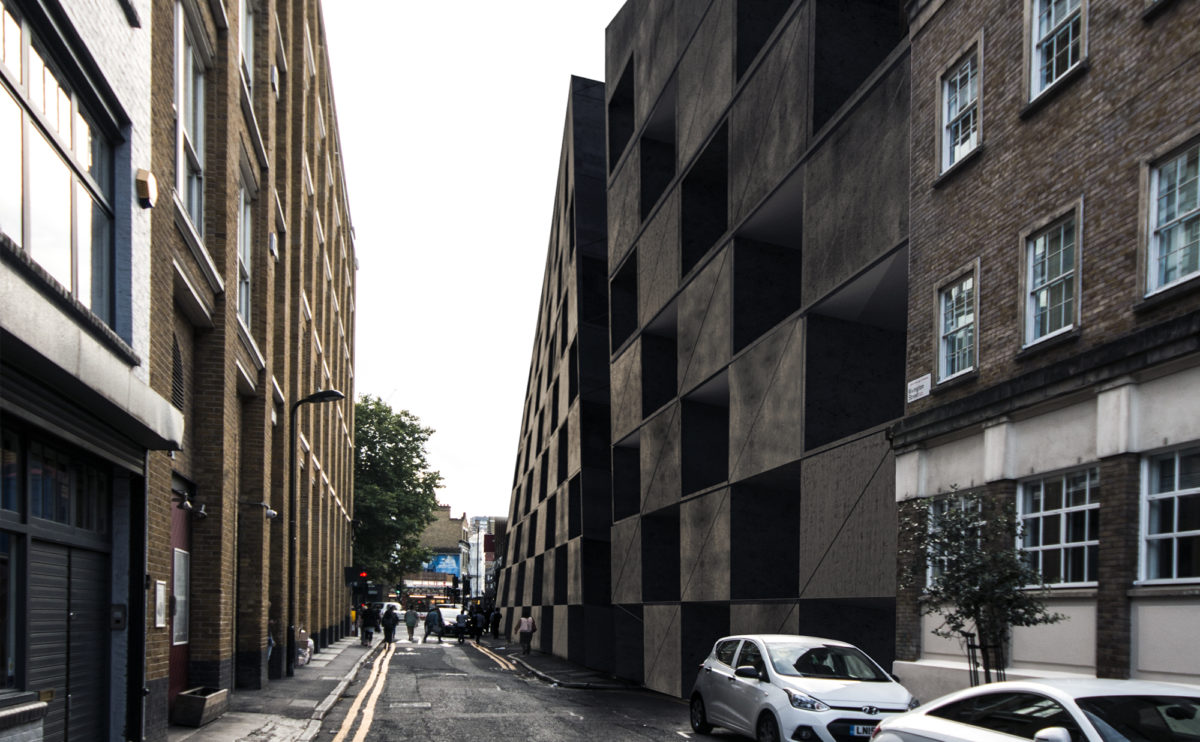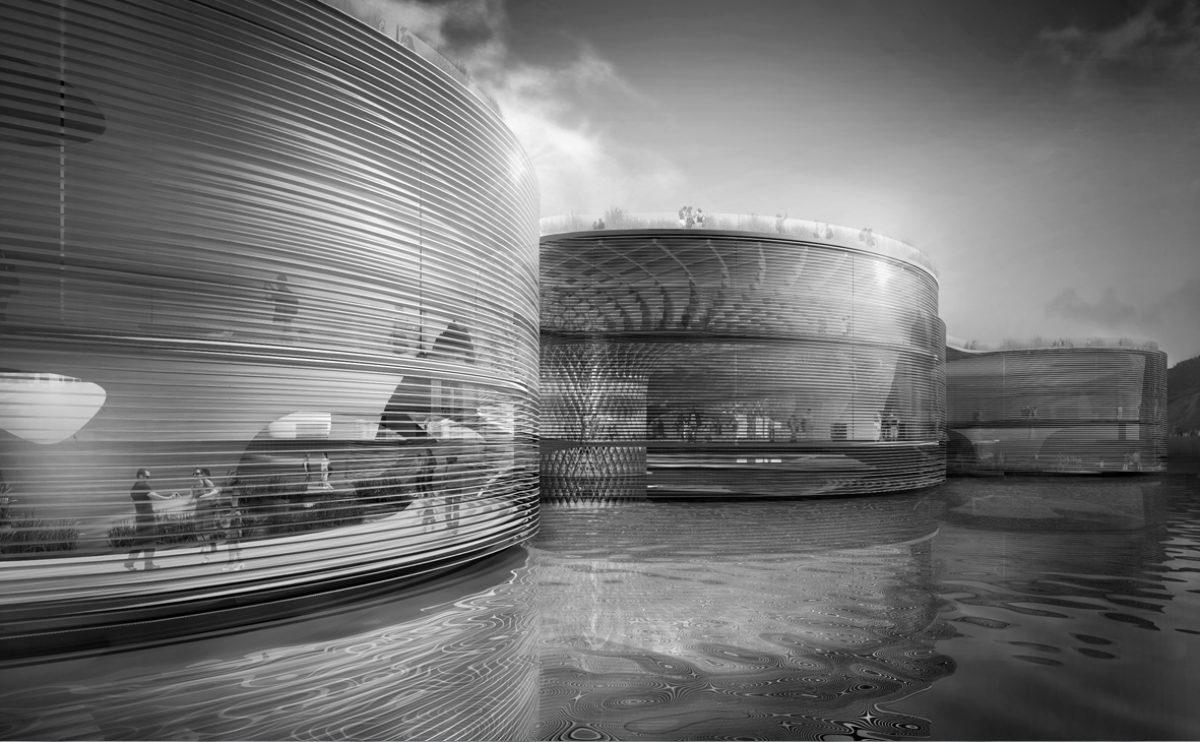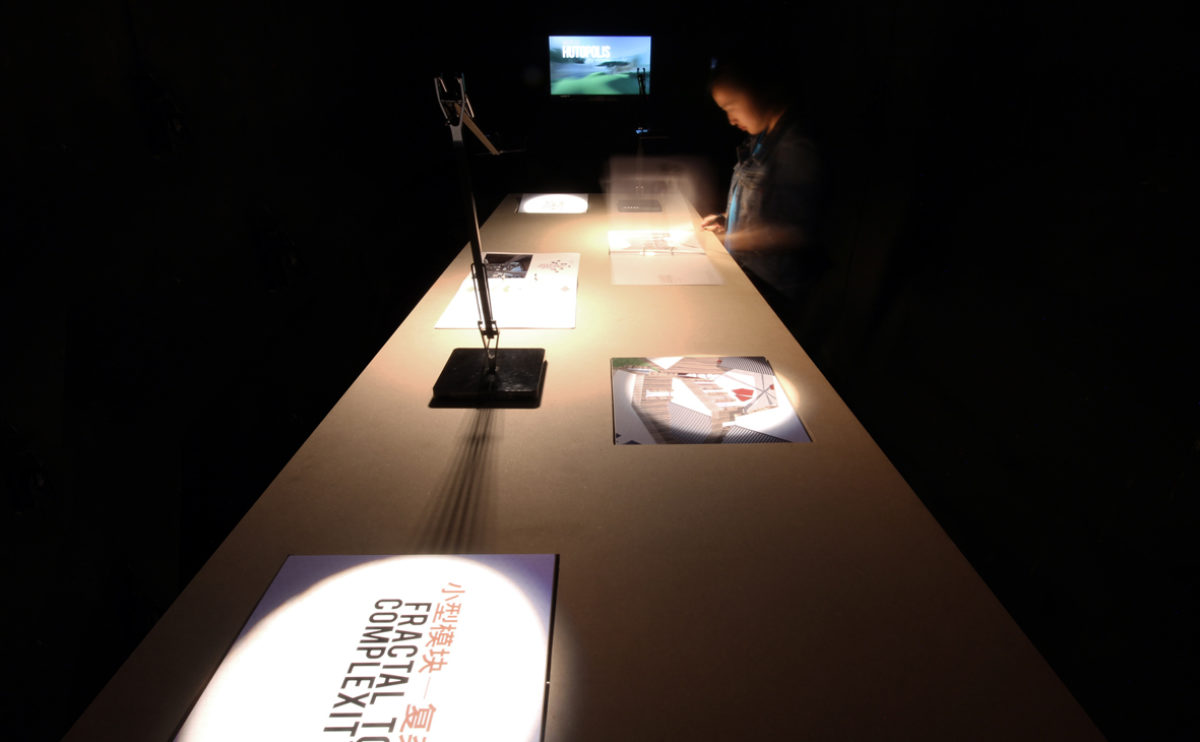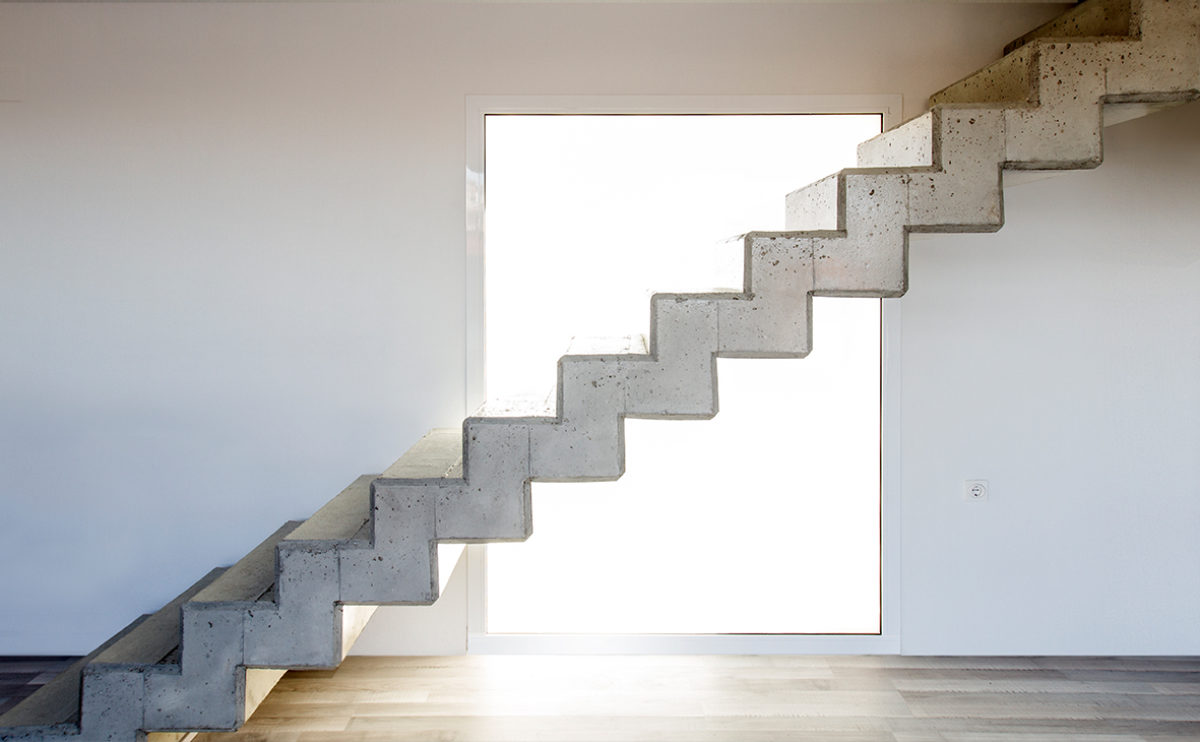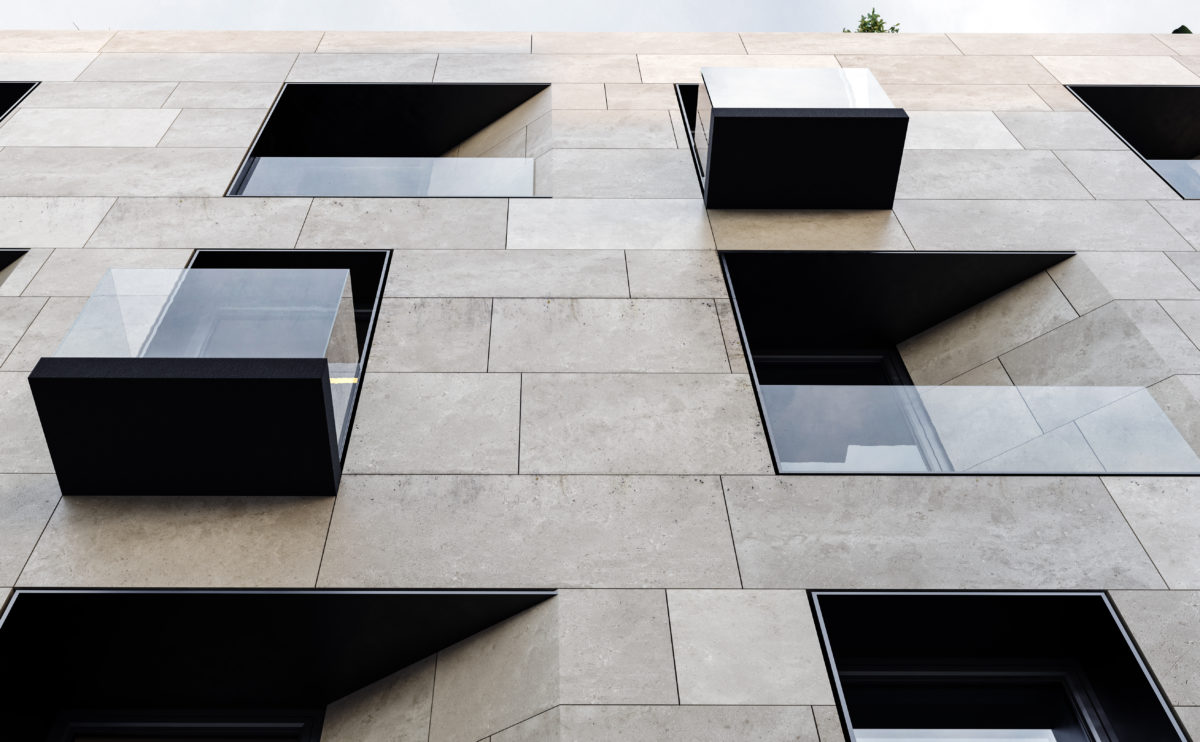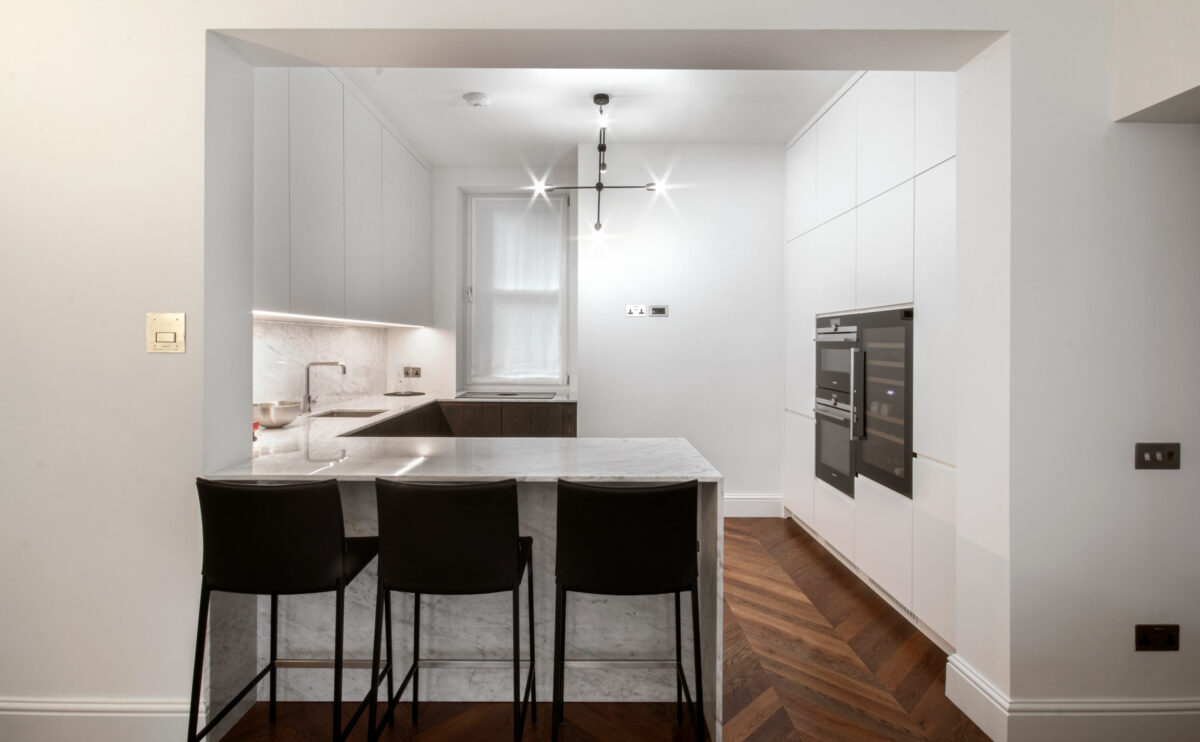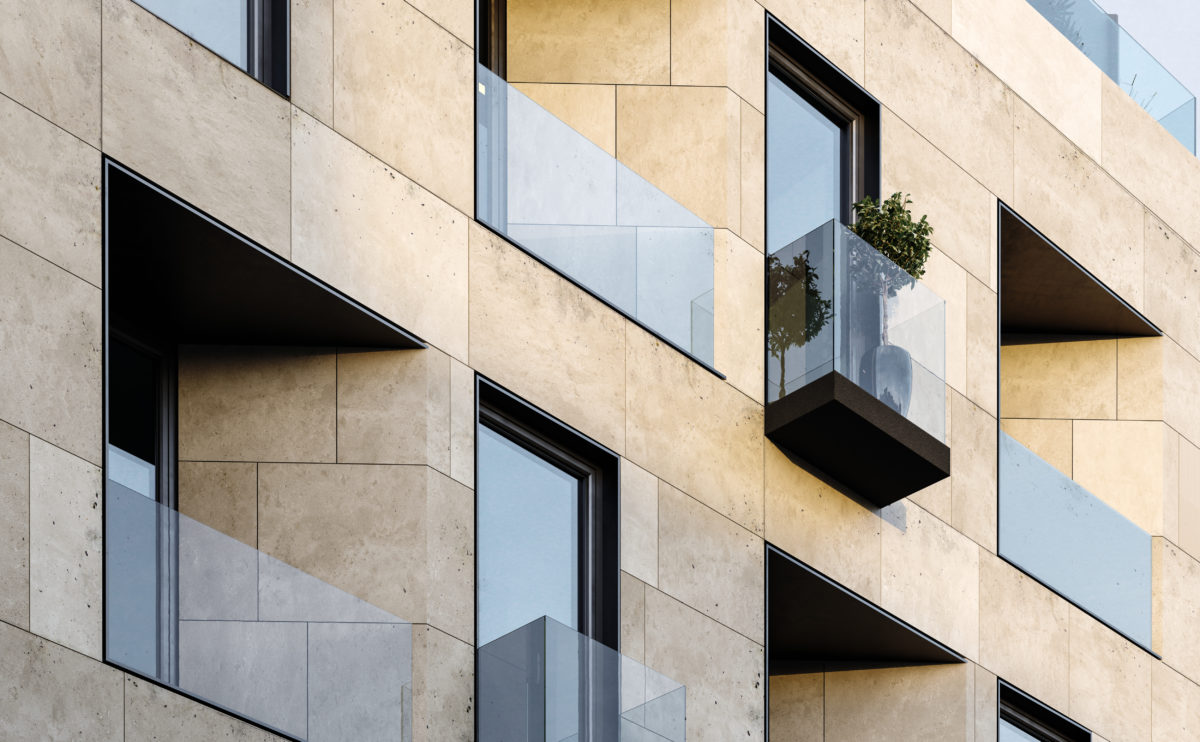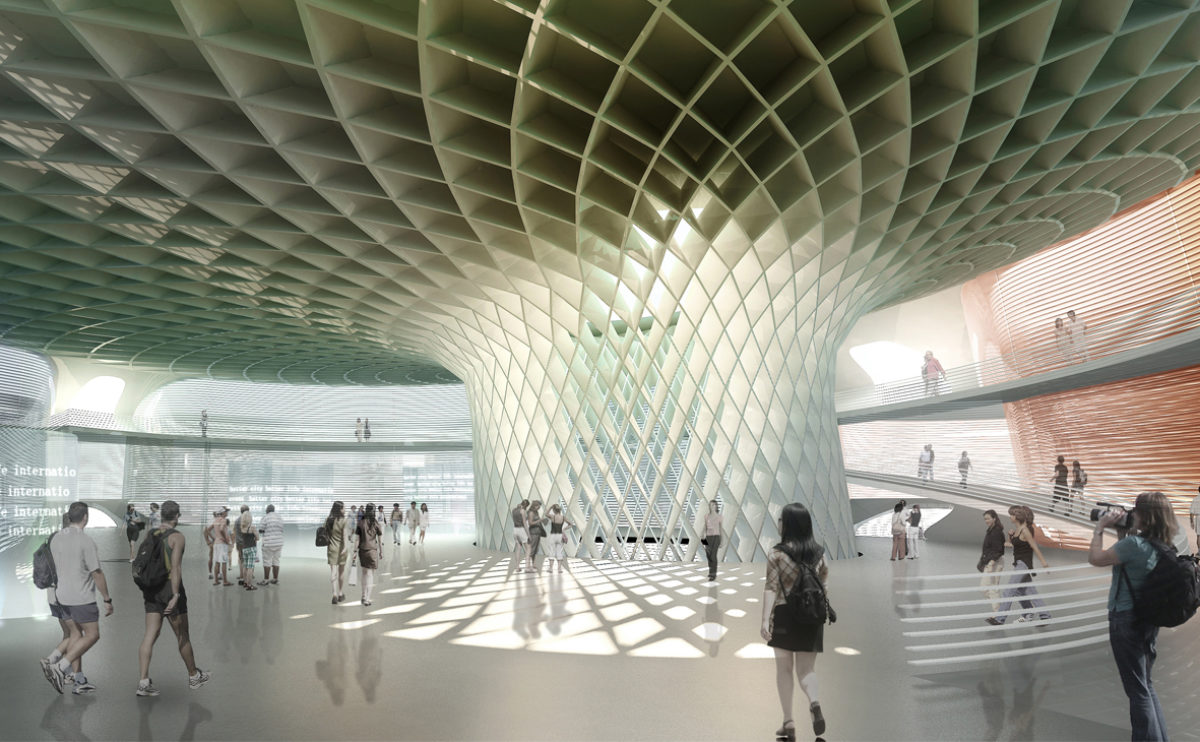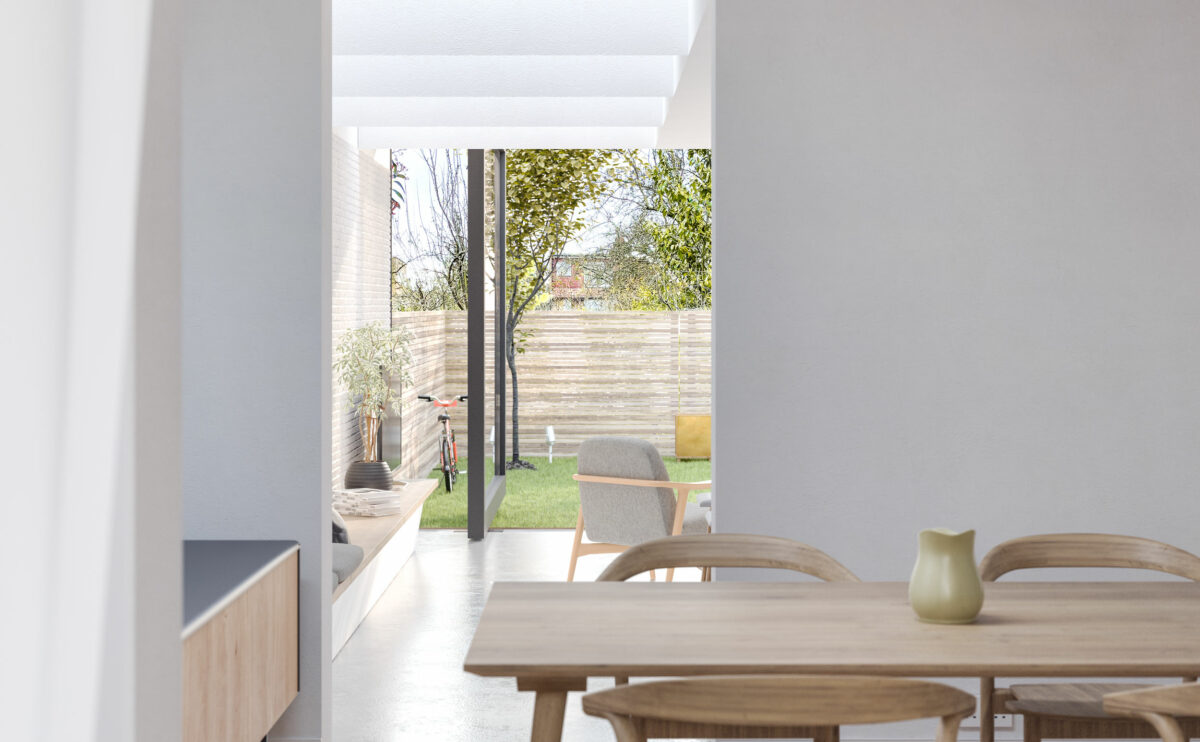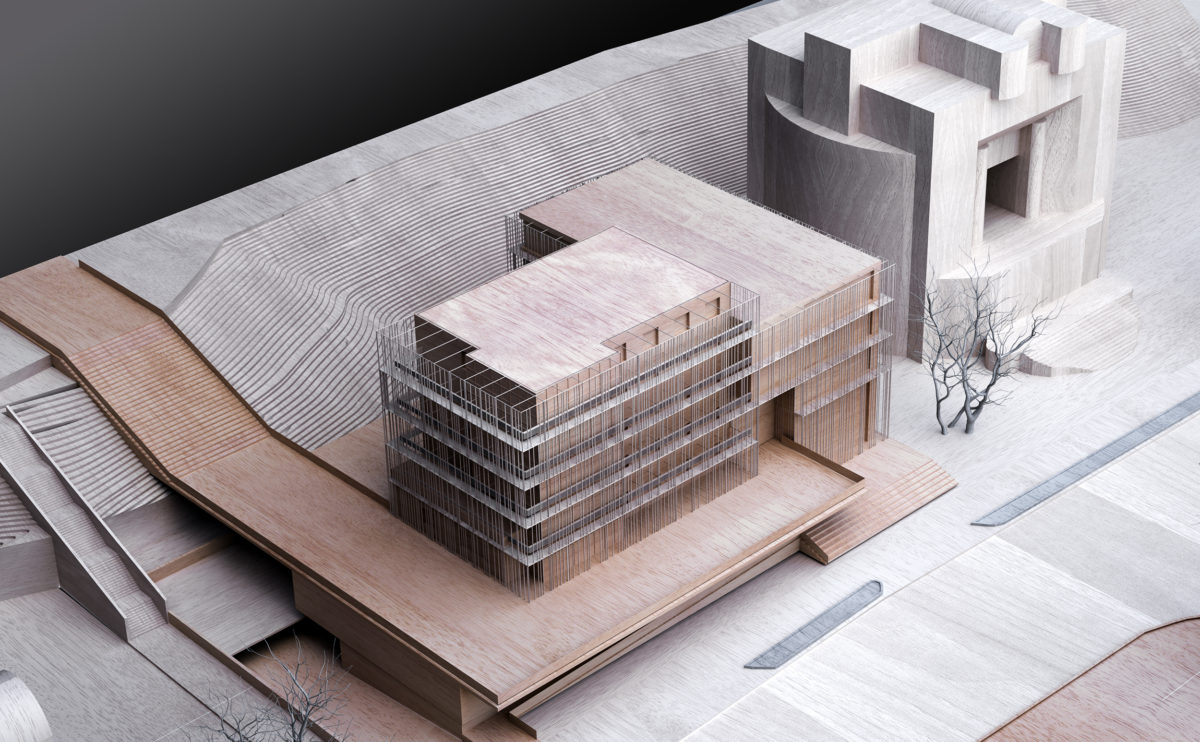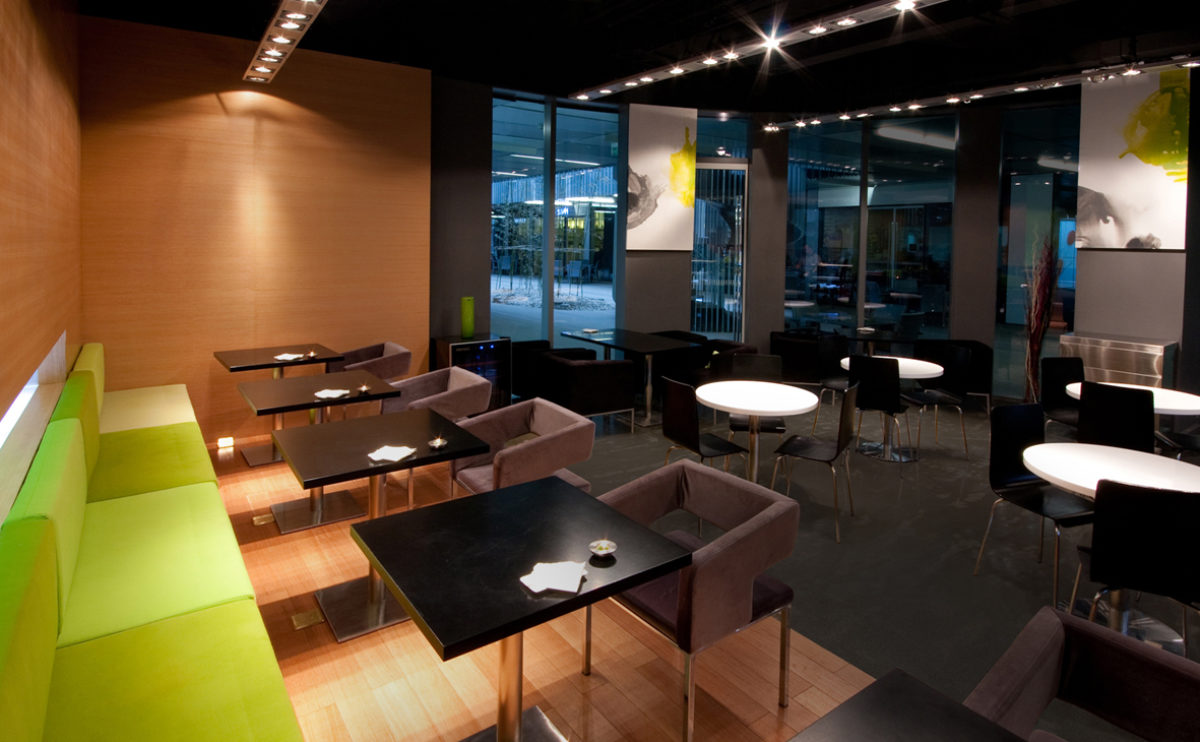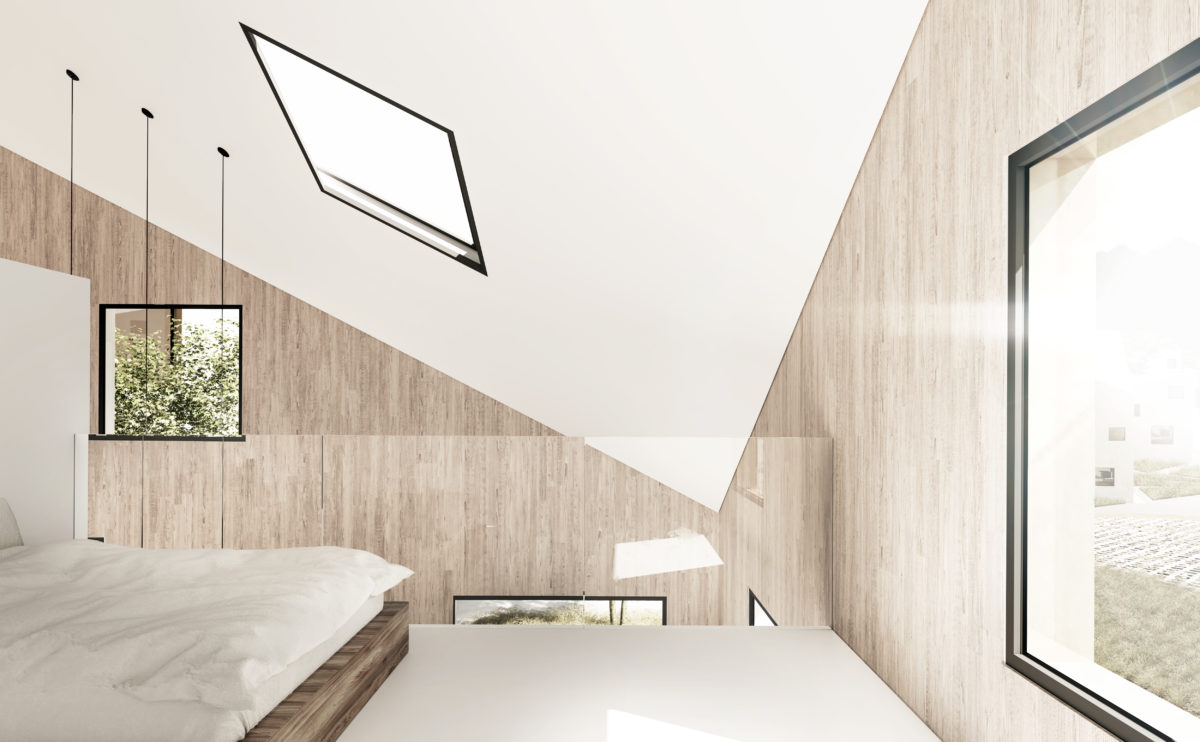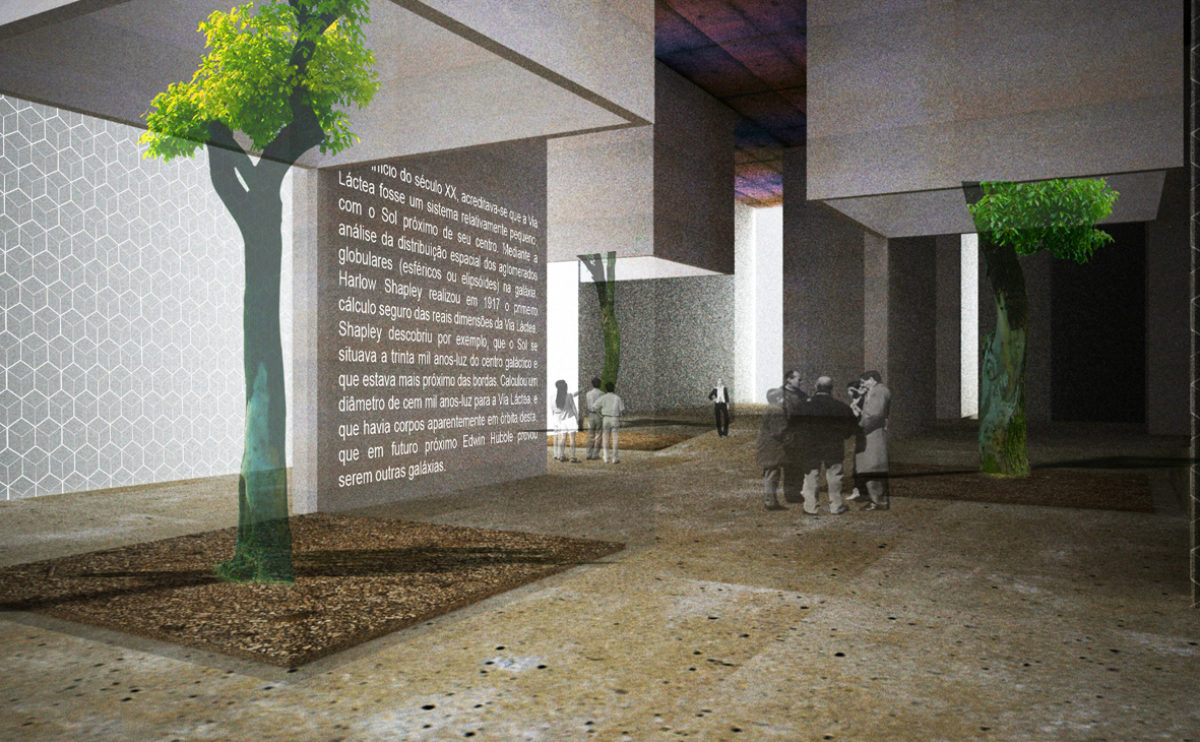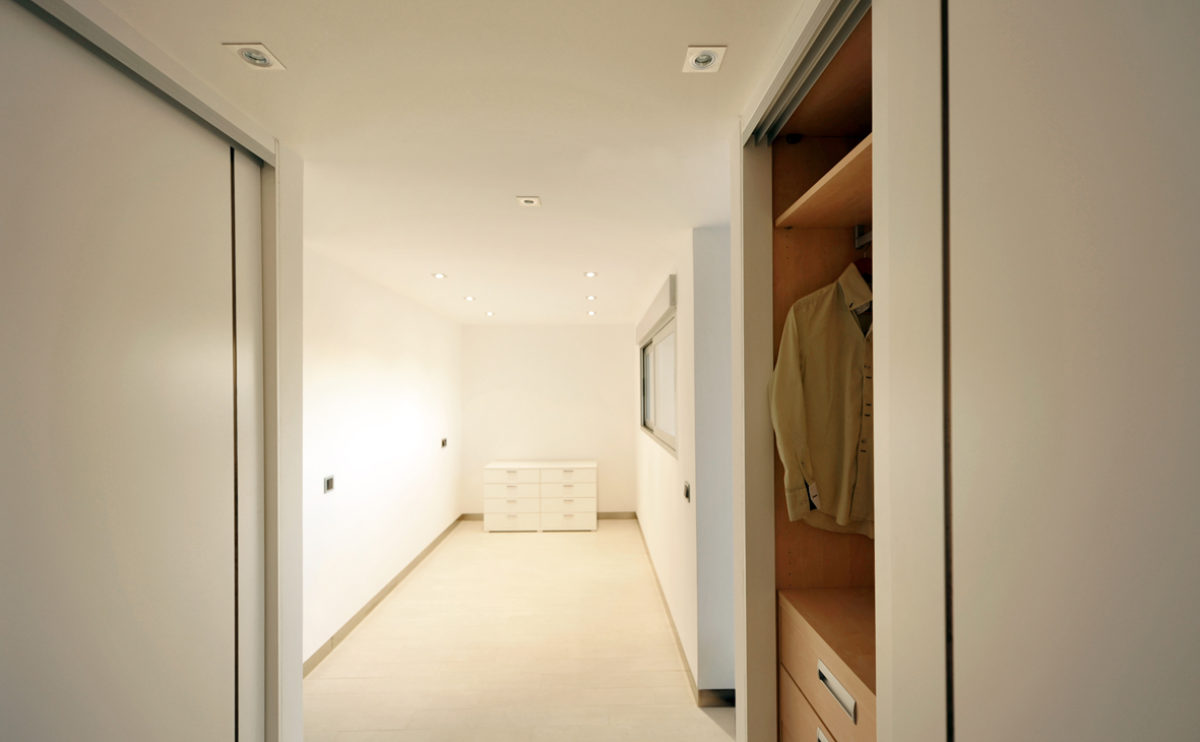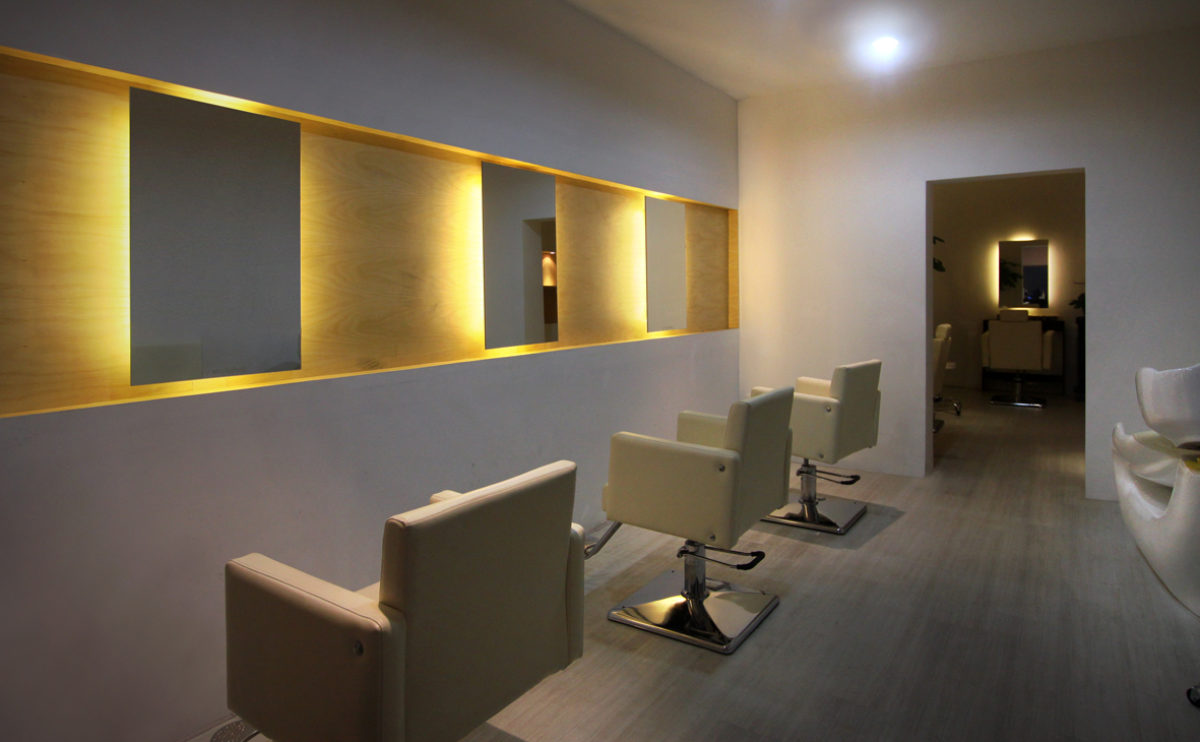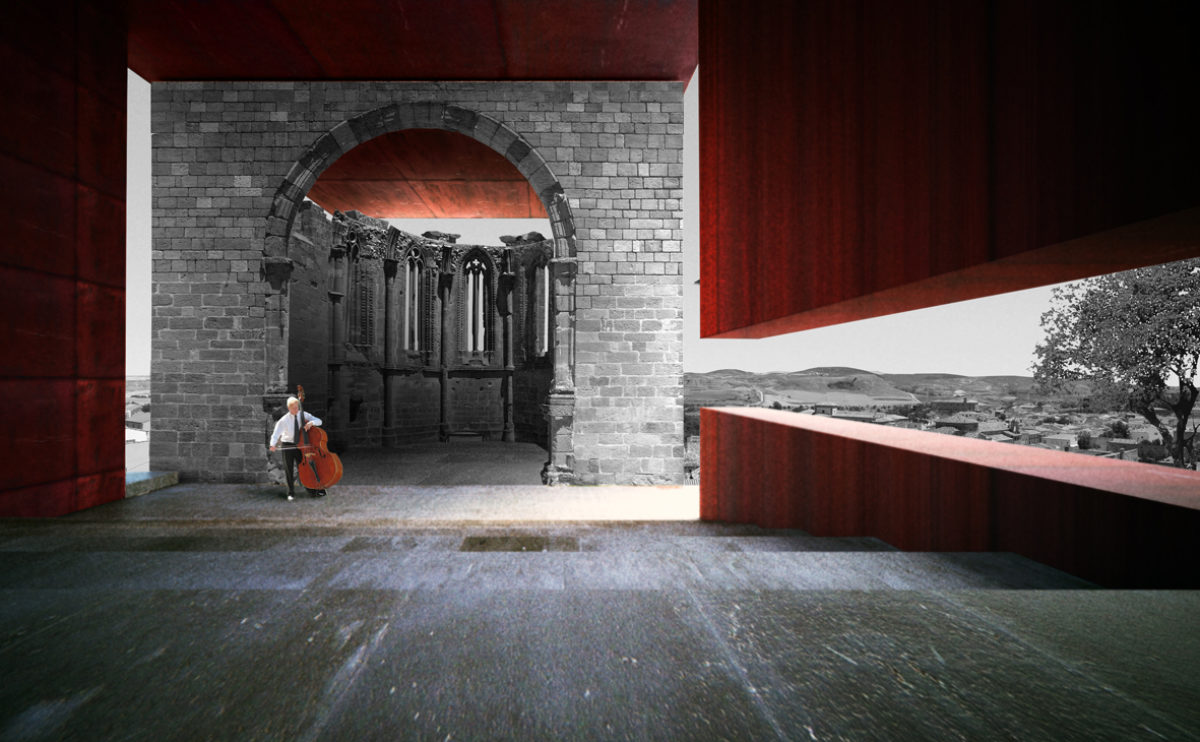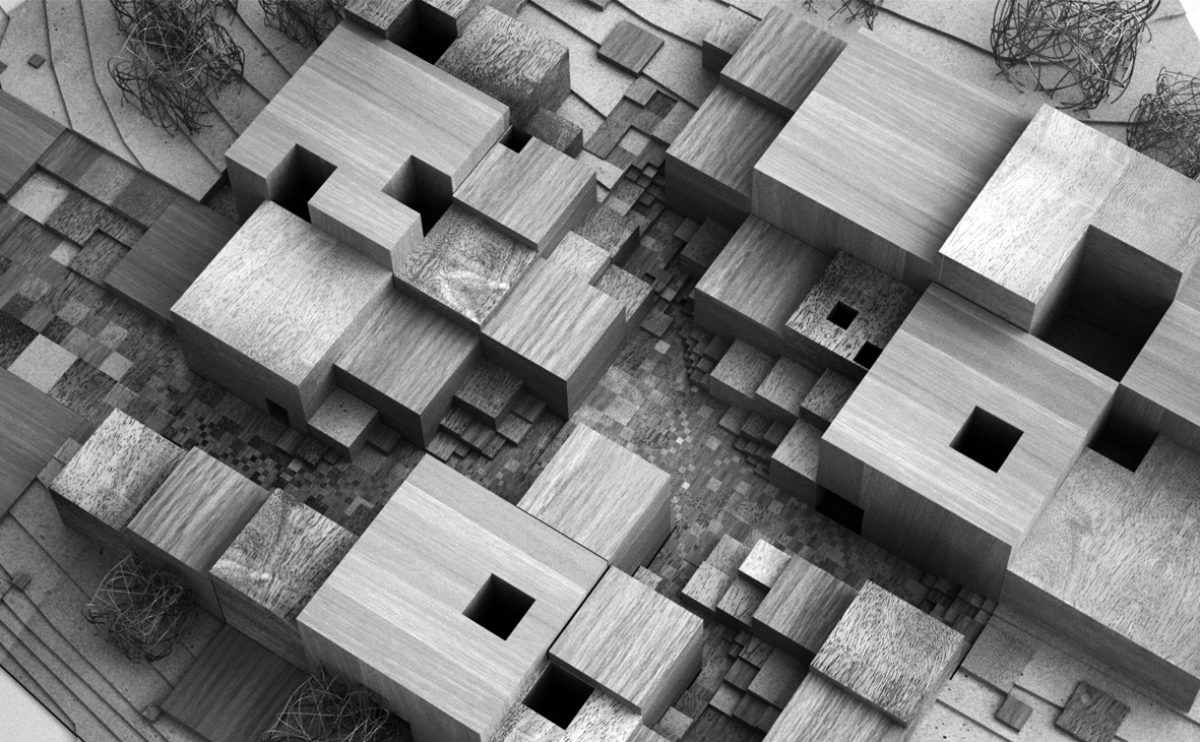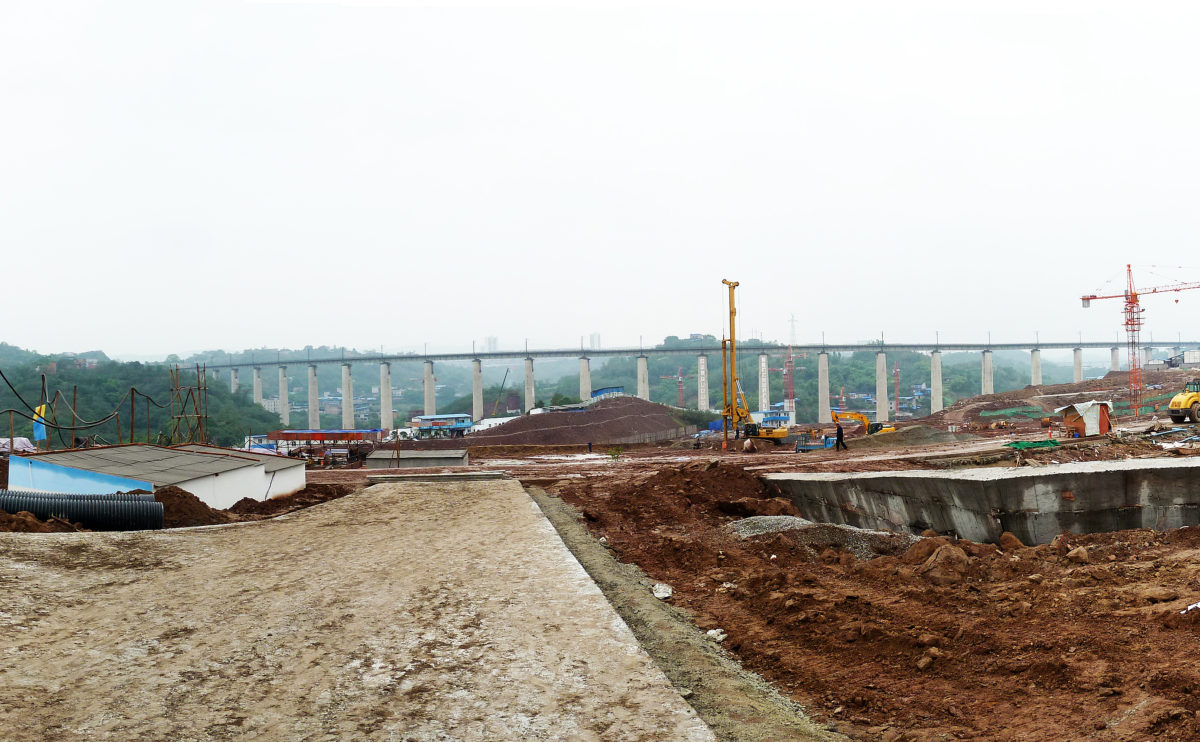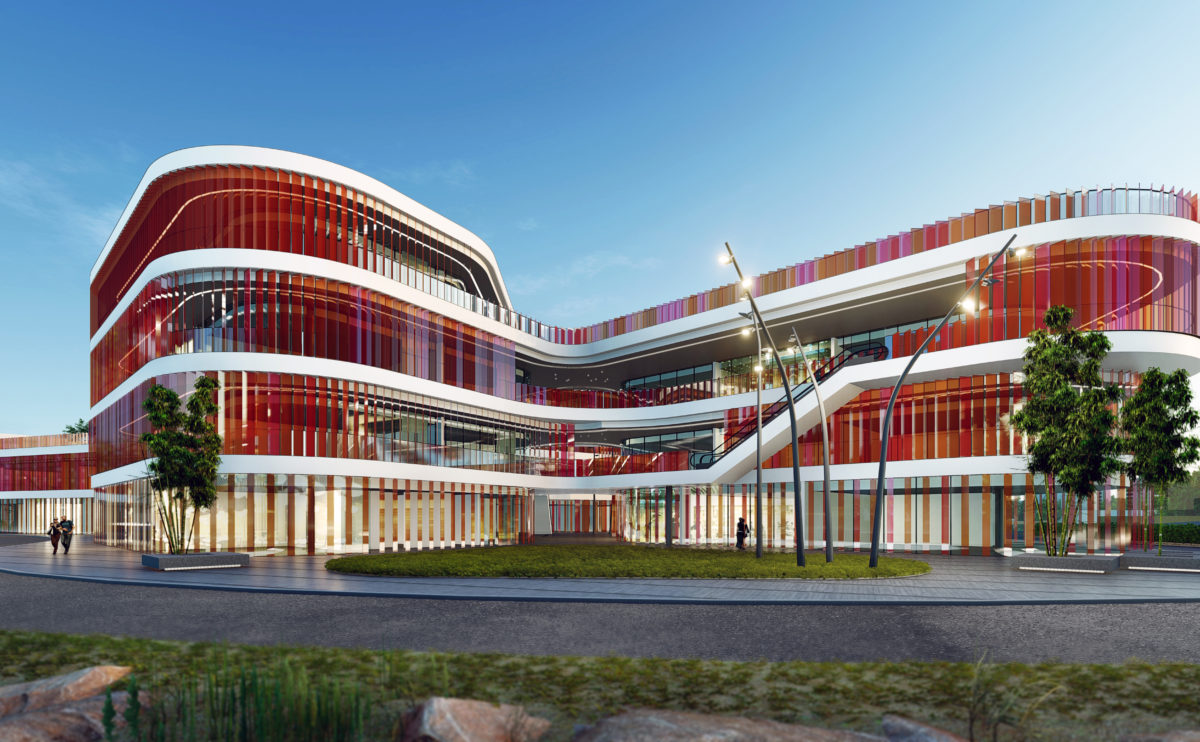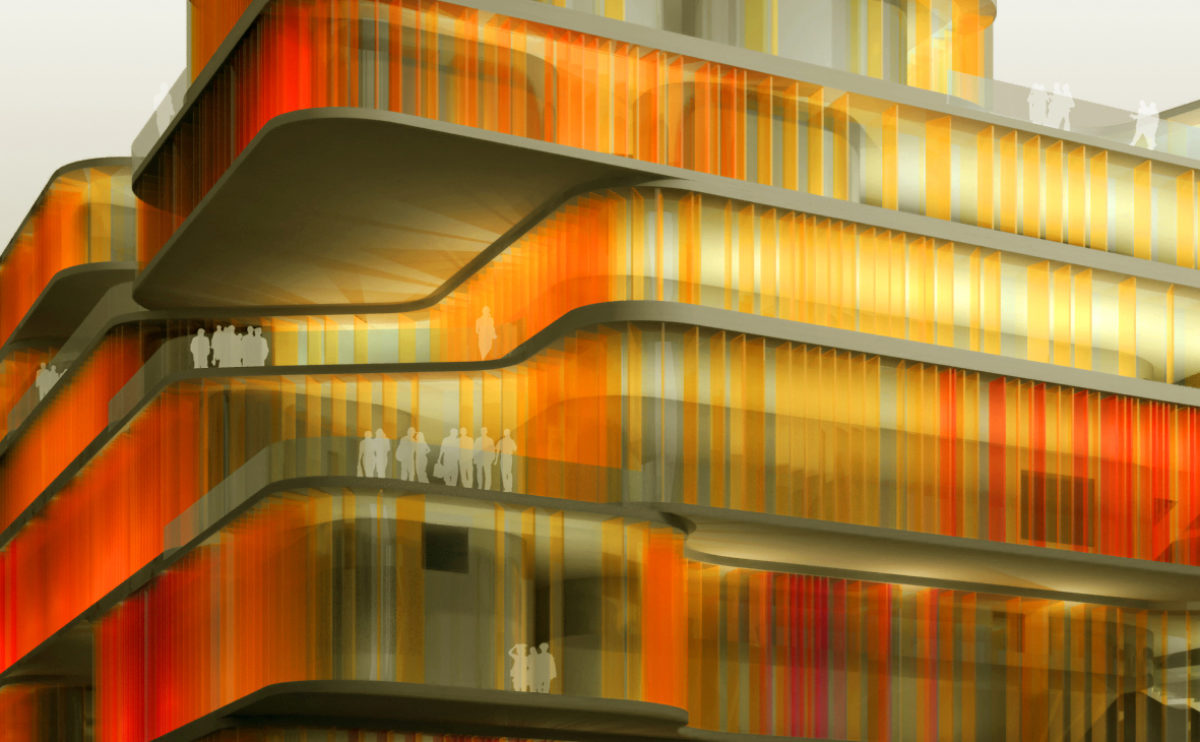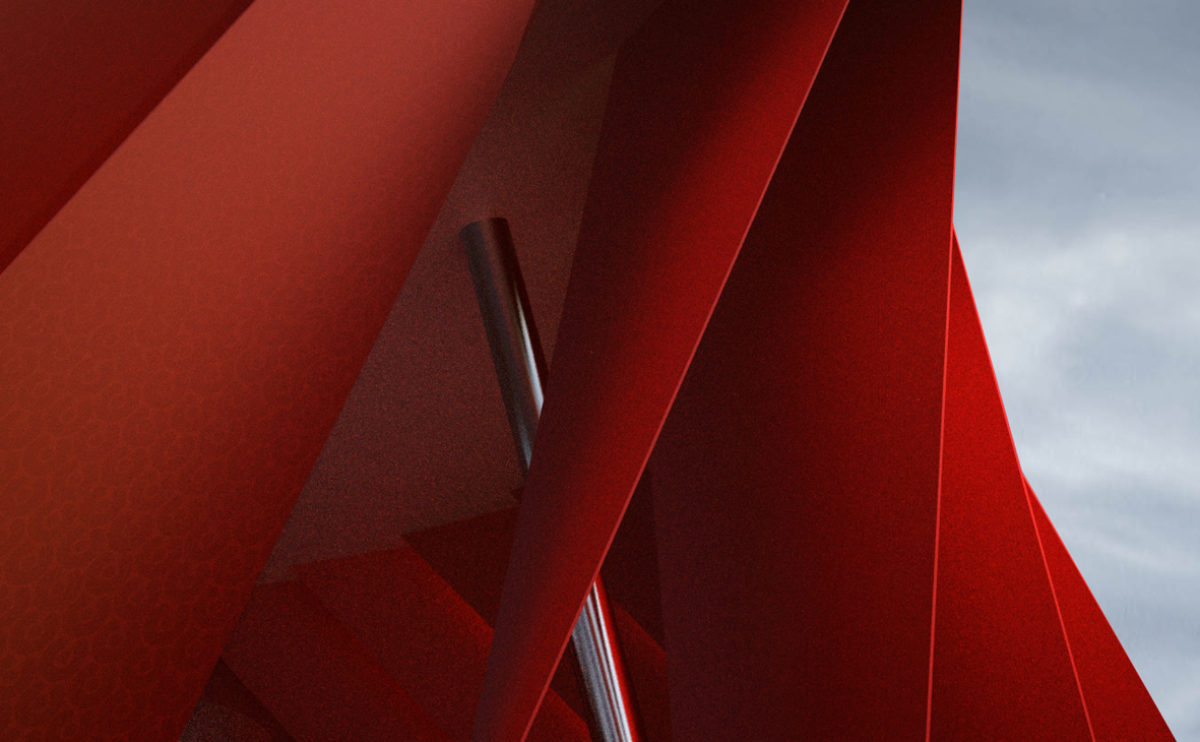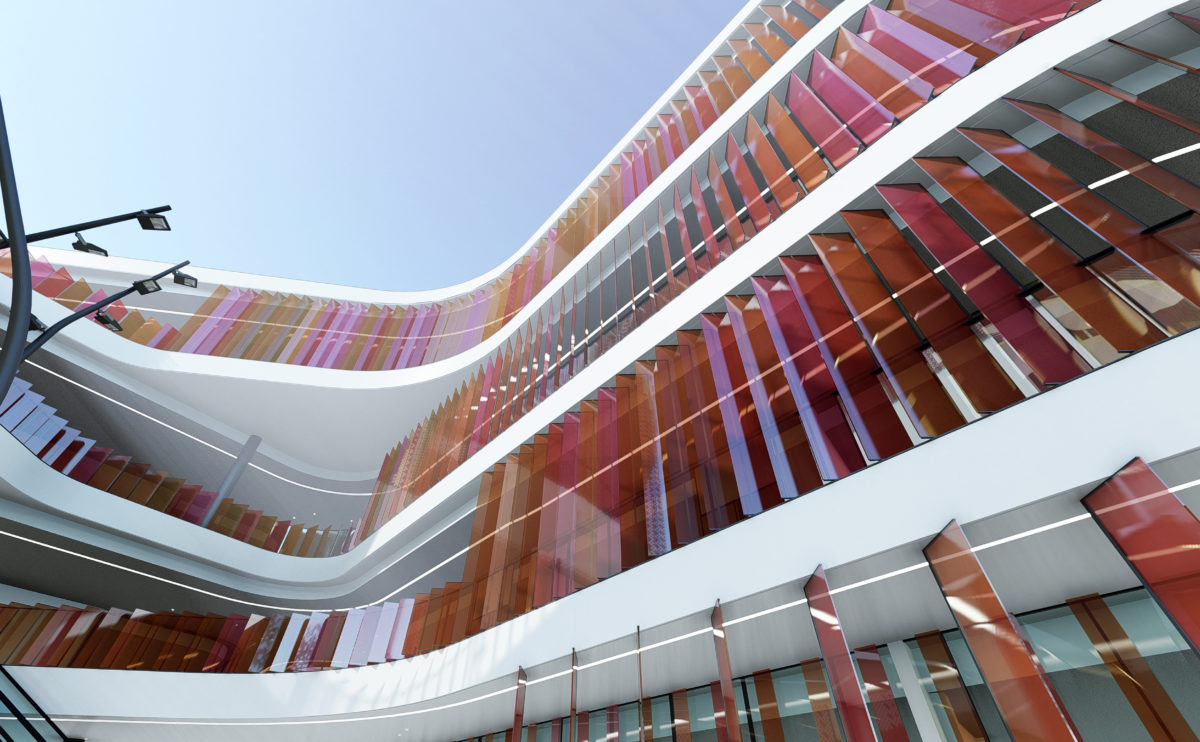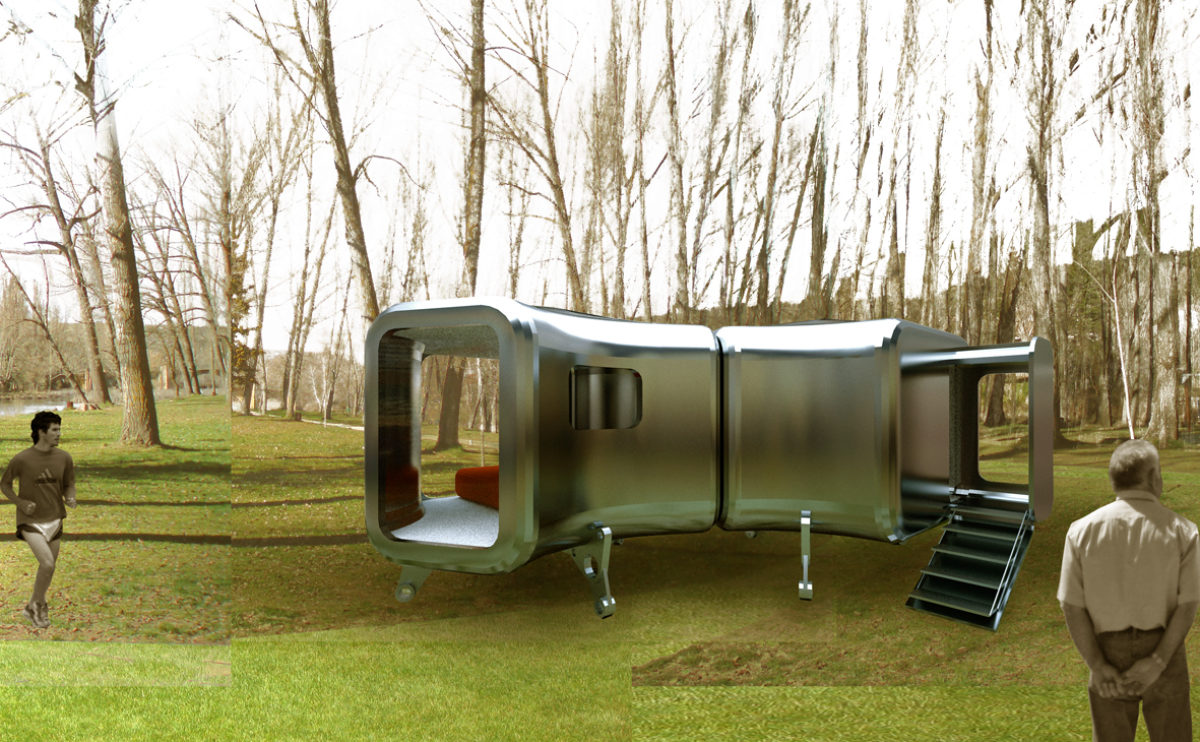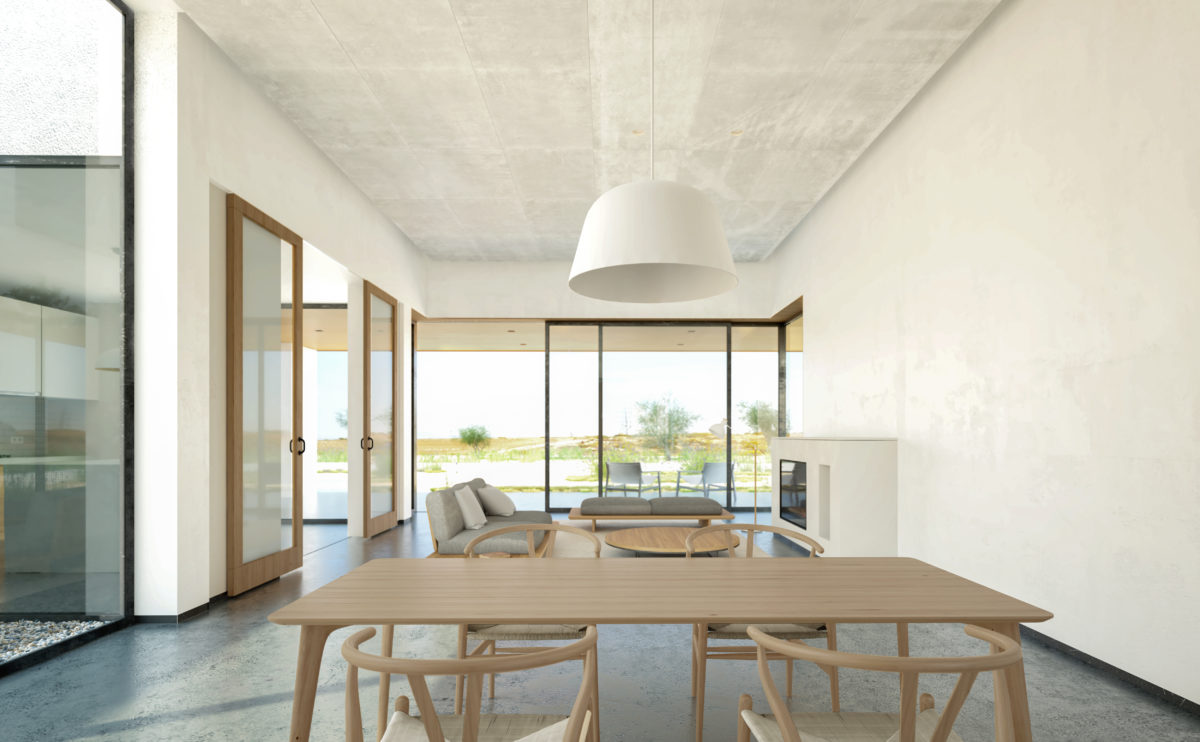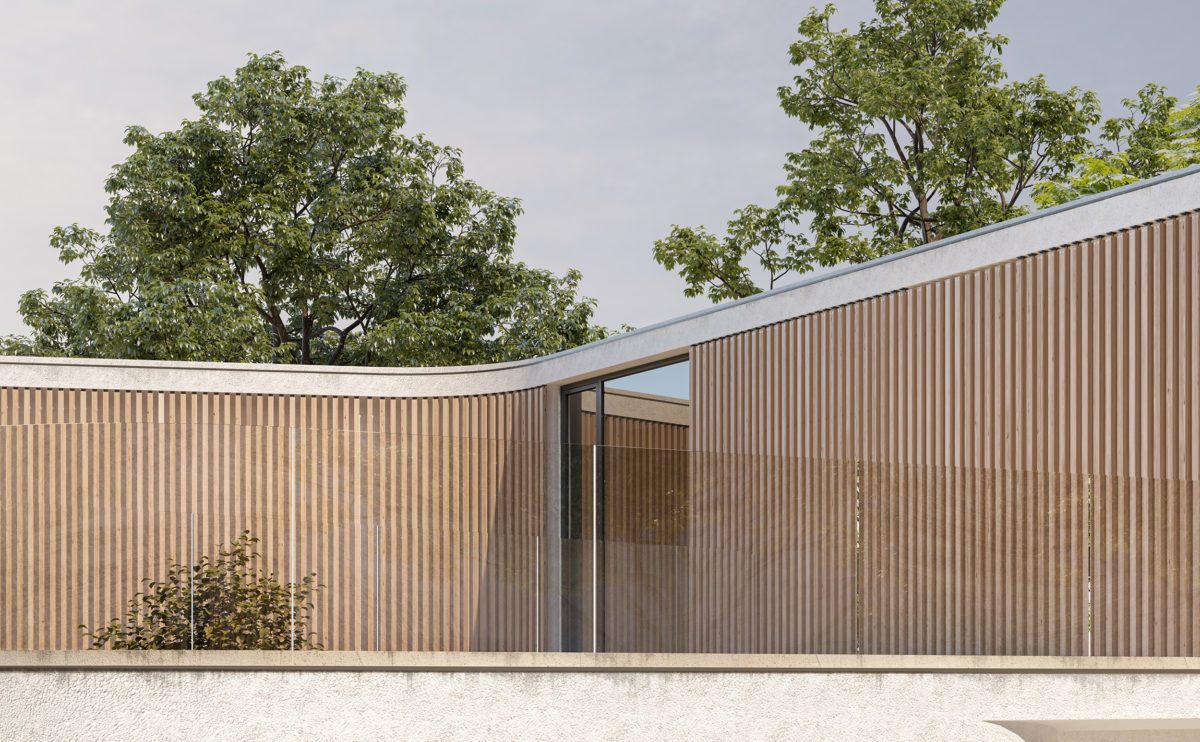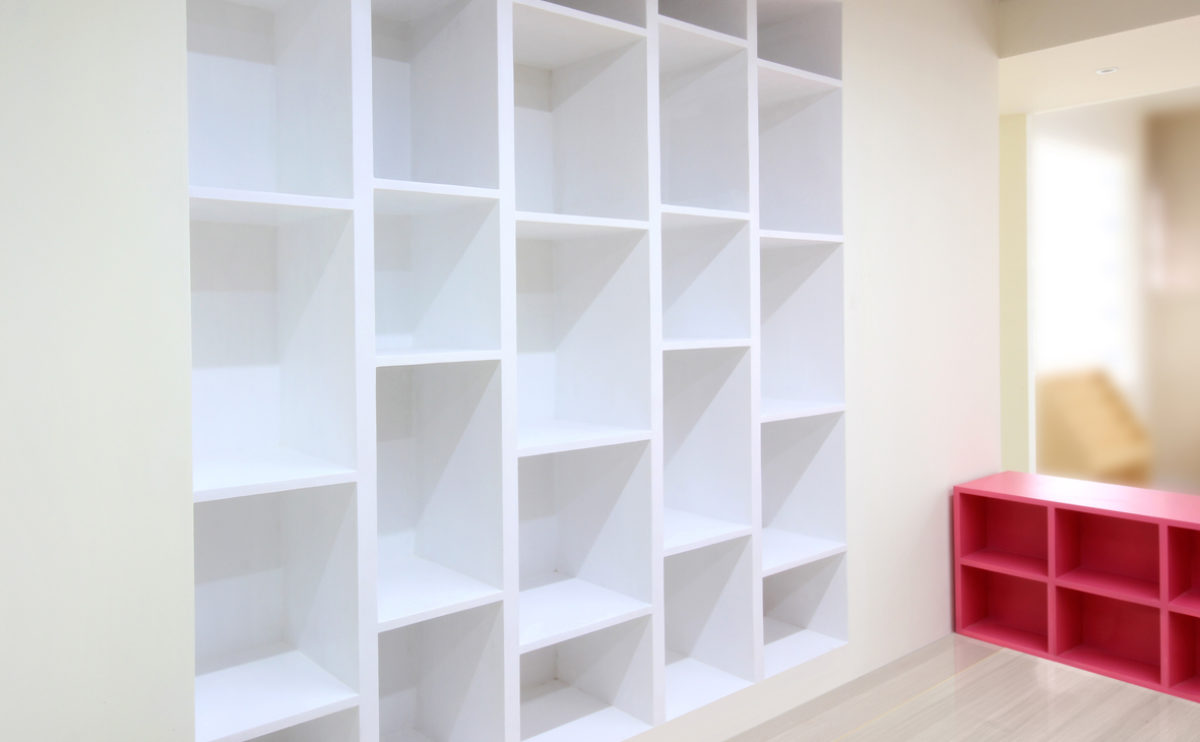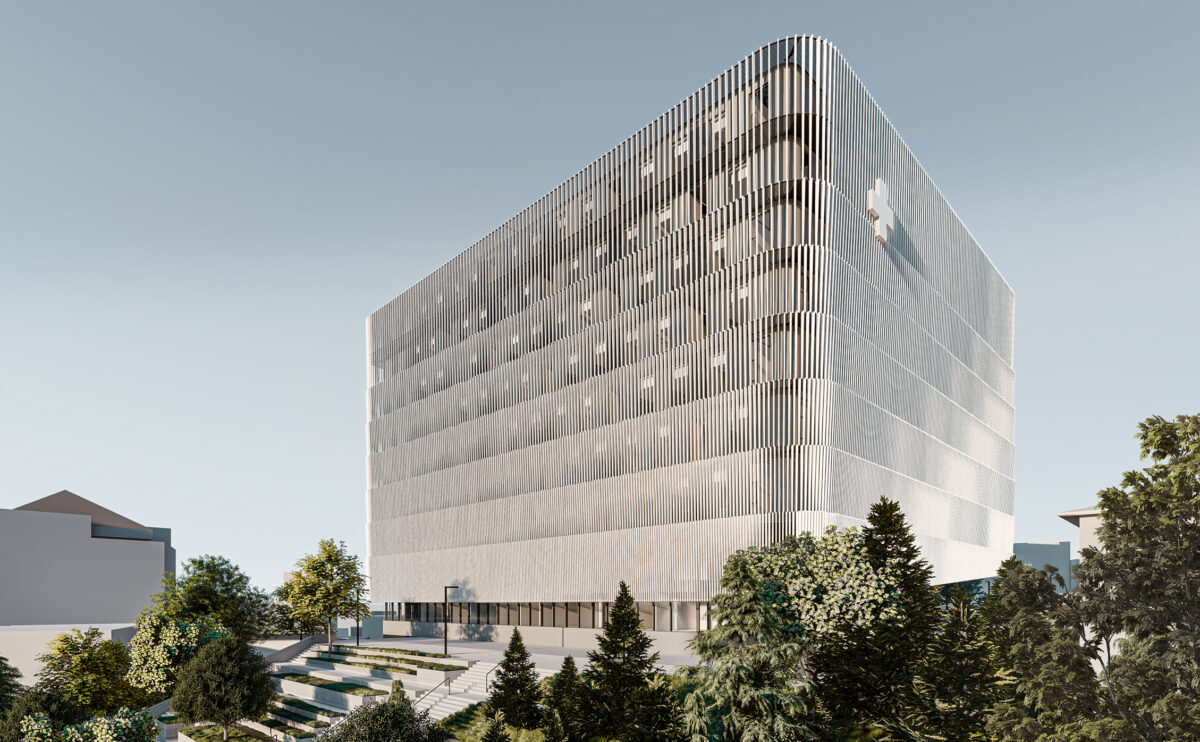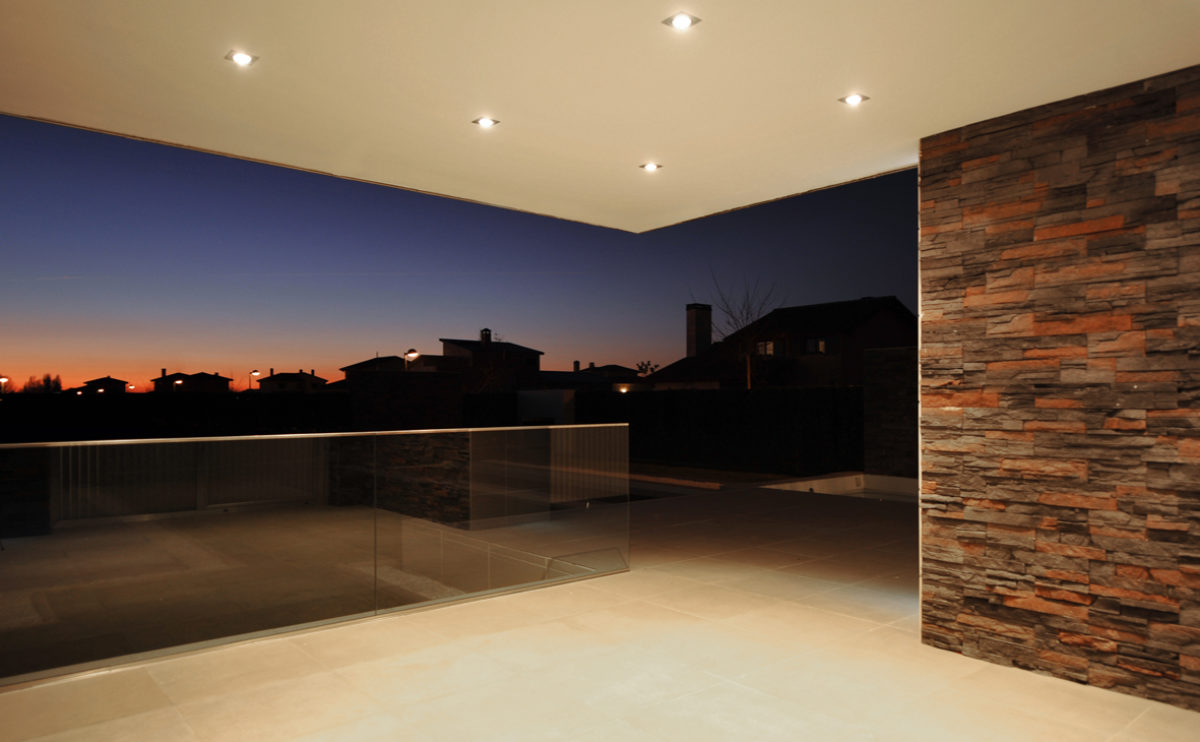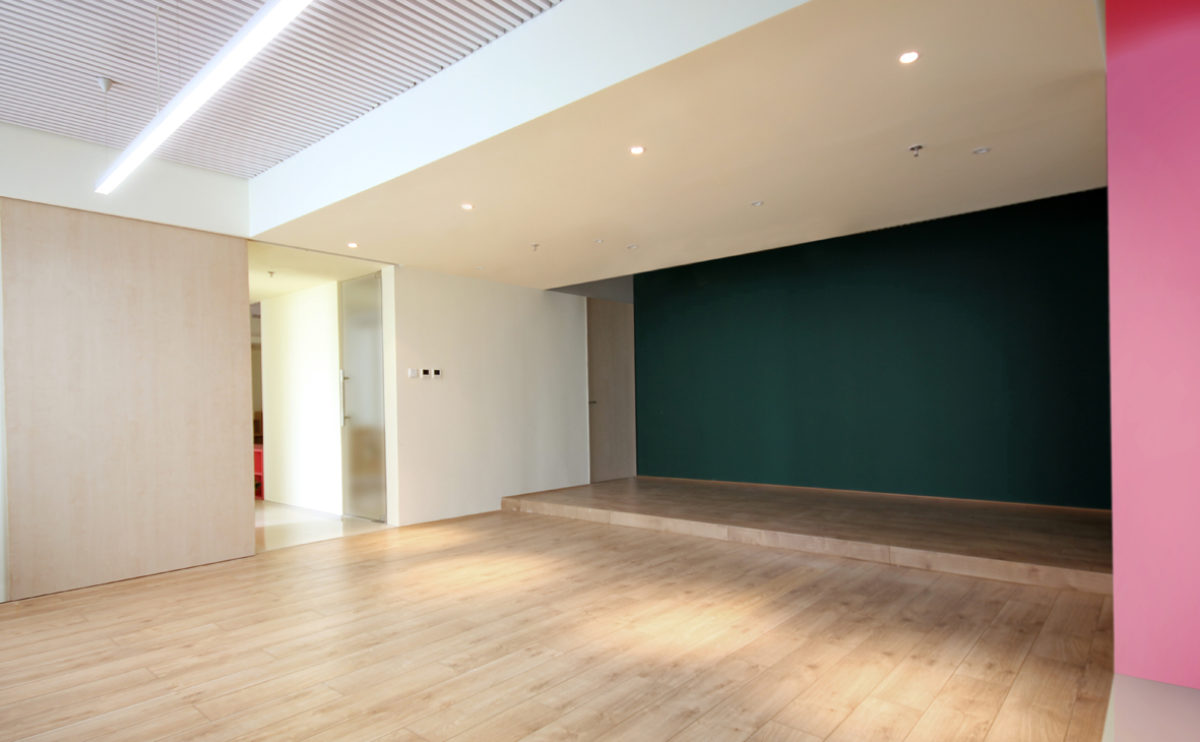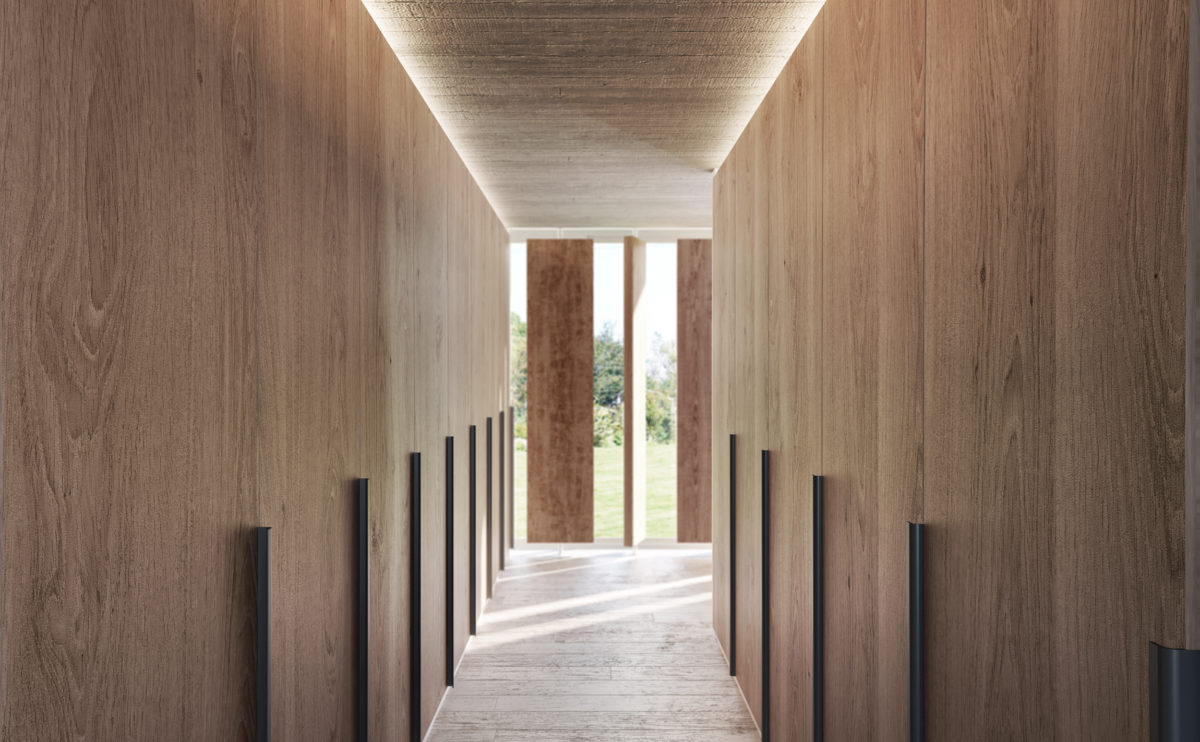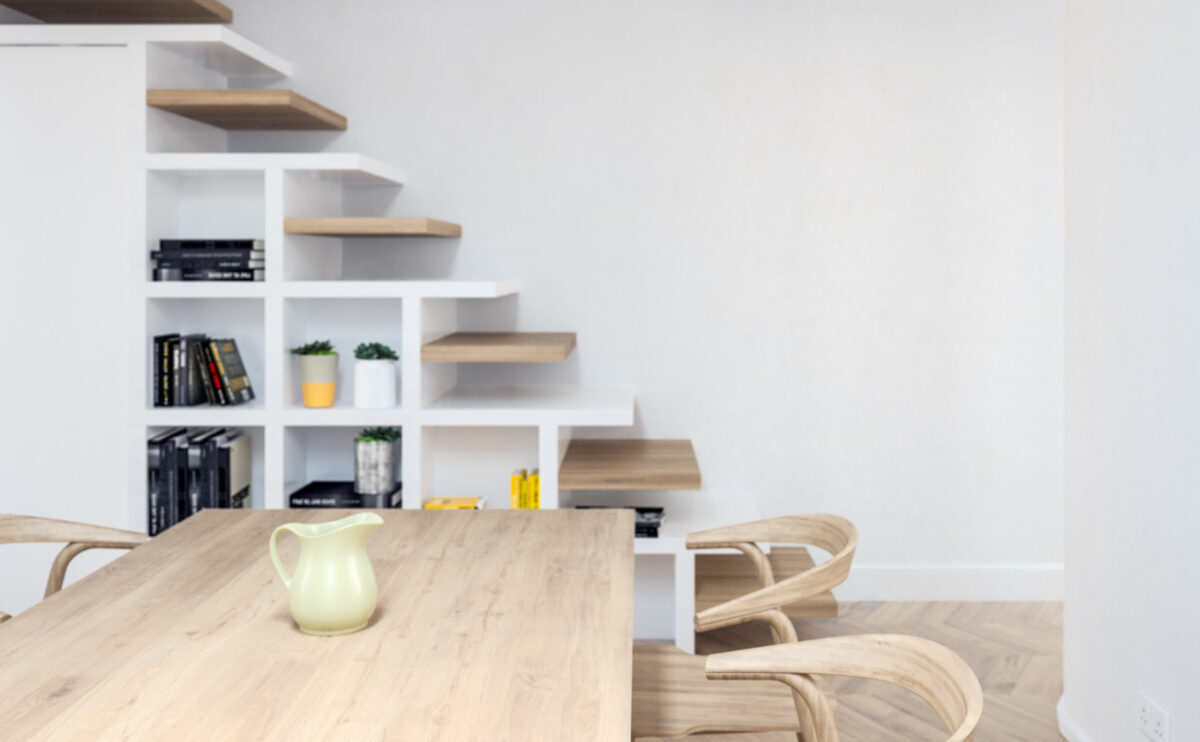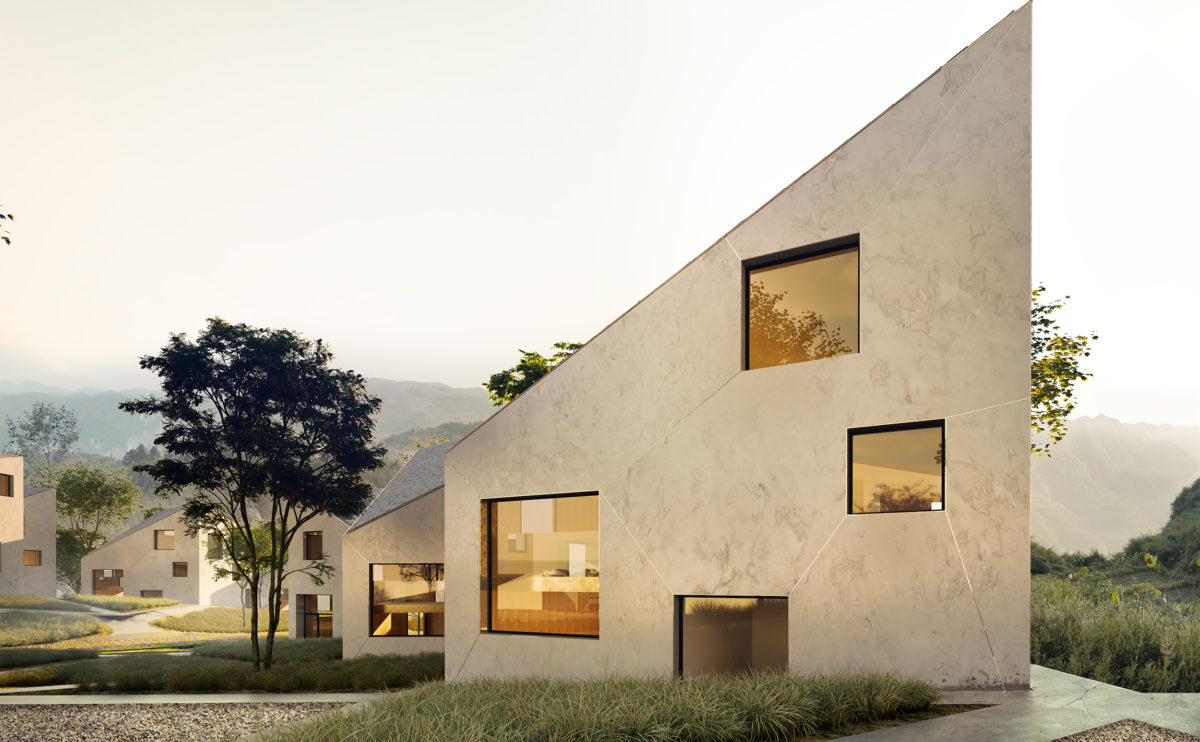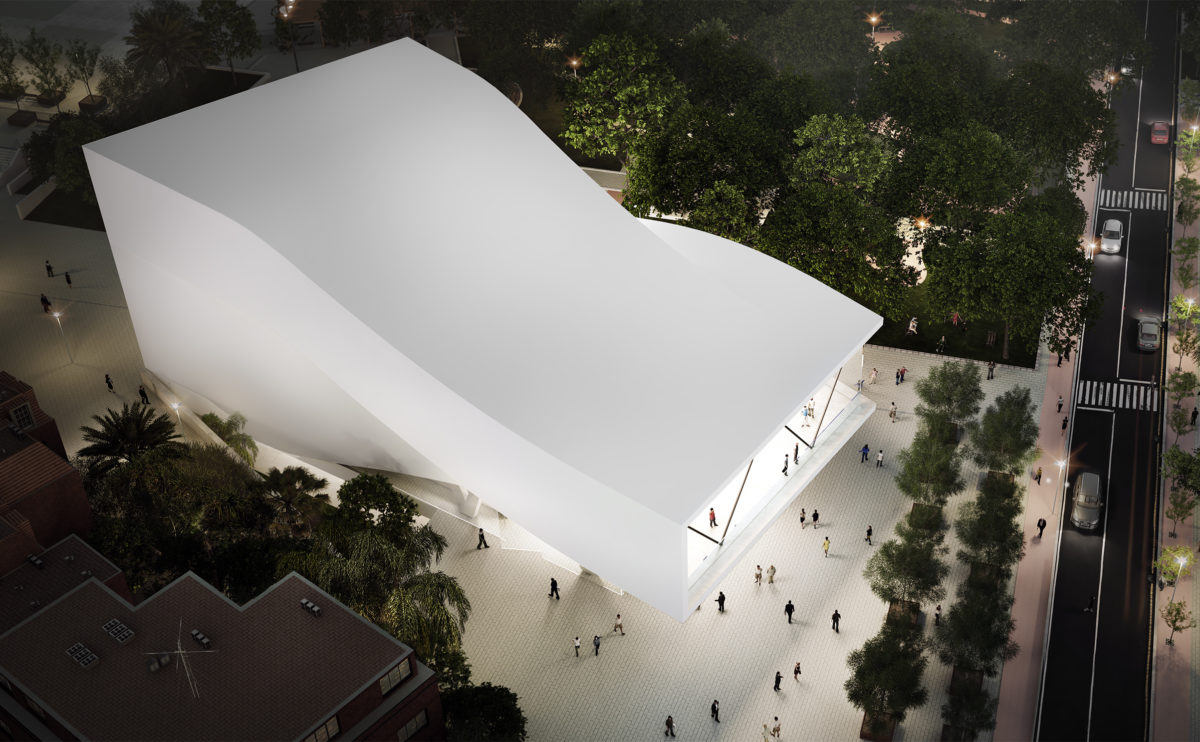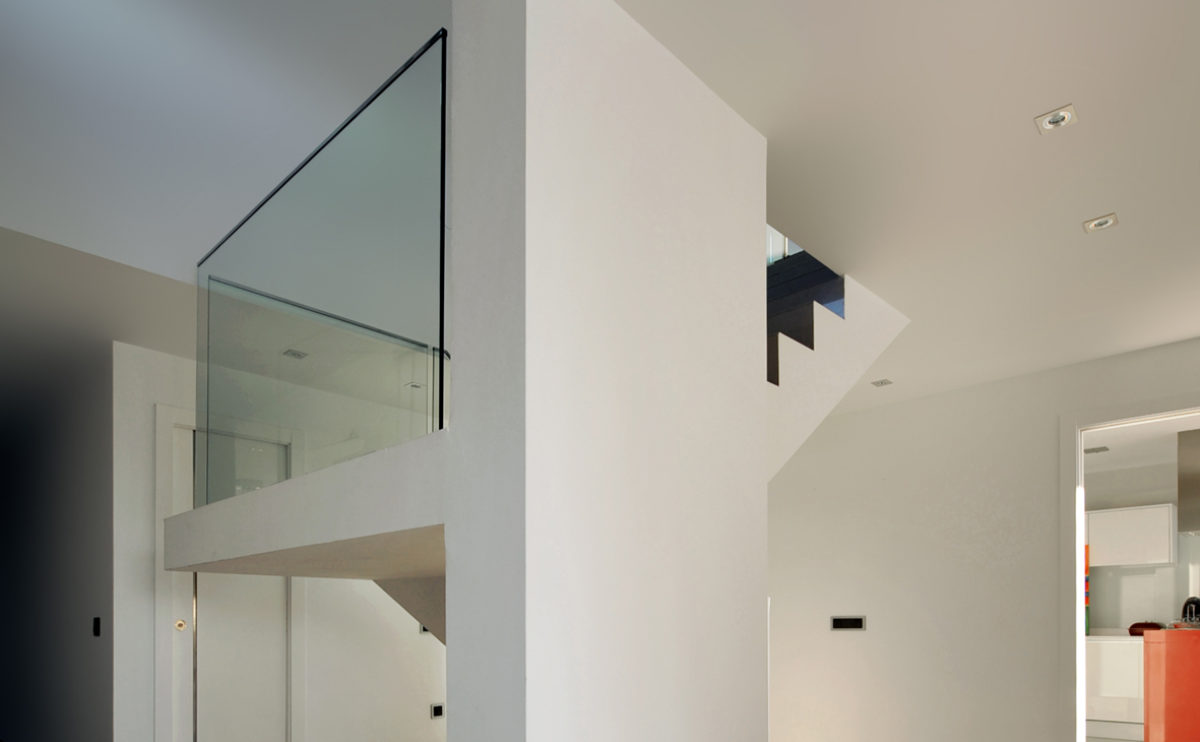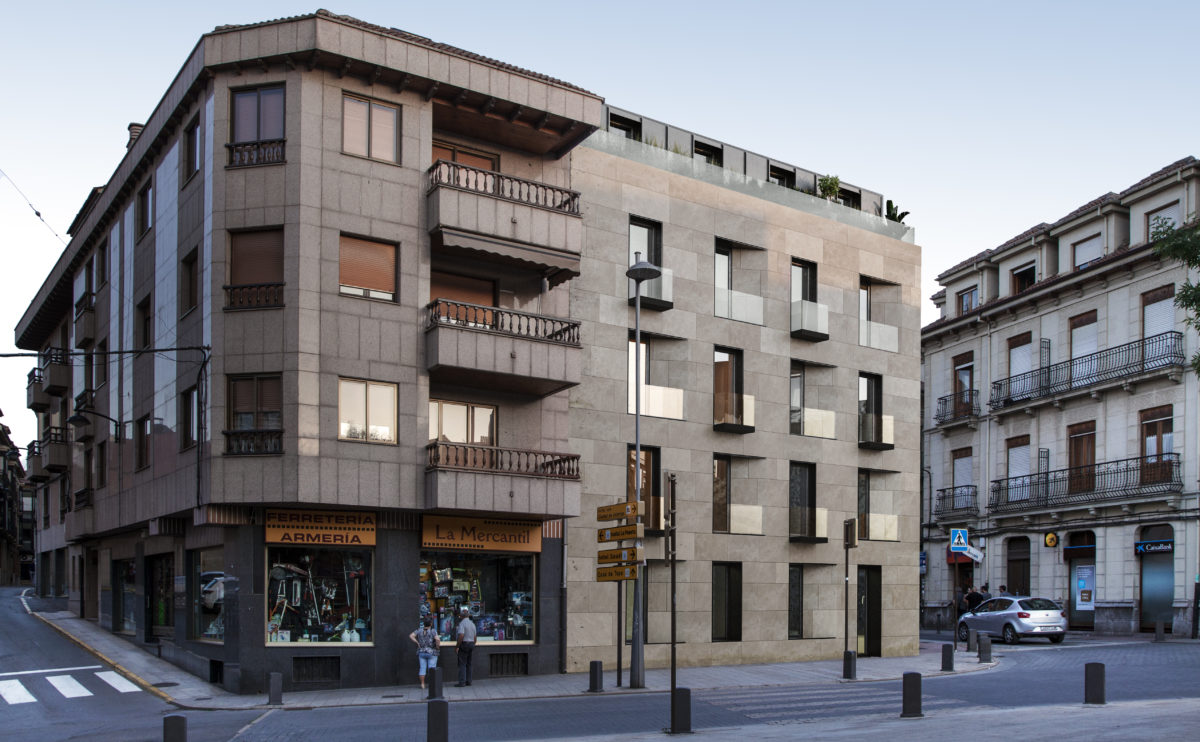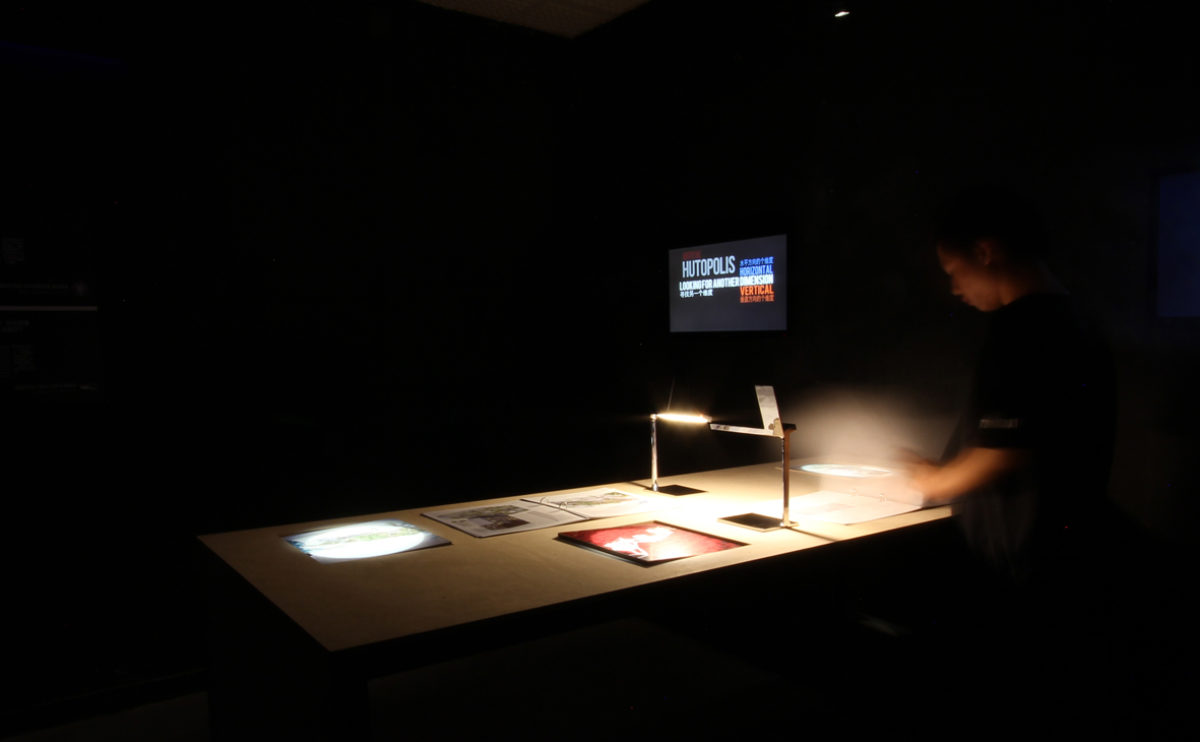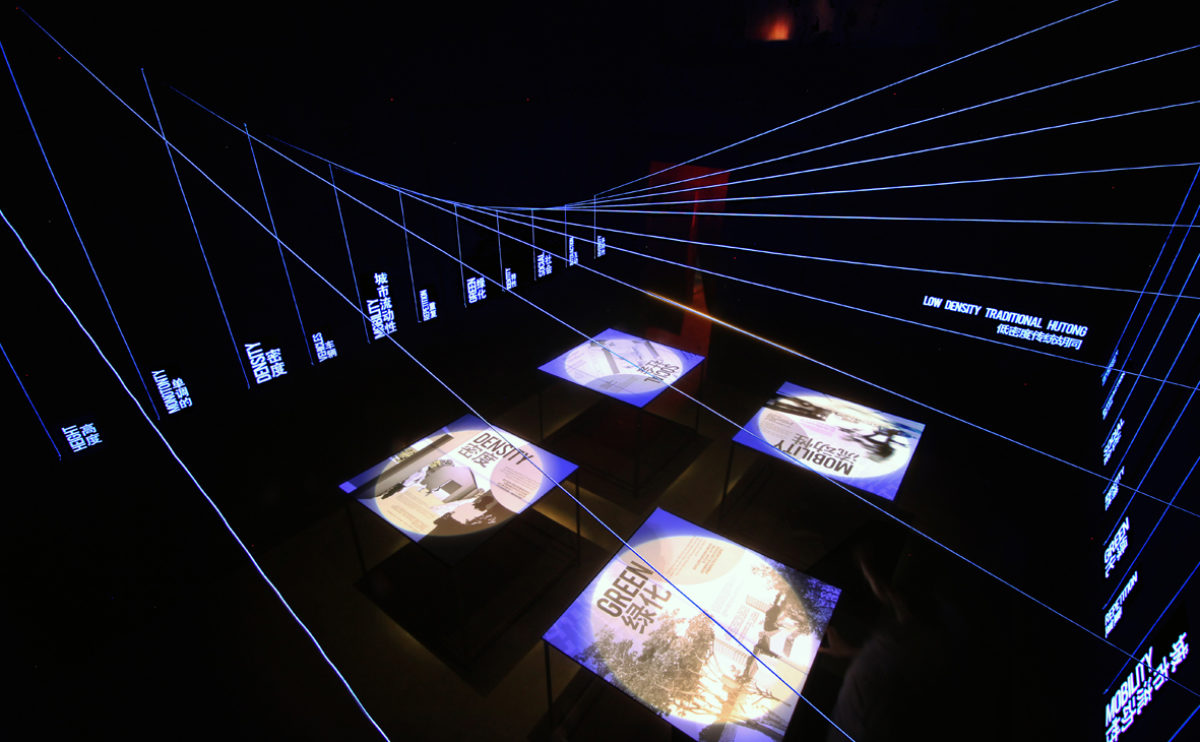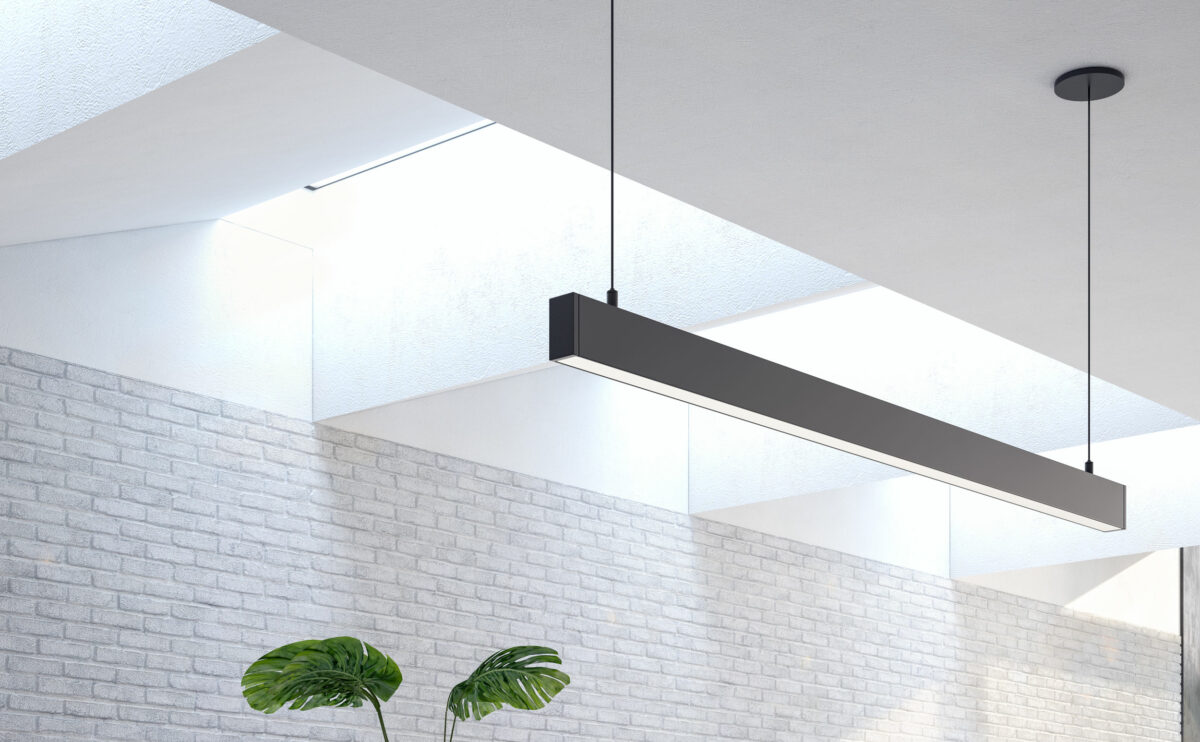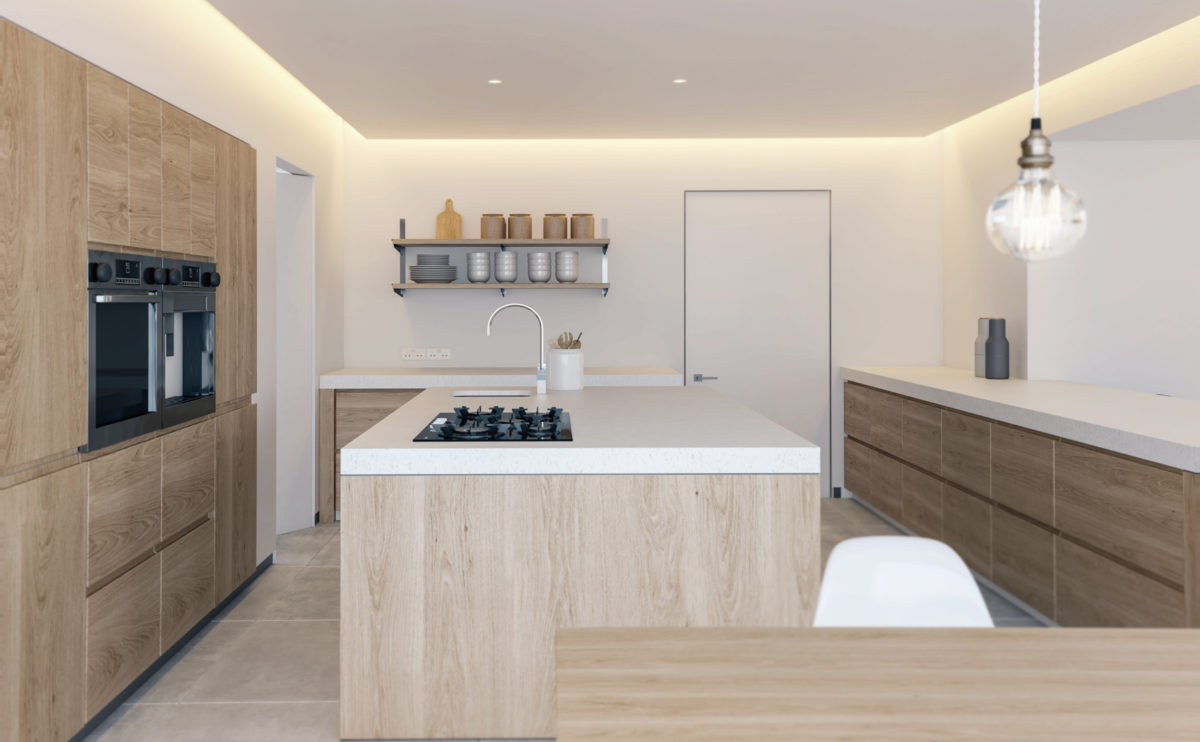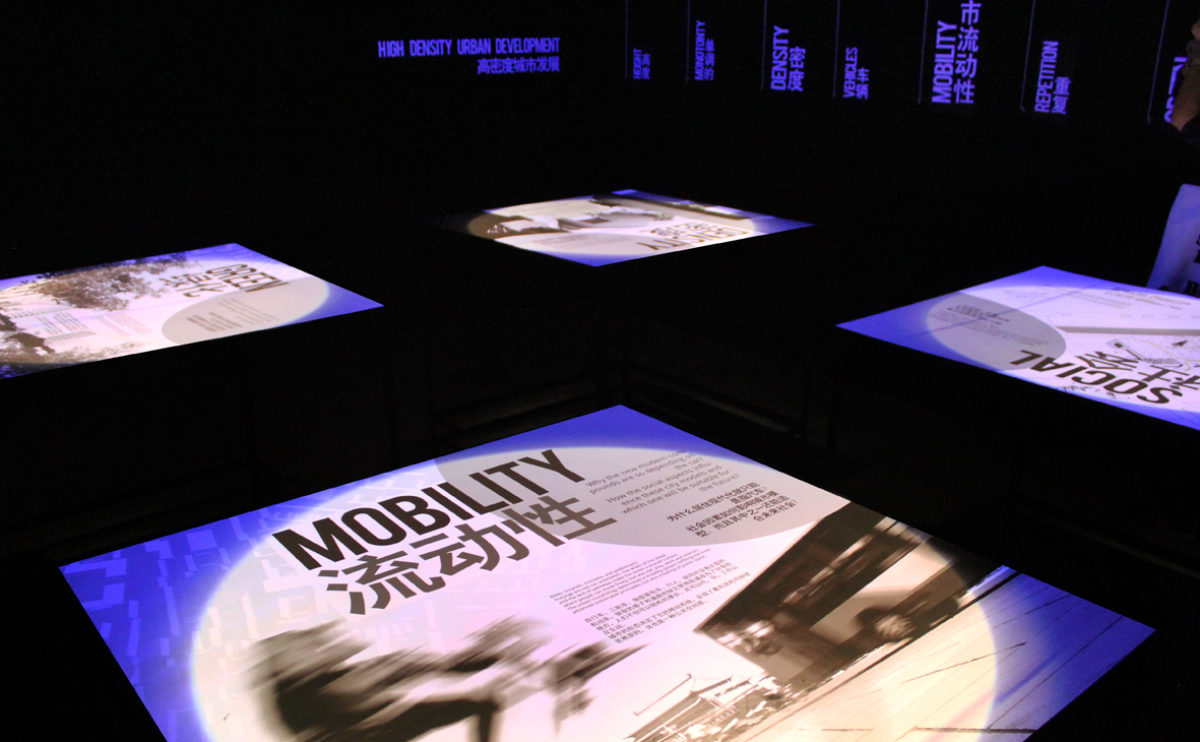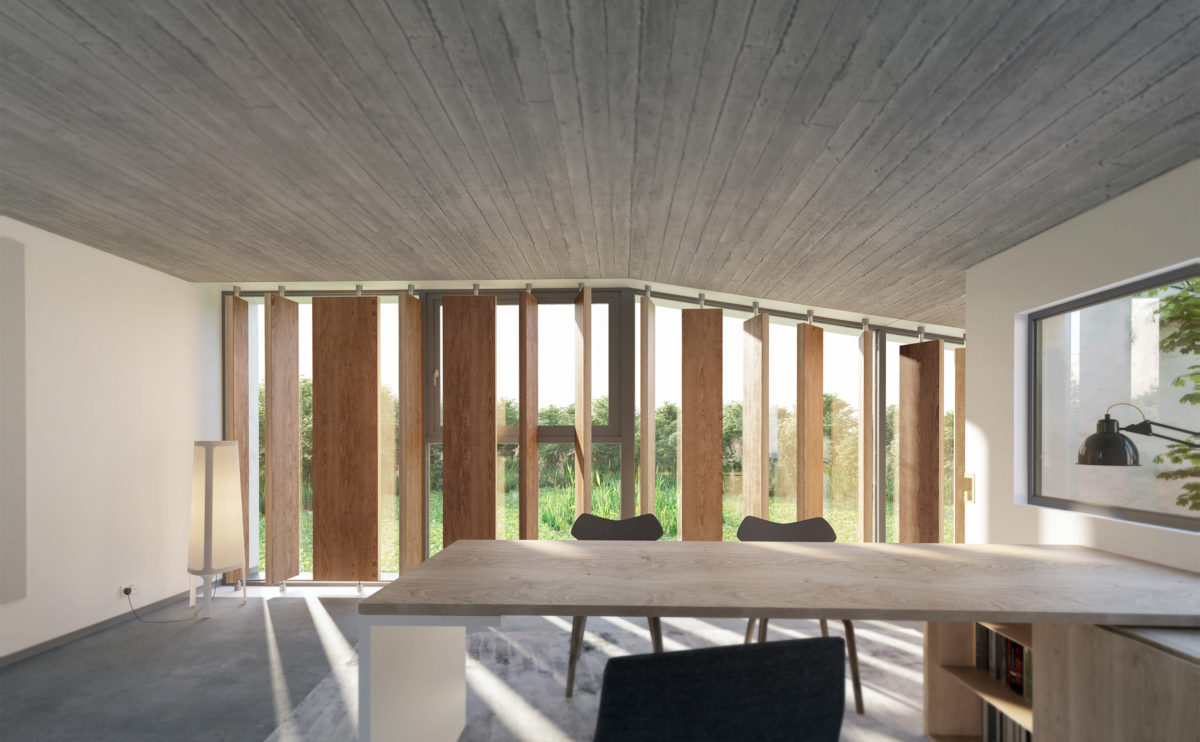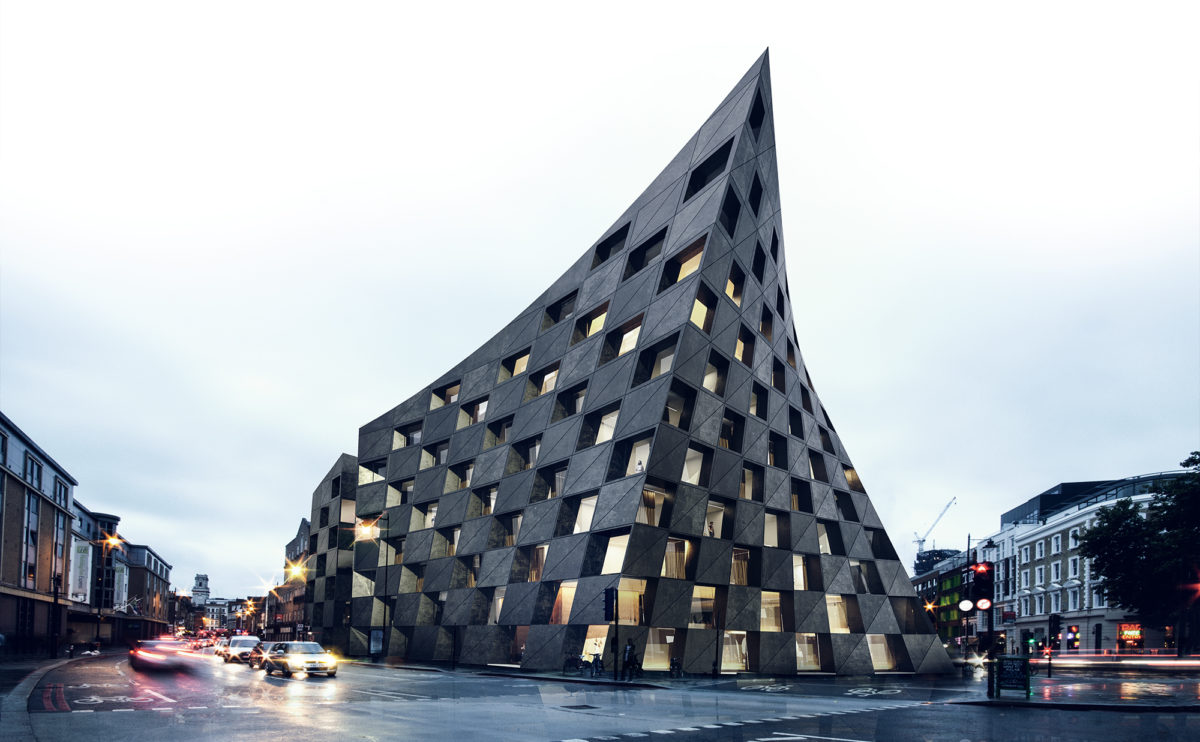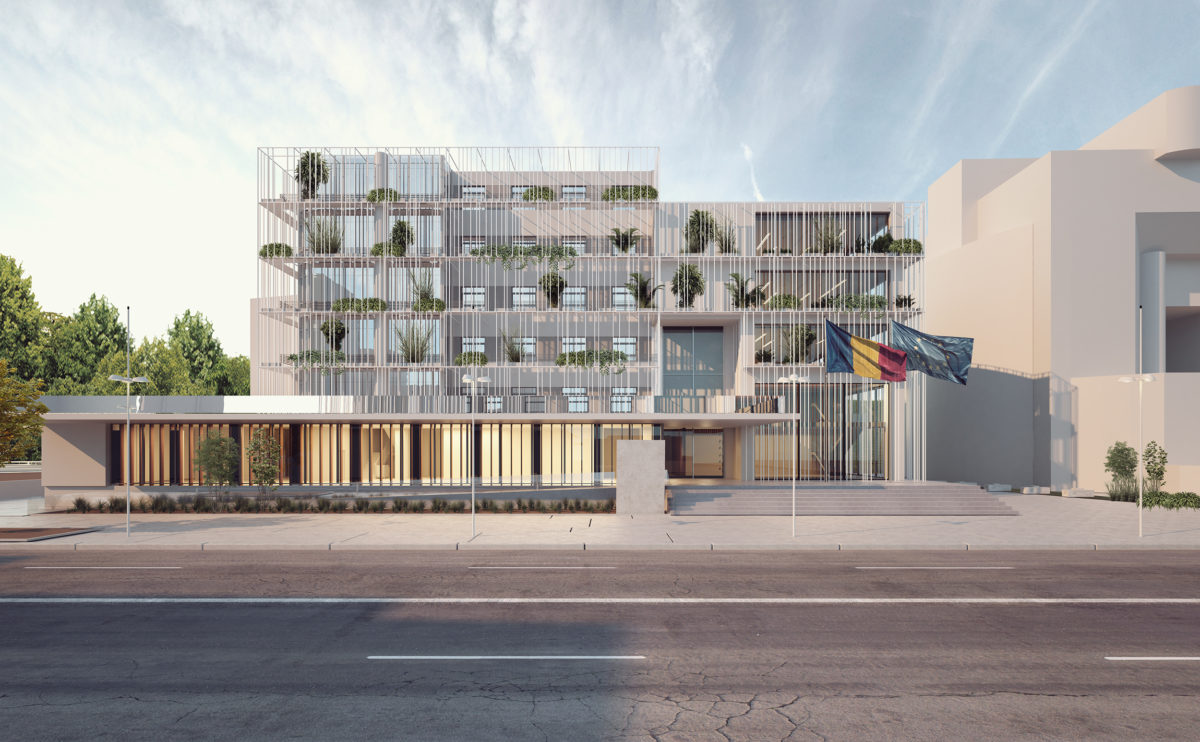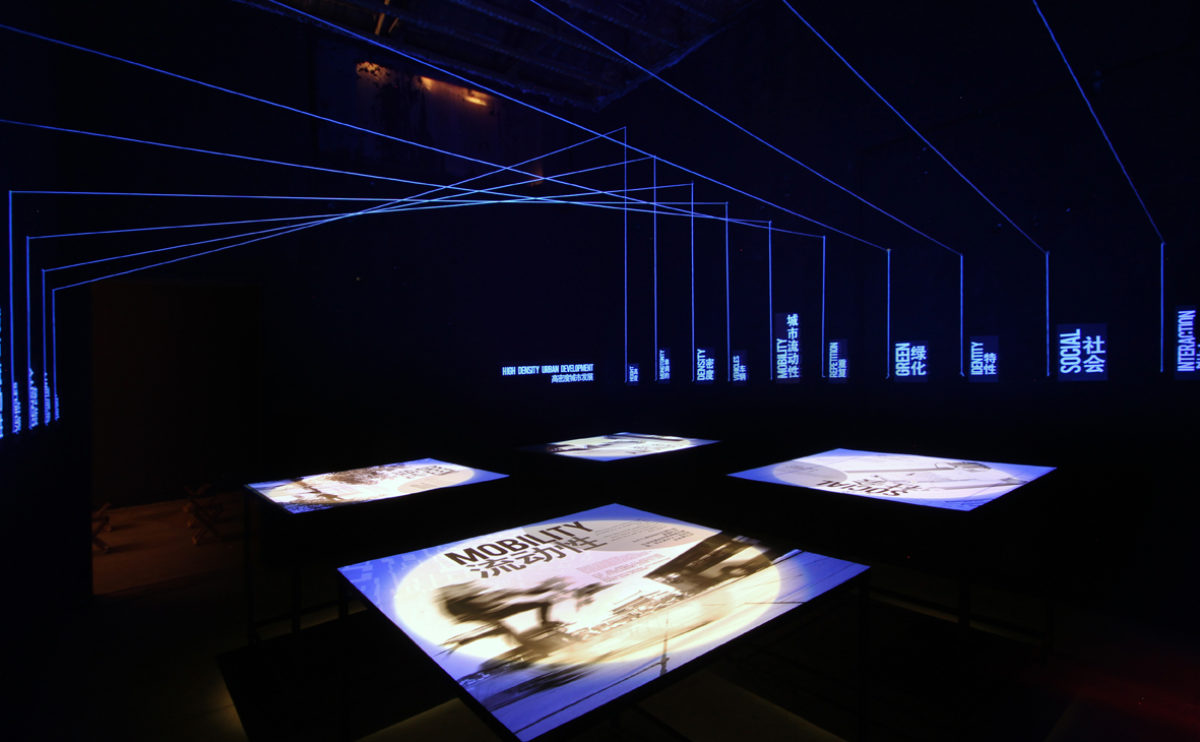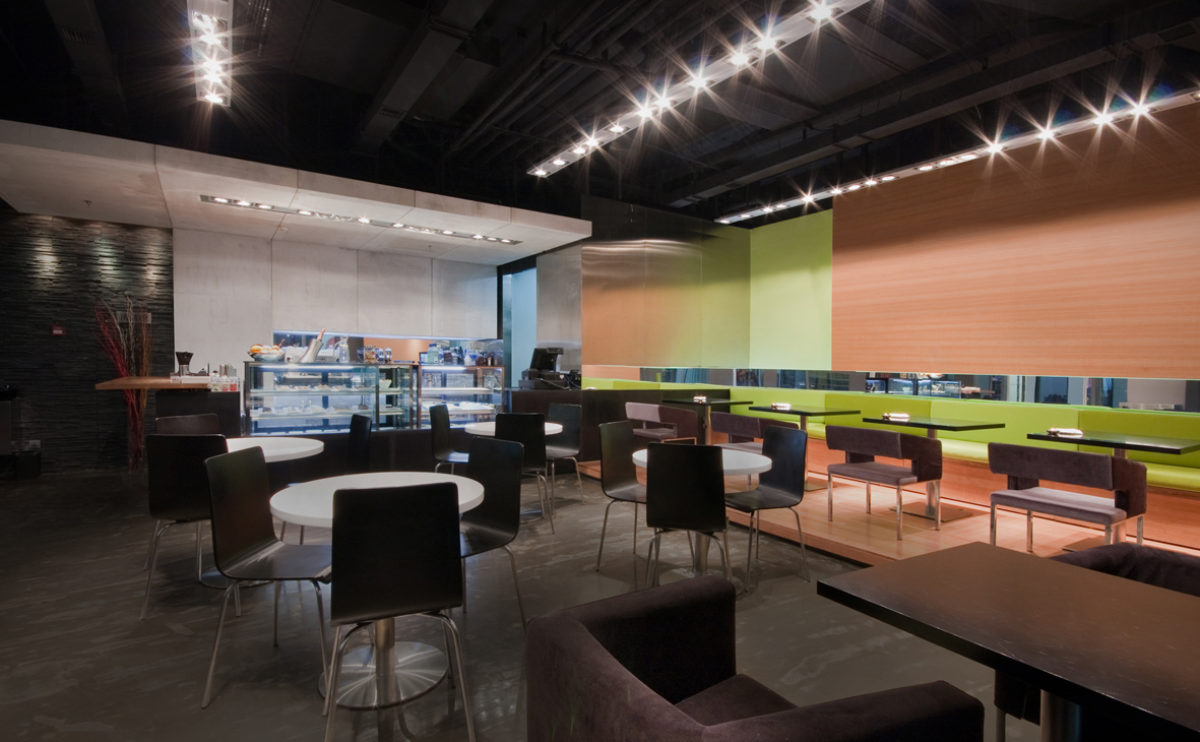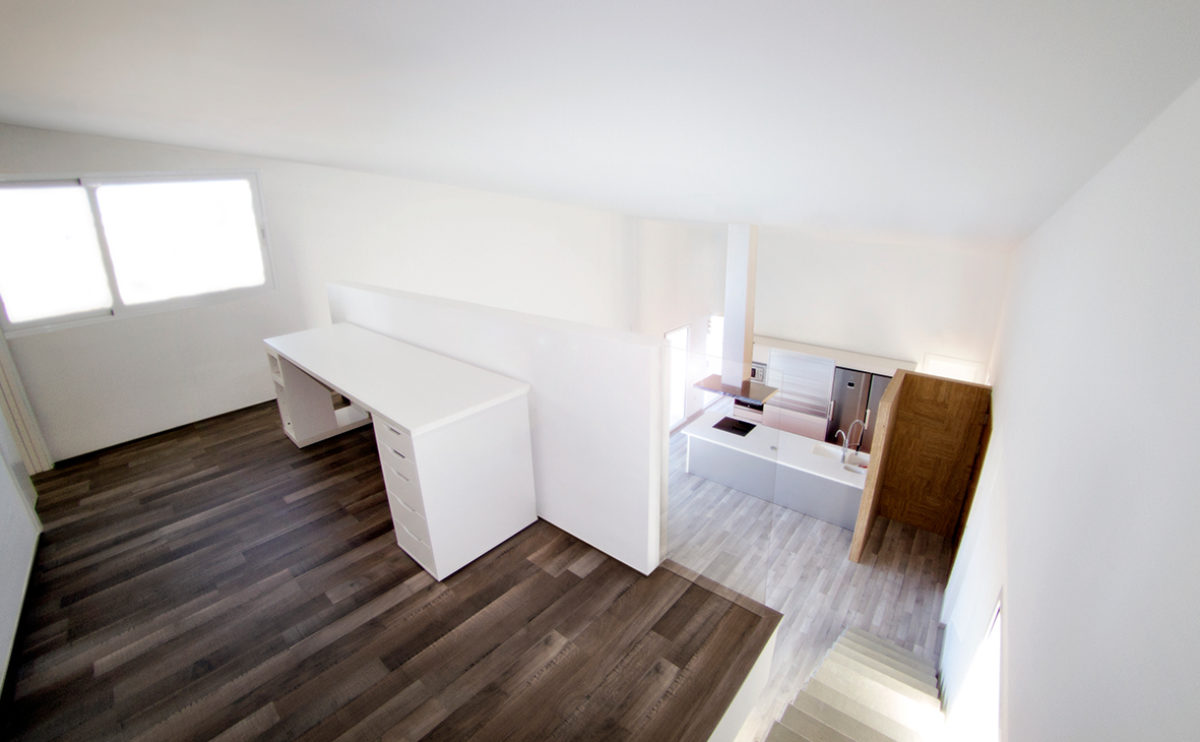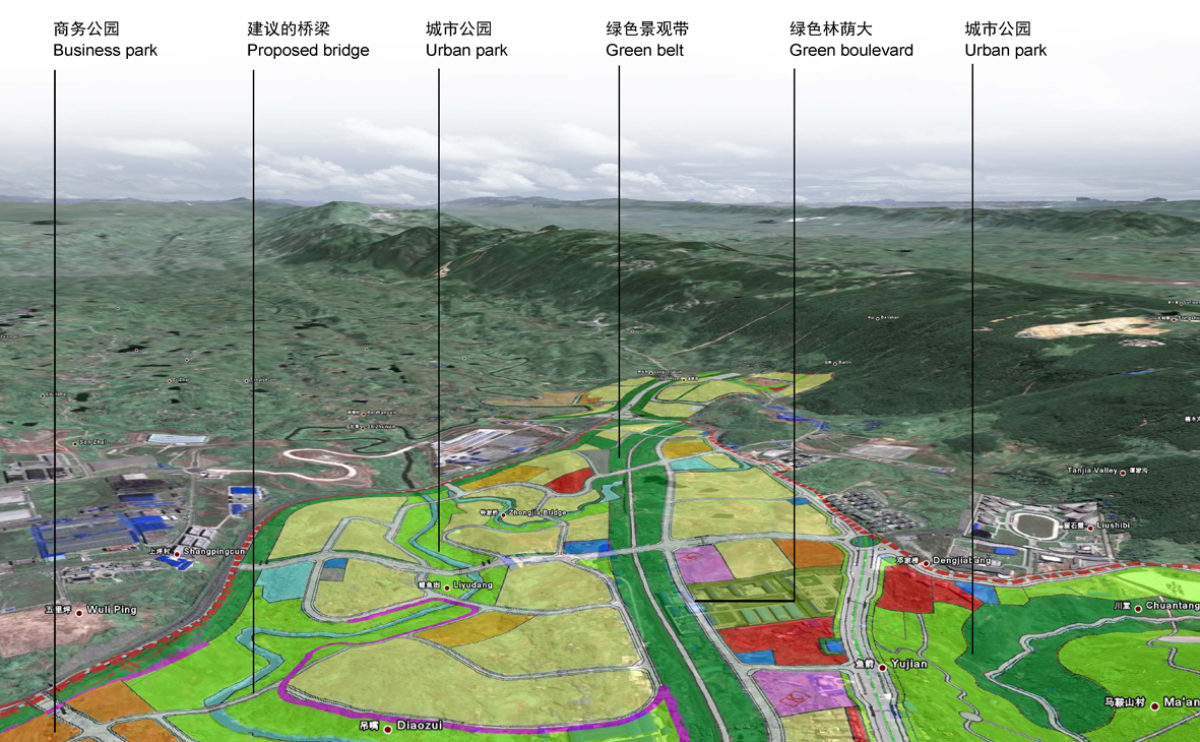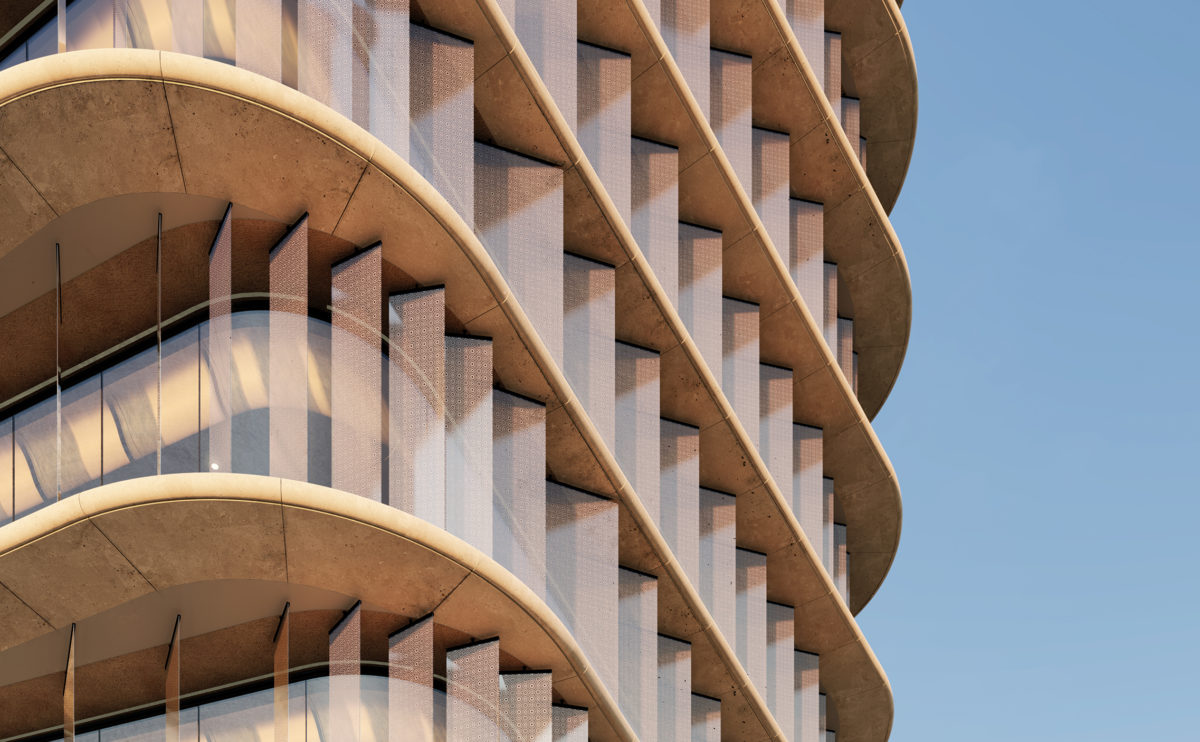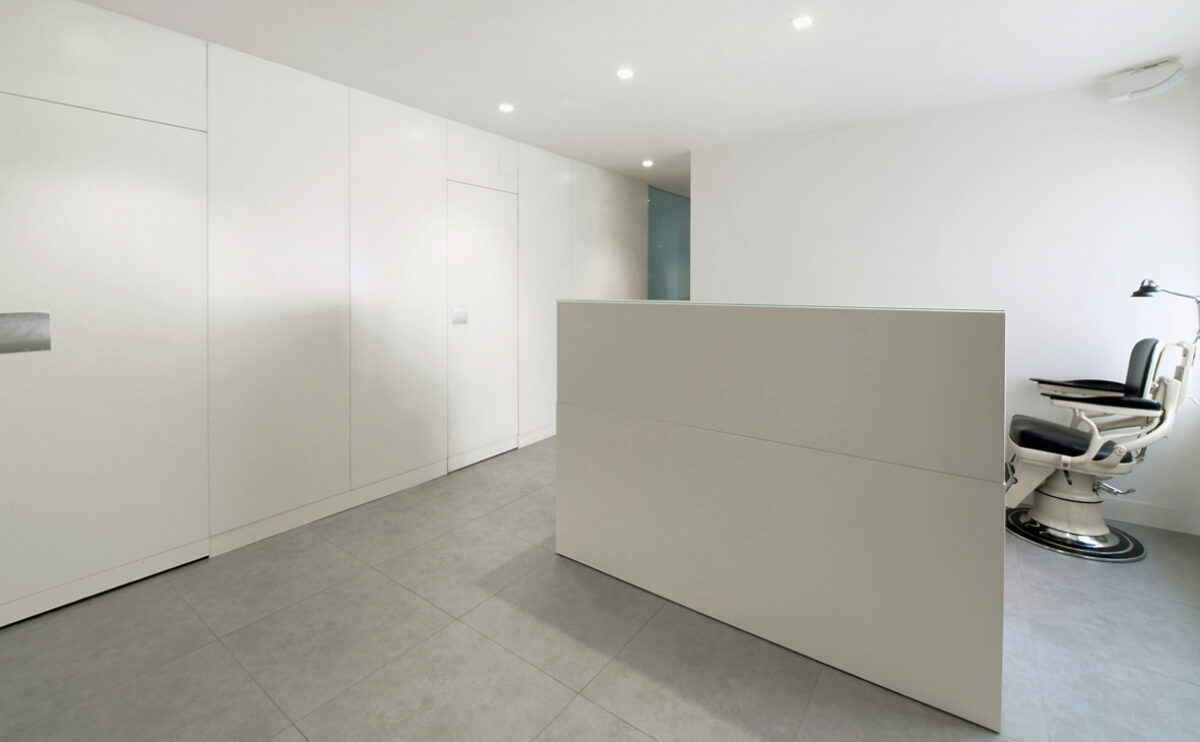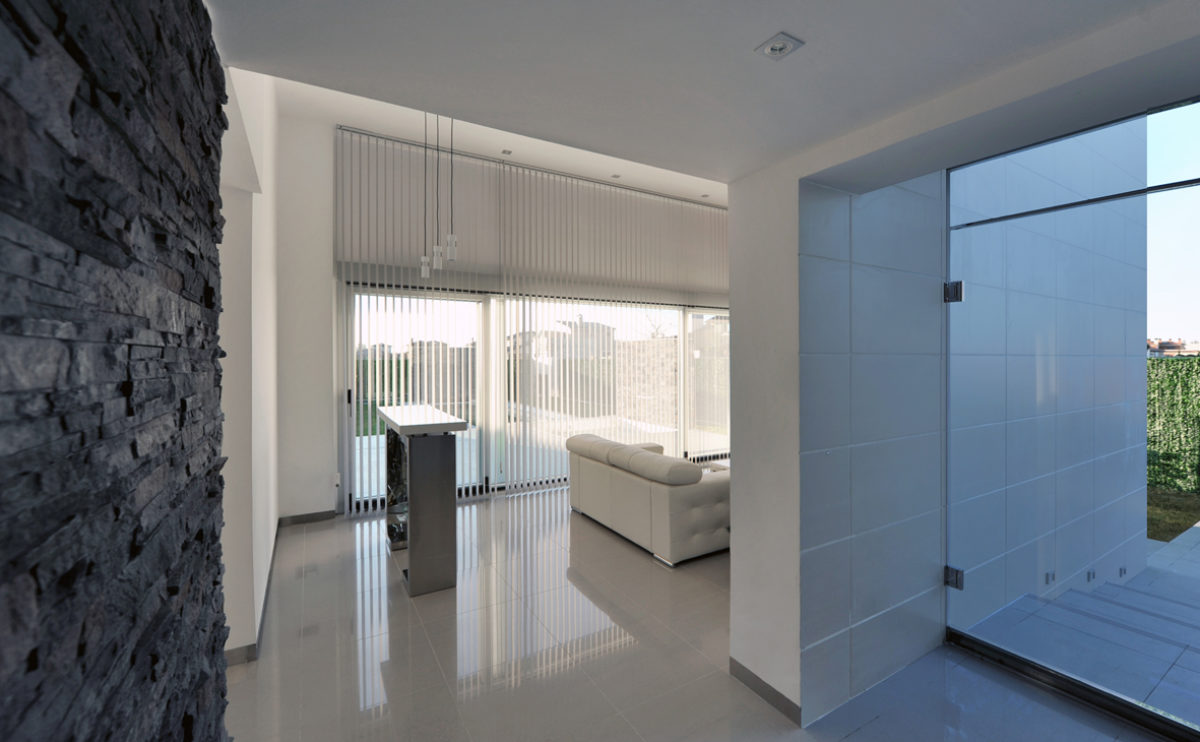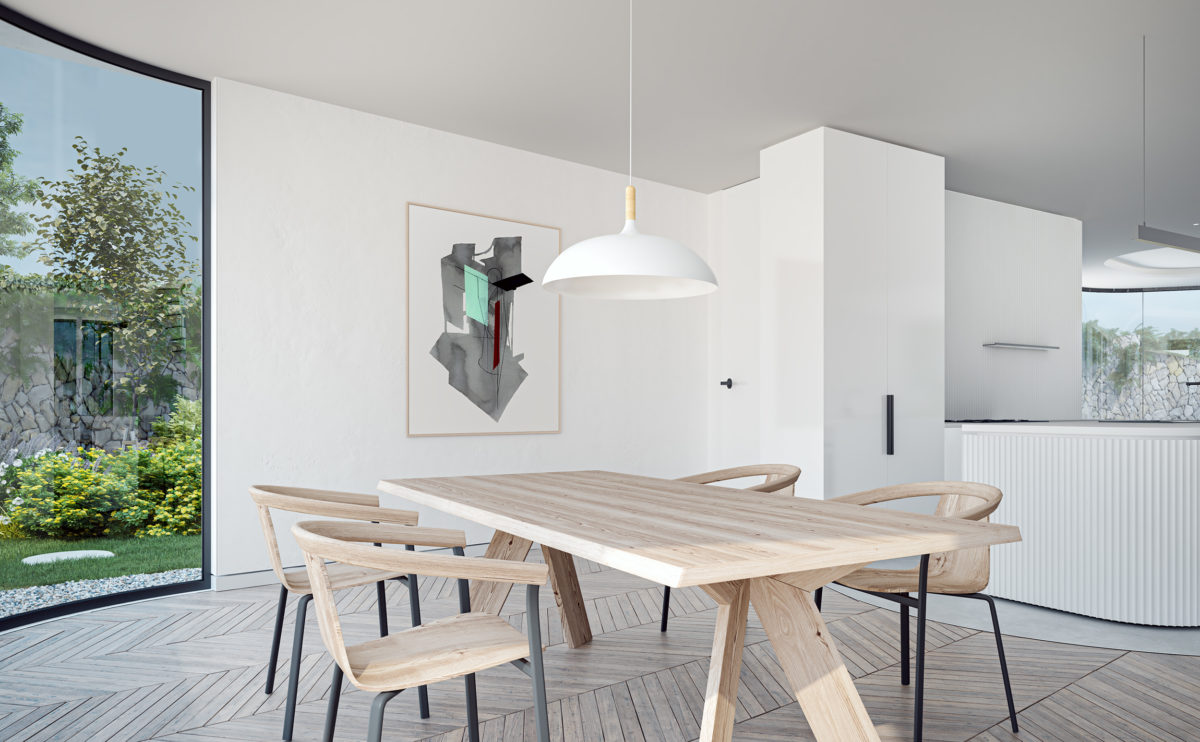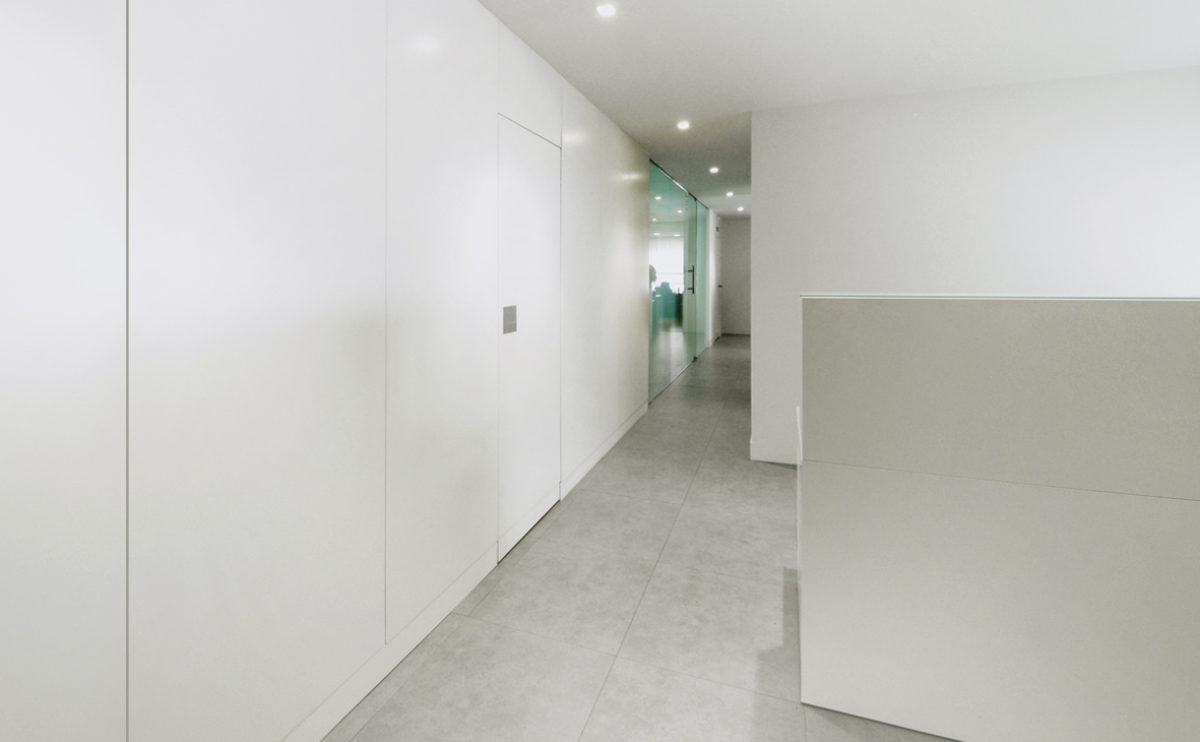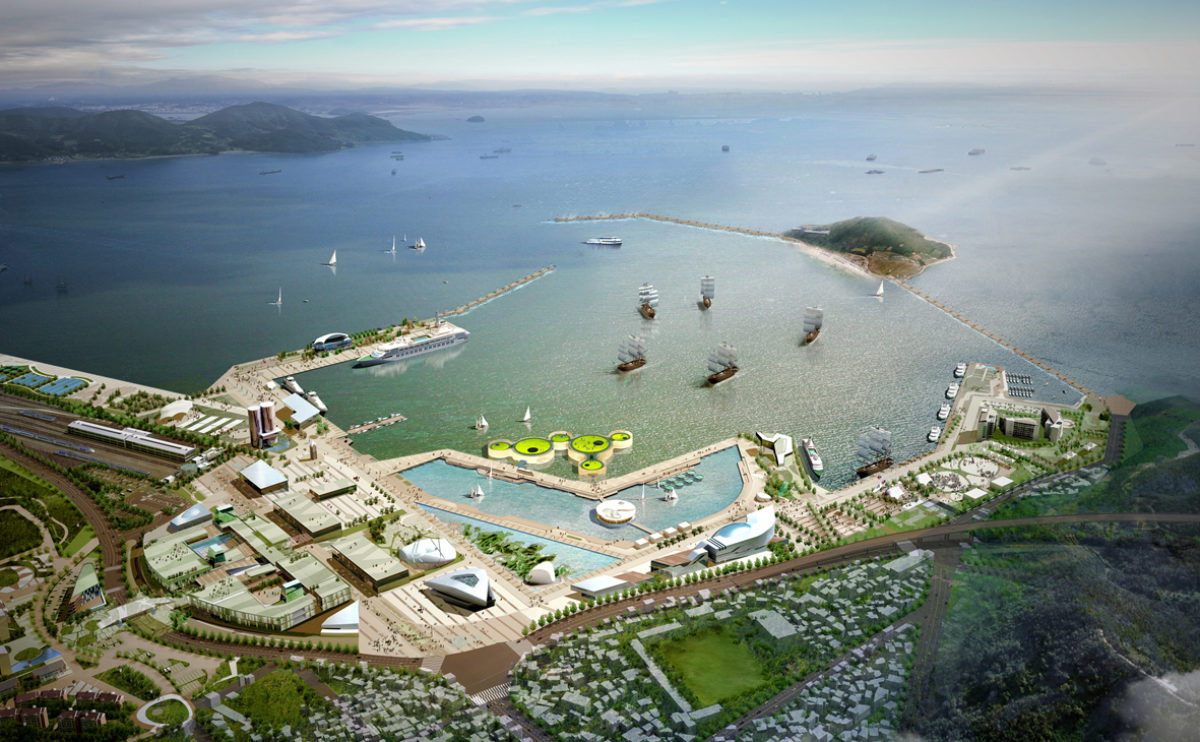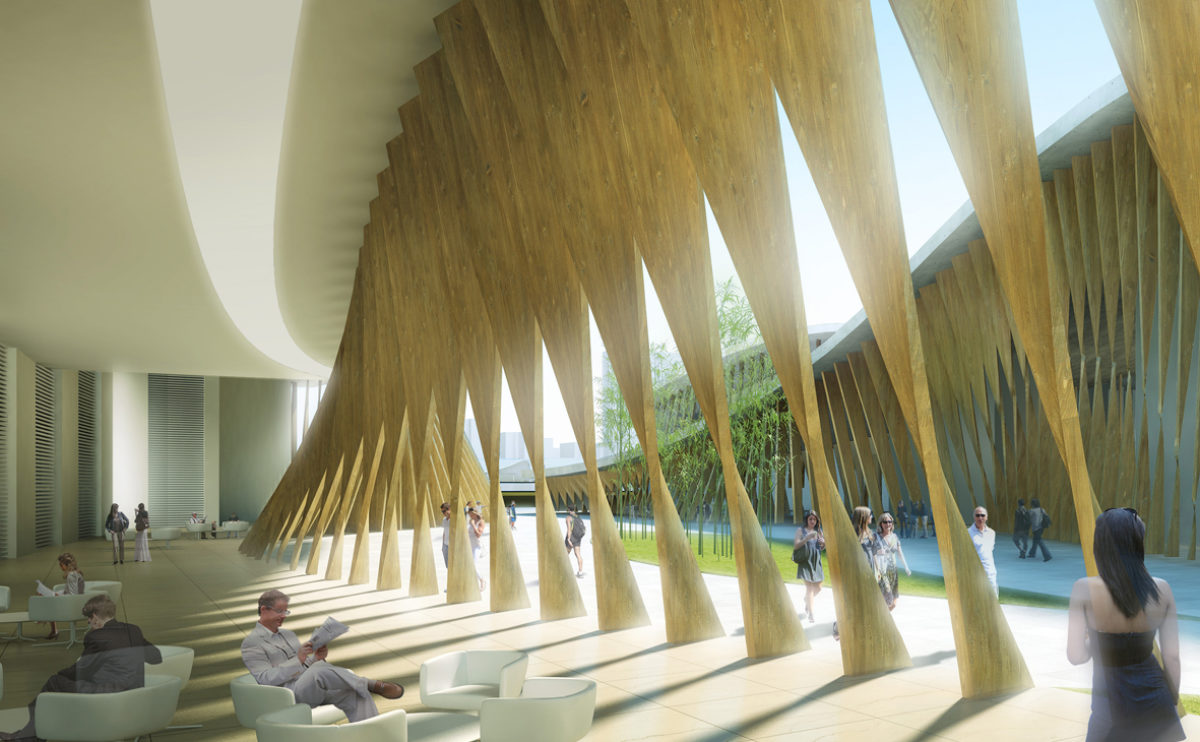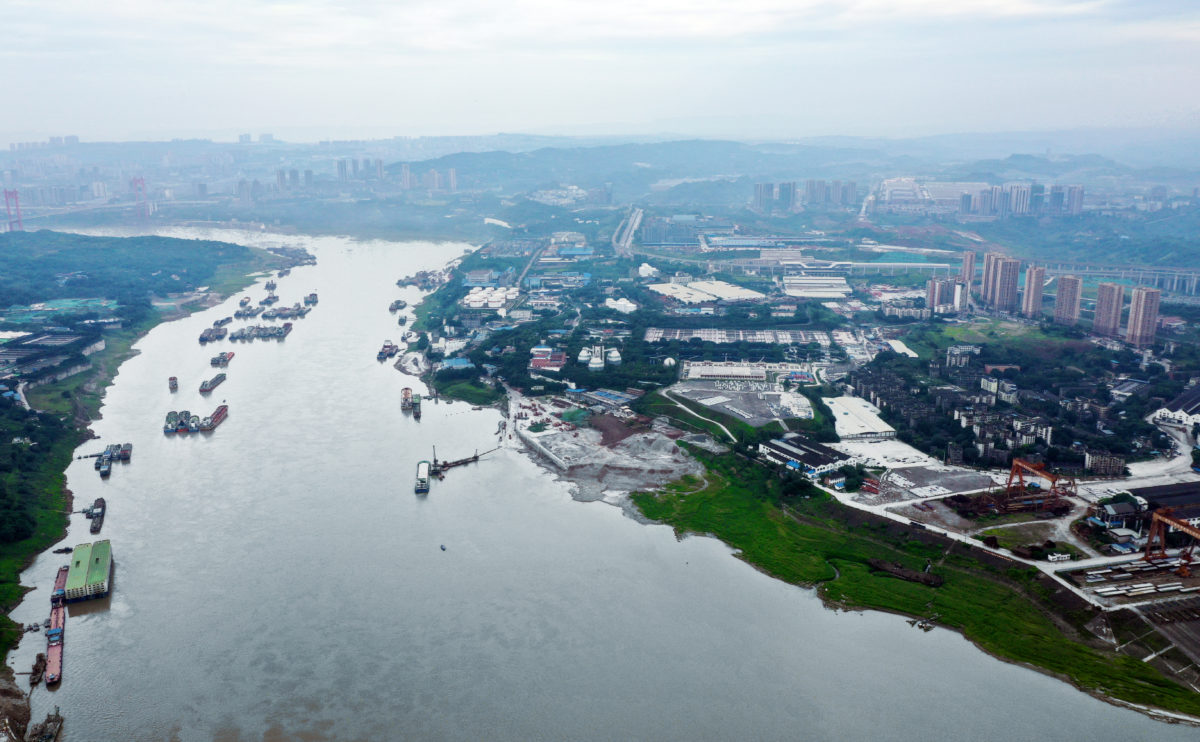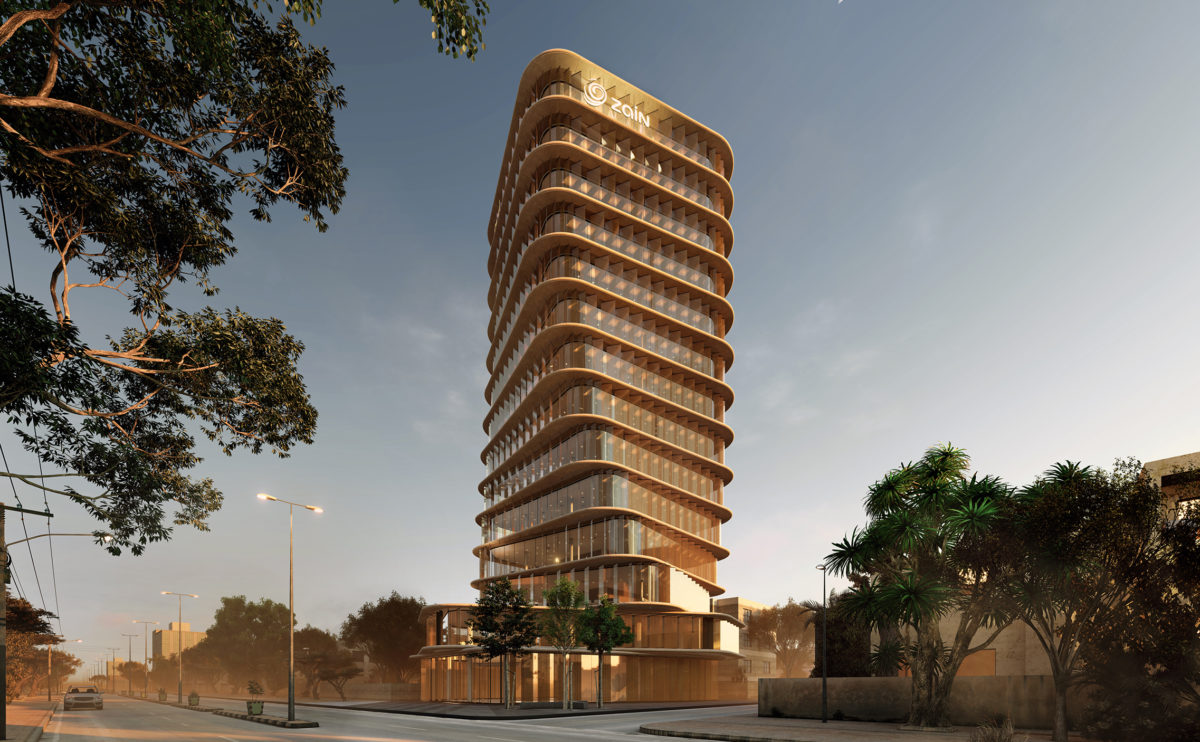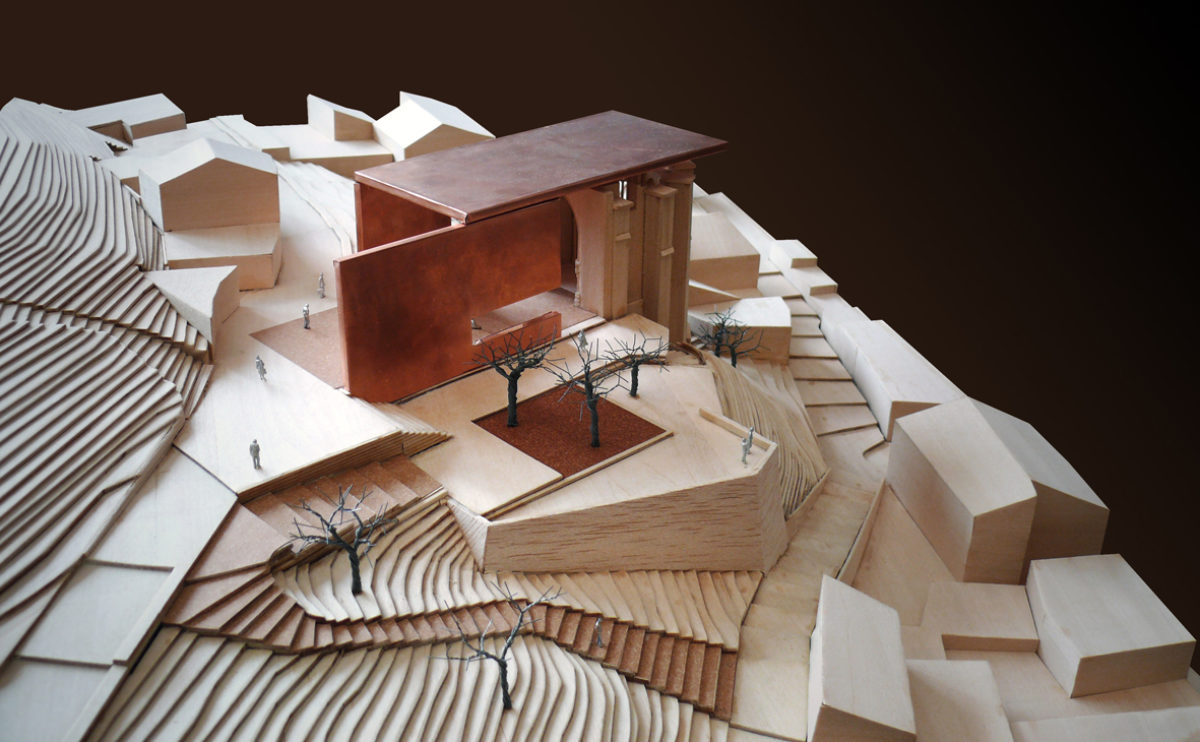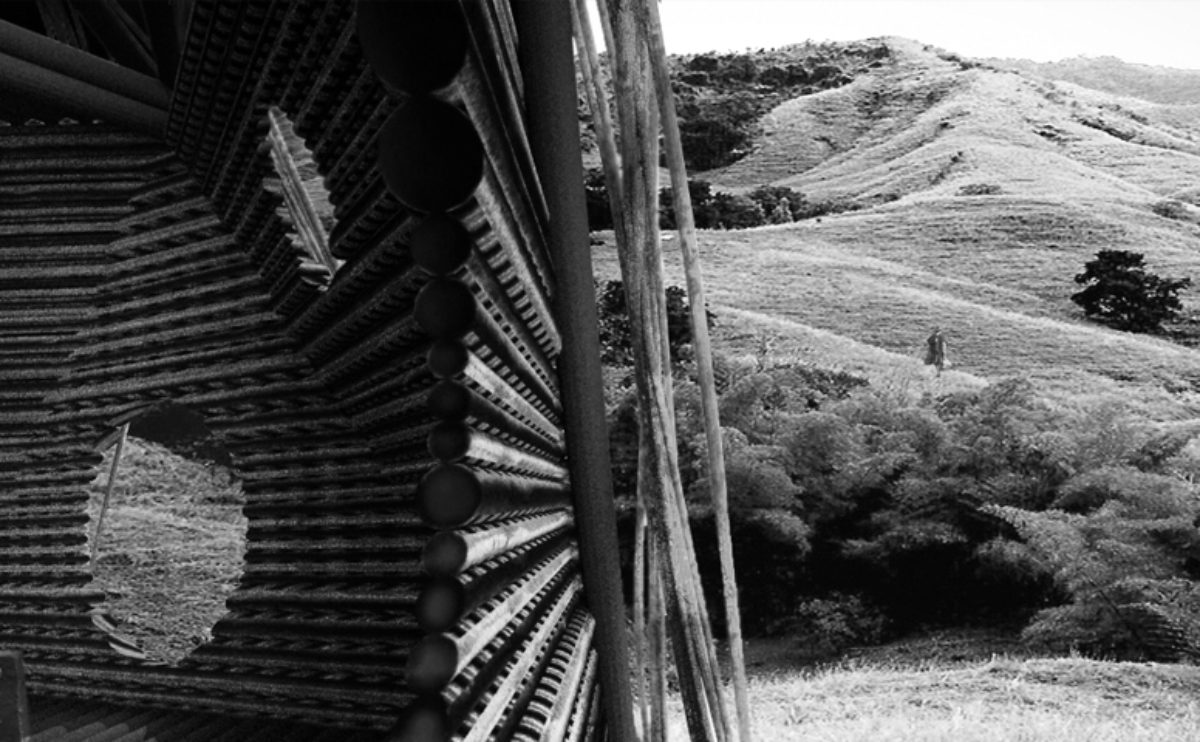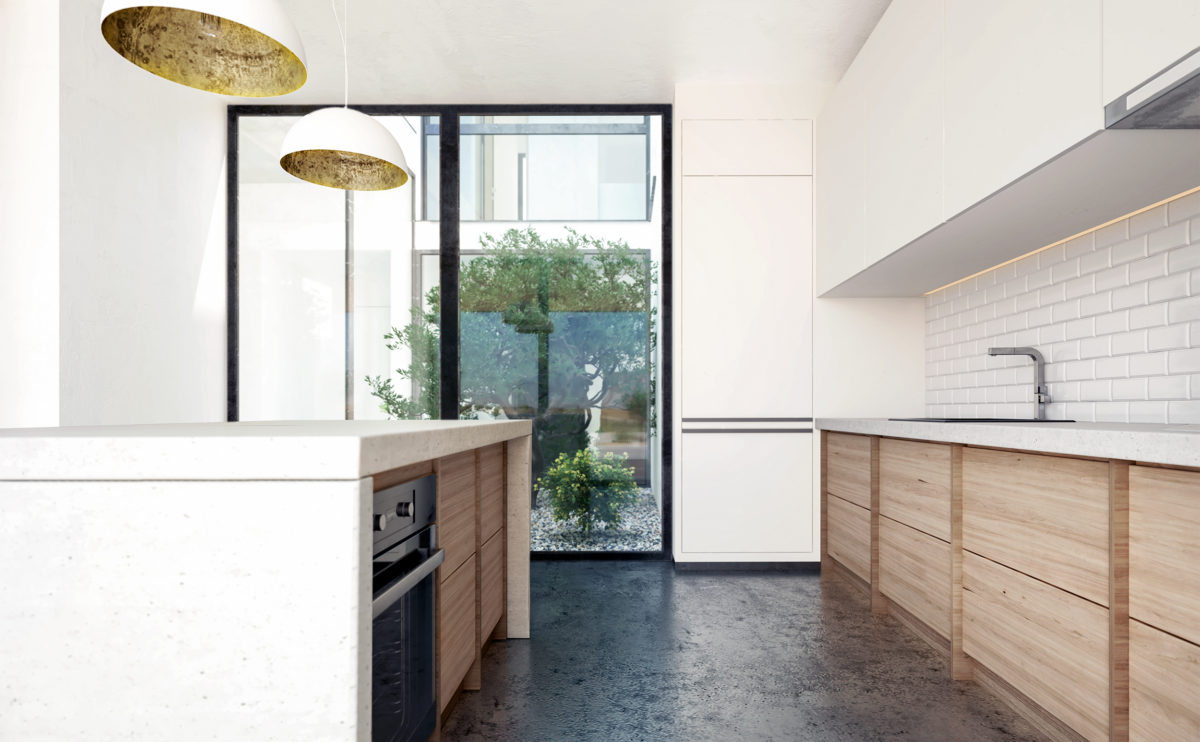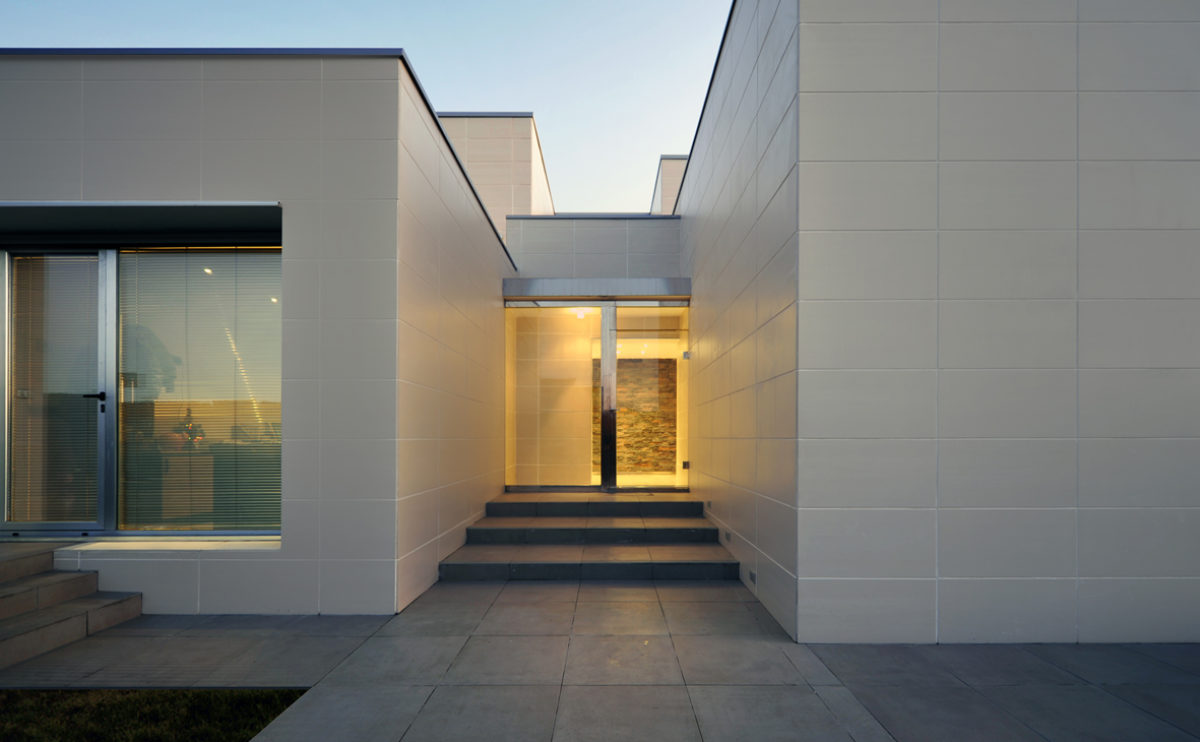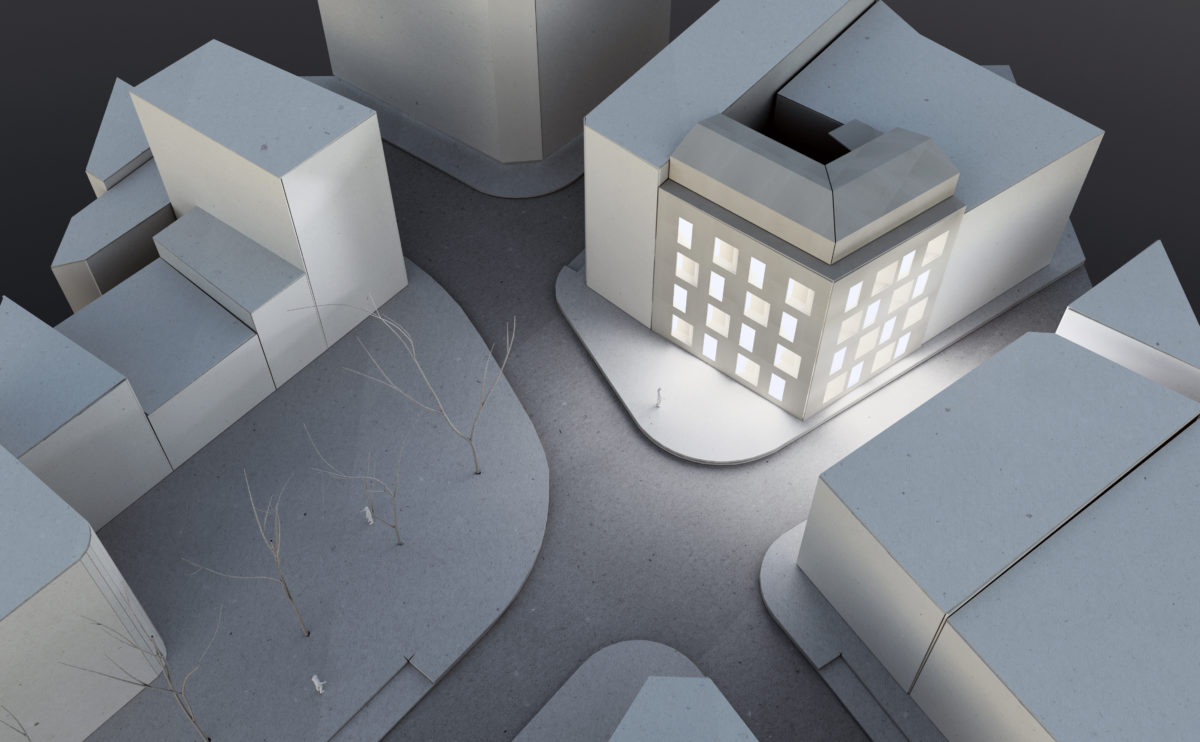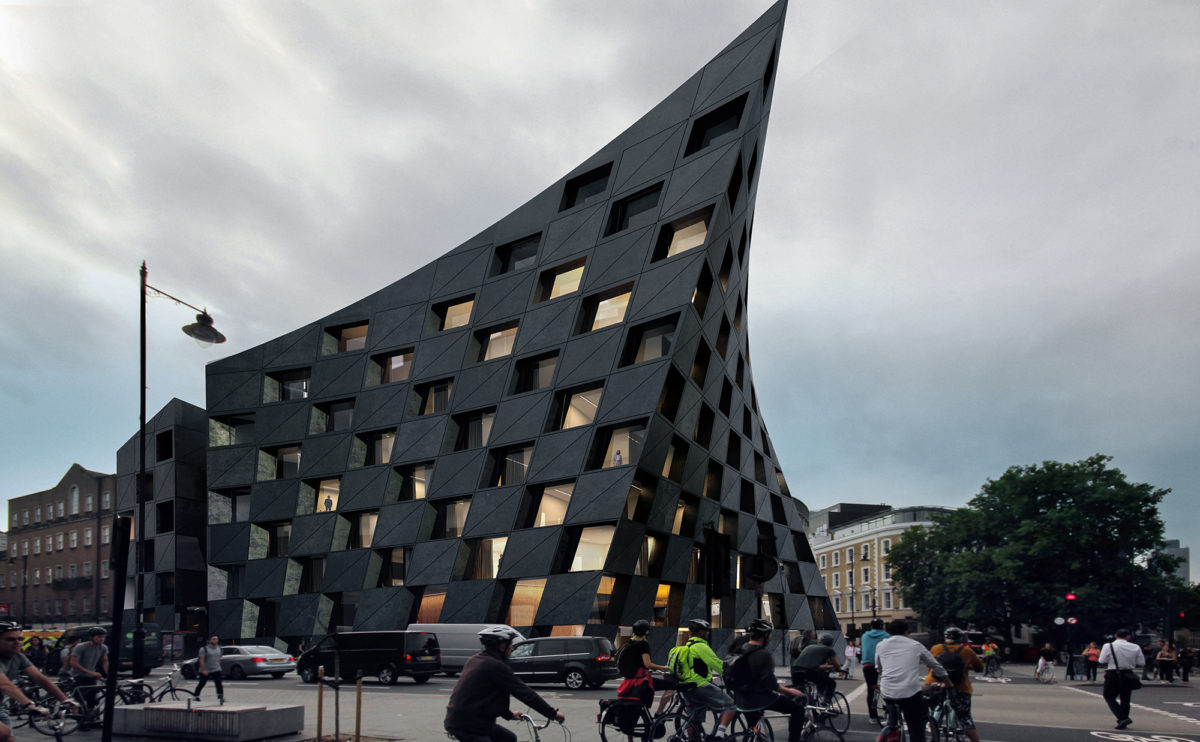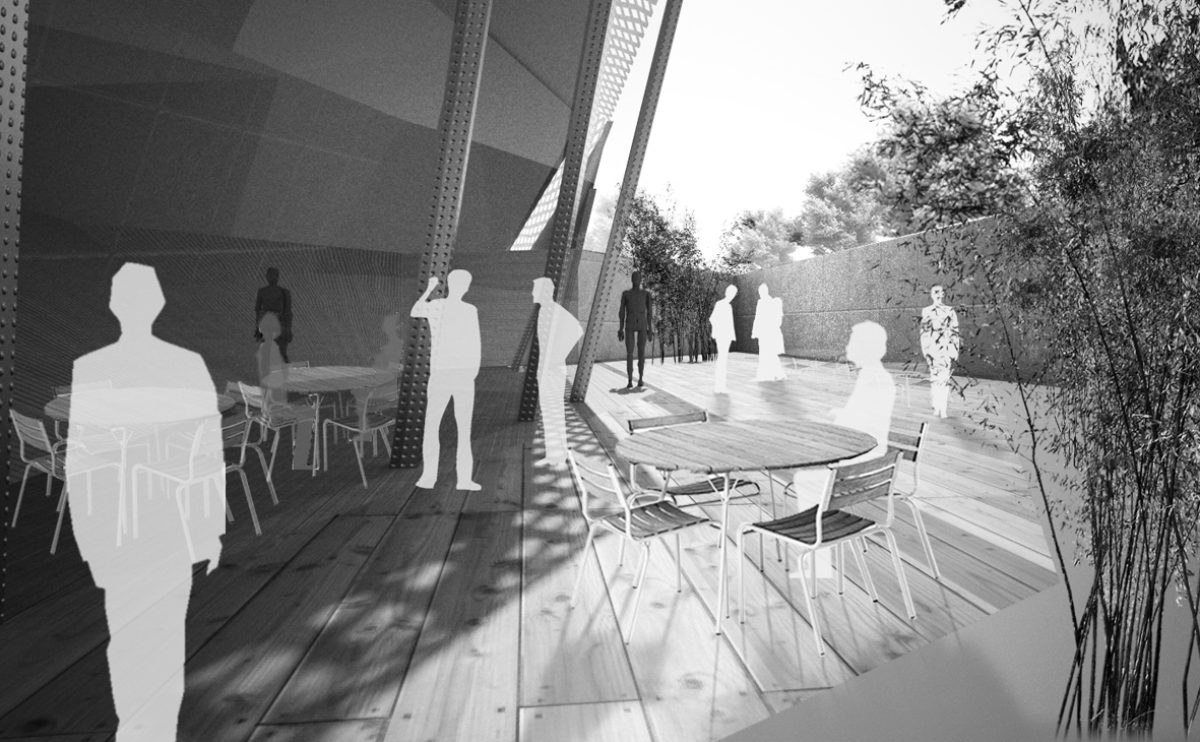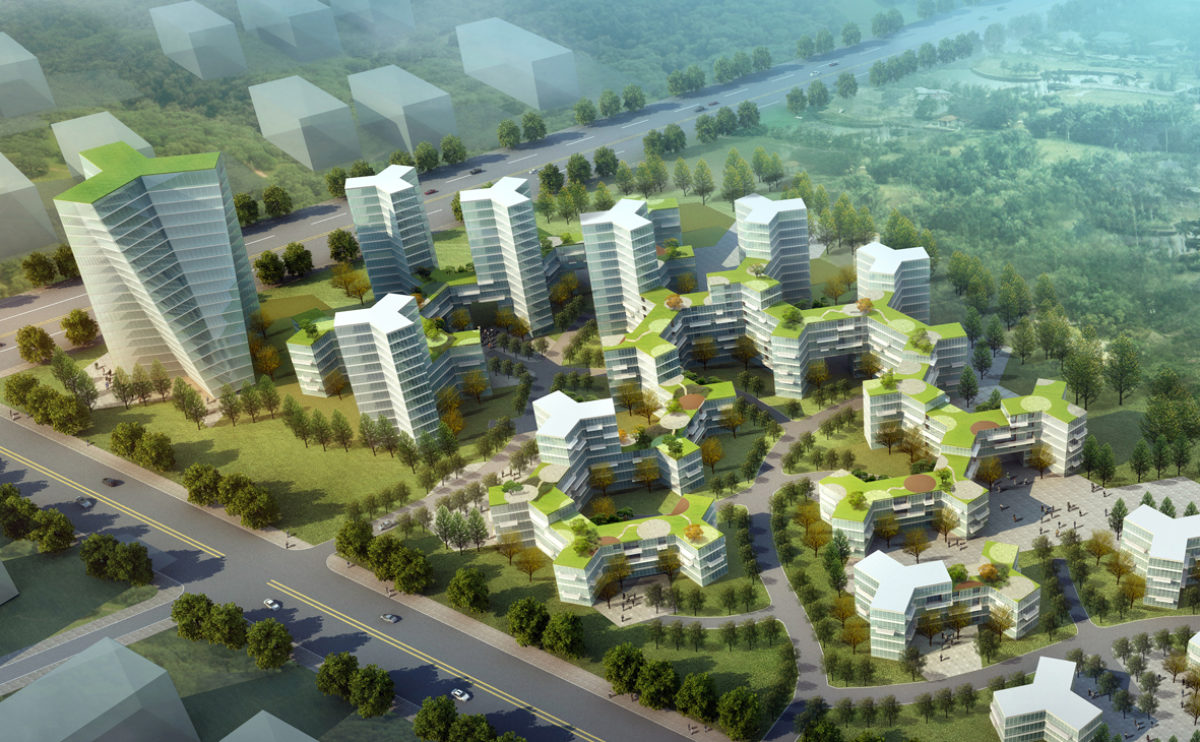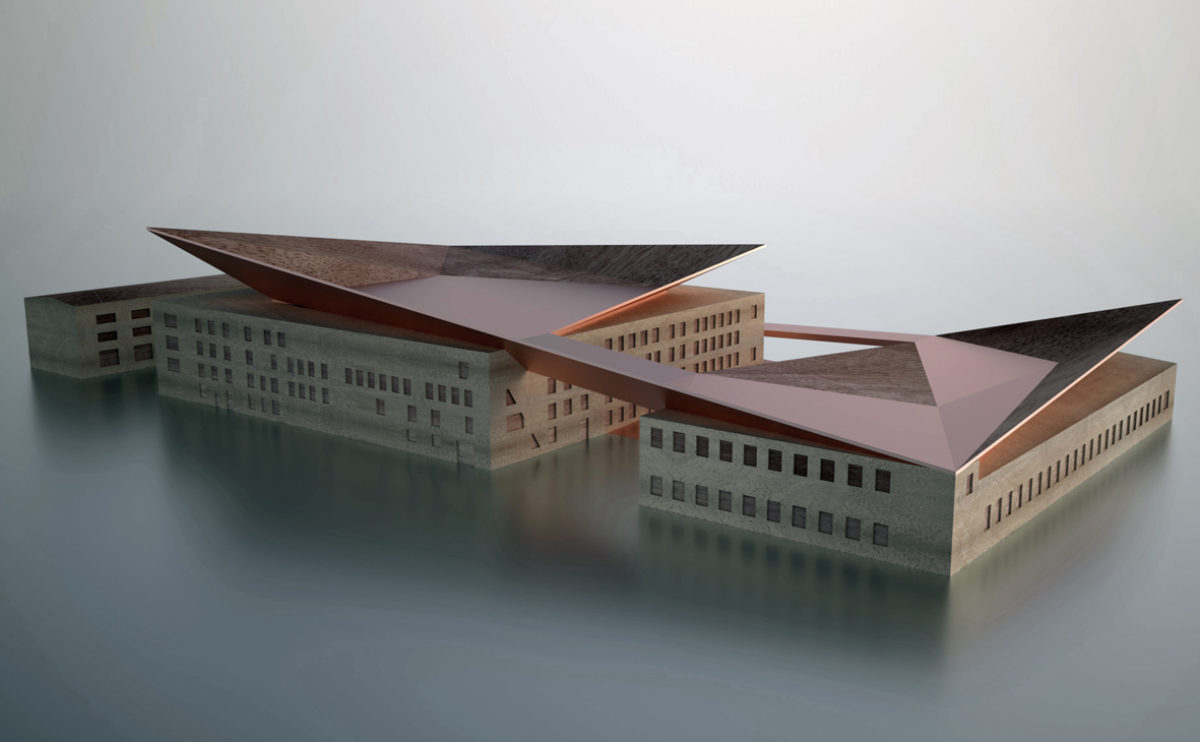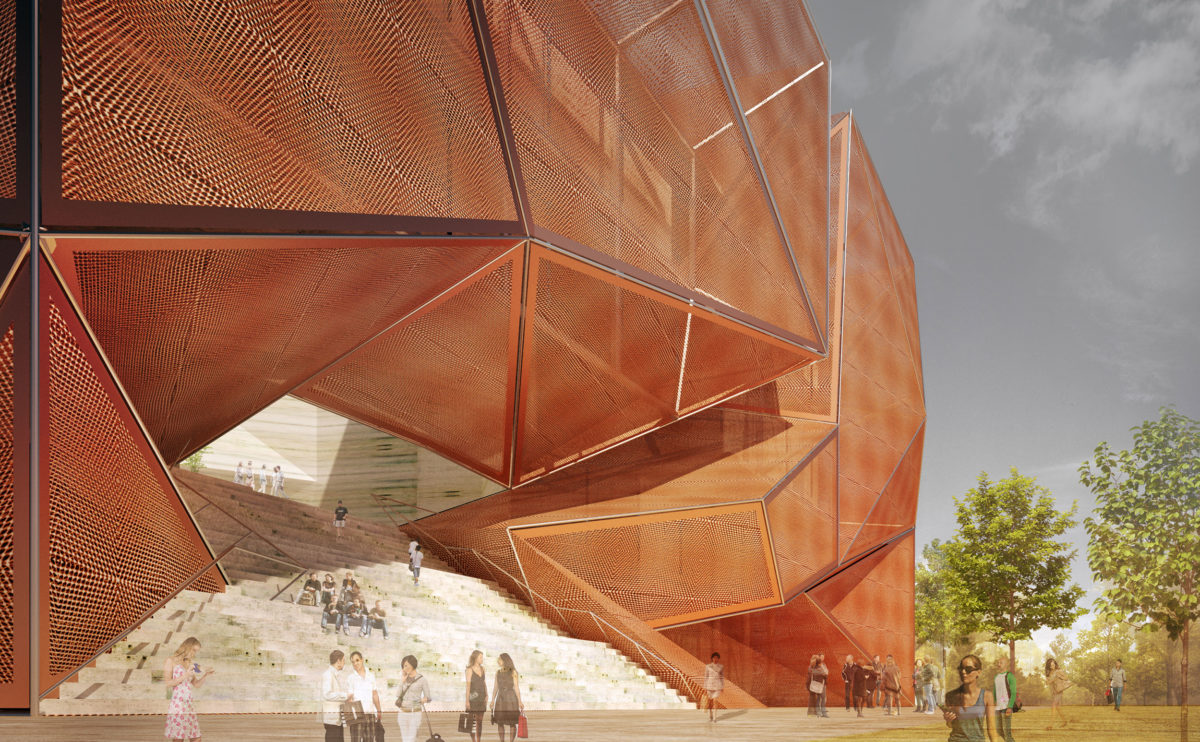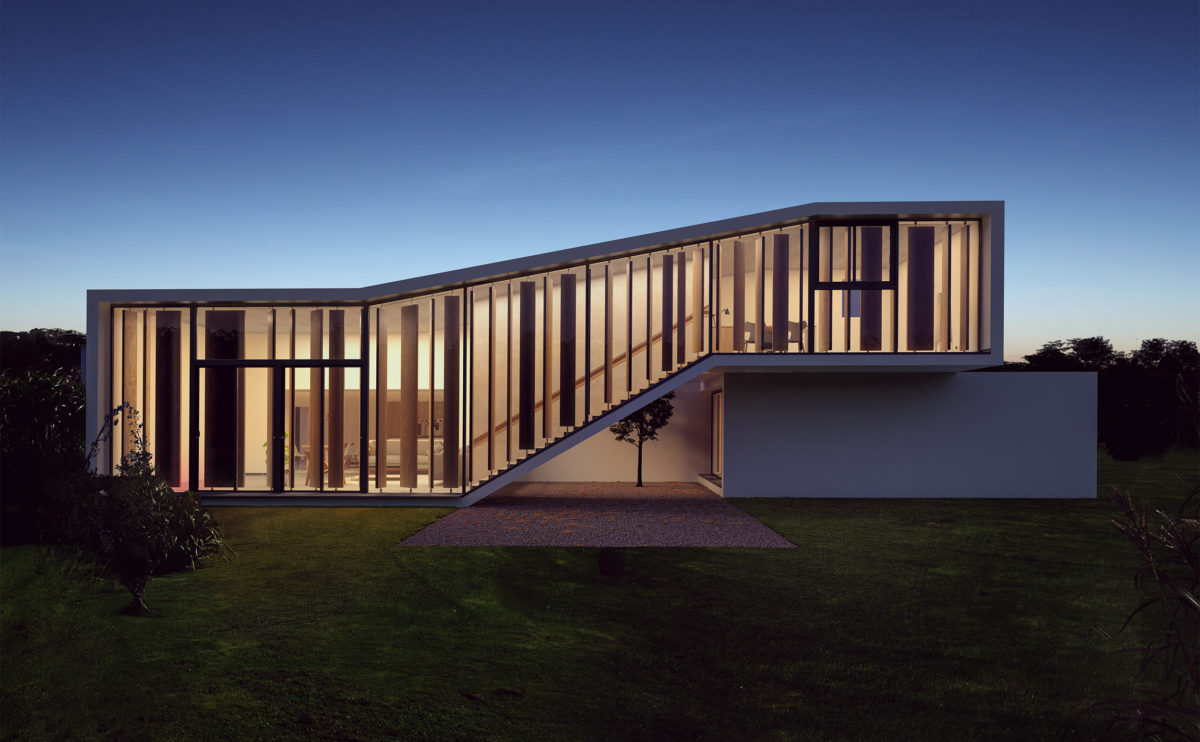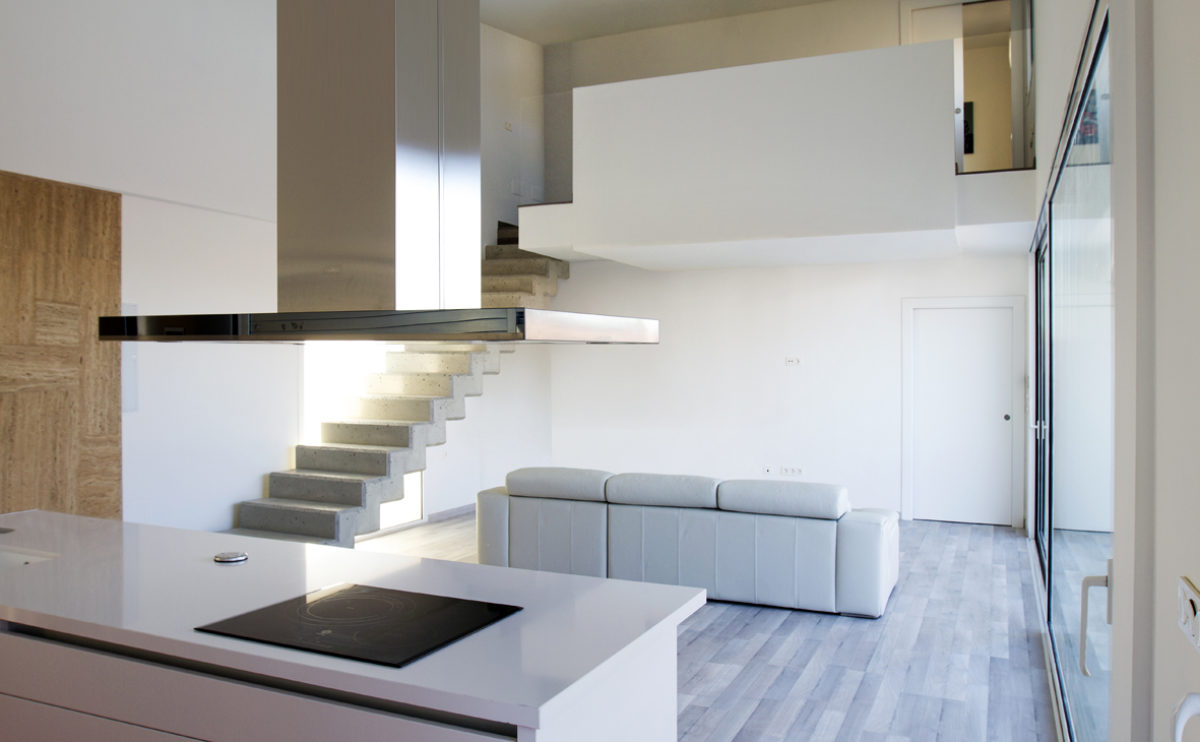Architectural photography and visualizations are important tools for documenting and promoting architecture. They allow architects and designers to showcase their work and communicate their ideas to clients, stakeholders, and the public.
There are a number of different points of view that are commonly used in architectural photography and visualizations, depending on the position of the camera (internal, external or detailed views) and the height (birdview, eye-level view or low-angle shots).
Each point of view serves a specific purpose and can help to communicate different aspects of the building to viewers. Whether showcasing the overall form of the building, the design of the interior spaces, or the craftsmanship of specific elements, these points of view are all important for understanding and appreciating architecture.
Burke house
the recessed headboard
Architecture and interior design are considered as a whole, so the bespoke furniture is perfectly integrated into the configuration of the space. The bed headboard, the bedside tables and the lights form a proportionate and elegant composition recessed in the wall.
connecting riads
the top terrace
The building is lower towards the urban park located behind the boulevard, so the roof is formed by a series of staggered terraces, with abundant vegetation, which enjoys the pleasant views.
Ashley Gardens
the masterbedroom
The refurbishment project of this London flat includes the replacement of the original windows and interior finishes. The contemporary style of the interior design blends with the existing Victorian decorative elements.
folded auditorium
the view from the plaza
The auditorium has an undulating shape, the white concrete façade forms a balcony over the main entrance facing the square. It is an organic, futuristic design that blends into the vegetation of the urban park.
next stop: hutopolis
the desk with rotating panels
The exhibition tables have rotating panels that allow the public to interact with the content and discover information and images of the projects. The subtle lighting of the space, which focuses attention on the content rather than the continent, creates a mysterious and evocative atmosphere.
K house
the open space
The free form that the house adopts can be appreciated in the interior, a fluid and diaphanous space that is defined by the views and the light.
Shoreditch hotel
the hotel room
The hotel is designed for young people looking for an urban experience. The industrial-style interior design combines concrete, metal and wood to create a minimalist and functional atmosphere.
folded auditorium
the auditorium
The acoustic ceiling of the auditorium hall is formed by several curved wooden planes that create a shell covering the grandstand. The wood also extends to the steps and floor, creating a cosy and elegant interior.
hospital in the forest
the main elevation
From the main road, the building looks like a floating volume above a podium. The exposed basement provides access to the emergency room while the main lobby can be seen through the transparency of the ground floor.
performing arts complex
the birdview
The bird’s eye view of the performing arts complex shows the radial layout of the master plan, with buildings covered with undulating roofs around the marina.
Bolaños house
the living room
The heart of the house is the living room, lit by large windows and a skylight. The dark walls contrast with the ceiling and the white leather Barcelona armchairs designed by Mies van Der Rohe. The texture of the natural stone wall is highlighted by the zenithal light from the skylight.
Zain tower
the facade detail
The external facade of the tower is defined by a series of horizontal slabs. Prefabricated pieces of GRC cover the edges, carefully positioned to cover the part exposed of the floor below due to the rotation of the storeys. Between them, a series of vertical louvres protect the glazing against the sun.
Pengshui city planning
the aerial view
Pengshui is a city set in a mountainous landscape that has grown without planning, resulting in infrastructure and diversity problems. The strategic plan proposes a package of measures to improve the quality of life through urban planning.
K house
the entrance
The entrance of the house is made through a sloping walk on the side of the plot. The upper floor faces the meeting point. The access can be seen through the curved walls.
spliced towers
the landscape design
The landscape design combines pedestrian areas, gardens and a man-made stream separating the residential area from the commercial area. A network of streets connects the buildings to facilitate vehicle access.
Allison house
the lounge area
The living room of the house is a multifunctional space that combines a dining room, kitchen and relaxation area. The stony-looking Ela sofas by Piet Boon placed on a polished concrete floor give a natural and organic look to the interior design.
Zain tower
the interior
The interior is a luminous and diaphanous space. The white ceiling and the polished concrete floor give a feeling of spaciousness.
connecting riads
the big facade openings
The housing blocks have large holes or perforations that allow light to enter the courtyards. These semi-public spaces have abundant vegetation and allow residents to enjoy a garden with views.
hospital in the forest
the nursing station
The centralized nursing station provides a visual connection with the patient’s rooms and other areas of the hospital. The space is warm and welcoming, intuitive to circulate around and well illuminated.
next stop: hutopolis
the main hall
The main exhibition hall is a dark cubic space with four illuminated tables corresponding to the principles of urban research. Above these displays is an illuminated three-dimensional graphic.
Ivy foundation
the children’s library
Near the waiting room there is a reading corner for children. This children’s library consists of modular cubes where children can sit.
connecting riads
the boulevard view
From the broad boulevard, the building presents a resounding and iconic image. The silhouette is reminiscent of the archetype of the gabled-roofed house, providing an exciting play of scales.
next stop: hutopolis
the touch screen application
A child interacts with the touch screen of the exhibition which, like an urban game, allows you to drag and drop elements in the urban space to create your own hutong. The iinteractive app allows you to understand the urban parameters that determine the diversity of traditional Chinese neighbourhoods.
Xu Beihong foundation
the exterior view
The museum is located in an urban park with abundant vegetation. The form of the building is simple, a sober box, wrapped in a semi-transparent façade of angular shapes in shiny metal.
Atienza music hall
the building and the landscape
The intervention on the ruin is shown as a sculptural element with a protective character. Its form, with a definite contemporary language, responds to the distant landscape while intends to become a landmark.
connecting riads
the urban facade
The facade towards the boulevard has a series of balconies protected by sliding panels. These wooden shutters have a Moroccan tracery design that suggests a traditional reference to the contemporary design of the building.
maragato lofts
the living room and kitchen
In contrast to the orthogonal rigidity of the exterior, the interior spaces are wrapped in soft, rounded corners. The oak flooring and the concrete ceiling offer a warm visual tone while a featured wooden slats partition serves as a transition and articulates the space.
folded auditorium
the auditorium acoustic ceiling
The overlapping wooden strips that wrap around the ceiling create a dynamic and contemporary image of the auditorium’s interior. The texture of the curved wood together with the random arrangement of the ceiling lights creates a warm atmosphere with excellent acoustic conditions.
market eight
the physical model
The top view of the model of the building shows the meandering silhouette of the shopping centre. The zig-zag shape creates courtyards open to the landscape.
Burke house
the staircase
The stairs take on prominence by visually connecting the interior spaces and establishing the formal language of the building’s exterior. This promenade is a contrast between the warm interior and the lushness of the Irish landscape that can be contemplated along the way.
Zain tower
the night view
When night falls the transparent quality of the facade turns the tower into a lantern of the city’s landscape. The vertical slats become translucent and provide privacy to the interior.
ramp up the 'mun
the physical model
The model of the building shows the relationship of the new flats to the old structure. The central square becomes a multifunctional public space for art.
Pedraza house
the inner courtyard
From the entrance of the house, and through the inner courtyard, you can perceive the spaciousness of the living room, whose profusely illuminated double-height space gives a pleasant sensation of spaciousness and comfort.
Shoreditch hotel
the aerial view
From the aerial view, the urban presence of the hotel can be seen in its context. The dark figure slightly turned towards the intersection and the design of its iconic checkered façade create a symbolic and recognisable image.
Slatina square
the birdview
The bird’s eye view of the square shows the street lighting system, consisting of flexible illuminated poles that move in the wind to create a dynamic effect. The spatial organisation of the square is based on circular shapes.
Dulwich house
the entrance hall
The visual connection of the spaces and the curated diffuse natural lighting that invades the first floor are perceived from the entrance hall, where the original design of the stairs articulates the relationship between the dining room and the office.
Slatina square
the furniture detailed view
The proposal for the urban design of this square proposes an ingenious and experimental system for temporarily removing street furniture when necessary. The tables and chairs are hidden under the pavement by means of a hydraulic system.
connecting riads
the inner facade
The building envelope overlooking the inner courtyard has a simple and functional design. The regular arrangement of the windows contrasts with the position of the sliding shutters protecting them.
spliced towers
the detail of the towers façade
View of the office towers. The façade is formed by a curtain wall of stone, glass and wood in dark colours to form a modern and contemporary design.
hospital in the forest
the typical room
The hospital rooms are designed to ensure the well-being and health of patients. The rooms are separated by a courtyard with greenery that provides privacy and natural lighting.
connecting riads
the riad facade
The massing of the building is a balance of filled and empty spaces. The large openings are balanced with the rotundity of the hanging balconies, cantilevering over the inner courtyard.
Dulwich house
the reception room
The kitchen is the heart of the home, so the central island is conceived as a workspace, meeting area and dining table. The ground floor is an open and luminous space, where white finish predominates in contrast with the wood and concrete flooring.
folded auditorium
the staircase
From the entrance hall to the auditorium, the upper floor can be accessed via an elegant staircase suspended by steel cables. The foyer is a large and luminous space with a view of the vertical garden that covers the party wall of the nearby building.
Burke house
the main facade
The building facade conveys in a simple and elegant gesture the interior layout and the control of natural light, privacy and views. The concrete slabs create a continuous enclosure carefully protected by the glass and the wooden slats.
fragmented house
the swimming pool
The property has a sports pool and an outdoor spa in the front garden. This elongated pool allows for swimming, while at the far end of the house there is a jacuzzi overlooking the garden.
performing arts complex
the promenade towards the marina
The undulating concrete roofs and meandering walls of wooden slats characterise the pavilions that make up the building. The pedestrian walkways leading to the marina are landscaped with lush bamboo shrubs.
Ashley Gardens
the reception room
The living/dining room enjoys views of the street, and has access to the balcony. The herringbone wooden flooring contrasts with the white walls and ceilings and the neutral colours of the furniture.
Ivy foundation
the workshop area
In the central part of the premises is the workshop area, which has a low unit of pink lacquered wood and a shelving unit built into the wall.
Bolaños house
the dining room
The dining room is a transition space to the living room in this open-plan flat. The space is illuminated by the skylight in the ceiling and the large windows facing the garden. The interior design combines neutral colours to create an elegant atmosphere where the texture of the stone wall stands out.
Shoreditch hotel
the site physical model
In comparison with the urban fabric surrounding the hotel, the form of the building stands out for its dynamism and fluidity. The effect of the façade can be seen in the surrounding model, where the building completes the block and offers a new urban facade to the square.
next stop: hutopolis
the low density wall chart
The exhibition shows an infographic with the characteristics of low-density neighbourhoods. A bar chart represents the values of mobility, urban greenery or social diversity among others. These parameters are diametrically opposed to those in the dense city model, so the union of both graphs generates a hyperbolic paraboloid on the ceiling.
W salon
the detail of the backlit mirror
The backlit mirror is mounted on a white wall recess niche lined with birch wood, which creates a warm light and a natural look.
Ivy foundation
the cabinet detail
The furniture in this school management centre is made of colourful lacquered wood. They are simple and functional cupboards with concealed handles and hinges.
folded auditorium
the cafeteria
The cafeteria is located under the auditorium stands, as can be seen in the curved reinforced concrete ceiling. This open-plan space is fragmented by a combination of fixed wooden counters and an arrangement of informal loose furniture so the space works also as a waiting room.
K house
the balcony
The facade of the upper floor, covered in Canadian cedarwood, gives a warm and natural character to the building. Seen through the abundant vegetation, it almost looks like a wooden house hidden in the forest.
connecting riads
the south courtyard
The lower part of the building encloses the most intimate and secluded garden. Around this space, there are homes on the ground floor, so they have private gardens protected by a fence along its perimeter.
K house
the kitchen
The design of the kitchen offers a luminous and minimalist aspect. The central island and the back wall are covered with white ceramic tiles forming a vertical pattern. The fixtures and fittings in matt black stand out on the synthetic quartz worktop.
Dehan village
the living room
The living room has a large window to enjoy the views of the landscape. This double-height space is connected to the dining room through a spiral staircase and also has access to the guest room on the ground floor.
connecting riads
the south courtyard
The large block courtyards are pedestrian areas with abundant vegetation. The gardens have fountains and tropical trees, giving the perception of a fresh oasis in the heart of the residential compound.
Bolaños house
the stone wall
The interior of the living room has a black natural stone wall illuminated by a skylight. The dining table separates the foyer from the lounge area and is surrounded by stackable chairs designed by Vener Panton.
folded auditorium
the view from the stage
From the stage, you can see the configuration of the acoustic ceiling, formed by curved surfaces mounted on top of each other, like the shell of an armadillo. The stage lighting is placed between the suspended planes of the ceiling, while the hall receives light from the small recessed spotlights that resemble a starry sky.
market eight
the physical model
The building’s five interconnected volumes are adapted to the shape of the plot, which is surrounded by a river. This configuration can be seen in the model, which also shows the courtyards and the façade.
Pedraza house
the cantilever
The house is an open viewpoint that captures and forms part of the landscape. With a simple gesture, the flat green roof is extended to form a cantilevered porch. The simple materials are combined with pure lines and the transparency of the large windows.
Burke house
the master bedroom
The bedroom is a spacious and functional space open to the landscape. The furniture merges with the architecture to create a warm and cosy atmosphere governed by light and textures.
connecting riads
the street view
The ground floor of this residential building includes retail units facing the boulevard, and townhouses on the side facing the urban park. From the welcoming access to the inner block, courtyard, you can see the abundance of this hidden oasis.
market eight
the main entrance
The image of the mall at night is dynamic, colourful and vibrant. The pink glass louvres are oriented in opposite directions on each floor, creating an interesting glare and reflection effect.
Dehan village
the landscape design
The resort is designed to offer guests a quiet and relaxed space in connection with nature. The landscape design is formed by a network of pedestrian paths and the gardens offer a subtle range of colours and textures.
Dehan village
the village skyline and the mountains
The landscape composition is based on a rhythmic and almost melodic repetition of key elements. The orientation of the houses, their levels and the random window sizes result in an arbitrary and naive appearance, similar to the vernacular architecture.
Dulwich house
the garden pivot door
The new rear façade of the building has a strong, contemporary look. A steel frame subtly emphasizes the profile of the building, converted into a large flared window. When the pivot door opens, the garden becomes a natural extension of the interior.
Pengshui city planning
the satellite image
The satellite image of the city of Pengshui shows the confluence of the rivers and the expansion of the city on both sides of the mountain.
fragmented house
the front yard
The main façade of this contemporary style detached house has large windows and a cantilevered body overlooking the garden where the swimming pool and a gazebo are located. The ground floor has a porch in front of the dining room and kitchen.
K house
the main facade
The white concrete slab path leads to the intermediate level of the plot where the house is located. From this point, the elegant silhouette of the building can be observed, a symbolic form that invites to be explored in harmony with nature.
maragato lofts
the balconies
The protruding balconies, cantilevering alternately on every floor, are almost invisible. The slim metal slab cast shadows on the lower floors, enhancing the chessboard pattern effect of the composition.
Xu Beihong foundation
the atrium
The central atrium of the building is a space illuminated by a large skylight. The plasticity of its concrete walls reminds us of a natural cave dominated by the stairs leading to the upper level.
Ivy foundation
the reception desk
The reception desk is a two-height piece of furniture with a PC keyboard tray and several drawers made of pink lacquered MDF.
Ashley Gardens
the bathroom
The bathroom is clad in Italian Statuario marble in a herringbone pattern. The design features simple lines. The shower tray is integrated into the floor and the taps and fittings are in matt black lacquered steel.
Ashley Gardens
the open kitchen
The kitchen opens onto the living room thanks to a large opening with structural reinforcement in the load-bearing wall. The kitchen units combine dark wood, marble worktop and matt white lacquered doors.
house of arts
the exhibition hall
The exhibition hall of the House of Arts is a double-height space enclosed by the same coloured glass louvres that surround the building.
Bolaños house
the entrance hall
The house is distributed around the kitchen and the garden. The sloping roof gives more height to the ceiling in the living room and descends towards the bedrooms. The entrance hall articulates the spaces for daytime use, from where you can also go out into the garden.
Dulwich house
the lounge area
The ground floor extension to the rear garden provides ample living space, which also receives abundant natural light through large windows and skylights.
market eight
the view from the courtyard
The main entrance to the shopping centre is located in one of the larger courtyards. This public space serves as a plaza for events and visually articulates the different levels of the building.
Shoreditch hotel
the view from Paul St
At nightfall, the light from the hotel windows underlines the chequered pattern of the black concrete façade, creating an easily recognisable icon that serves as an urban landmark for the restaurant and shopping area.
hospital in the forest
the view from the plaza
The comprehensive transplantation centre is a building that, despite its powerful form, has a friendly appearance thanks to its wooden louvred façade. This double envelope protects and unifies it, allowing a highly functional interior space planning.
Shoreditch hotel
the facade detail
The façade of the hotel is made of prefabricated lightweight concrete elements, which form triangles to create a dark-coloured ruled surface on which the openings stand out like a chessboard.
Bolaños house
the kitchen
The kitchen is separate from the living room and is open to the garden. The modular furniture is minimalist and made of dark natural wood and white lacquered doors.
house of arts
the physical model
The model of the building, which is made out of methacrylate, shows the concept of the architectural work: the House of Arts is made up of different capsules between round-shaped planes.
Allison house
the double height space
The extension of the house introduces an interior courtyard that provides light to the living/dining room. In front of the elongated courtyard window, a double-height gap is formed to change the perception of space and bring a feeling of spaciousness to the ground floor.
Allison house
the kitchen peninsula
The white Silestone kitchen worktop creates a generous peninsula in front of the window. This high table surrounded by ‘tractor stools’ is a perfect dining and breakfast corner.
elemental complex
the view from the courtyard
The hexagonal configuration of the residential complex gives rise to pedestrianised public squares with commercial premises on the ground floor.
cuña house
the kitchen
The kitchen has a central presence in the living room, linked to the garden. The front worktop serves as a social and meeting space, while the appliances are located on the back wall.
fragmented house
the front porch
The first-floor bedroom forms a cantilever over the ground floor. This semi-covered space creates a porch in front of the dining room and kitchen which is raised above the garden level. The natural stone wall contrasts with the simple materials of the façade and the floor.
Ivy foundation
the entrance
The entrance has a waiting room that connects to the workshop area. The interior design is bright and combines translucent glass partitions with simple coloured furniture.
Pedraza house
the open-plan ground floor
The ground floor is a mosaic of interconnected spaces through glass partitions. The visual relationship between them gives a sensation of amplitude, and the simplicity of the forms and finishes create a serene atmosphere in connection with nature.
cuña house
the view from the garden
The double-height living room space opens onto the outdoor garden through a large sliding glass door that allows you to enjoy the serene view of the landscape.
W salon
the shopfront
The exterior façade of the hairdressing salon has an illuminated sign that casts the shadow of the letter W on a white wall.
hospital in the forest
the entrance lobby
The entrance lobby is a welcoming double-height space for staff and visitors to gather and meet. The area is well illuminated, enclosed by a curtain wall and a generous reception desk.
ramp up the 'mun
the view from the plaza
The structure of the old boiler house is extended by an apartment building to enclose a public square with a ramp leading up around the chimney to the roof.
connecting riads
the balconies detail
The balconies, protected by perforated wooden panels, have a subtle and sophisticated design. These protective screens filter the sunlight and project the whimsical geometric richness of the lattice into the interior.
Dehan village
the dining room
The dining room on the first floor is a generous space that is linked to the service area and kitchen located behind the stairwell. The different levels seem to float in the space, an effect reinforced by the glass railings protecting them.
ramp up the 'mun
the facade detailed view
The block containing the artists’ studios consists of units with double-height spaces that can be used as workshops. The façade and roof are pierced by large windows of different sizes.
Dehan village
the typical cluster of villas
The diagonal arrangement of the houses does not only respond to the triangulation of the land. The rotation of the villas results in obtuse and sharp angles that allow for privacy control. In each group of houses, residents can enjoy the landscape without seeing the neighbours.
next stop: hutopolis
the booklet display table
Each project in the exhibition is displayed on a table with a book containing graphic content and a screen with a documentary video. The project developed by Tsinghua University in Beijing explains the reuse of collective housing buildings in the hutong.
wavescape pavilion
the view from the marina
The themed pavilion for the World Expo floats on the sea and is connected to the quay via a gangway. The floating façade of horizontal slats creates a moiré effect as it moves with the waves.
Zain tower
the laminated glass wire mesh
From inside the offices, the arabesque motifs of the louvres can be seen. The brass metal mesh is compressed into the glass when this is in a semi-molten state. It becomes a decorative and strengthening component of the glass fins.
Zain tower
the top floor
The rotation of the tower finishes on a top floor fully aligned with the urban grid. The square shape of each floorplate becomes a straight and slender figure, crowned by the sign of the telecommunications company.
Pedraza house
the master bathroom
The rational and pure design of the bathroom is based on easy-to-clean surfaces, naturally textured materials and cosy indirect lighting.
K house
the living room
The living room, located at a slightly lower level than the rest of the ground floor, defines a functional, welcoming and relaxed space with large, custom-made sofas. The large windows capture the light of the sunset and make the outside garden part of this lounge area.
K house
the rear garden
The living room has views towards the west, to capture the sunset light. A large window with curved glass opens to the rear garden, which has a comfortable space to gather around the fire.
Ivy foundation
the children’s library detailed view
The children’s library is made up of a composition of wooden cubes that can be clustered together to form a scalable piece of furniture in which to store books and sit and read.
Bolaños house
the rooflight detail
The elongated skylight that opens up the roof along the stone wall emphasises the texture of the slate masonry. The back wall is painted dark grey to create a contrast with the white ceiling.
maragato lofts
the view from the alley
From the narrow perpendicular street, the building is mysterious and elegant, showing its similarities and differences with the rest of historical buildings.
Burke house
the north elevation
The master bedroom of the house opens to the north with a large opening of sliding doors. The vertical rotating wooden slats function as a shutter, controlling the lighting and privacy of the space.
Pedraza house
the lounge area
The living room is the heart of the house. The double-height space vertebrates the areas of daily use and connects it with the outdoor landscape. The kitchen is separated by recessed sliding glass doors that open up space, so the living is linked to the bar located there.
cuña house
the exterior view
The simple exterior form of the house stands out against the flat landscape of the valley, while the white mountains can be seen in the background.
Dulwich house
the back yard
The brick facade of the original house contrasts with the appearance of the new extension, which looks like a steel and glass box. The thickness of the roof and walls gradually decreases until it ends in a tapered steel profile that offers a light and sophisticated look.
Zain tower
the twisted figure
The central core of the tower and the ring of columns around it allow the rotation of the floor slabs. This suggestive movement, gradually decreasing towards the top, is well appreciated from the street level, where the building leaves space for a public plaza.
Pedraza house
the staircase
The staircase is defined by the profile of its steps, lined with oak wood. The light sets the rest of the space, where the doors and railings are concealed to give prominence to the ascending path.
K house
the courtyard
The house closes in on itself to embrace a small courtyard. This concave space opens up to the swimming pool, which dominates the slope on which the house is situated.
Ashley Gardens
the bathroom mirror
The bathroom vanity unit is made of dark teak wood. The lighting comes from the circular backlit mirror and the globe lamp suspended from the ceiling.
Pedraza house
the kitchen
The kitchen is a generous space full of light. The continuity of the polished concrete pavement, the large windows and the distribution around an island make this room blend with the surrounding landscape.
wrap manifesto
the louvered facade
The institutional image of an office building does not have to be cold and intimidating. The headquarters of the Cluj Regional Council brings a welcoming, friendly and domestic design that represents an environmentally friendly building that is close to its community.
next stop: hutopolis
the oversized touch screen
A large touch screen allows visitors to the exhibition to interact with the urban parameters of the Hutong and to understand the balance and diversity of the neighbourhood. The screens are made of projection, infrared cameras and sensors that detect movement. Users can drag and drop buildings to modify the urban fabric.
Zain tower
the retail store
The tower base leaves a public space on the corner of the plot to mark the entrance of the flagship store. This gesture defines the rotation of the tower and provides a welcoming access point protected by the cantilever of the floors above.
fragmented house
the dining room
The dining room is strategically placed between the living room and the kitchen, protected from view from the entrance by a free-standing wall. The dining room enjoys views of the garden through a glass door that leads out onto the porch.
Tangjiatuo planning
the southwest detailed birdview
The western part of the master plan is bordering the consolidated urban fabric near the river. At the top of the hills a business centre is proposed, connected to the residential area by a bridge across the green belt of the valley.
Tangjiatuo planning
the aerial view from the south
Aerial view of the Tangjiatuo district in Chongqing city. The urban master plan proposes a new land-use distribution while preserving the old town.
spliced towers
the physical model
The project model shows the relationship of the buildings to the landscape. The office towers have a free orientation while the residential blocks seek southern light and are oriented on a north-south axis.
maragato lofts
the view from the plaza
From the public space of the plaza, the design of the facade offers a playful arrangement of openings and balconies. These are perfectly aligned with the levels of the nearby buildings, and they keep the same proportion.
Slatina square
the physical model
The urban design of this square in front of the promenade is like a pattern of circles of different sizes. The skylights, lampposts, gardens and fountains are linked together like a constellation. The wood and aluminium model also shows the entrances to the underground car park beneath the square.
wrap manifesto
the entrance lobby
The main entrance hall is a generous, well-lit double-height space with a large reception desk and serves as a foyer for the multifunctional conference room.
hospital in the forest
the night view
The sober form of the building is wrapped in translucent louvred skin. This permeable layer allows seeing the inner facade, made of large openings and courtyards with greenery.
connecting riads
the view from the top
From the top of the roof terrace, you can see the winding silhouette of the building and the view of the city in the background. The image conveys the symbolism of the building’s shape, its relationship with the landscape and the functionality and comfort of the apartments.
Burke house
the courtyard
The inner courtyard articulates the space planning of the house while infusing perfectly with the countryside surrounding the property. It provides intimacy to the bedroom, abundant natural light to the living room and depth to the staircase.
Dehan village
the spiral staircase
A secondary spiral staircase connects the living room with the dining room on the first floor. The relationship between the two is enhanced through the double-height space and the staircase adopts a sculptural presence reinforced by the light from the window.
Slatina square
the physical model detailed view
The urban design of Slatina Square features a series of circular elements that function as water features, gardens, kiosks or street furniture. The result is a fun and informal design that allows for multiple uses of public space.
market eight
the conceptual physical model
This conceptual physical model made of translucent layers of acrylic shows the relationship of the building with the courtyards, the vertical circulation and the interlacing bridges between blocks.
next stop: hutopolis
the detail of the exhibition desk
The long tables are high and allow you to comfortably read the information contained in the catalogues for each project. The ‘city visions’ edition of the exhibition was sponsored by Flos, which supplied the D’E-light lamps designed by Philippe Starck.
house of arts
the site model
The building completes an urban block in an area bordering the historic centre and a busy ring road.
Dulwich house
the bench
The rough texture of the old brick party wall of the house becomes a distinctive element enhanced by the zenithal light from the skylight. Along this wall, there is a wooden seat, it’s an informal piece of furniture that serves as a sofa, bookshelf and tv bench.
Dehan village
the view of the village from the south
The resort, seen from the lowest part of the land, looks like a village immersed in a forest. The methodical variation of the houses produces a random and capricious effect, a natural articulation that invites guests to explore and discover mysterious spaces.
spliced towers
the office towers
The four office towers have a façade clad in wood, natural stone and glass. The composition forms a pattern of irregular vertical lines in shades of brown and ochre.
Zain tower
the vertical glass shades
The architectural solar glass is protected with sun glades for an optimised daylight and energy control. The glazed shades are made of laminated glass with a metal frit.
cuña house
the reception room
From the garden, the living room occupies a central position between the open kitchen, the travertine windbreak at the entrance and the concrete stairs leading to the upper floor.
Pedraza house
the porch
The cantilevered canopy that covers the porch of the house frames the view of the landscape. The living room becomes a glass enclosure, which opens a corner to see the horizon.
Tangjiatuo planning
the masterplan birdview
The visualisation shows the master plan applied to the topography of the terrain. The colours indicate the land use, which makes it possible to appreciate the relationship between the infrastructure and the slope.
Allison house
the back garden
The rear elevation of the house is designed with restrained and contemporary language. The sophisticated façade of wooden slats blends with the traditional brick walls. The simple, functional landscaping of the back garden together with the white wooden fences bring even light into the interior.
market eight
the rear facade
Market Eight is a free-form, undulating building that encloses courtyards between its curves. The façade is a permeable envelope formed by coloured glass louvres. The landscape design surrounding the building continues this organic language.
Shoreditch hotel
the view from Rivington st
From the streets surrounding the scheme, the hotel is adapted to the urban façade, with a proportion of openings similar to that of the adjoining buildings. From these streets, there is an access point to the inner courtyard that separates the hotel from the commercial area.
wavescape pavilion
the view from the seaside
From the seashore, the circular modules of the pavilion are enveloped in a translucent skin formed by the horizontal slats floating in the sea.
next stop: hutopolis
the table with rotating panels
The exhibition space is a dark room featuring long tables with interactive rotating panels, books and video screens. The lighting consists of spotlights from the ceiling and table lamps from the Italian brand Flos that create a warm and cosy atmosphere.
cuña house
the exposed concrete stairs
The concrete stairs have been carefully cast to create a sculptural and minimalist element whose silhouette can be seen through the translucent glass of the window.
maragato lofts
the facade
The shape of the façade openings responds to defined visual axes. The protruding balconies and the angled recesses seek to achieve the best views of the surroundings.
Ashley Gardens
the kitchen from the reception room
From the living room, the kitchen is perceived as an extension of the space. The threshold separating the two rooms is delimited by a peninsula worktop with stools. This breakfast table makes the kitchen a perfect place to socialise with guests.
maragato lofts
the south facade
The carefully designed facade combines glass and steel protruding balconies with rhythmic recessed openings. The aluminium windows are framed in the stone facade, covered with a brick-patterned limestone cladding.
wavescape pavilion
the interior view
The interior of the pavilion has a large central column supporting the fungiform roof. Around the circular hall, there is a raised walkway that connects the different pavilions and allows a view of the sea through the façade.
Dulwich house
the dinning room view
The skylight in the living room forms a strategic visual axis with the dining room, from which the rear garden of the house can be seen. Diffused light floods the space, decorated with Nordic style furniture.
wrap manifesto
the physical model
The building is situated close to a steep slope, so the new extension also serves as a pedestrian bridge connecting the upper street with the main avenue. This secondary public access is linked to the access to the multi-purpose hall.
Dehan village
the master bedroom
The master bedroom enjoys not only the wide exterior views but also the spaciousness of the double-height interior space that connects the living room and the dining room.
fragmented house
the dressing room
On the first floor of the house is the master bedroom, a large space with bathroom, solarium and dressing room overlooking the front garden.
W salon
the main room
The hairdressing salon has a minimalist interior design that creates a warm and welcoming atmosphere. Indirect light is achieved with backlit mirrors against a background of birch plywood.
Atienza music hall
the nave and the apse
The nave of the church is represented with a new steel structure. In this way, the space becomes an open-air auditorium where you can enjoy the music and the view of the landscape while appreciating the ruin as per the original layout.
Tangjiatuo planning
the urban infraestructure
Works of the Tangjiatuo residential district in Chongqing, the new urban network of streets provides an efficient transportation system in line with the urban density.
market eight
the view from the river
The different levels of the shopping centre stand out as horizontal lines on the colourful façade of the building. The escalators connecting the different floors on the outside contribute to the organic and dynamic image of the building.
house of arts
the facade detail
The façade of this public building is made of coloured glass louvres. The floor slabs on each floor are free-form and form balconies and overhangs.
market eight
the facade detail
Flows of people, personnel and goods are very important in shopping centres. The Market Eight consists of a striking semi-transparent façade and a series of interlocking slabs that make it easy to find your way around the building.
Pedraza house
the dinning area
The dining area is linked to the open kitchen and the comfortable lounge area. The courtyard and the presence of the landscape flood the generous space, creating a visual connection with nature.
K house
the slatted wooden facade
The wooden slatted façade of the upper floor, topped by the line of the flat roof slab, cuts out the lush vegetation at the back.
Ivy foundation
the bookcase
The bespoke white wall-mounted bookcase has an original and functional design, with shelves at different heights, creating a rhythm of recesses.
hospital in the forest
the view from the urban park
The park connecting the campus and the new transplant centre slopes up towards the south. The landscape provides access through stairs and ramps, so the building is discovered through the forest on the way up to the main plaza.
fragmented house
the view from the porch
From the front porch of this modern home, covered by a cantilevered roof, the silhouette of the nearby village can be seen. The simple tempered glass balustrade protects the deck without obscuring the landscape, while the natural stone wall contrasts with the smooth finishes of the exterior.
Ivy foundation
the multifunction room
The multifunctional room of this educational management centre has a sliding door and a blackboard wall.
Burke house
the walking wardrobe
The dressing room is a warm and comfortable space with large floor-to-ceiling wardrobes on both sides. The window to the garden provides abundant natural light sifted by the wooden slats, close enough to give privacy but separated to appreciate the landscape.
Dulwich house
the staircase
The stairs are designed as a sculptural piece of furniture. Made of natural and lacquered wood, they provide wide steps towards the second floor while hiding a small toilet underneath. On the side, and following an orthogonal composition, they form a bookcase in front of the dining room.
Dehan village
the typical villa elevation
The facade of the villas is rendered with polished cement mortar. The expansion joints hold metal profiles inserted and connect the diagonals of the windows. The result is an almost stony texture in which the brightness of the brass profiles stands out.
folded auditorium
the bird view
A bird’s eye view shows the sinuous shape of the auditorium roof. This white concrete building has a folded shape that contrasts with the vegetation of the urban park.
fragmented house
the staircase
The stairs occupy a central place in the entrance hall, they have a sculptural and minimalist design with a glass balustrade that allows the silhouette of the steps to be seen.
maragato lofts
the west elevation
The building facade aligns with heights of the adjacent buildings, blends with the historic architecture offering a regular balanced composition and it’s coronated with a zinc roof that looks like an interpretation of the traditional dormers.
next stop: hutopolis
the table and screen module
The spatial planning of the exhibition space allows several groups of people to enjoy the content simultaneously in a calm and evocative atmosphere. Each table is associated with a screen on which a documentary is projected to expand on the information shown in the books and rotating panels.
next stop: hutopolis
the three-dimensional chart
The main hall of the exhibition displays a three-dimensional graphic depicting the disparity of urban models in China. The graphic forms a hyperbolic paraboloid that occupies the ceiling like a huge infographic. The ultraviolet light makes the white lines stand out against the black background.
Dulwich house
the skylights
The skylight is a delicate composition made of stainless steel profiles, tempered glass and plasterboard that serves to conceal the beams of the new slab structure. The flared shape of the openings allows more light to enter and enhances the dynamic appearance of the ceiling.
Burke house
the kitchen
The existing kitchen is refurbished and expanded to form part of the living room. A central island articulates the space, which includes a work area, a bar and a dining table.
next stop: hutopolis
the artwork detail
Detail of the illustrations and infographics used to explain the four urban principles on which the research project is based. The content of the exhibition is in English and Chinese, and the documentaries are presented in the original version with subtitles.
Burke house
the office space
The work area on the upper floor has the best views of the house. Linked to the patio and the rear garden, the office is a quiet space with a sober and unique design.
Shoreditch hotel
the view from Old St
The building is presented as a rotund, stone volume with a chequered pattern of façade openings. This solid, almost tectonic composition is distorted by the deformation of the solid, which turns into a provocative gesture as it reacts to the flow of urban traffic.
wrap manifesto
the main elevation
From the main avenue, the green façade of the building can be seen, blending in with the vegetation of the urban landscape. The walkway linking the top of the hill becomes the roof of the ground floor, which extends to form an entrance canopy.
next stop: hutopolis
the four principles desks
The exhibition hall has four illuminated tables with infographics and illustrations explaining the four fundamentals of urban planning. Above the displays, the ceiling of the space is covered with a three-dimensional graphic of white lines illuminated with ultraviolet light on a black background.
cuña house
the view from the top floor
From the first floor of the Cuña house, you can see the living room through an interior balcony. This space serves as a work area and lobby before entering the master bedroom.
Tangjiatuo planning
the detailed northeast view
The eastern part of the master plan has a primarily residential use. The different sectors are connected with large green areas that correspond to the valleys and rivers and serve as urban parks.
Zain tower
the brise-soleil
The building envelope is made of sun-shading structures. On one side the protruding slab edges, cladded with prefabricated GRC pieces, cast shadows against the glazing. The glass louvres offer an additional layer of protection.
fragmented house
the living room
The main entrance to the house is hidden behind a natural stone wall which provides privacy to the dining room. The living room overlooks the front garden through a large window that can be opened with sliding doors.
K house
the dining area
The dining area is a bright and spacious space. The windows with curved glass form a sort of modern conservatory or veranda overlooking the garden, protected by the cantilever of the upper terrace.
wavescape pavilion
the birdview
The pavilion occupies a central position in the bay in front of the thematic exhibition site. From the pavilion’s terrace, you can see the marina, the quay and the breakwater.
performing arts complex
the cafeteria
The cafeteria of the performing arts centre is enclosed by an undulating façade made of twisted wooden slats that form a dynamic and protective envelope.
Tangjiatuo planning
the aerial view from the east
Aerial view of the Tangiatuo district in Chongqing city. The new urban design integrates the industrial character of the riverside with a new sustainable approach.
Zain tower
the view from 15th avenue
The tower is the tallest building of this diplomatic district of Khartoum, the slender figure is seen from the main avenue, and the twisted facade is a distinctive feature that symbolised the essence of Zain’s brand.
Atienza music hall
the architectural model
This three-dimensional representation, made of wood and copper, allows us to observe the project as a whole, and to understand how the accesses and levels are resolved in the steep terrain where the church is located.
Pedraza house
the kitchen and the courtyard
The timeless design of the kitchen is based on the warmth of the wood and the simplicity of the white surfaces. The furniture is modular and functional with large oak drawers.
fragmented house
the main entrance
From the main entrance, you can see the symbolic shape of the volume of the house, which resembles a series of overlapping boxes. A generous corridor leads to the main entrance hall, which is enclosed by a natural stone wall at the front.
maragato lofts
the physical model
The physical model accurately represents the building in its context, where the perforated facade, illuminated, completes the corner of the plot and sets up a dialogue with the surrounding urban fabric.
Shoreditch hotel
the view from Pitfield St
The curved shape of the façade responds to the flow of pedestrians and bicycles crossing the intersection between the two main streets. The building opens up like a giant curtain to allow passage with a welcoming gesture.
Xu Beihong foundation
the top terrace
The upper part of the building leads to the terrace, a space where the tour of the exhibition rooms ends, where visitors can enjoy the natural surroundings where the museum is located.
elemental complex
the birdview
The buildings occupy the plot in a hexagonal pattern. The hotel towers and offices are located in the north, while the urban density descends towards the south.
Xu Beihong foundation
the main facade
The façade of the building consists of a double metal mesh envelope with angular shapes. The access is located on the first floor, through a grandstand that connects the street with the inner courtyard.
Burke house
the garden
The facade towards the garden is an iconic element of the building. Its unique elevation expresses the function of the interior spaces, and the view of the courtyard adds depth to the structure.
cuña house
the ground floor
The ground floor comprises the common areas of the house, the kitchen, the living room and the dining room, from which you can access the garden through a large sliding glass door.
